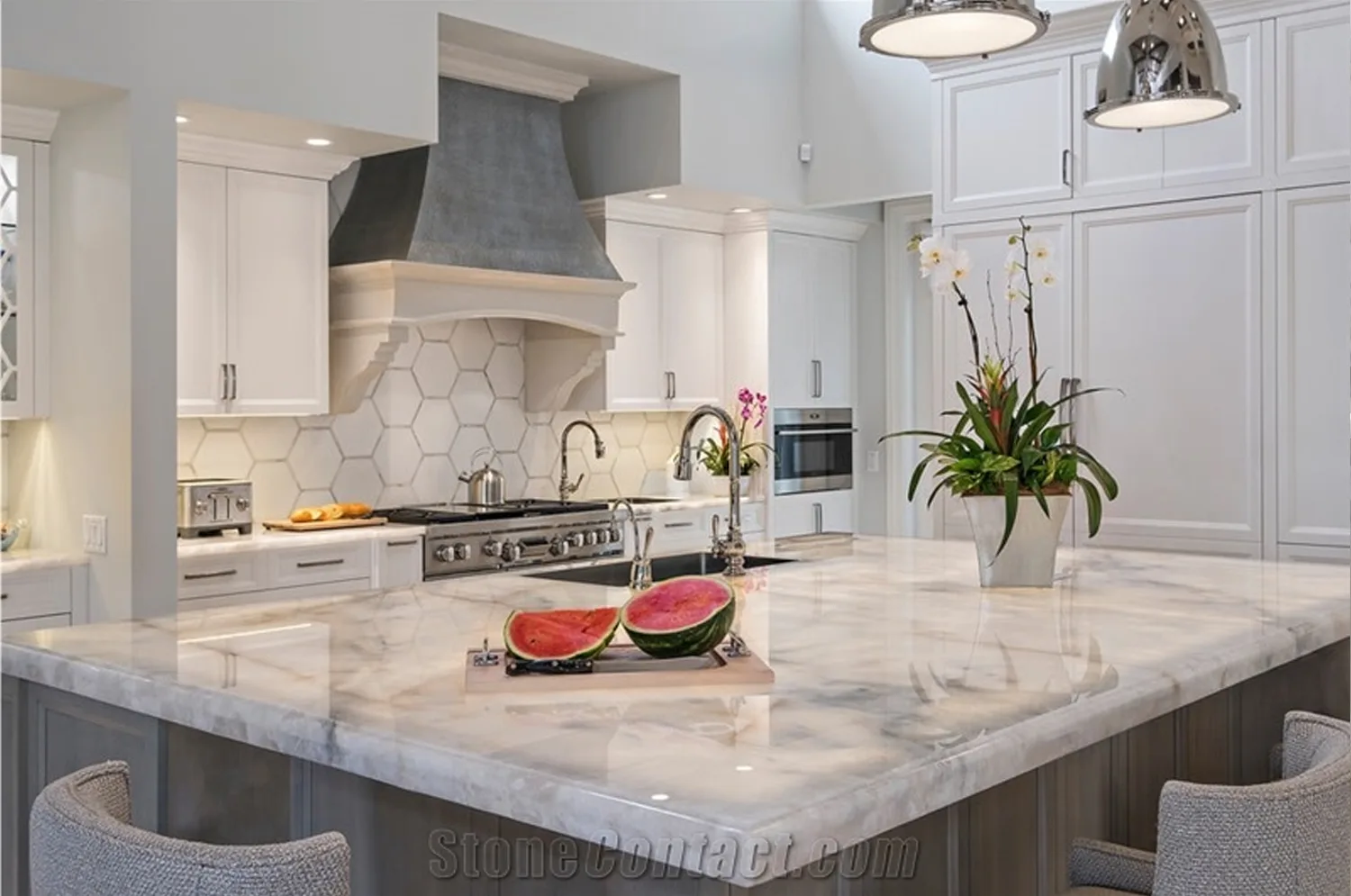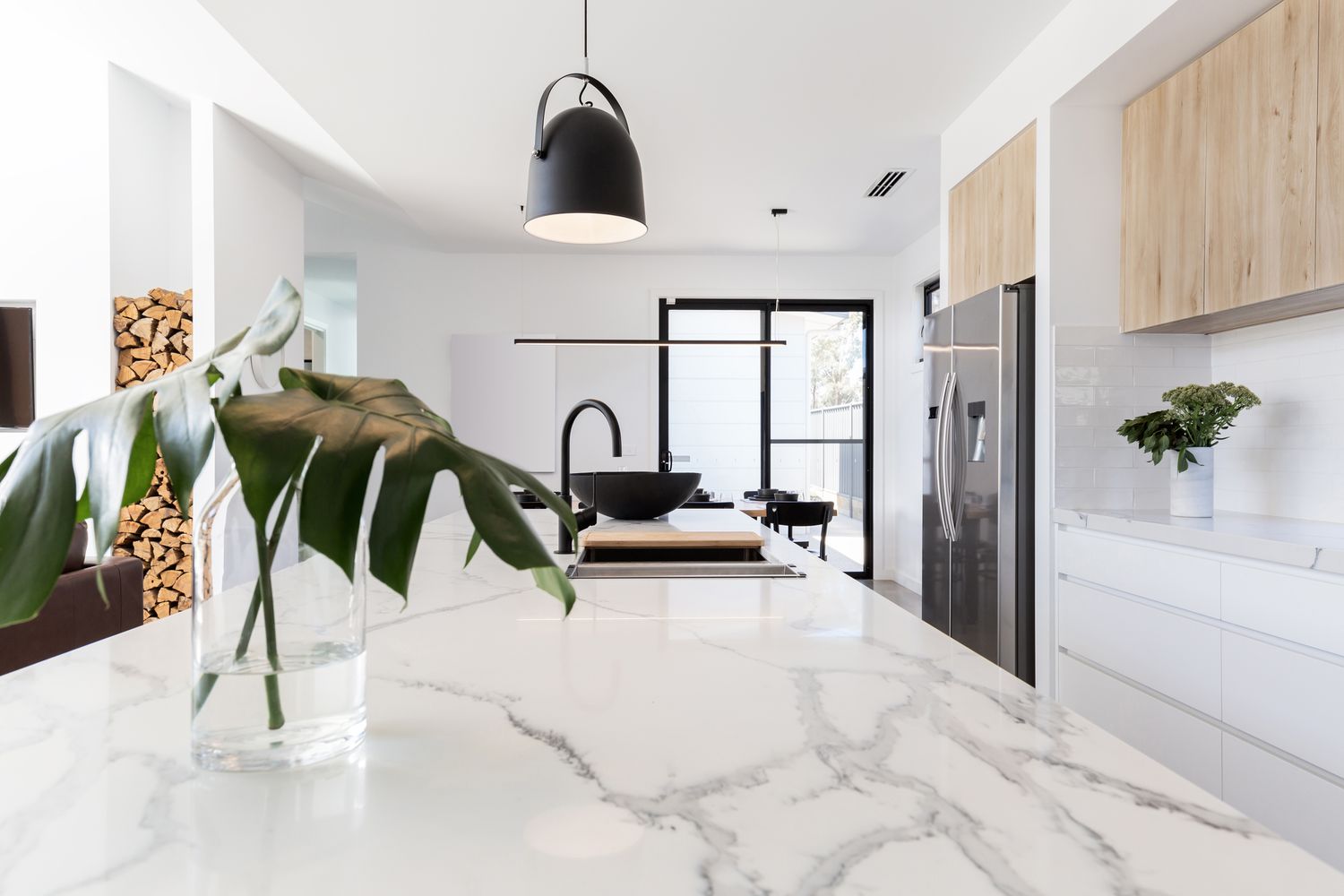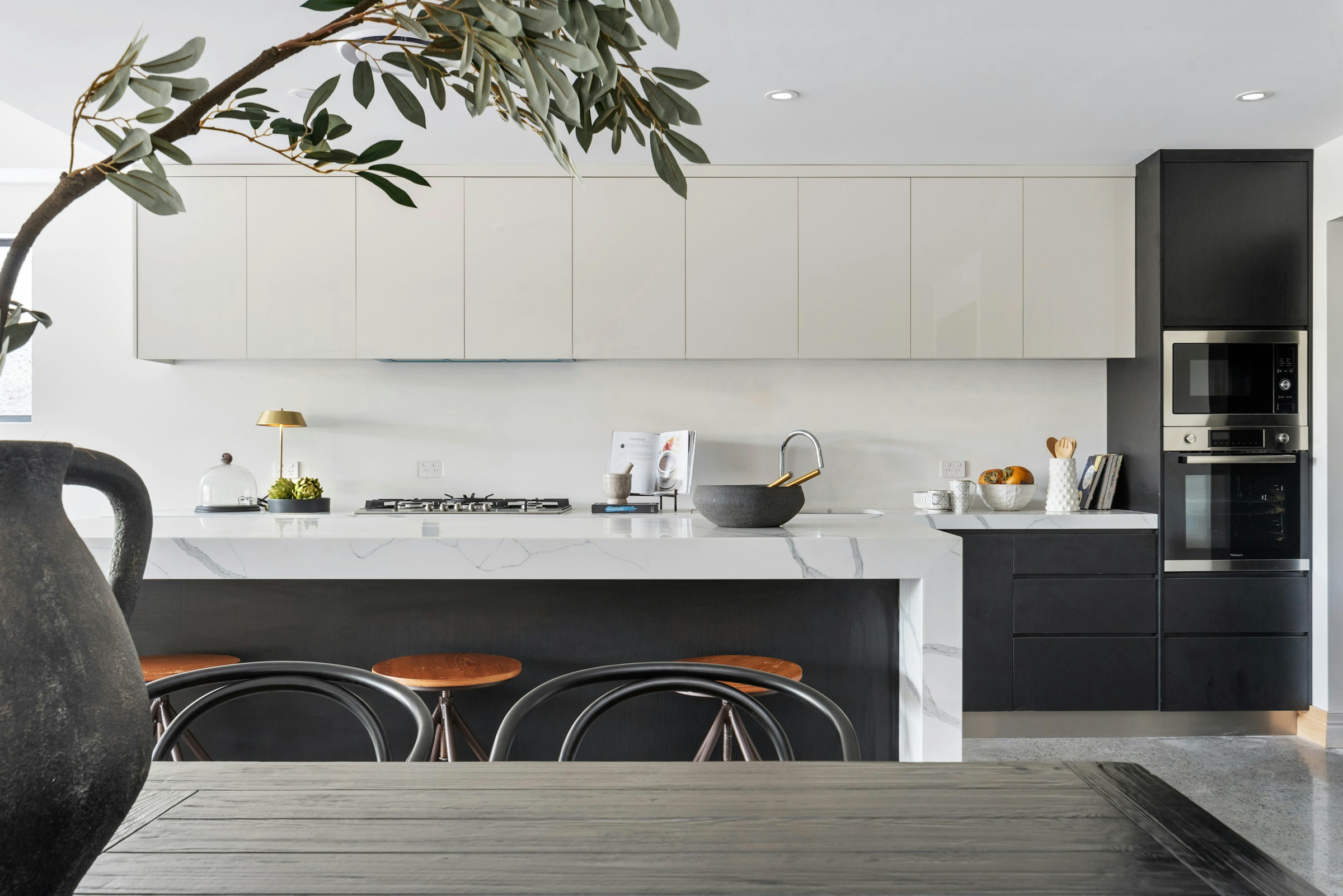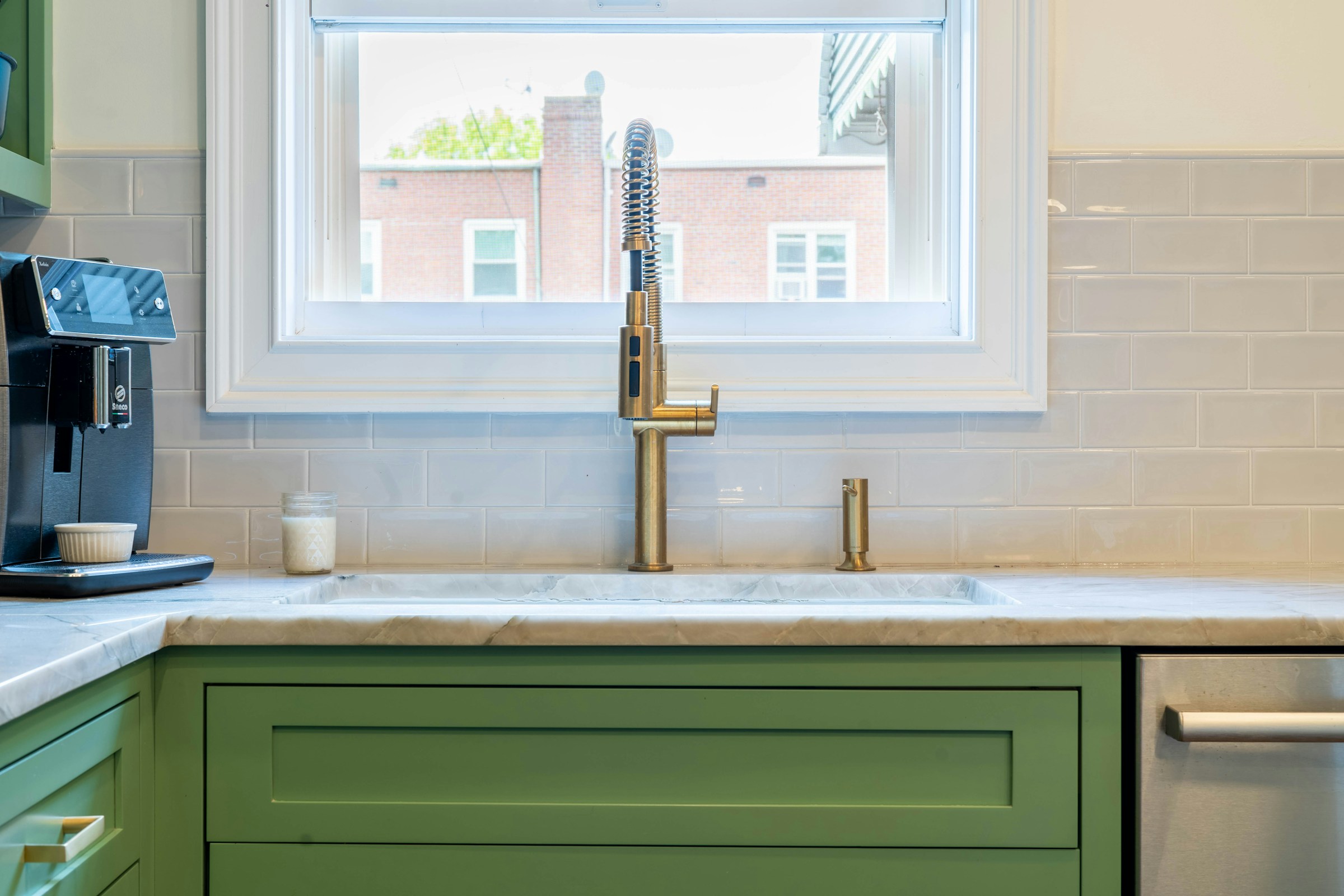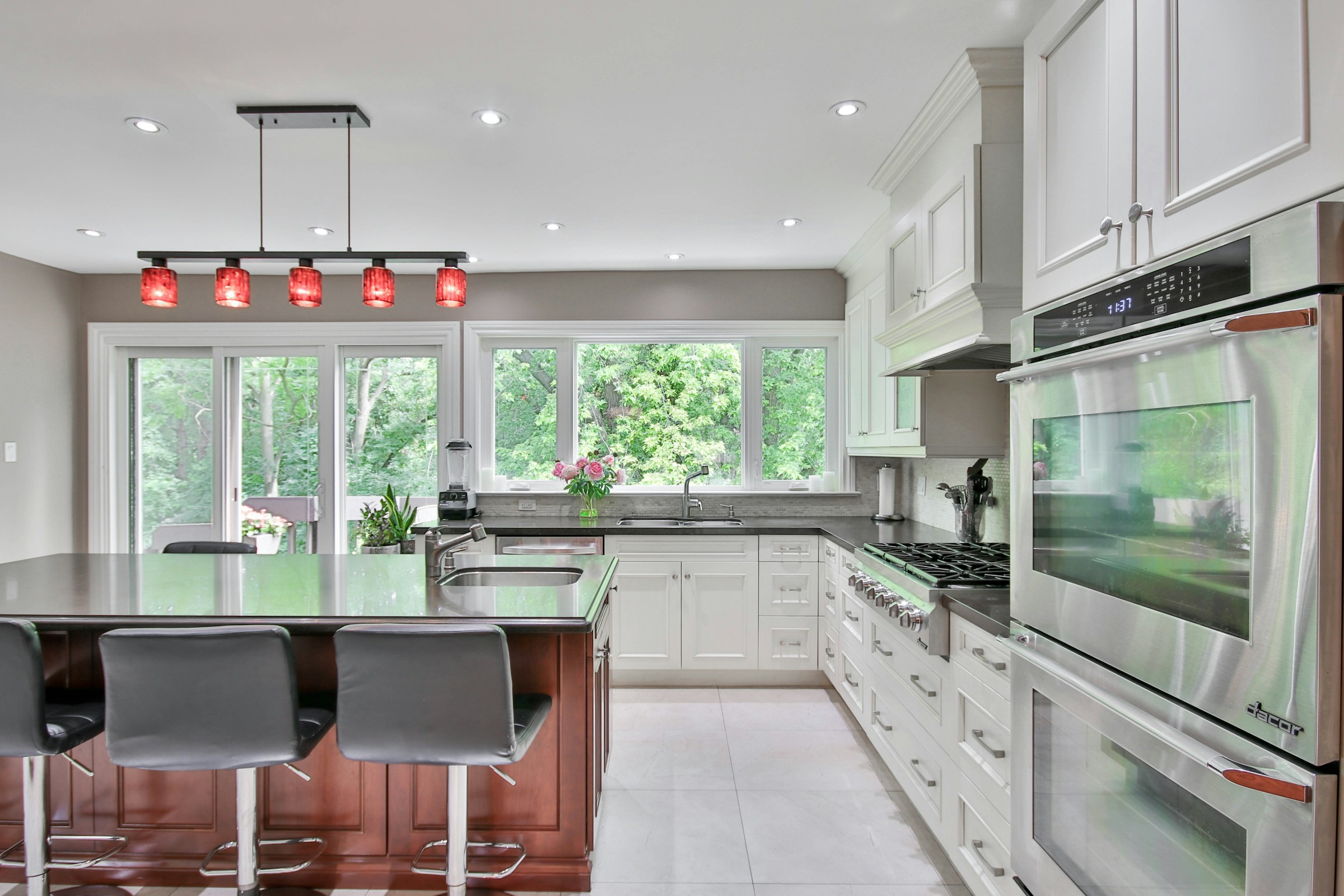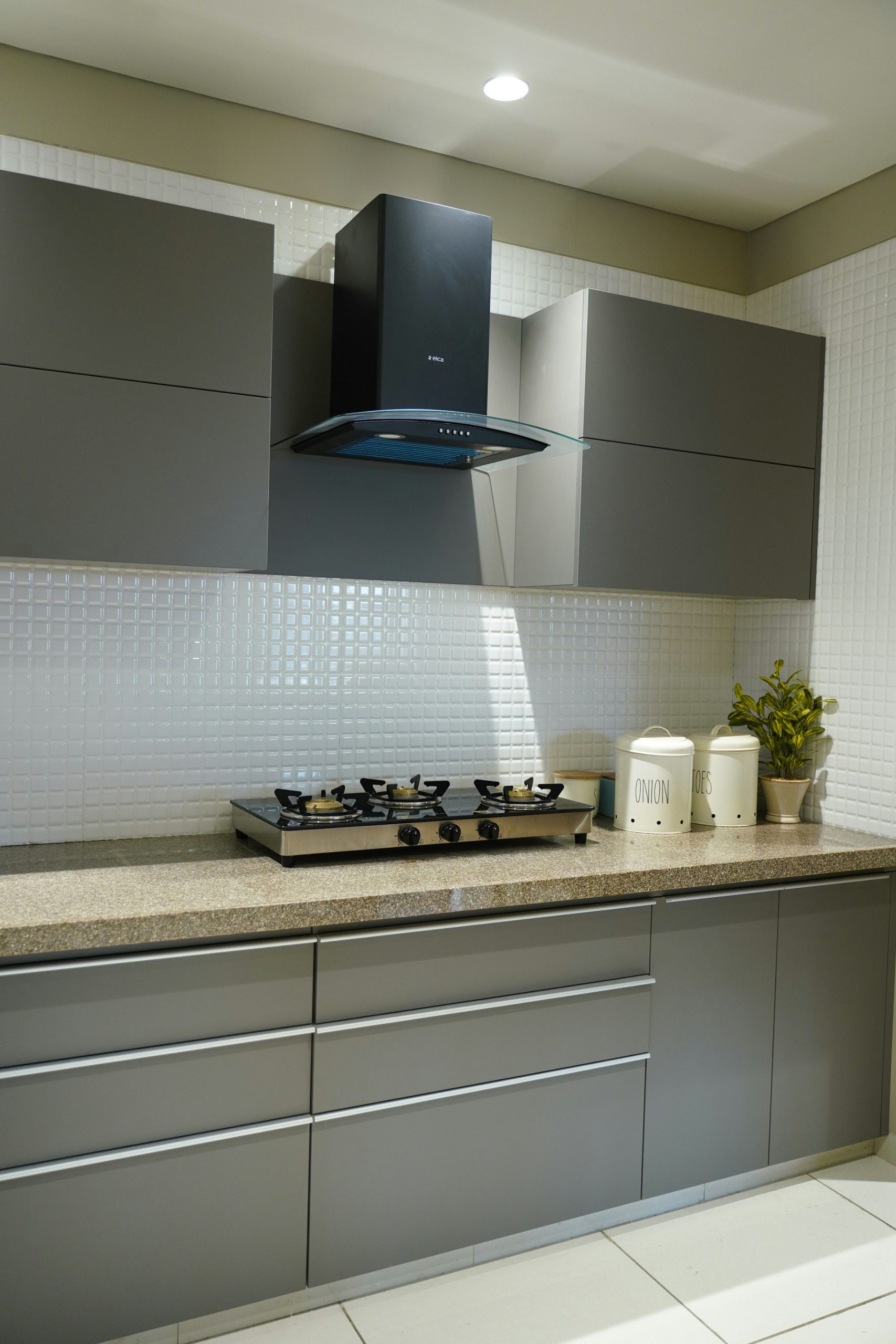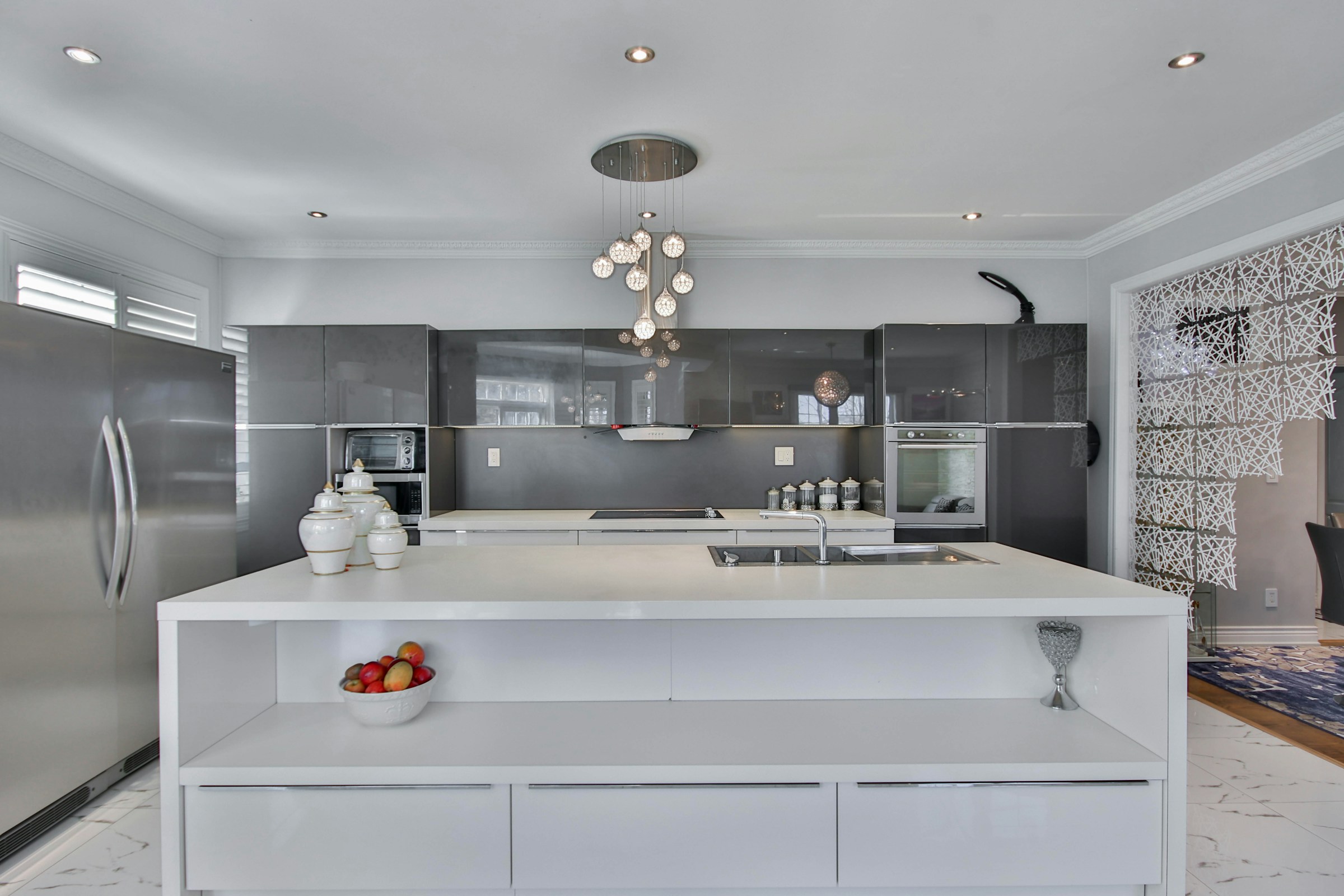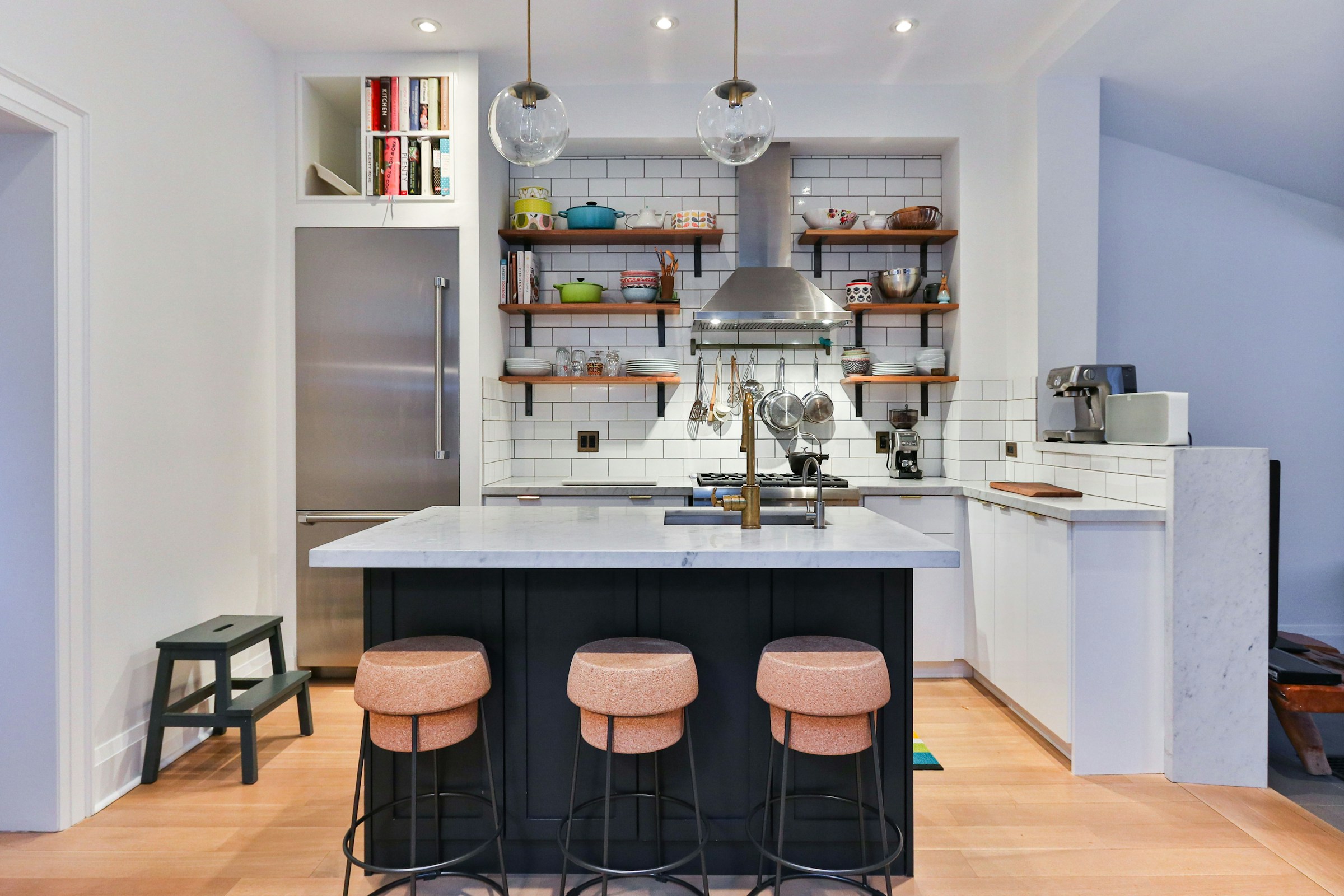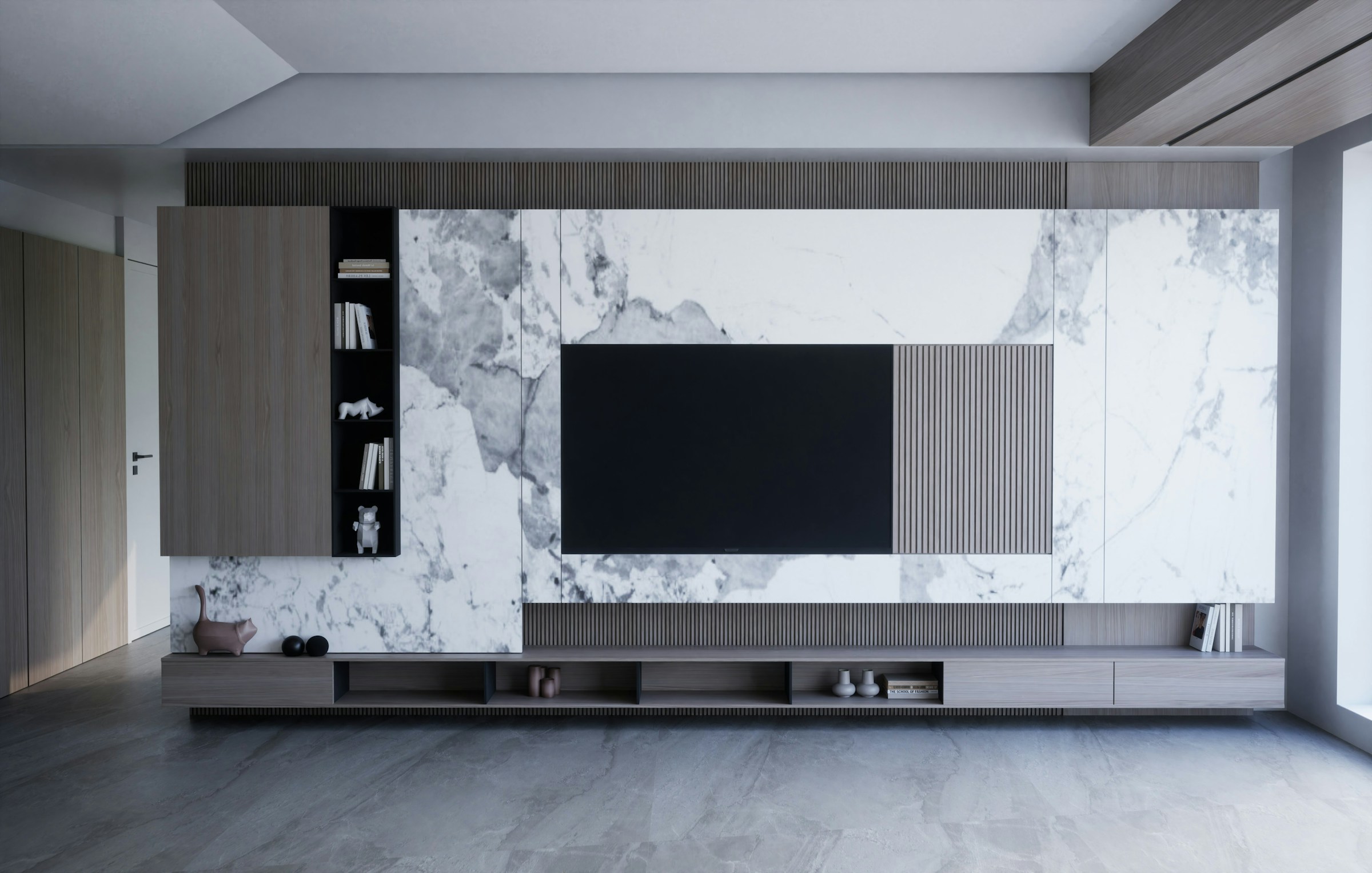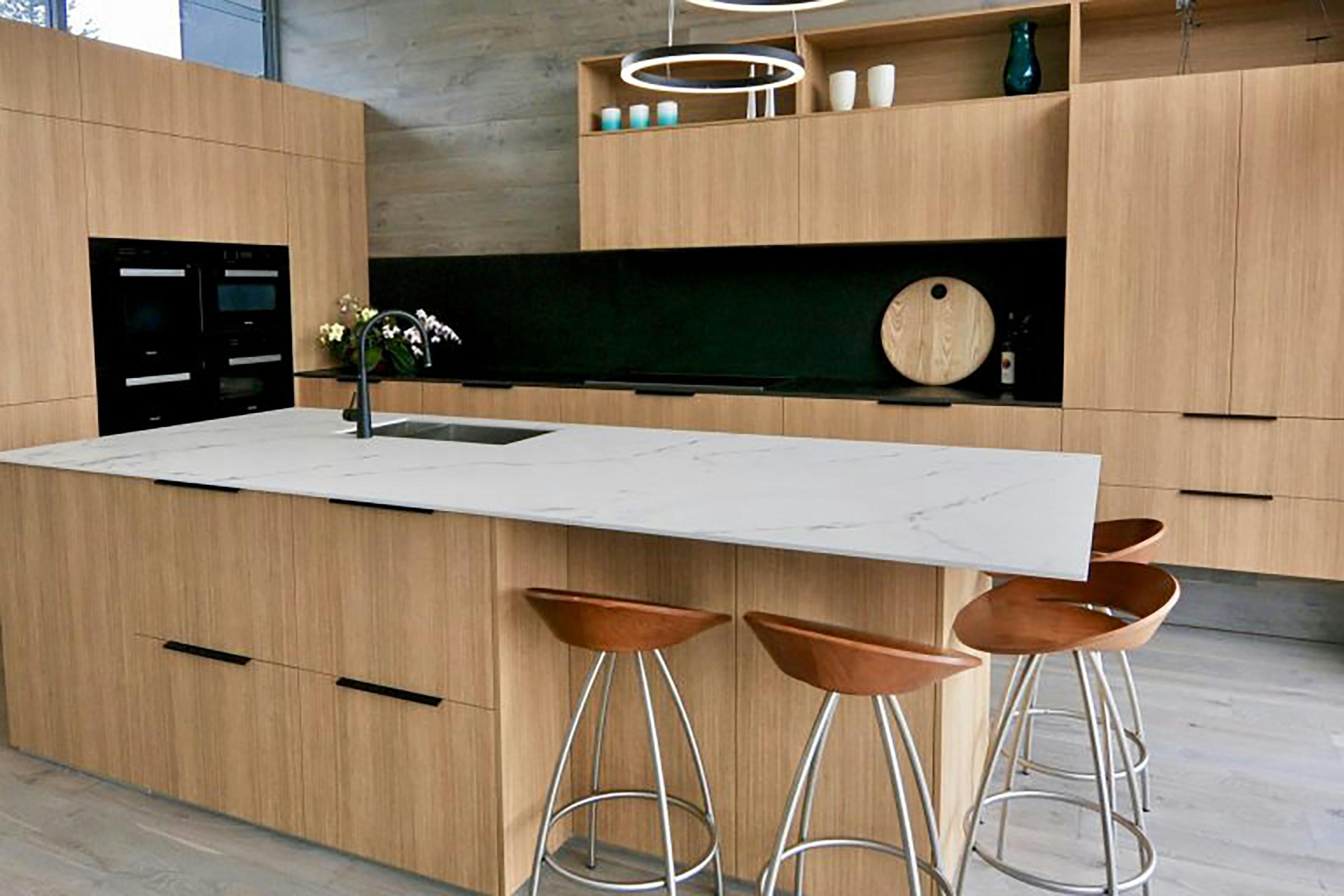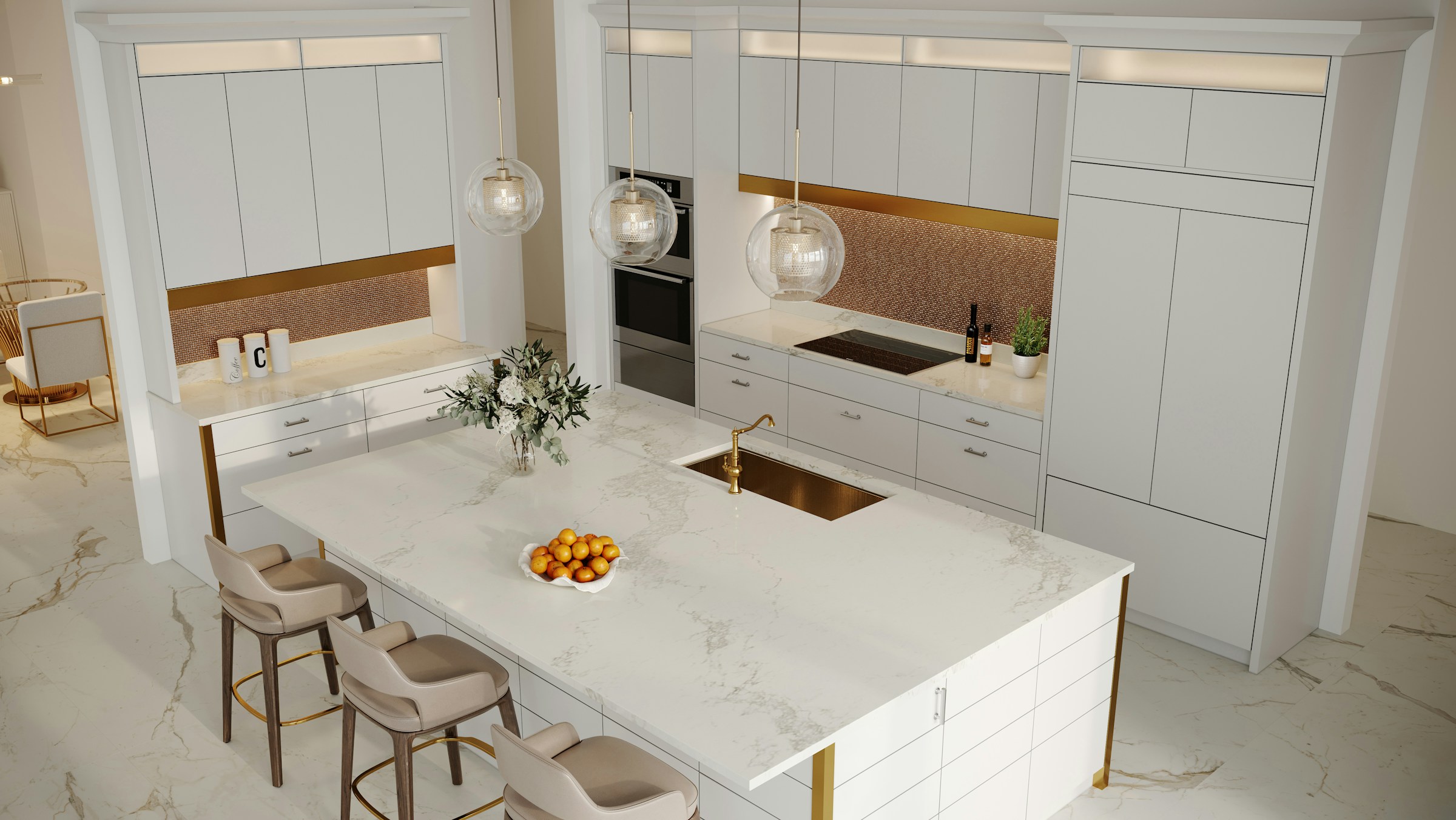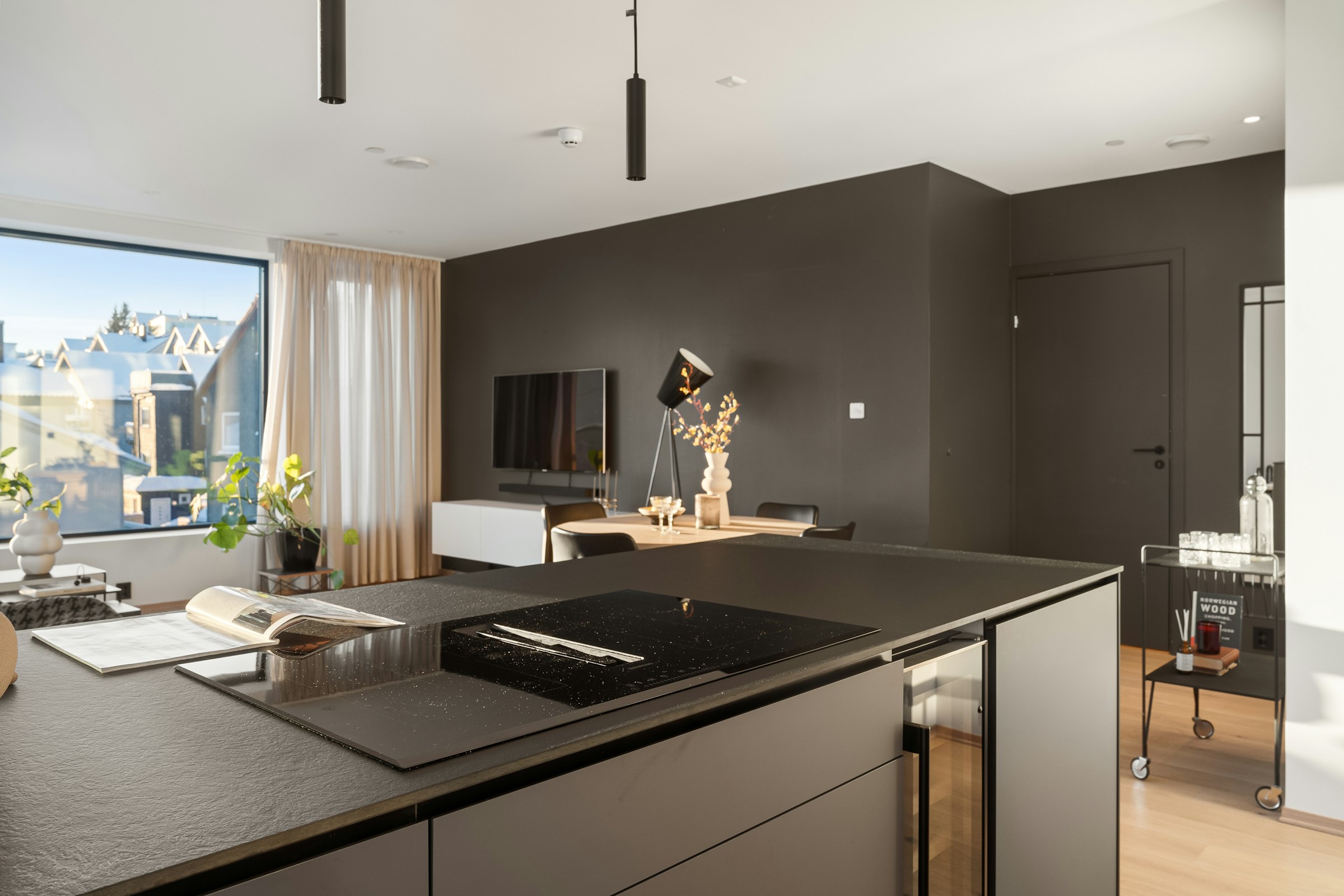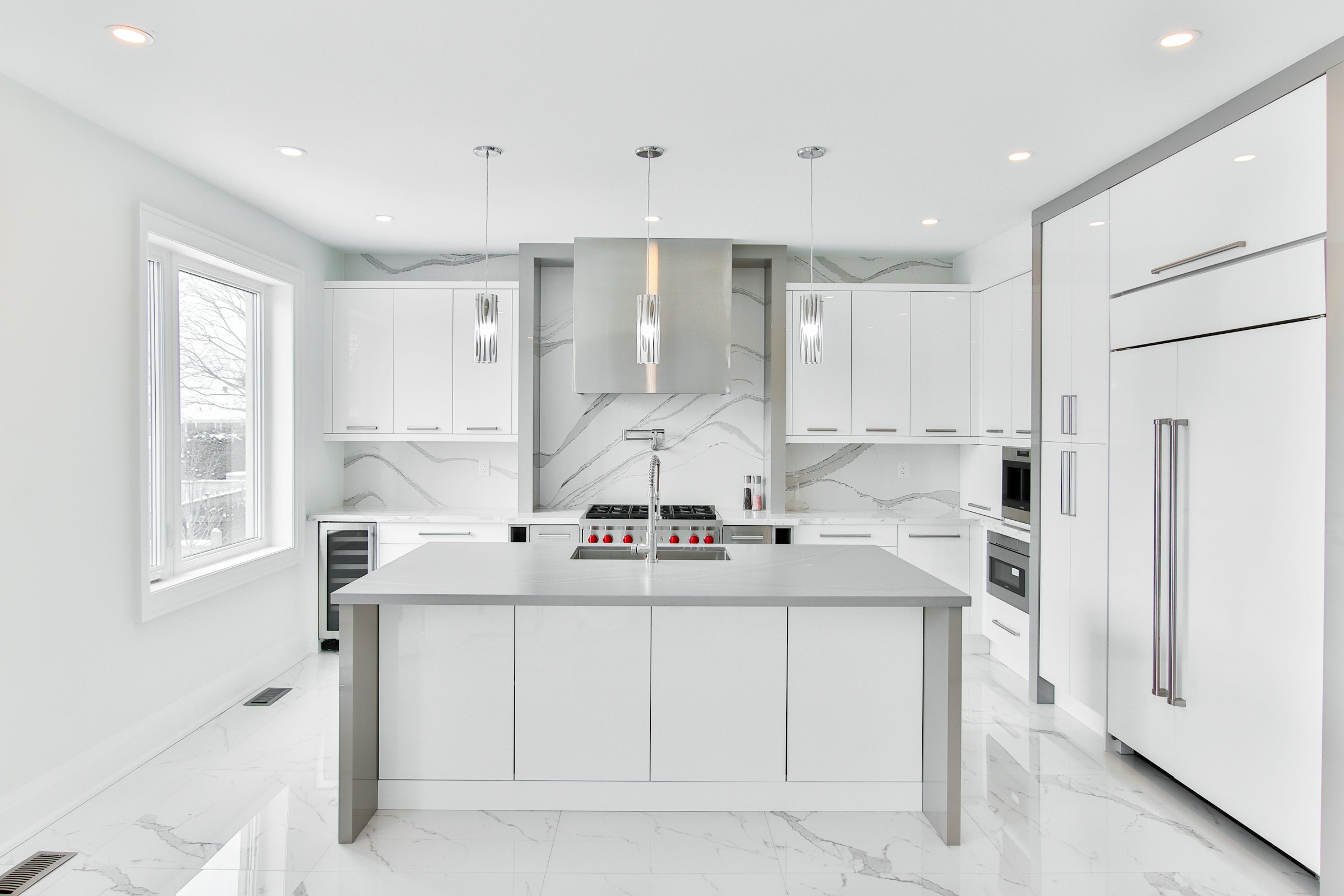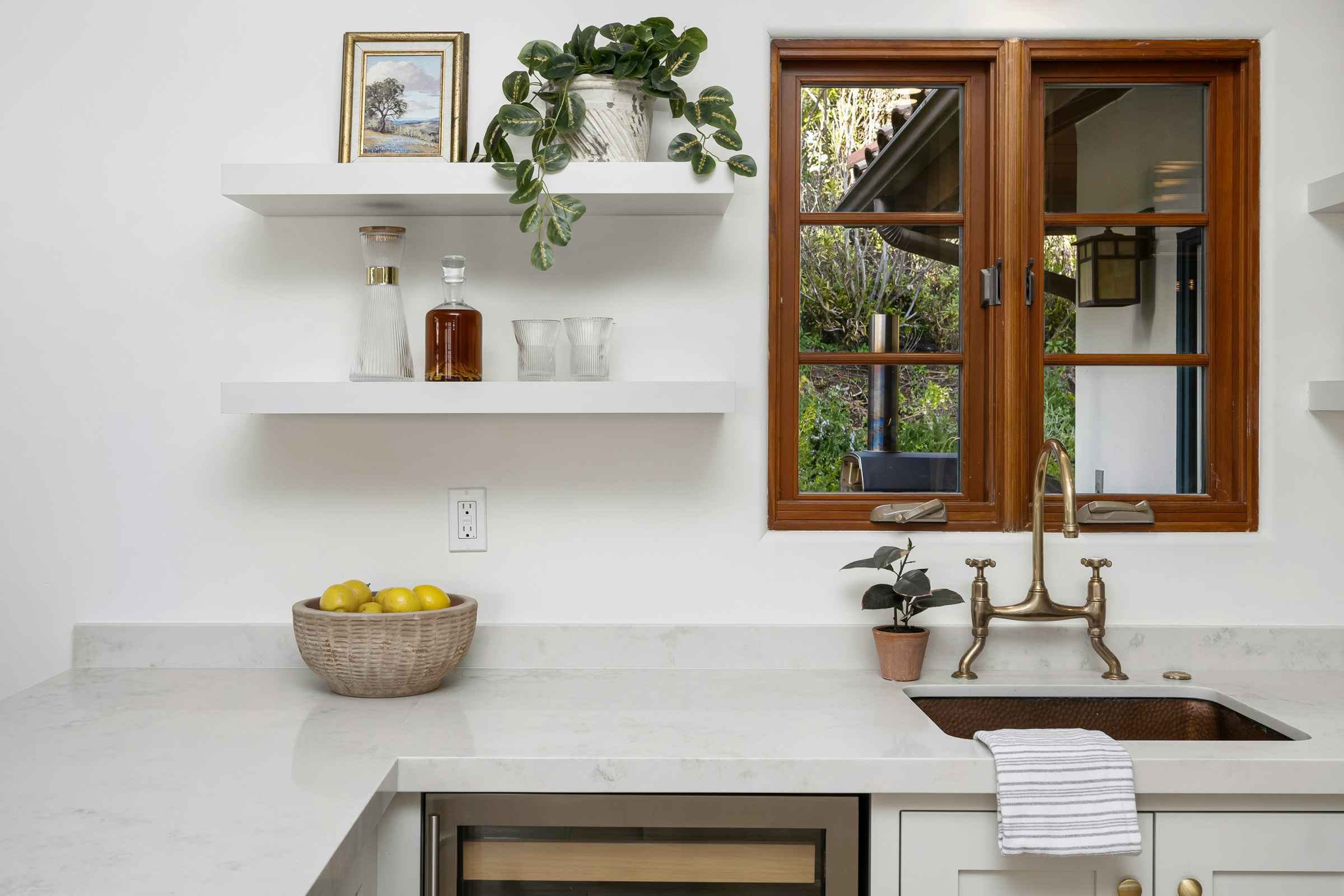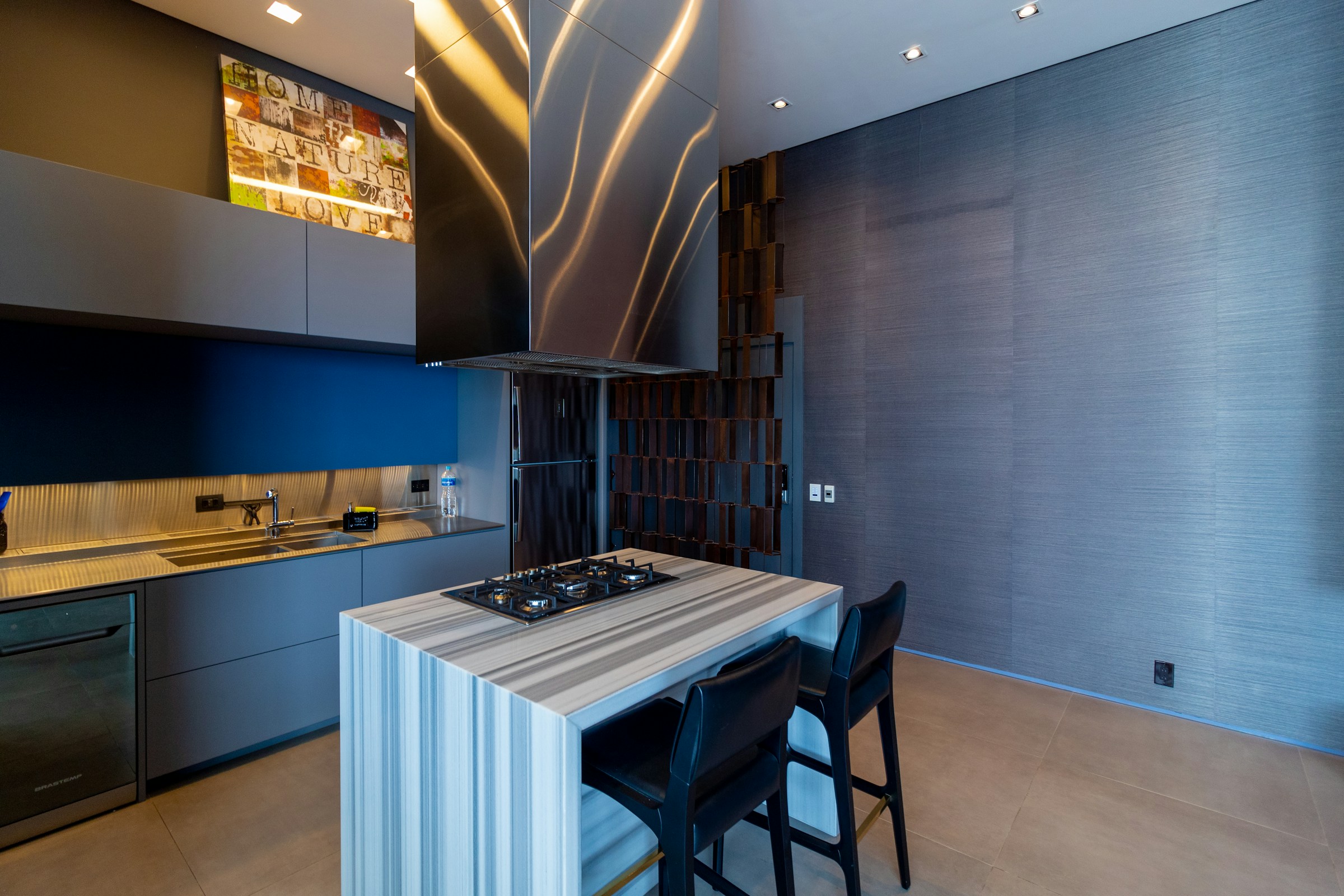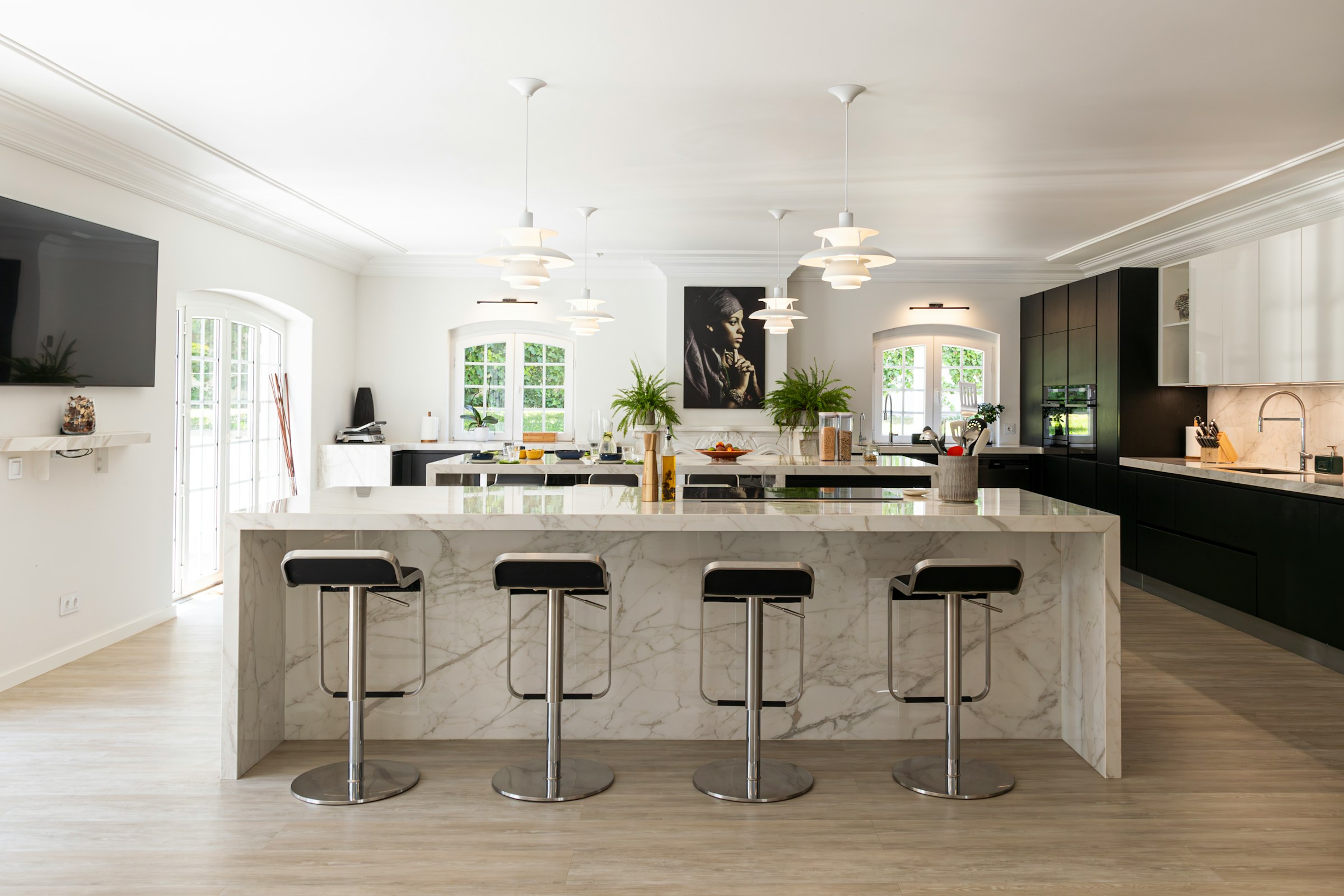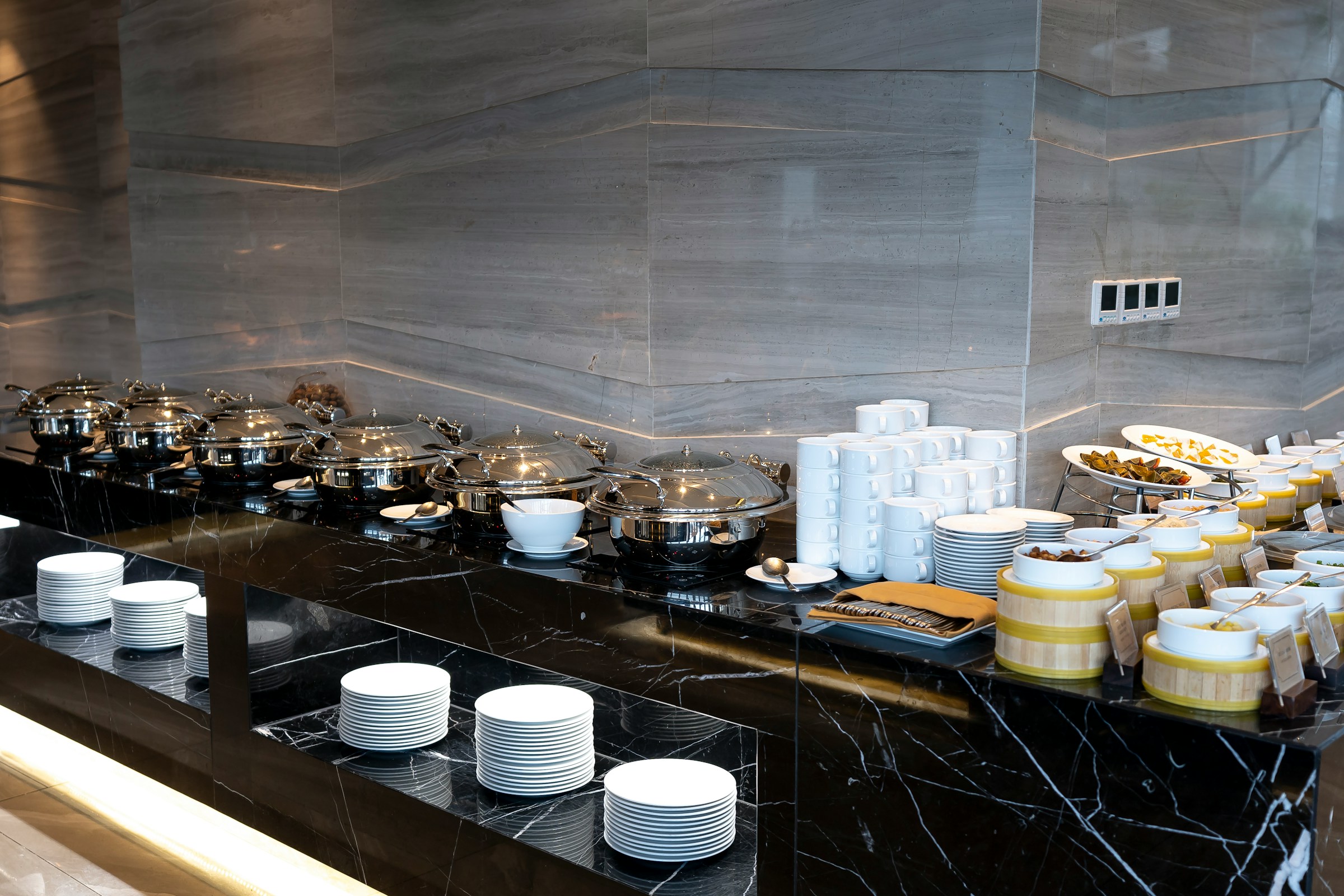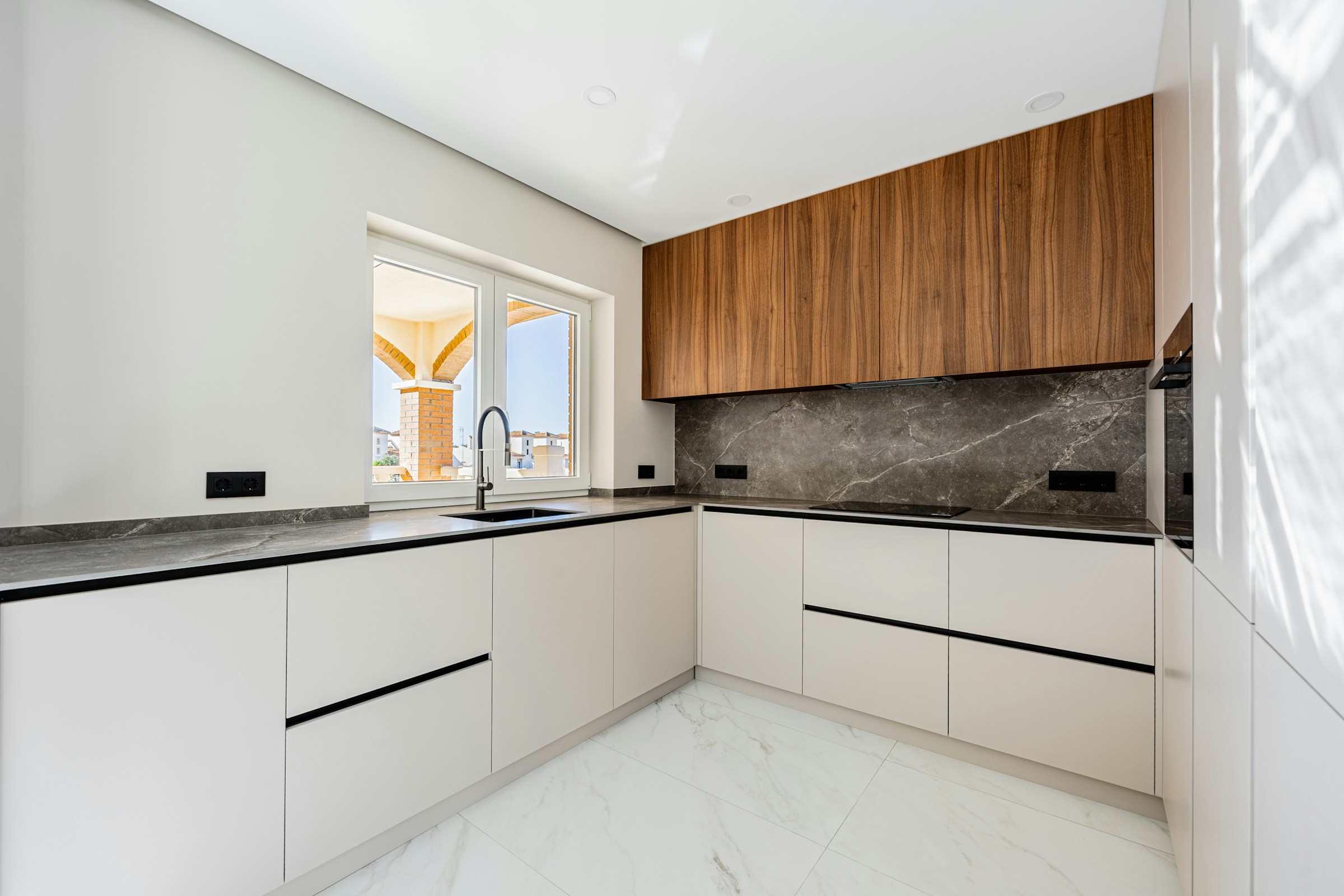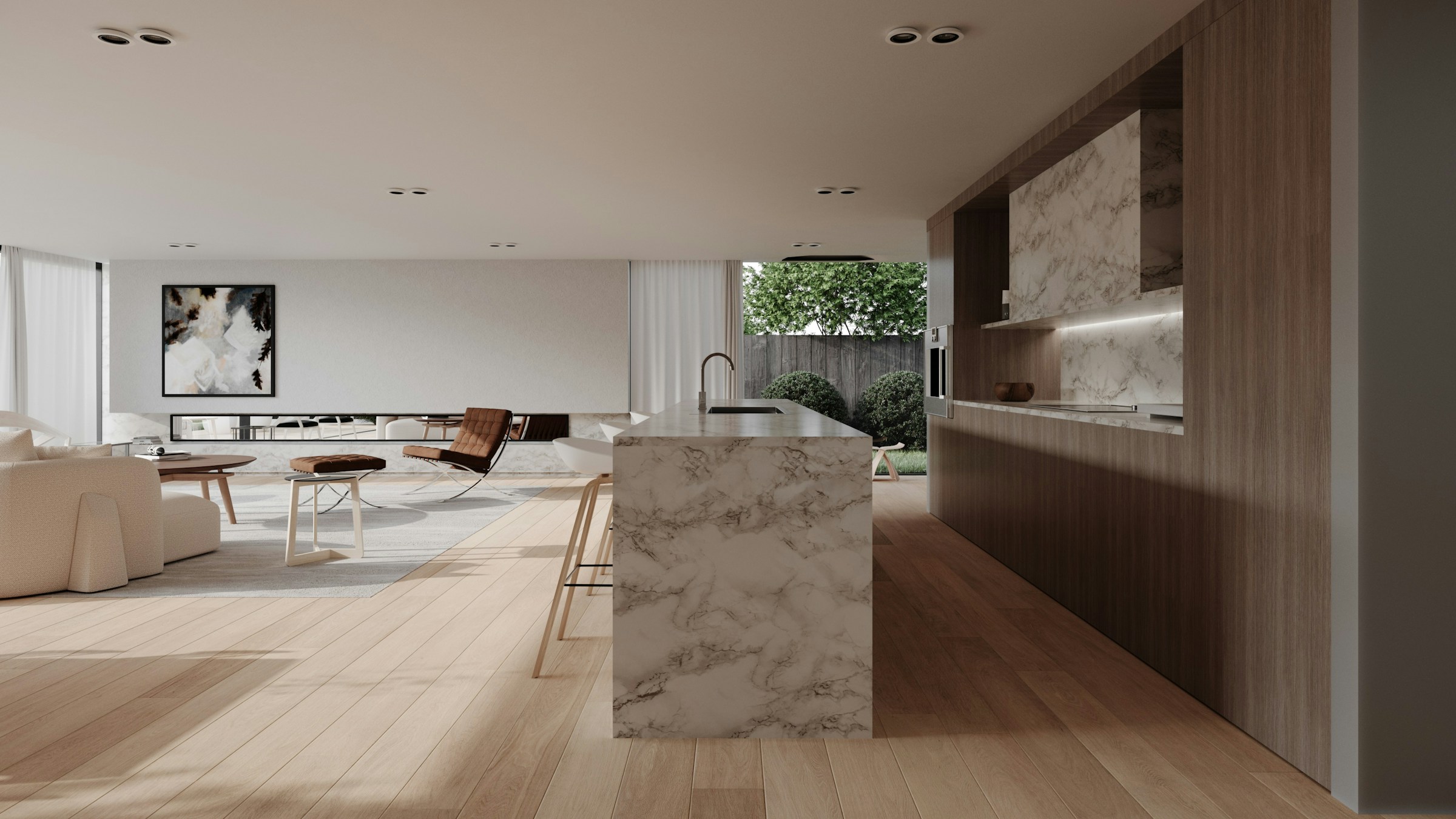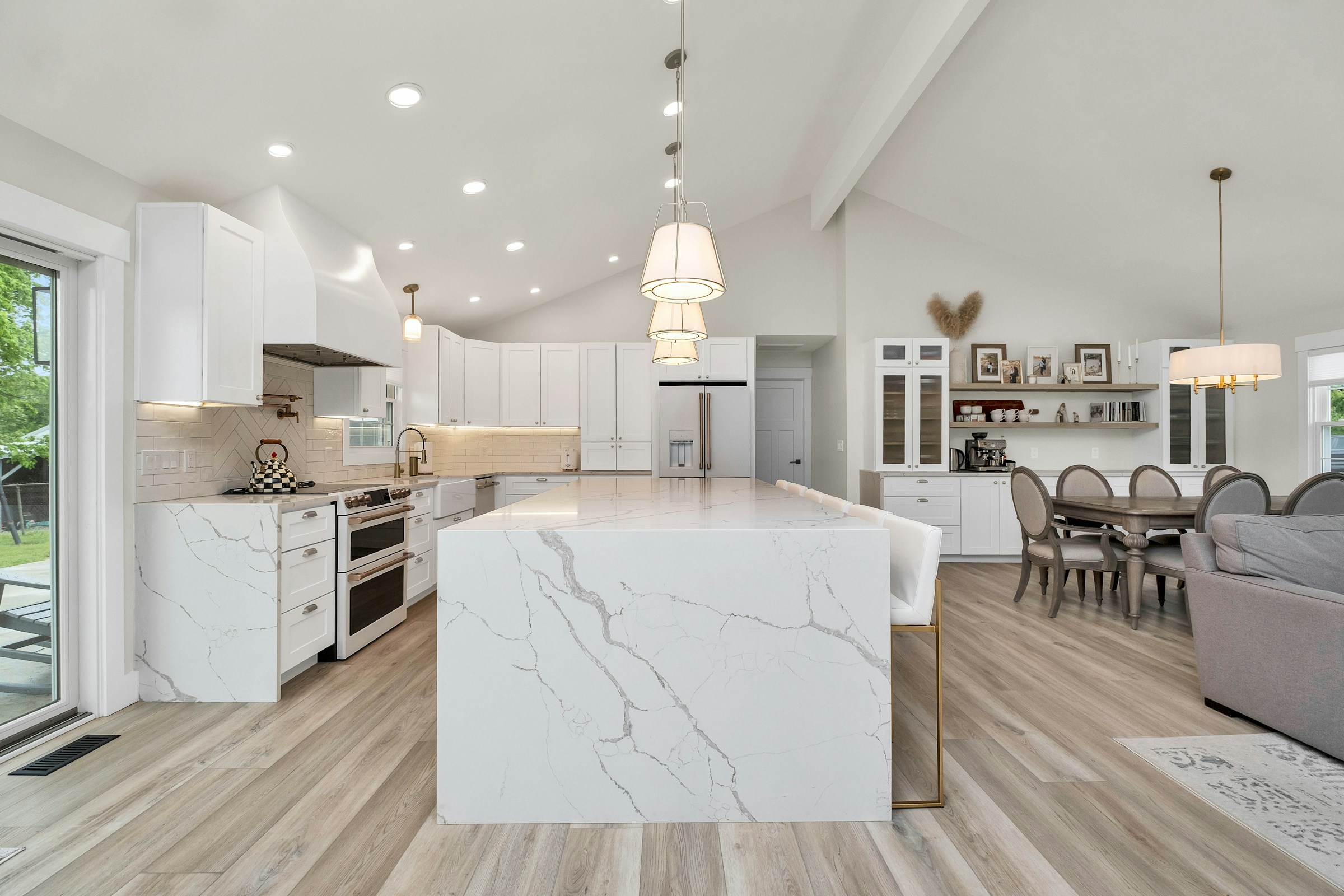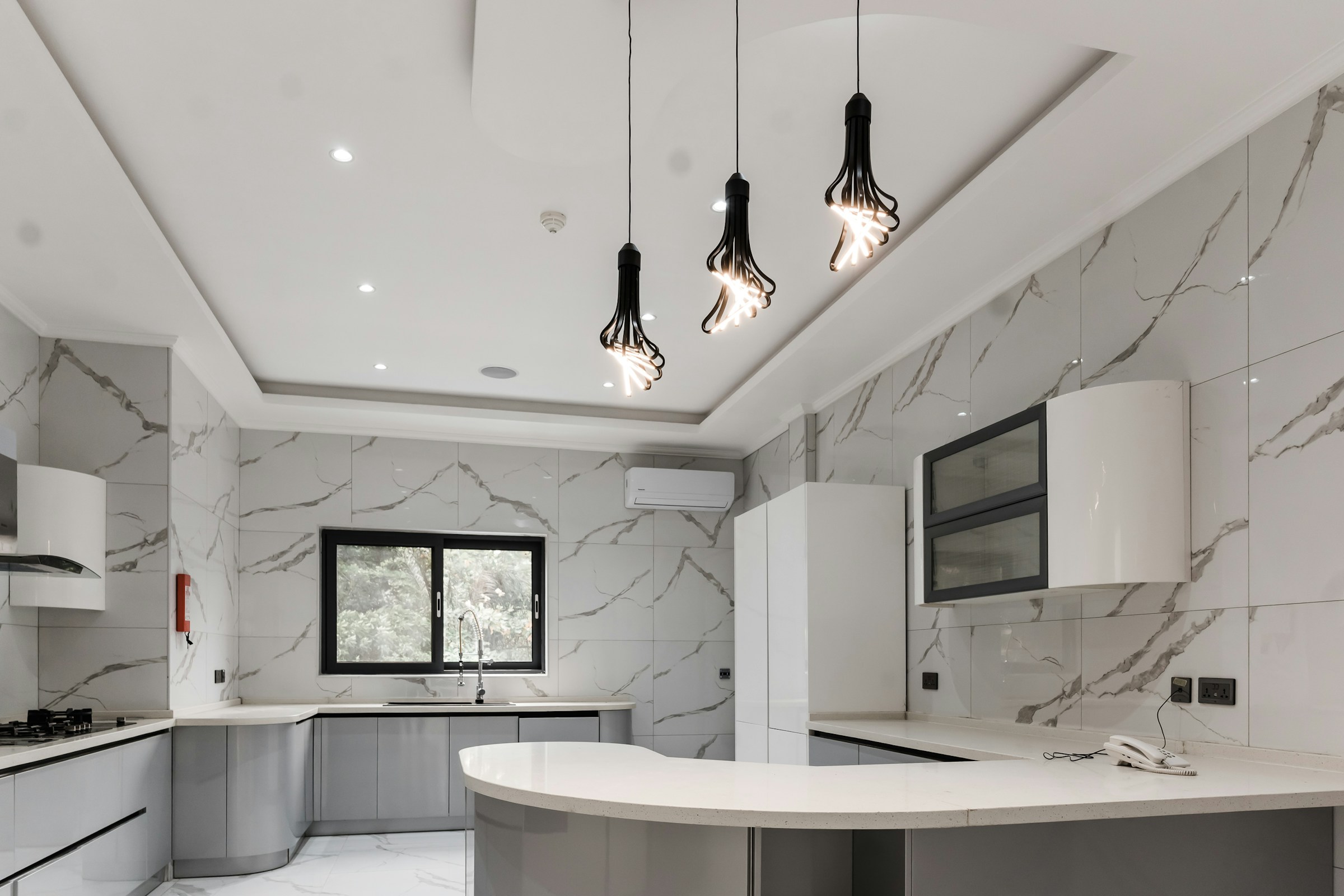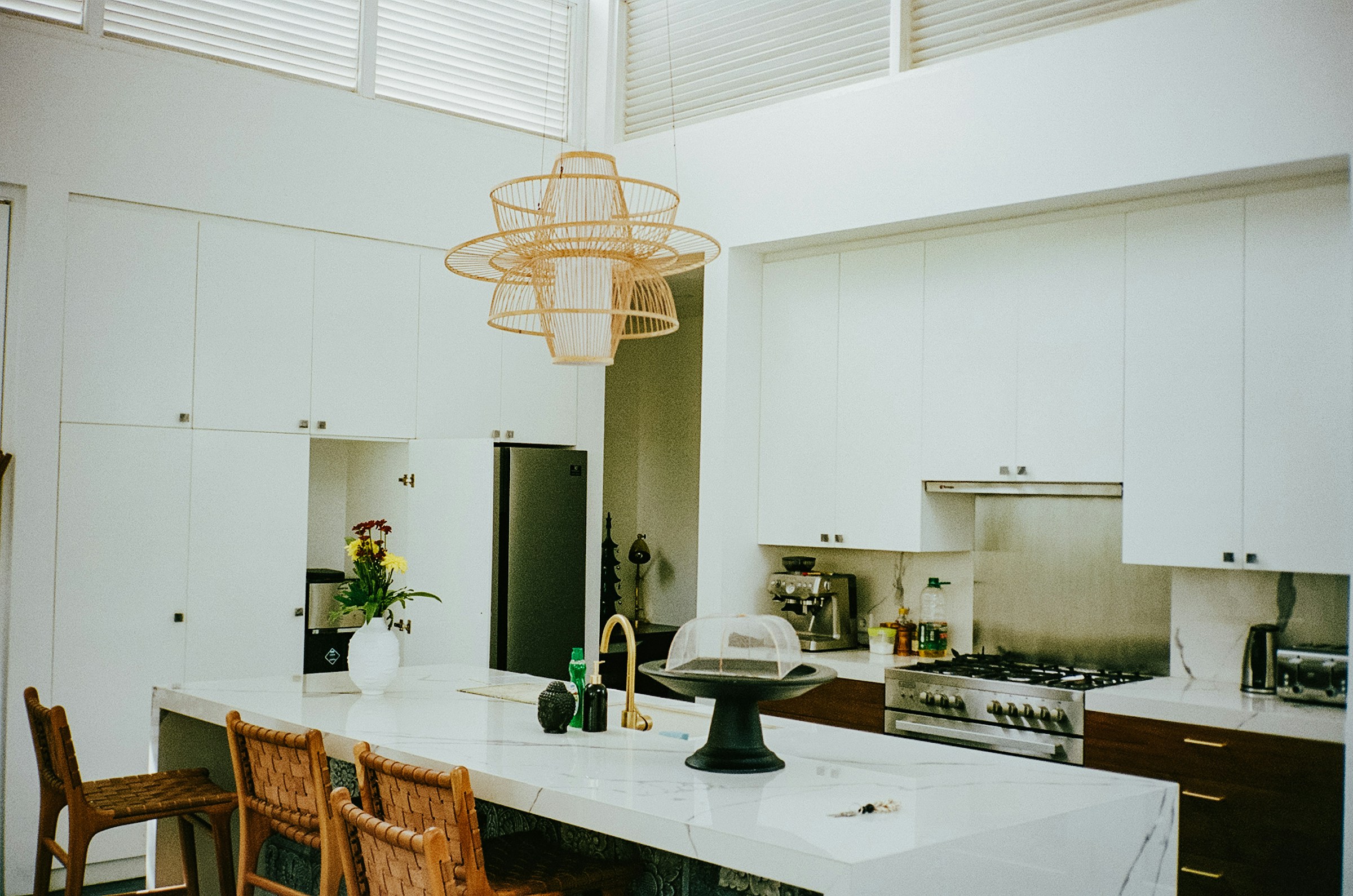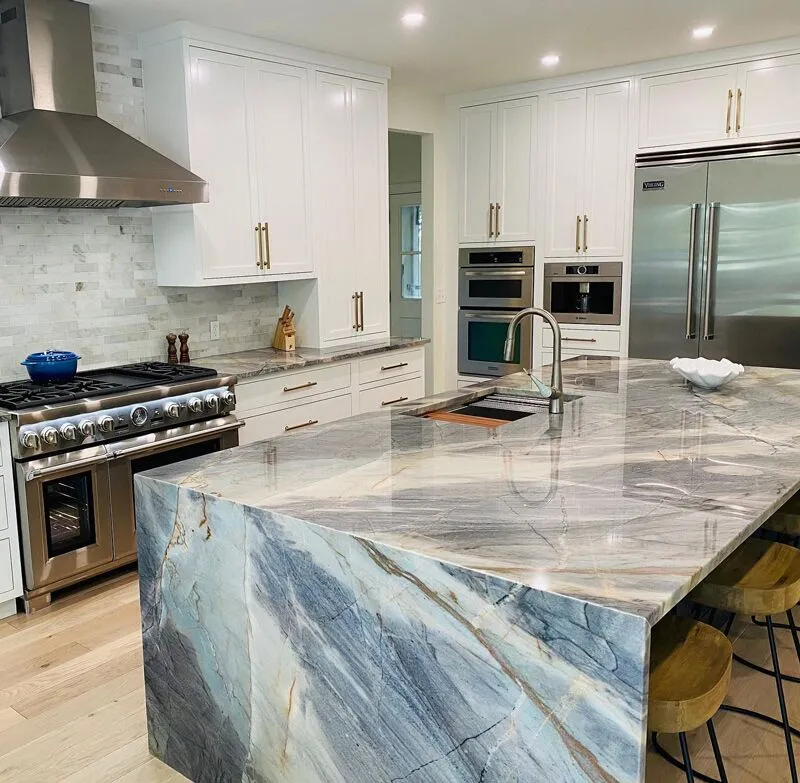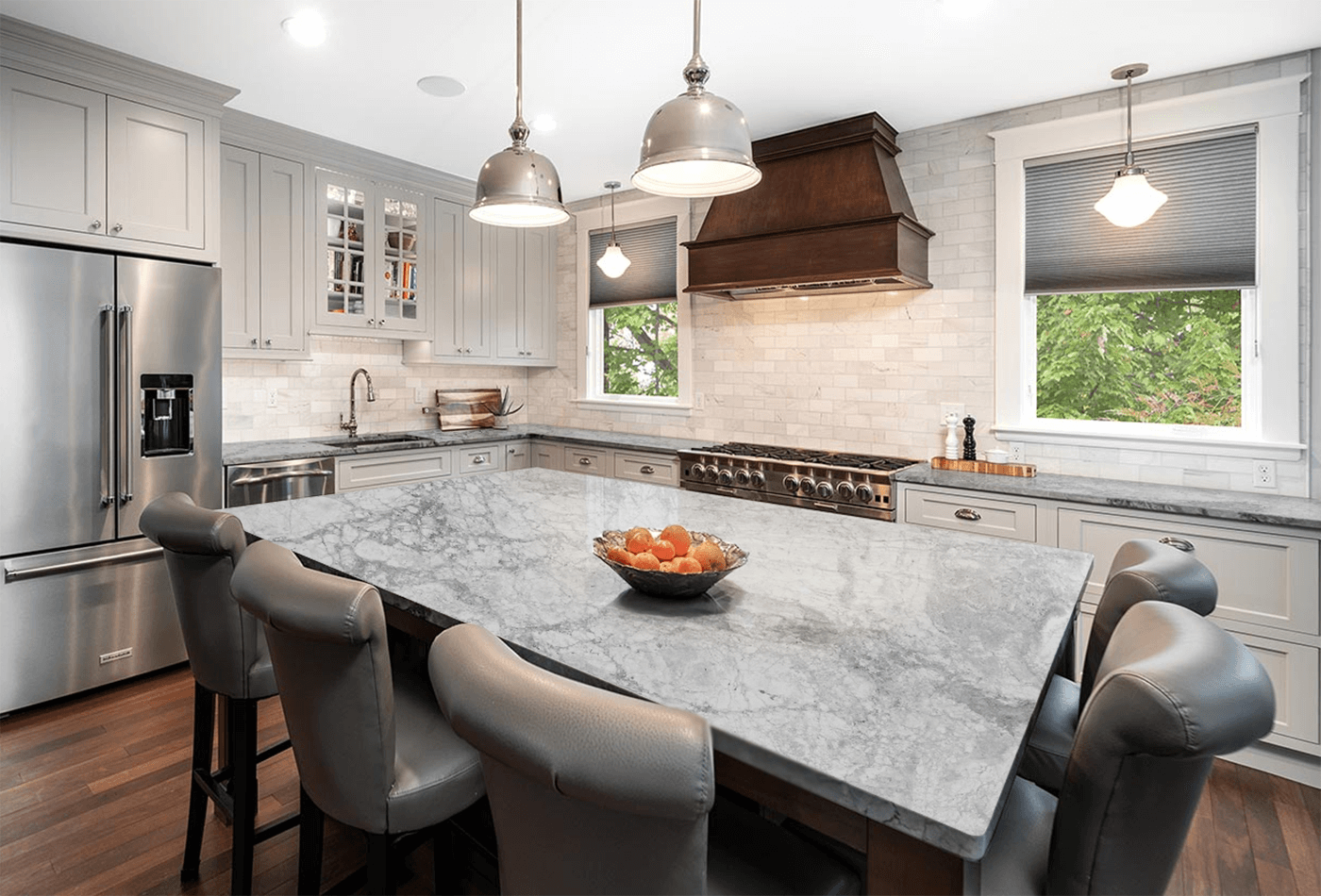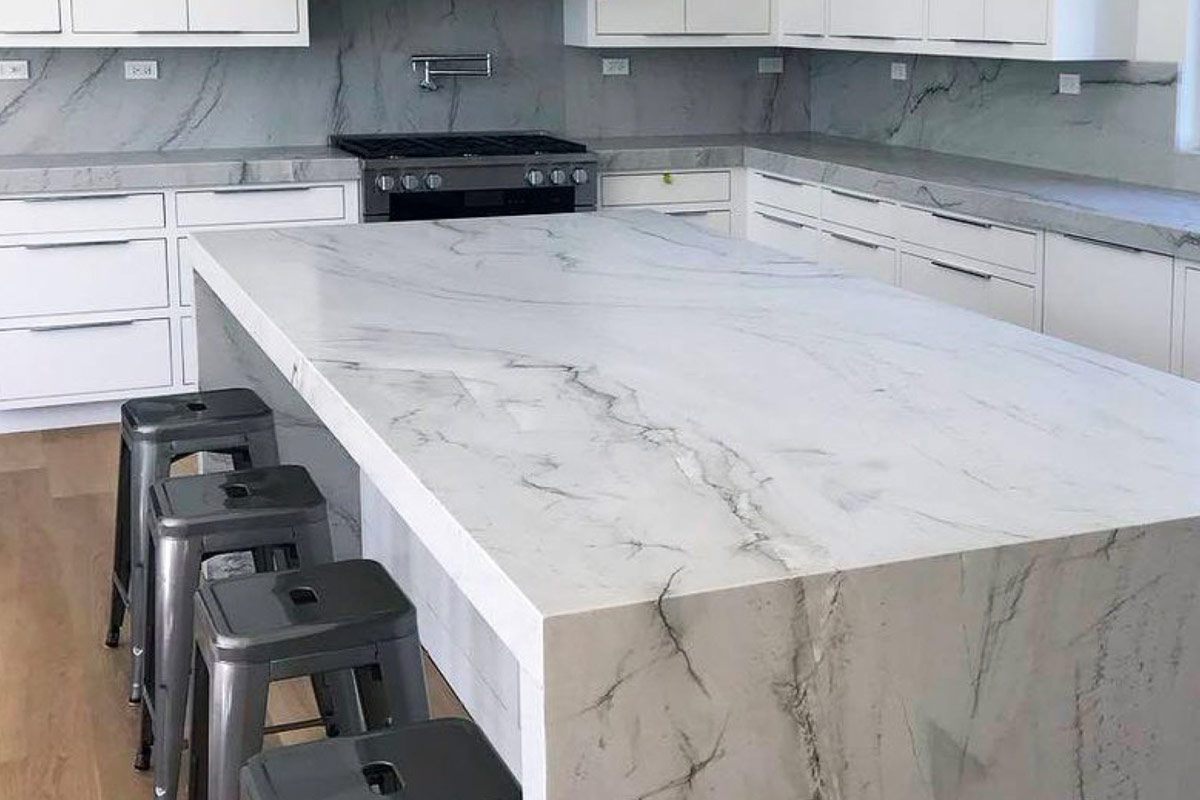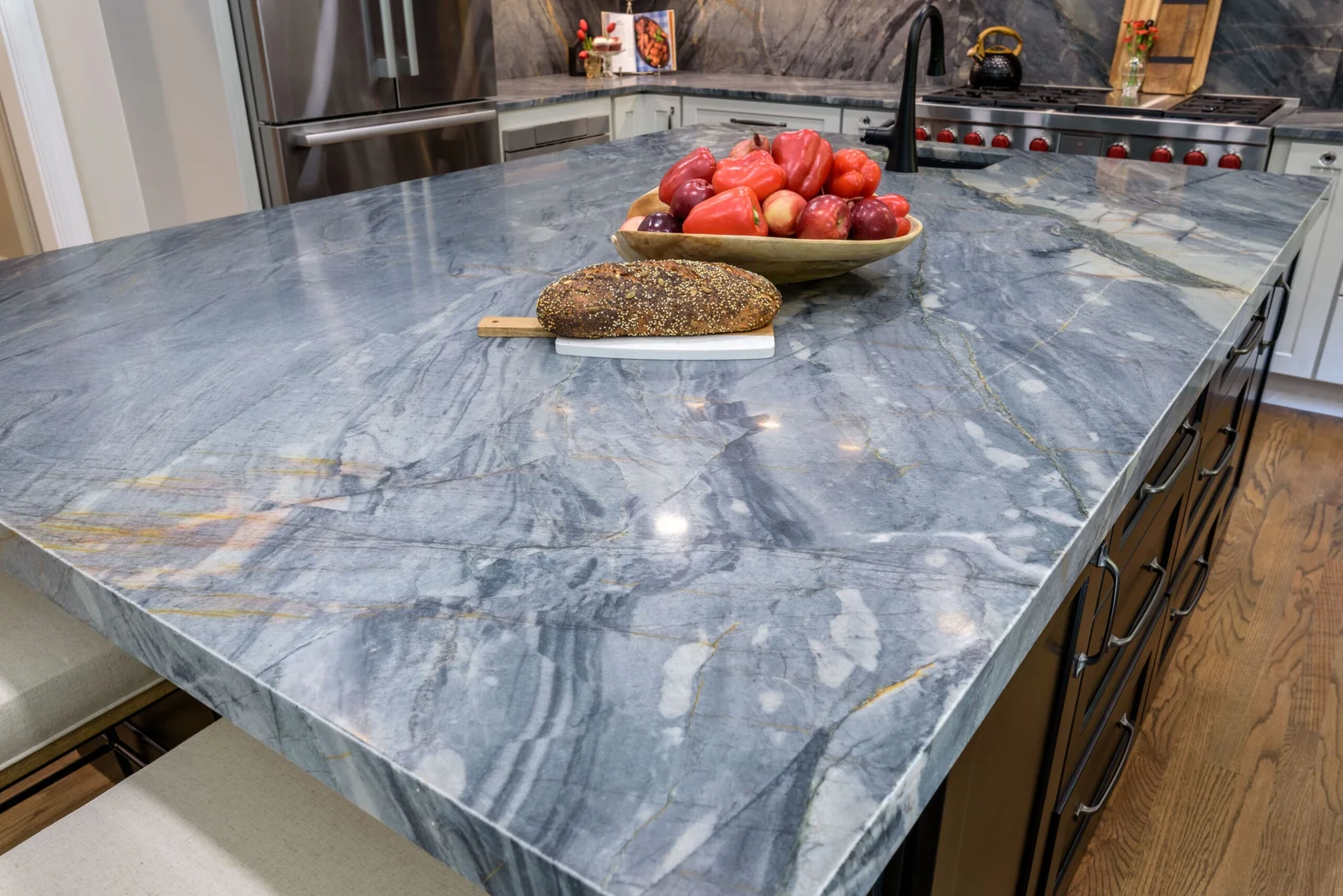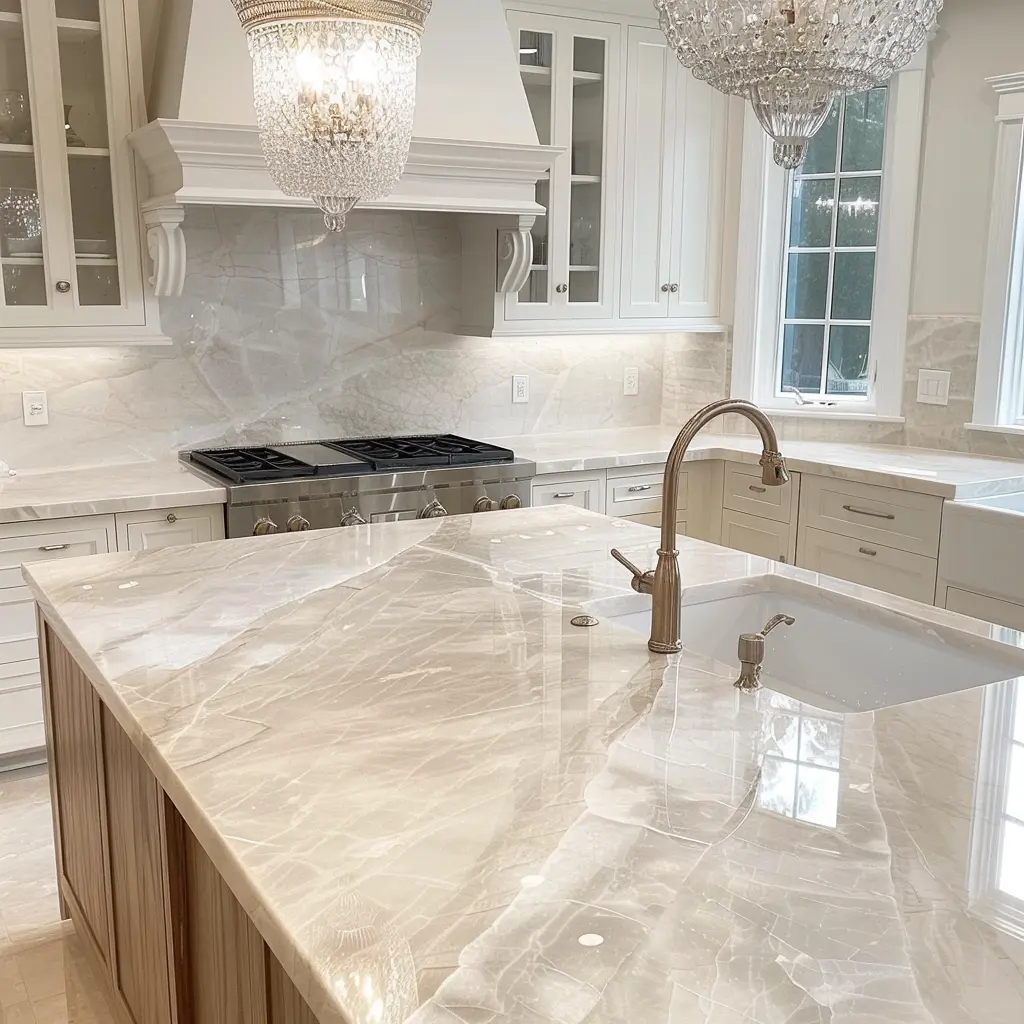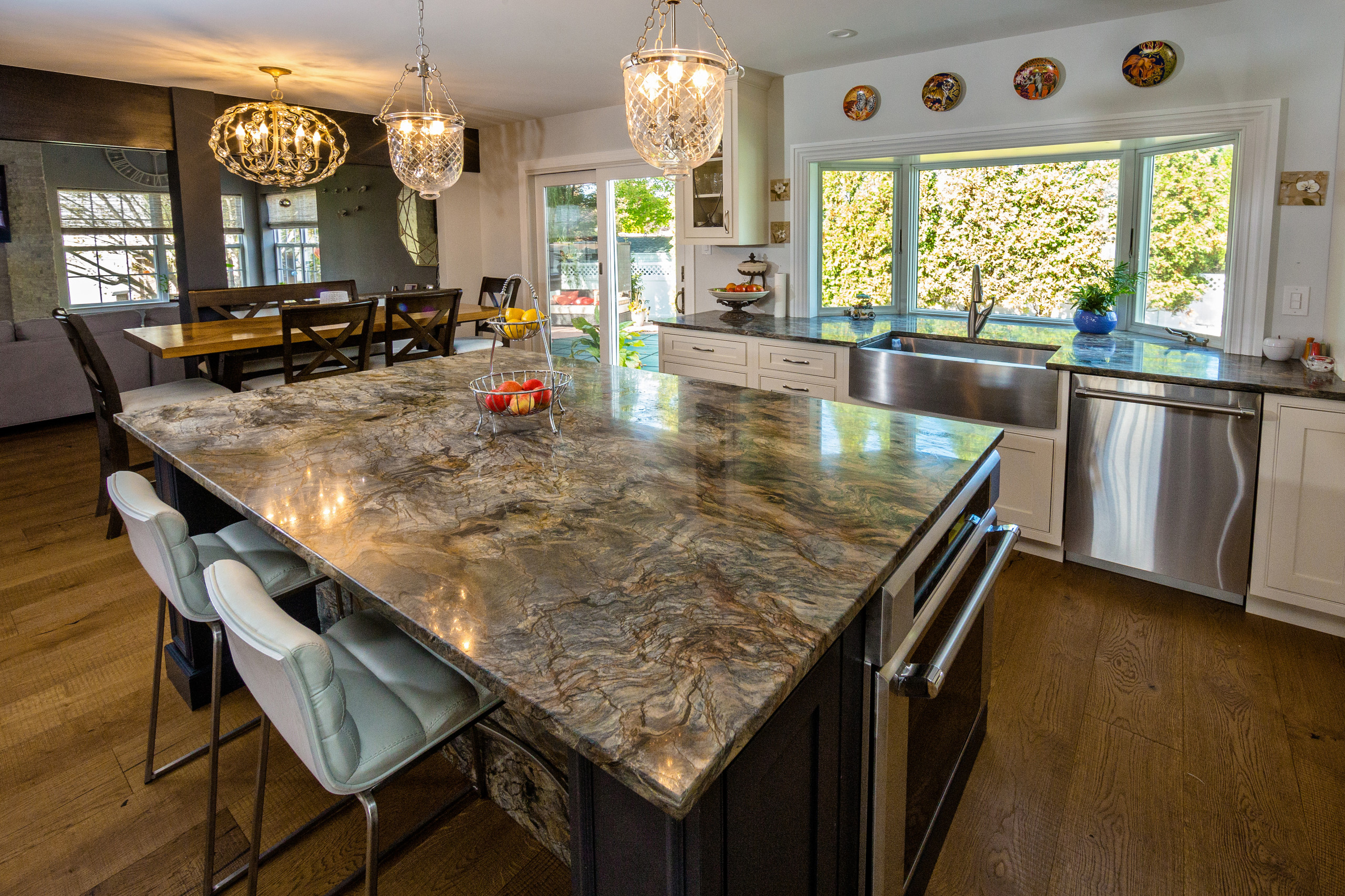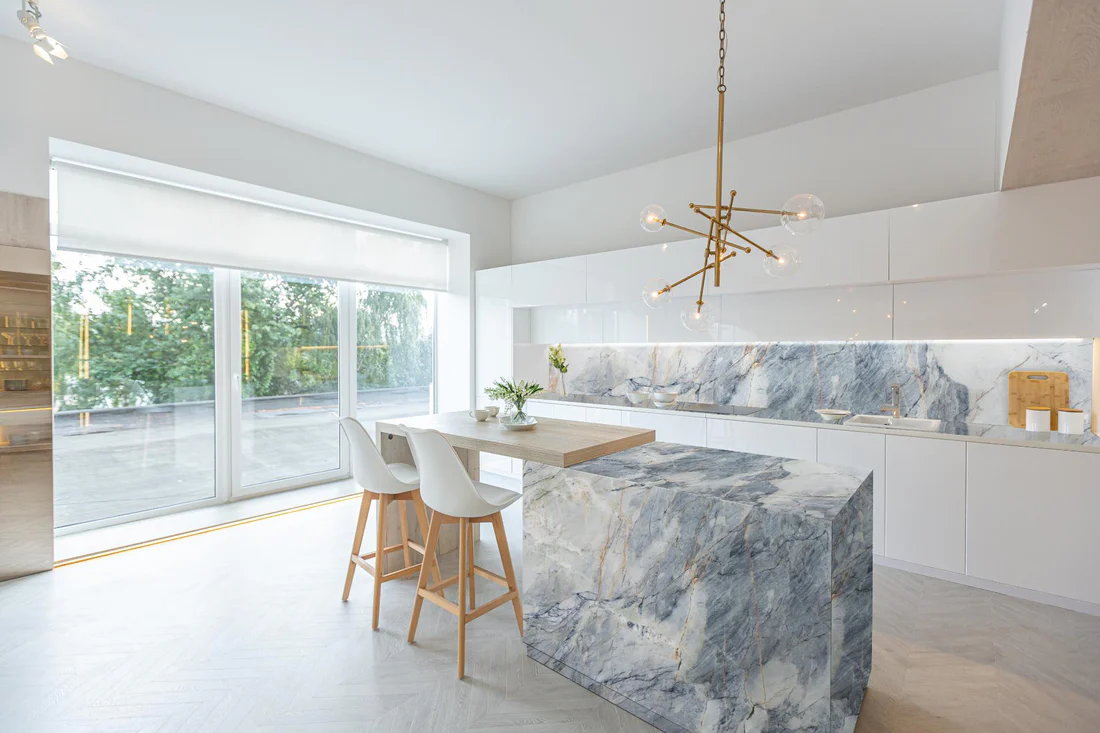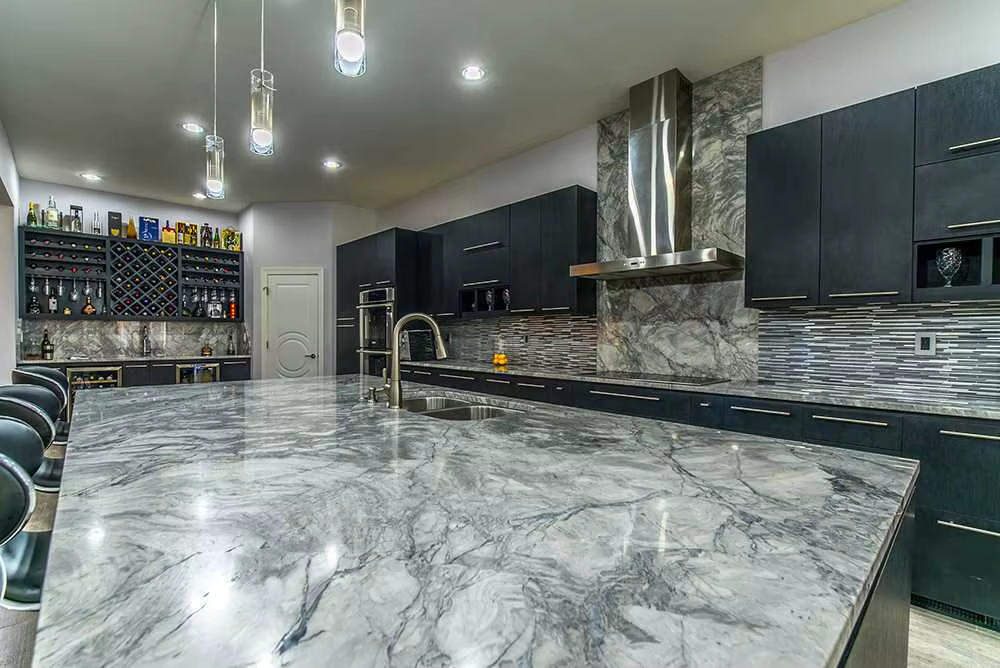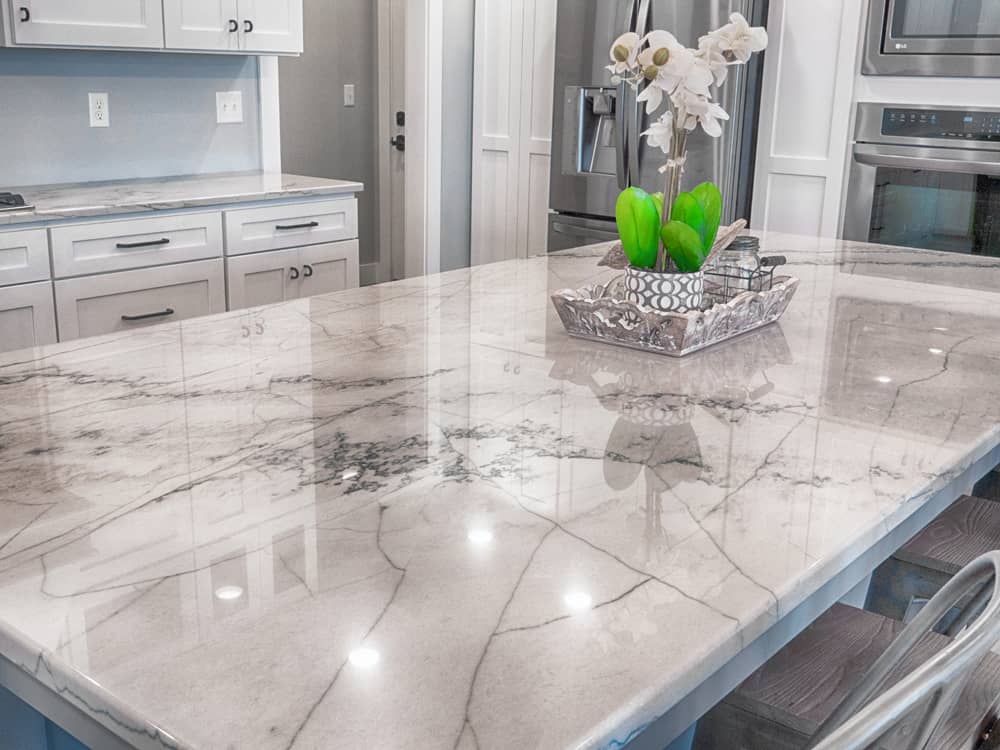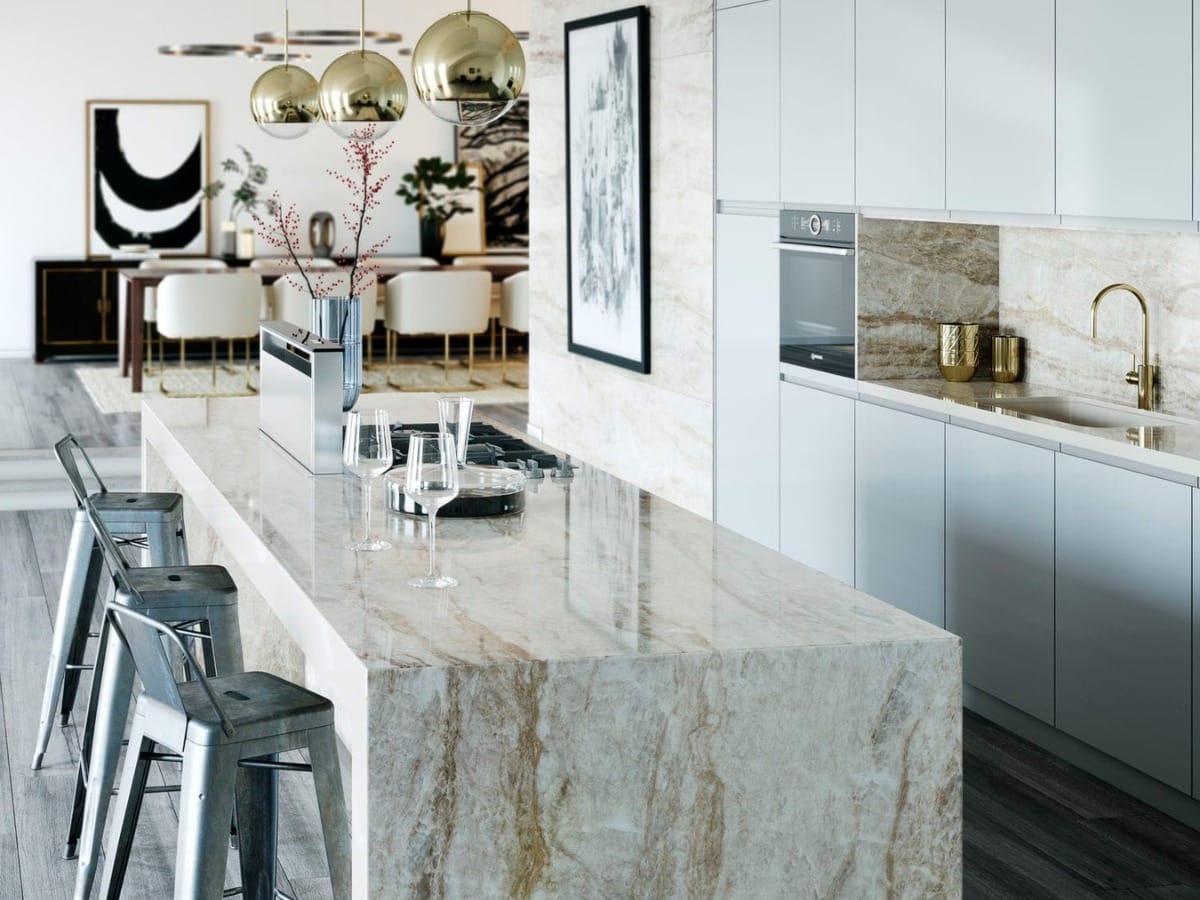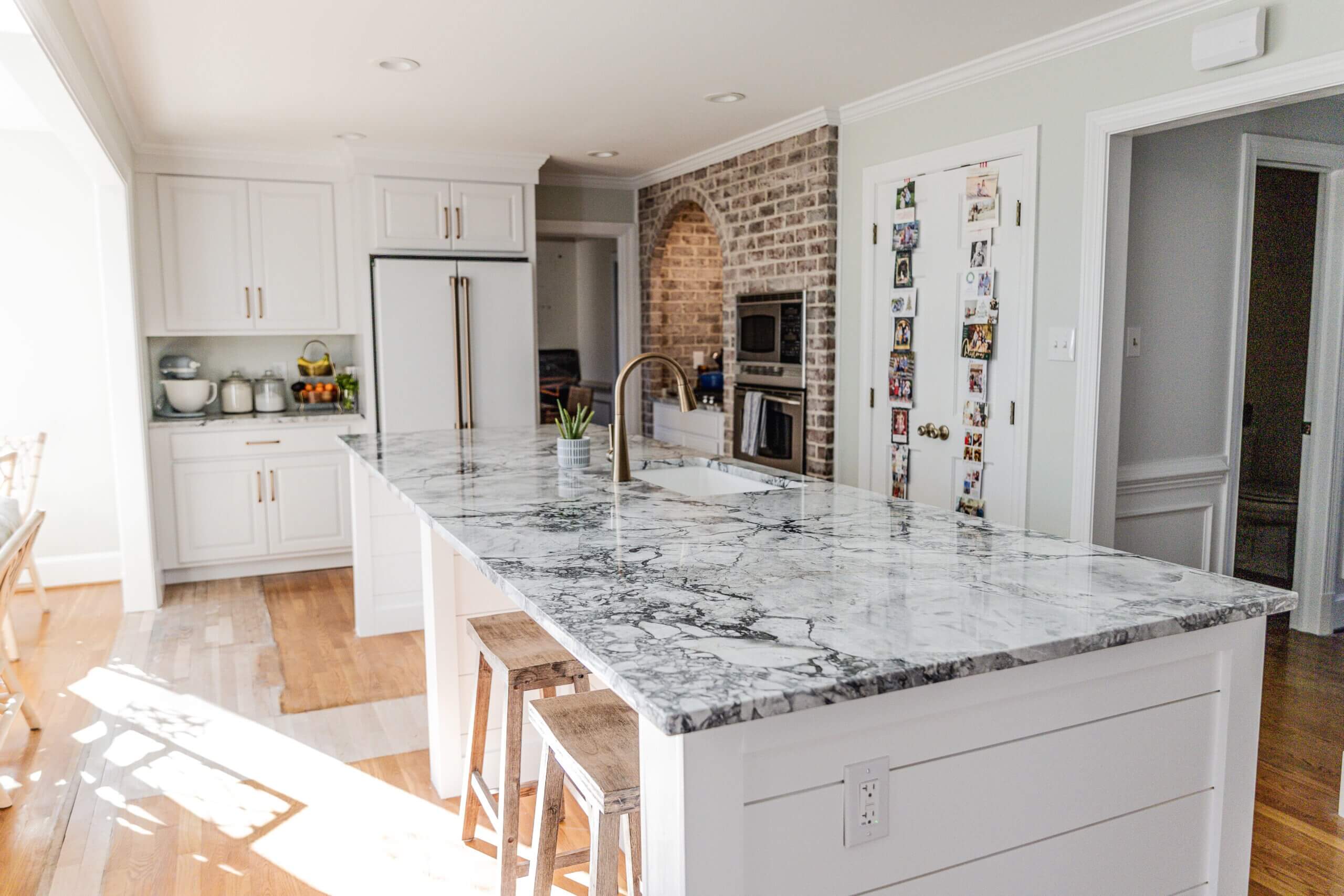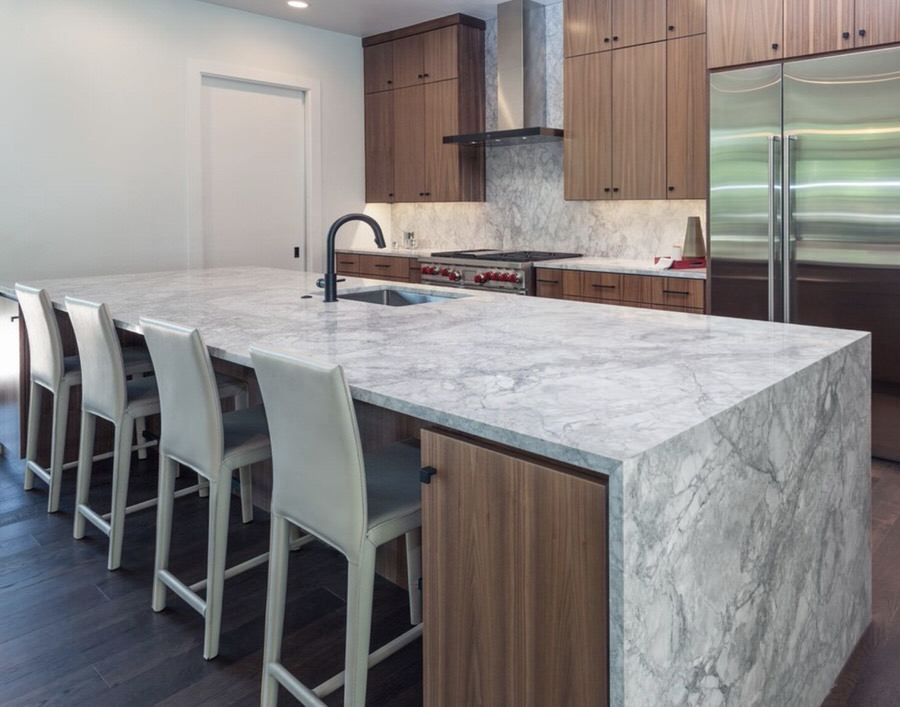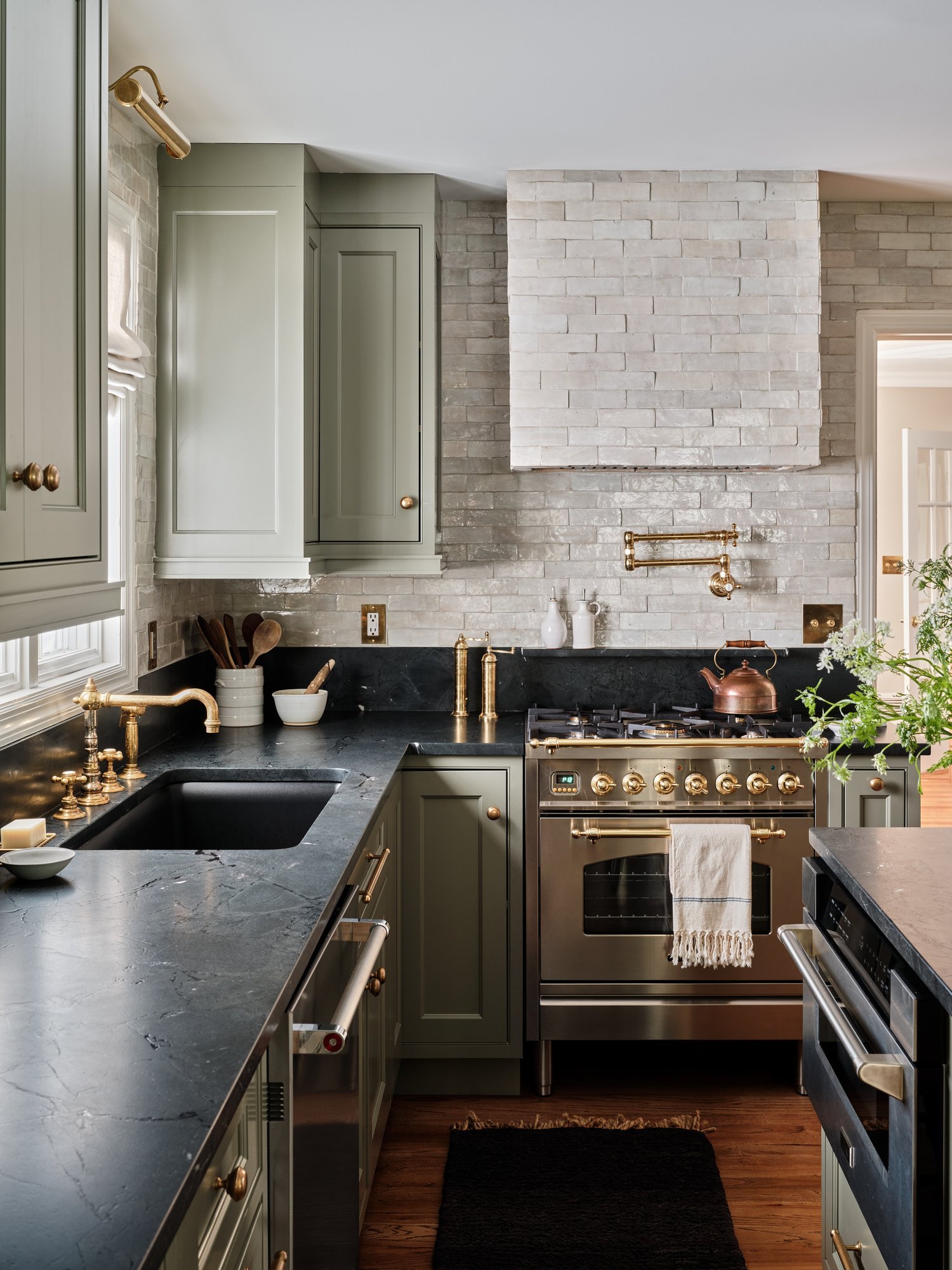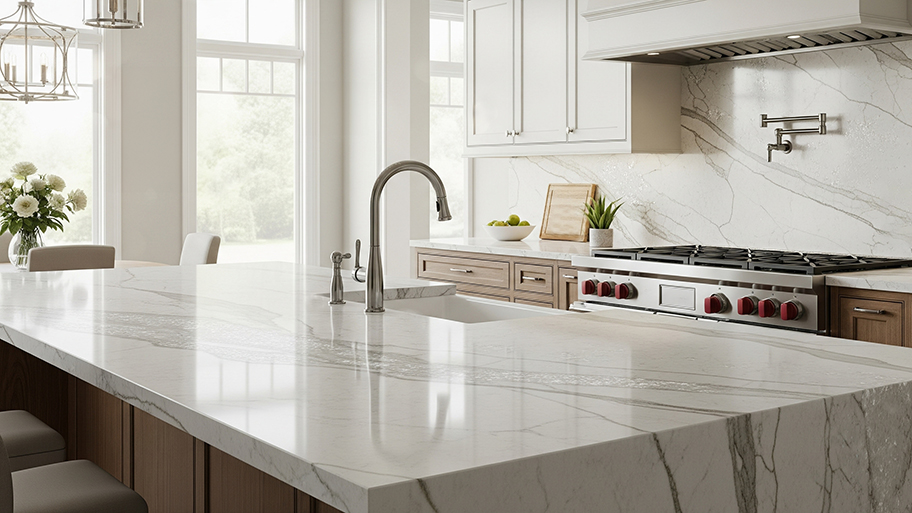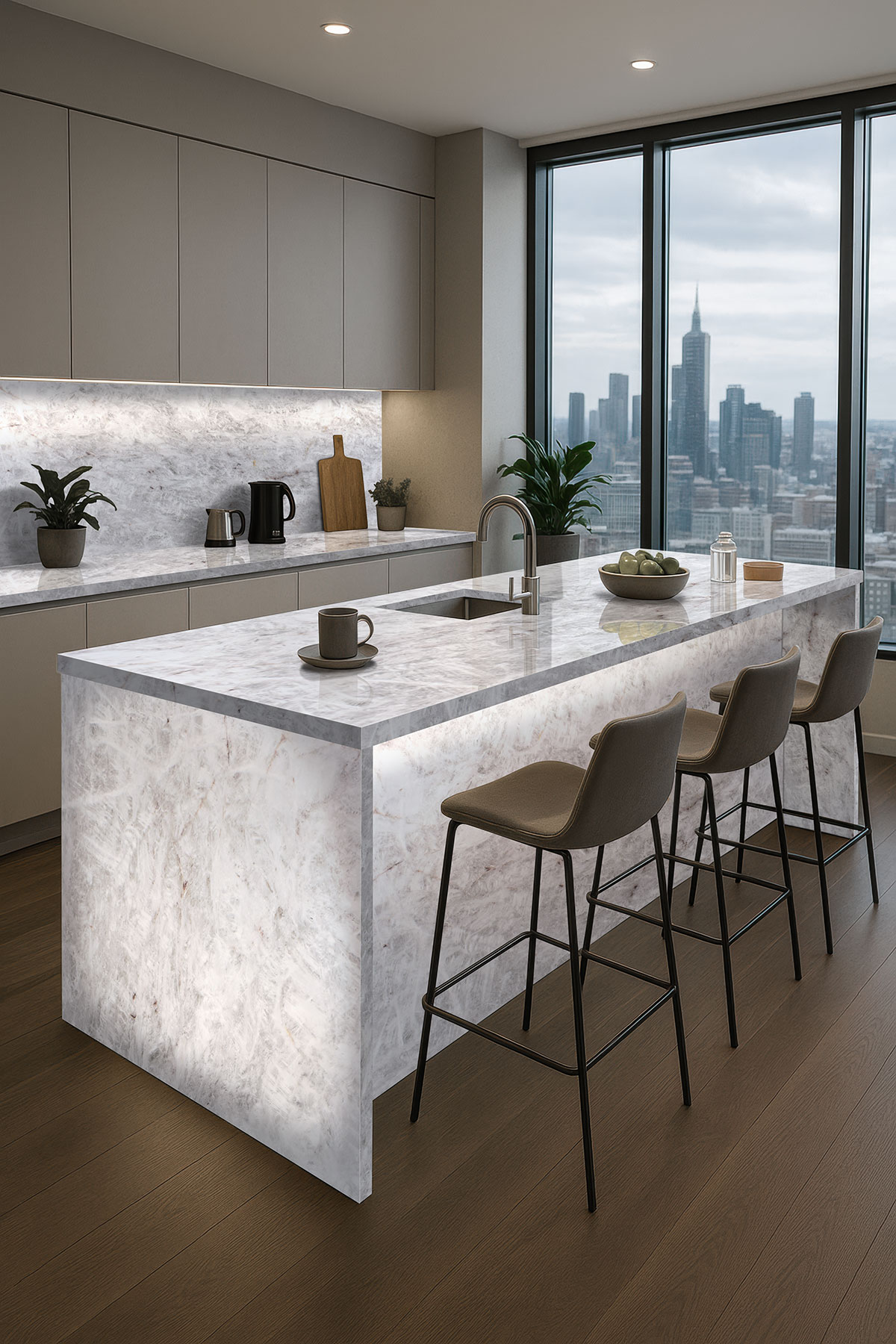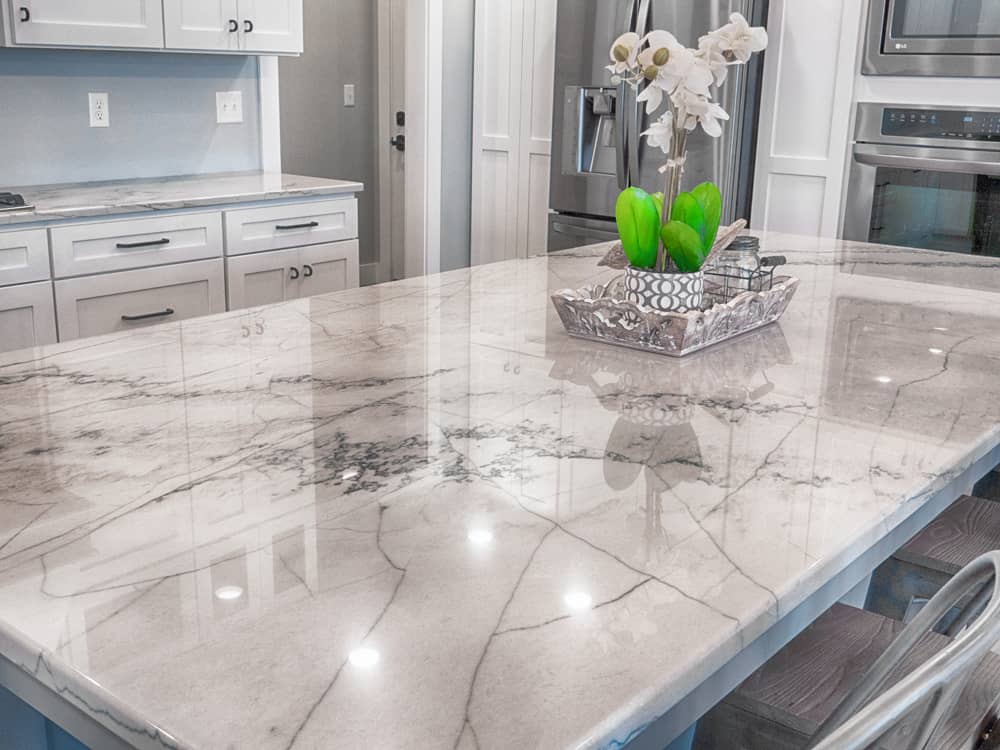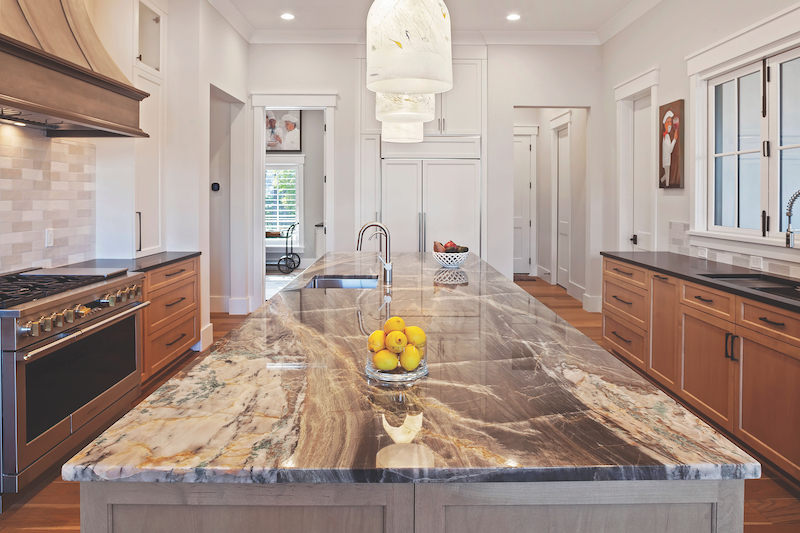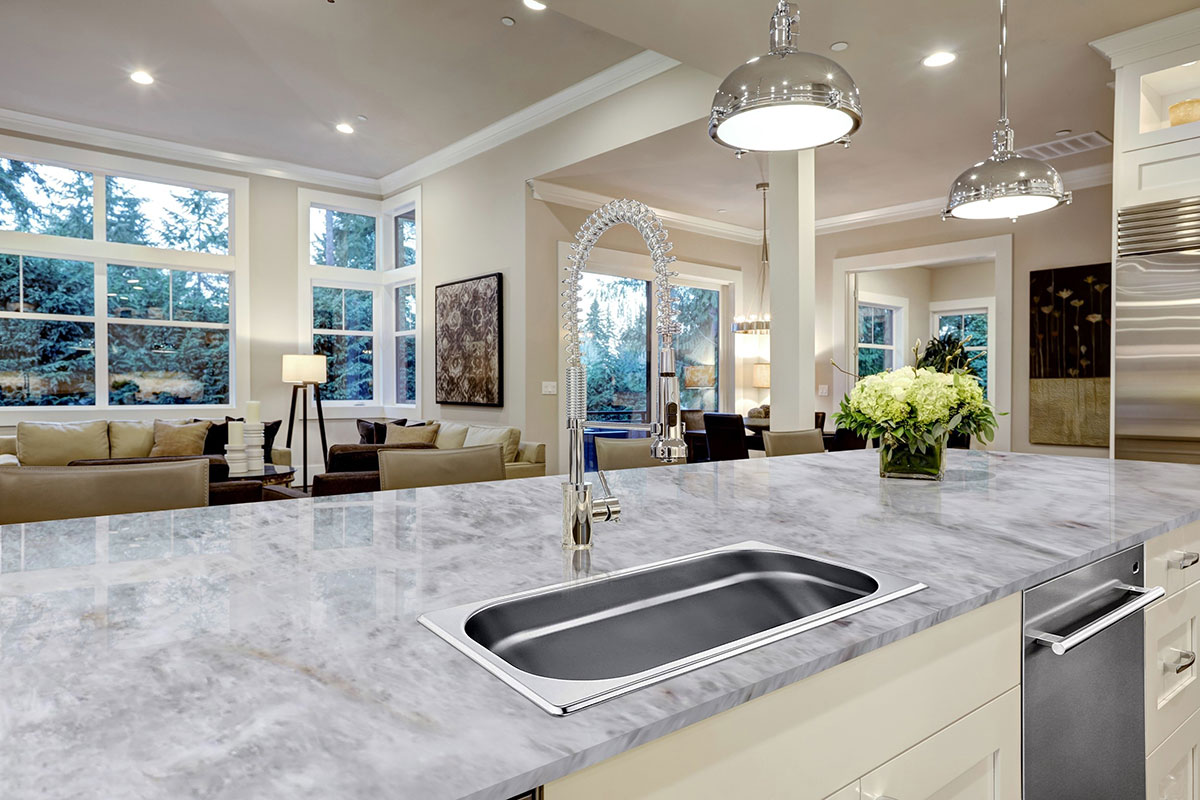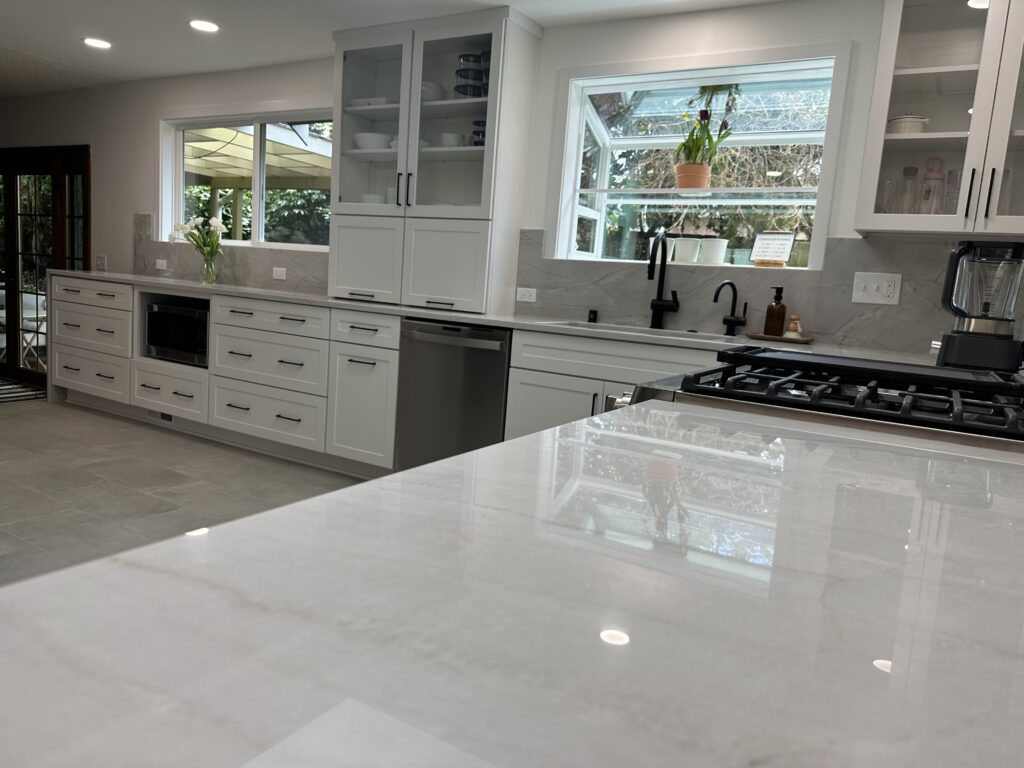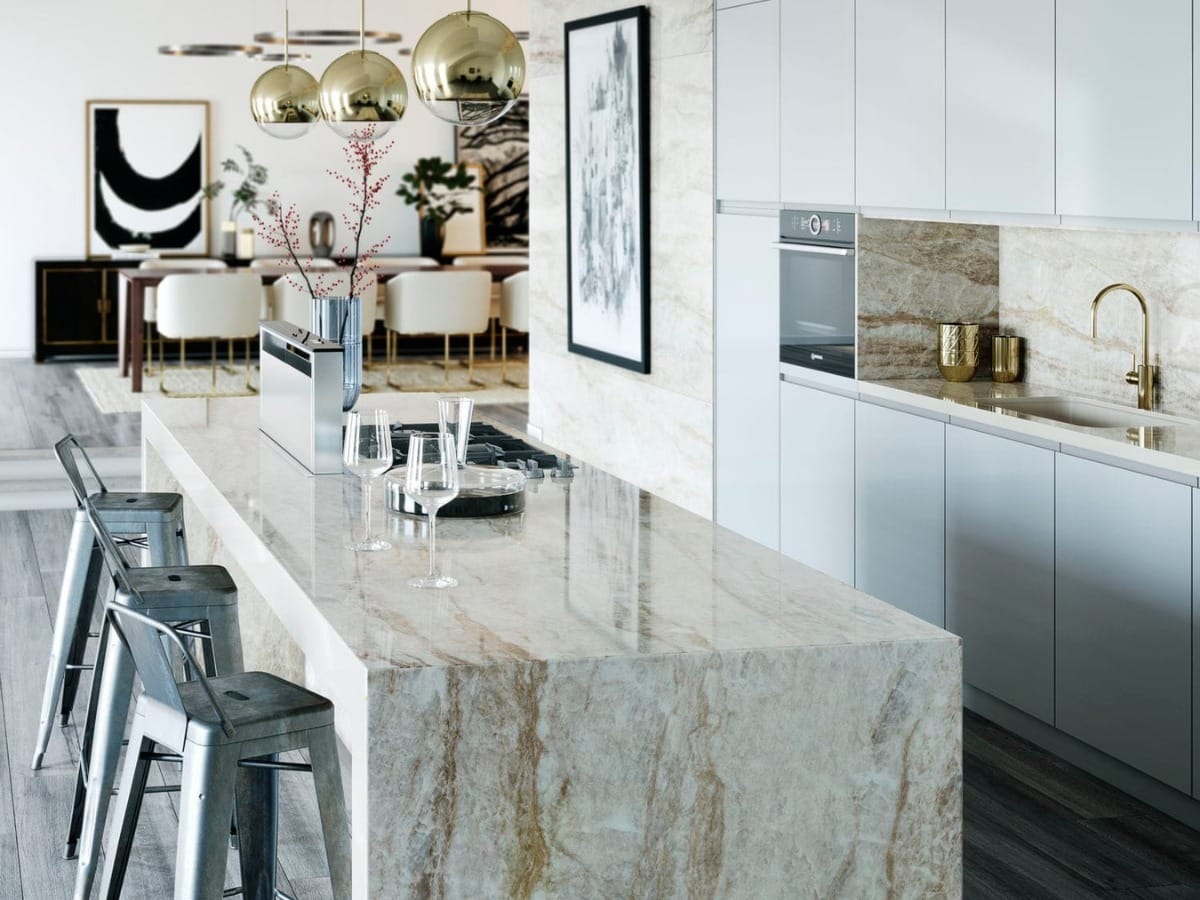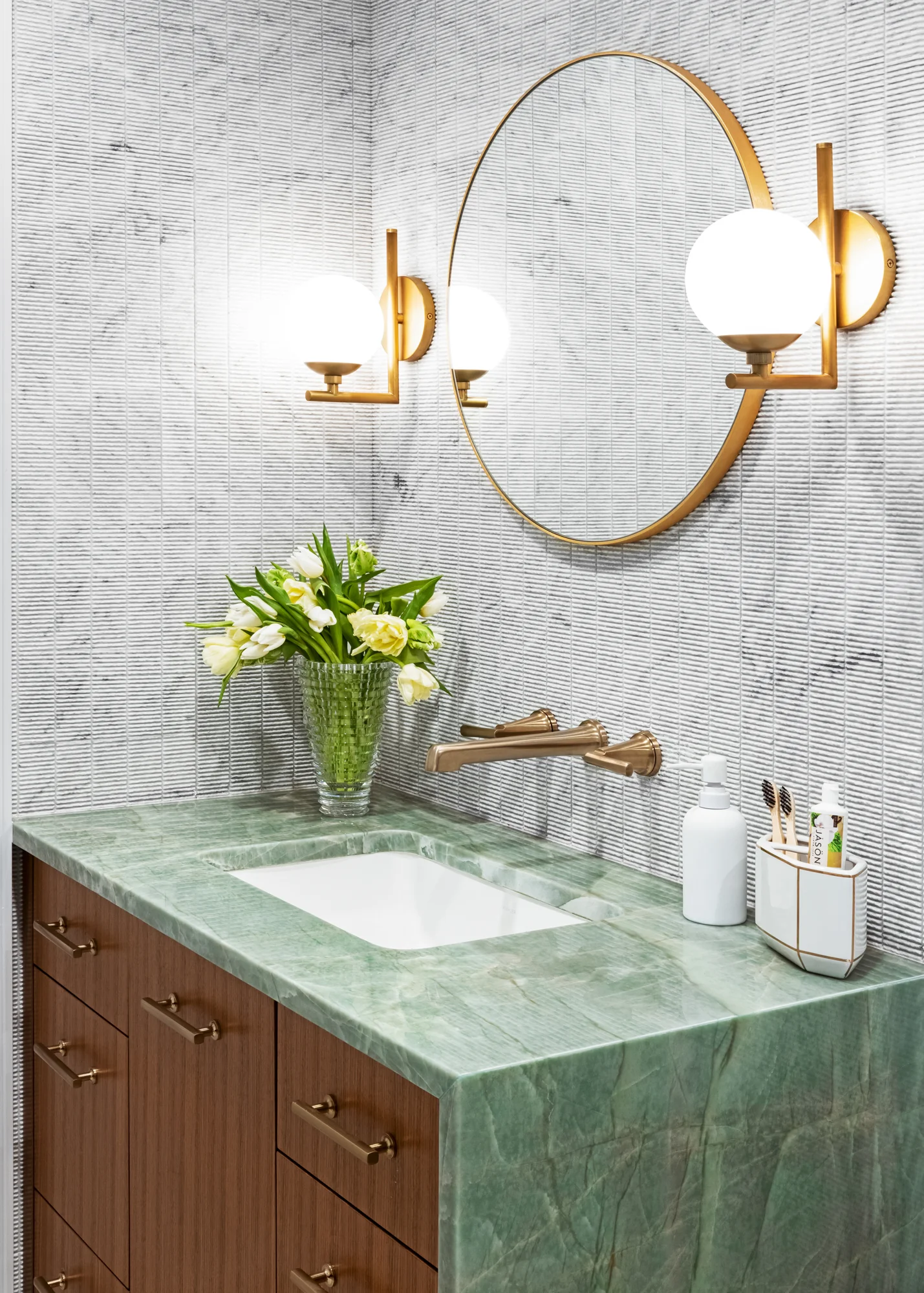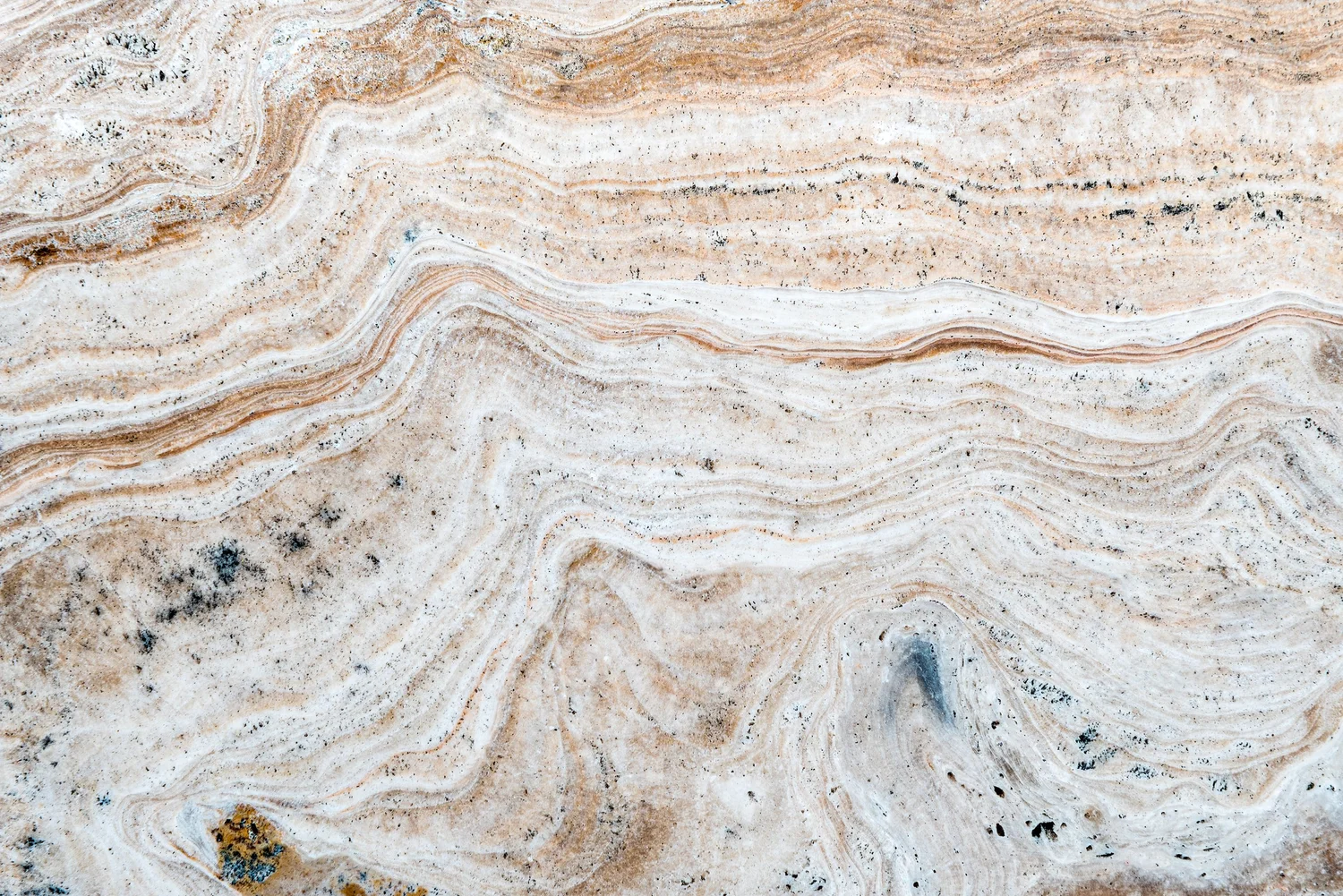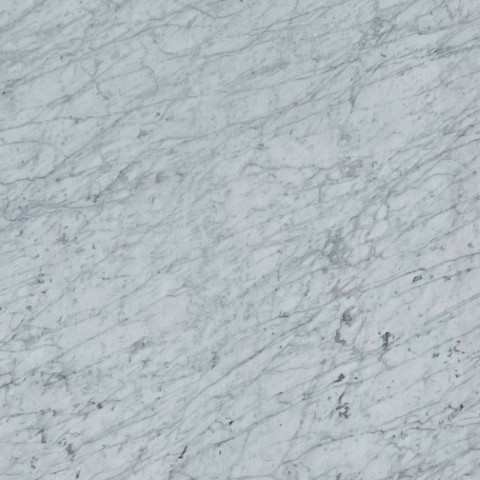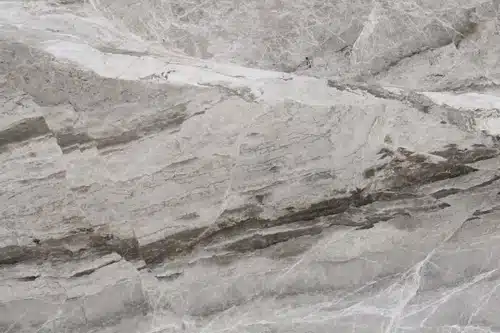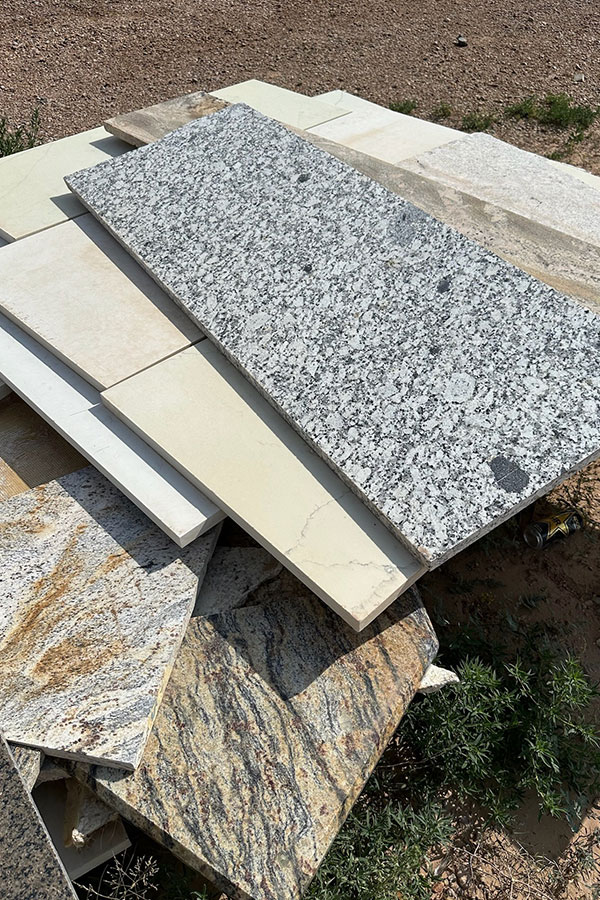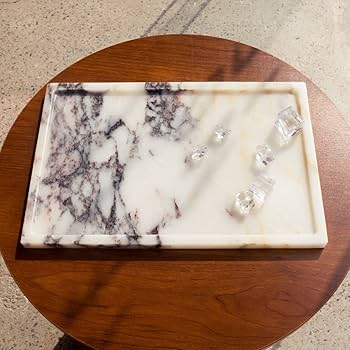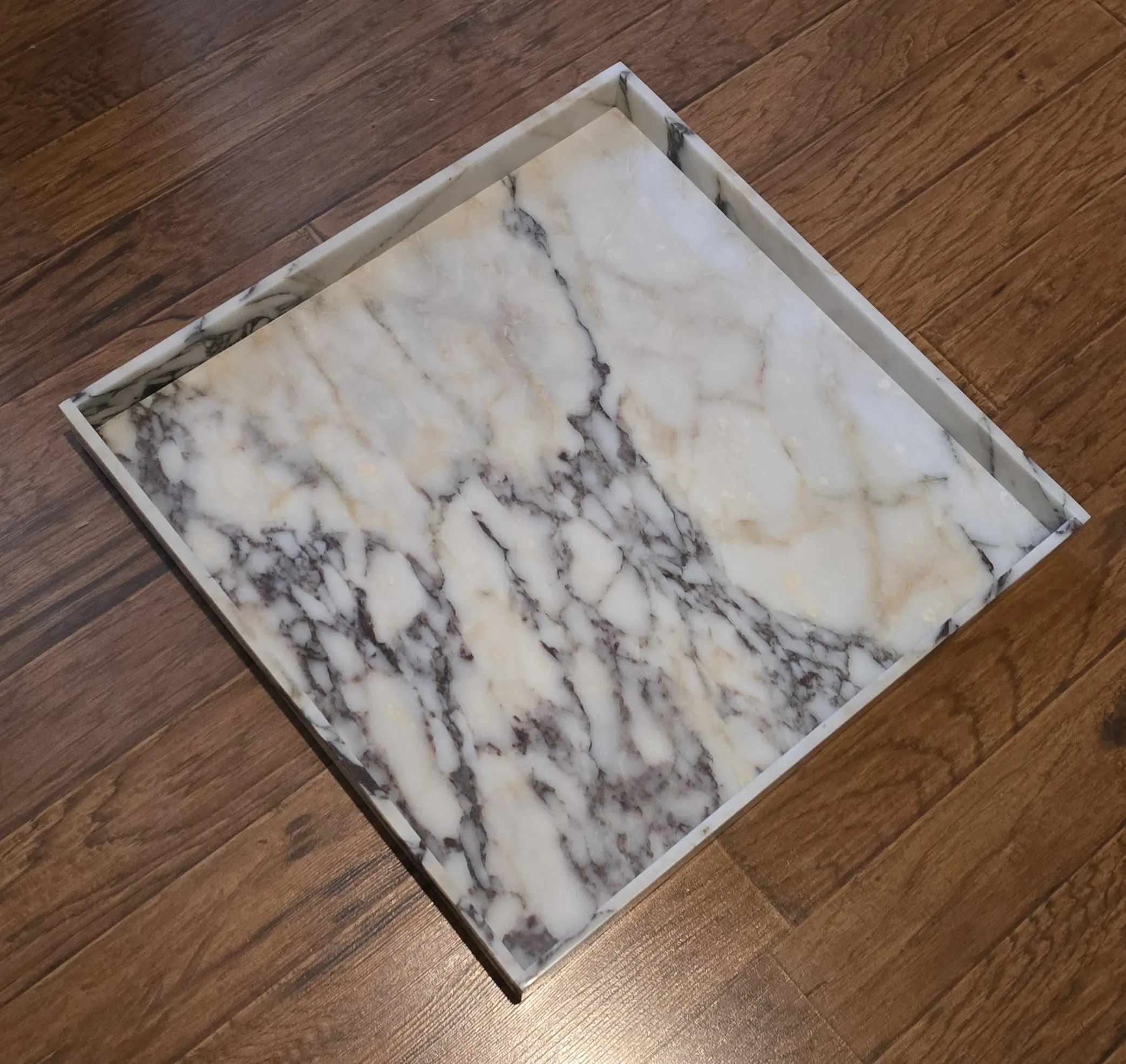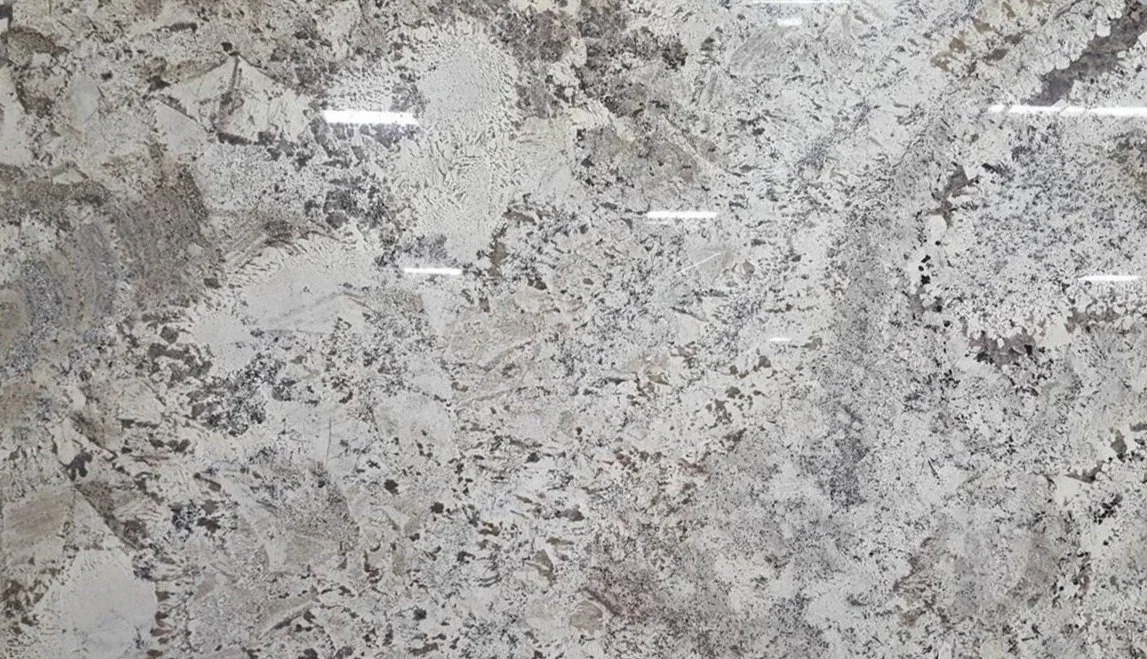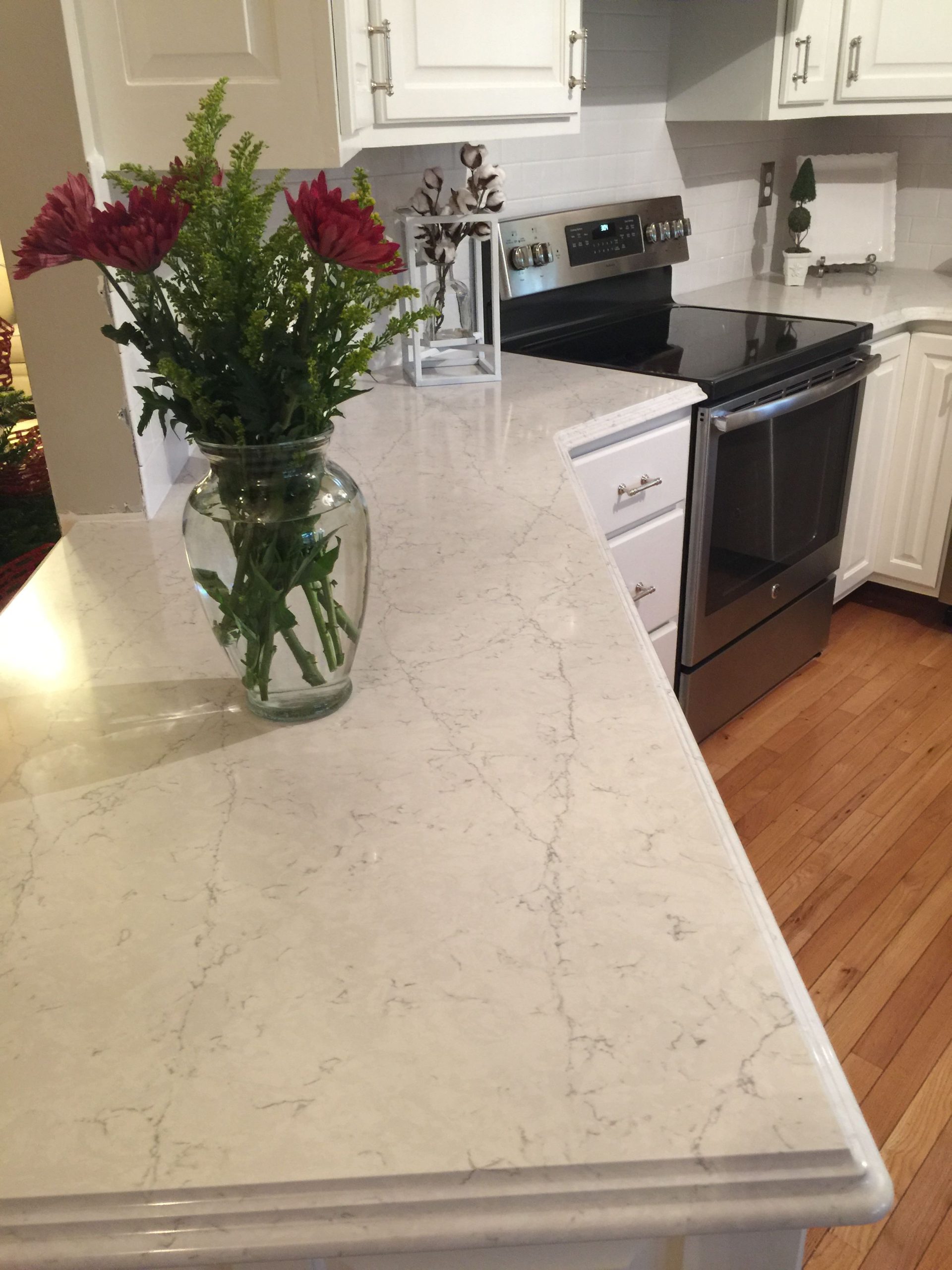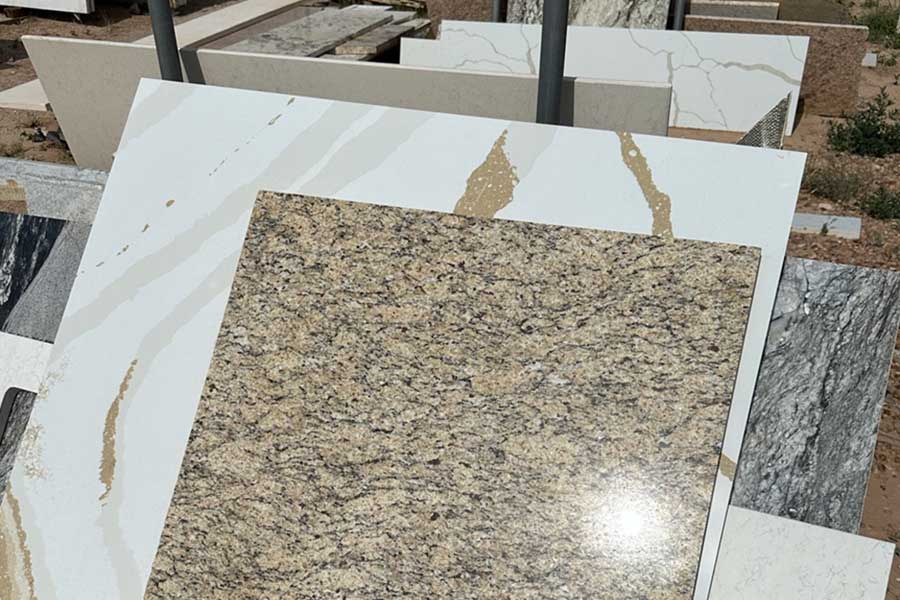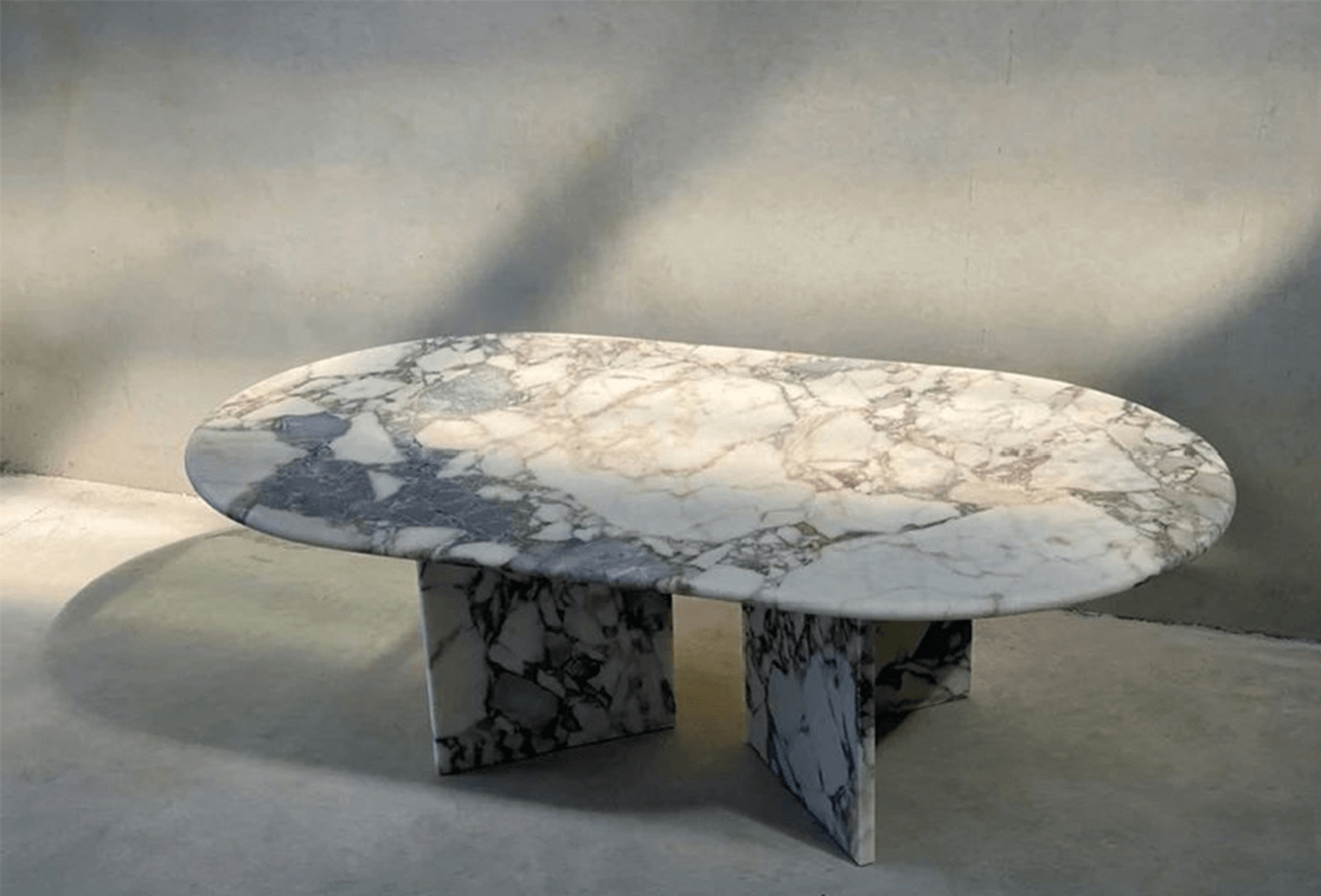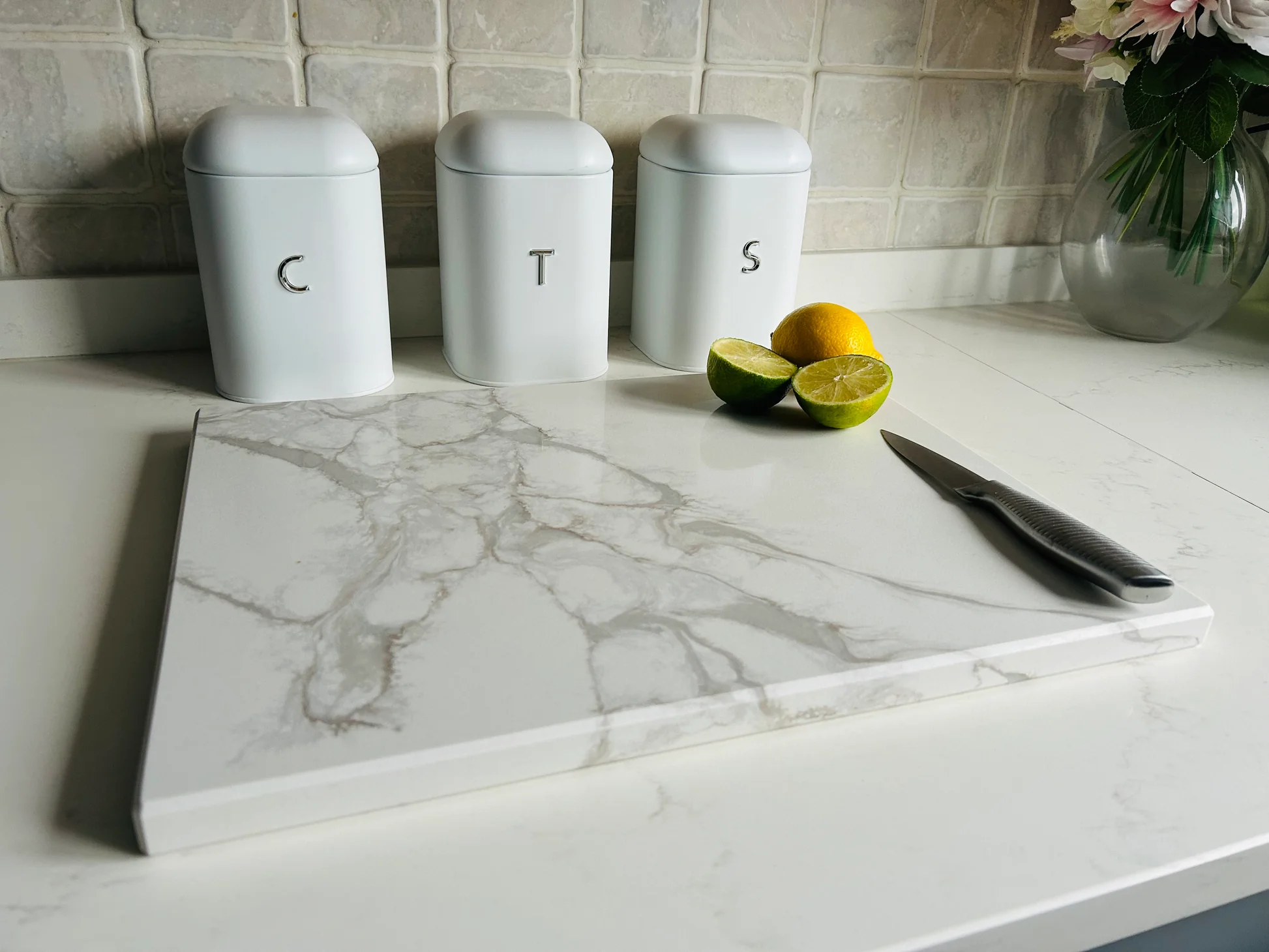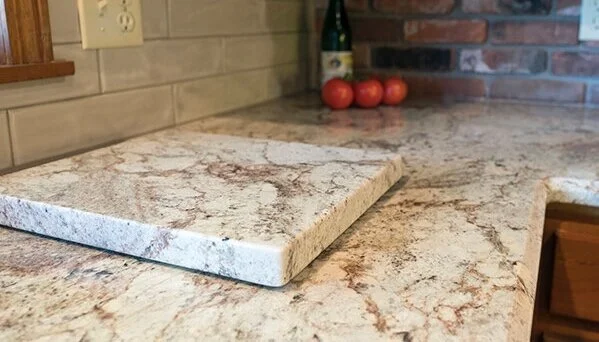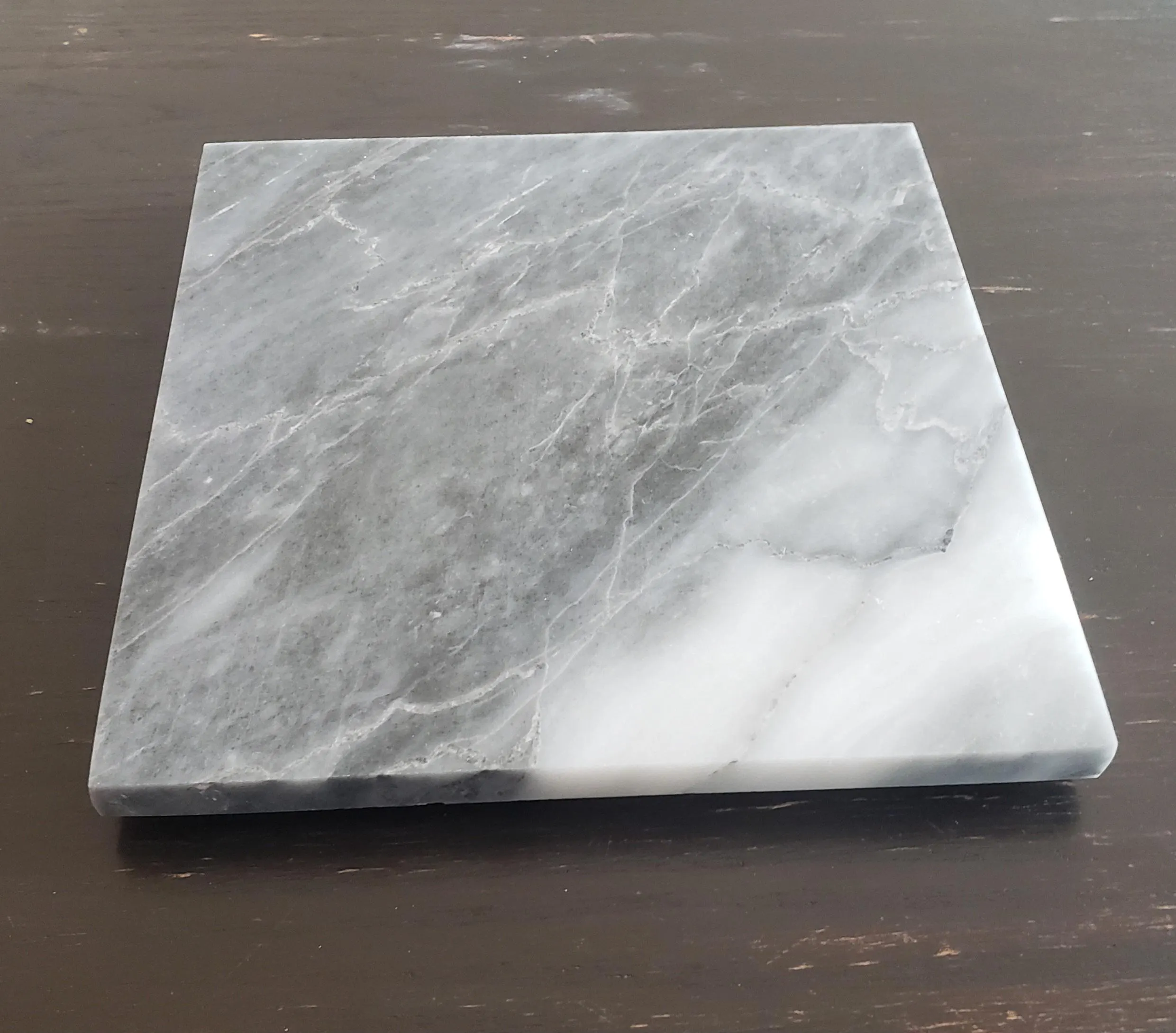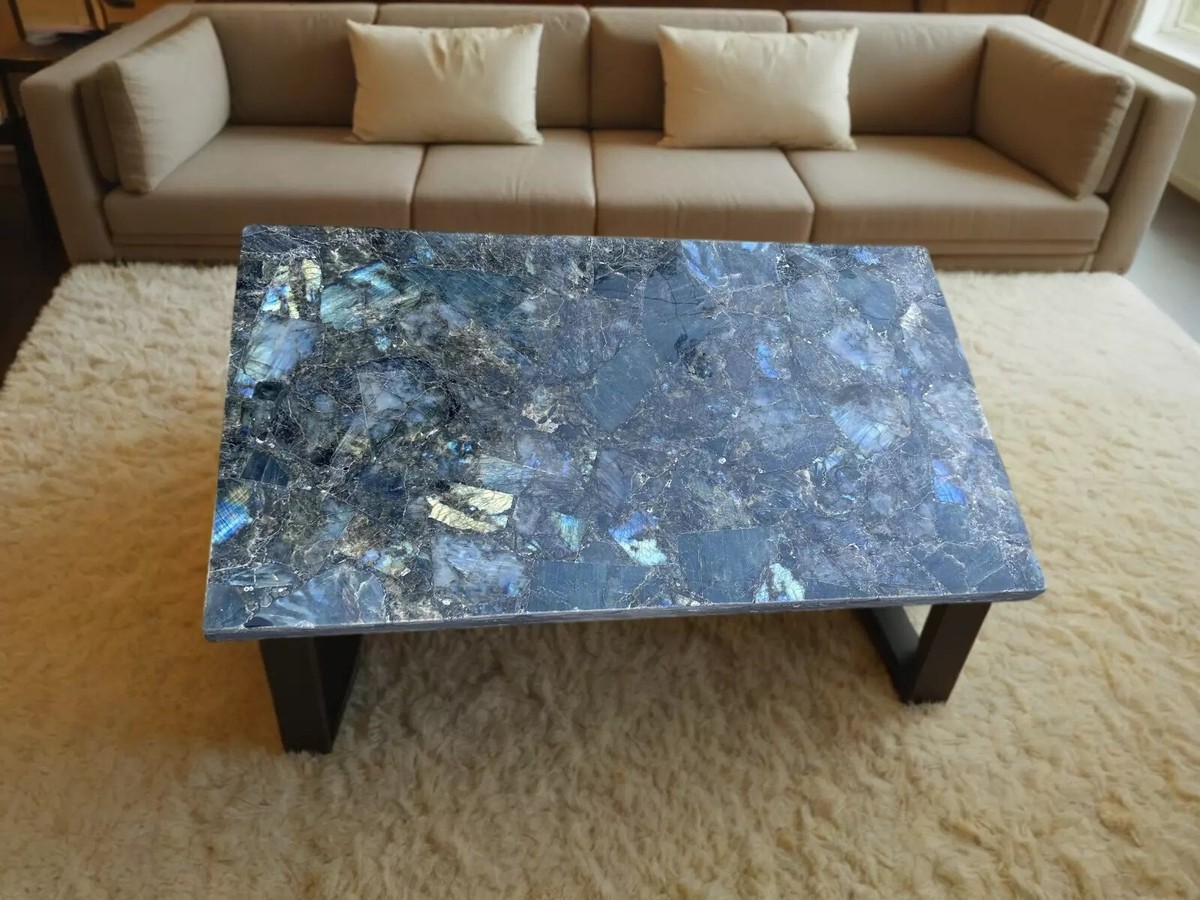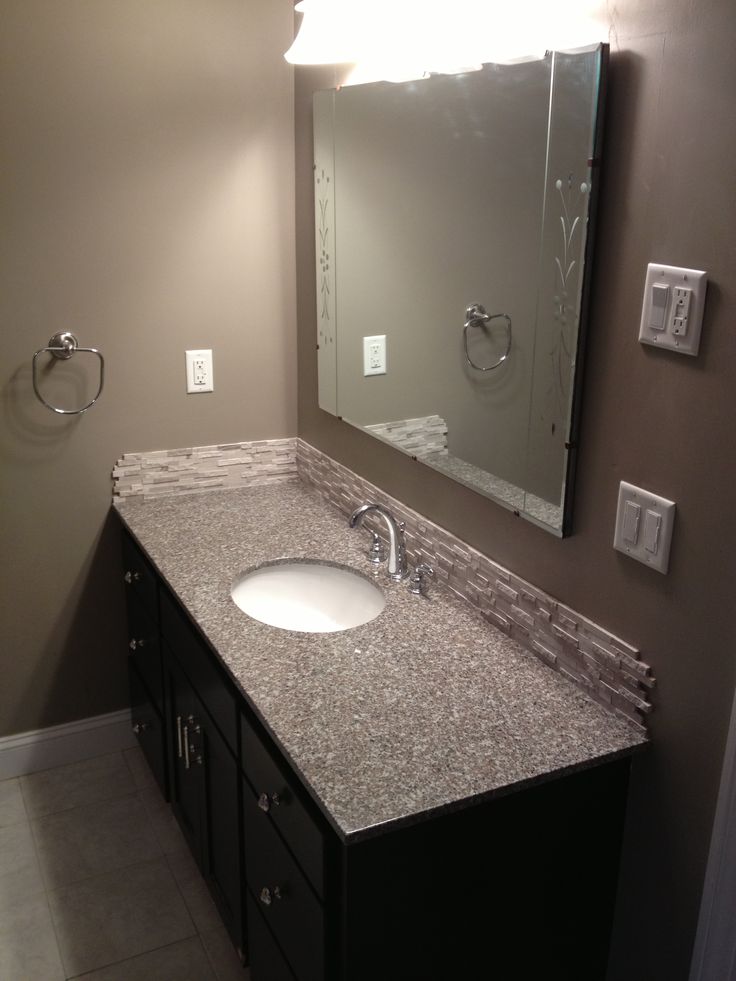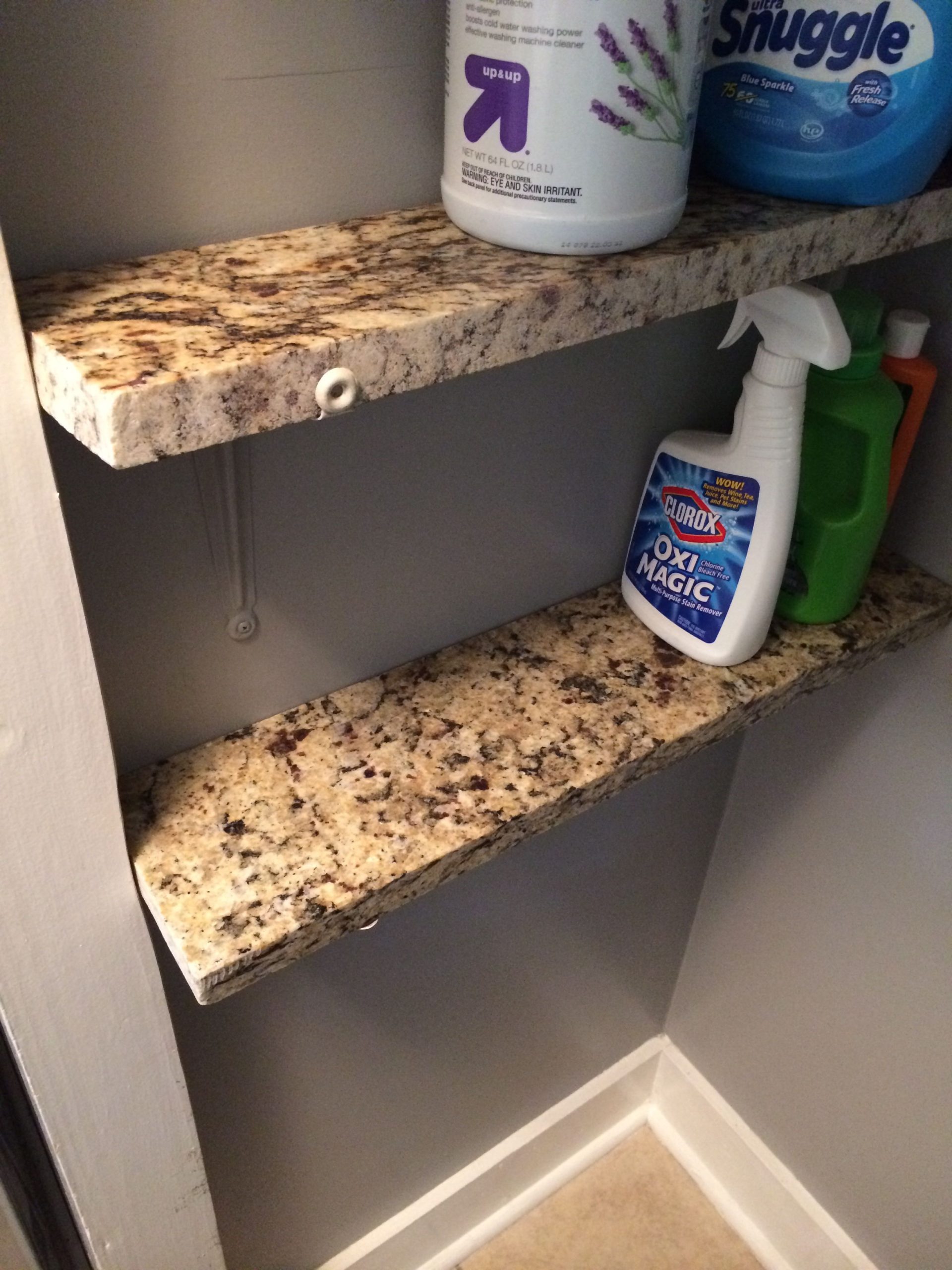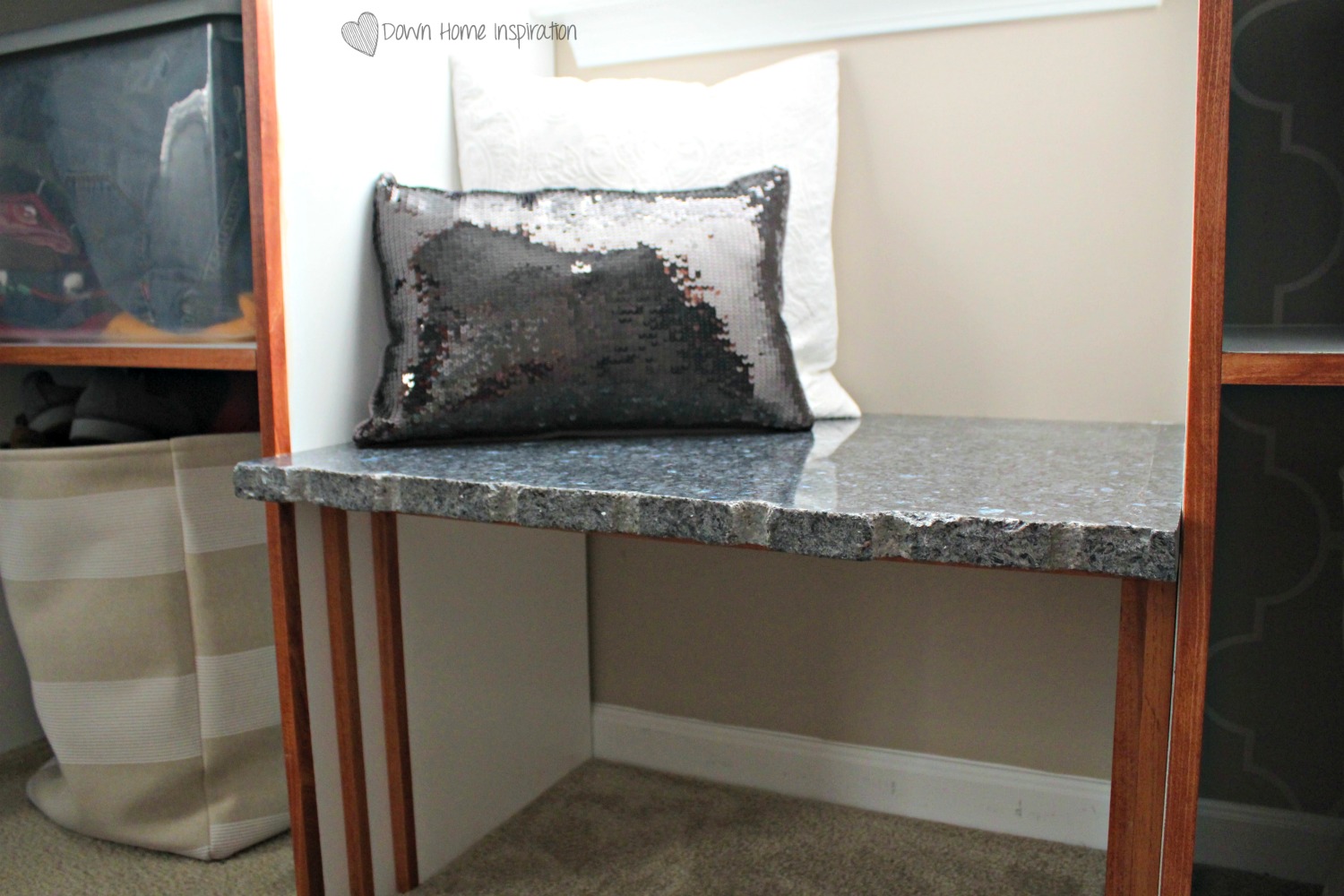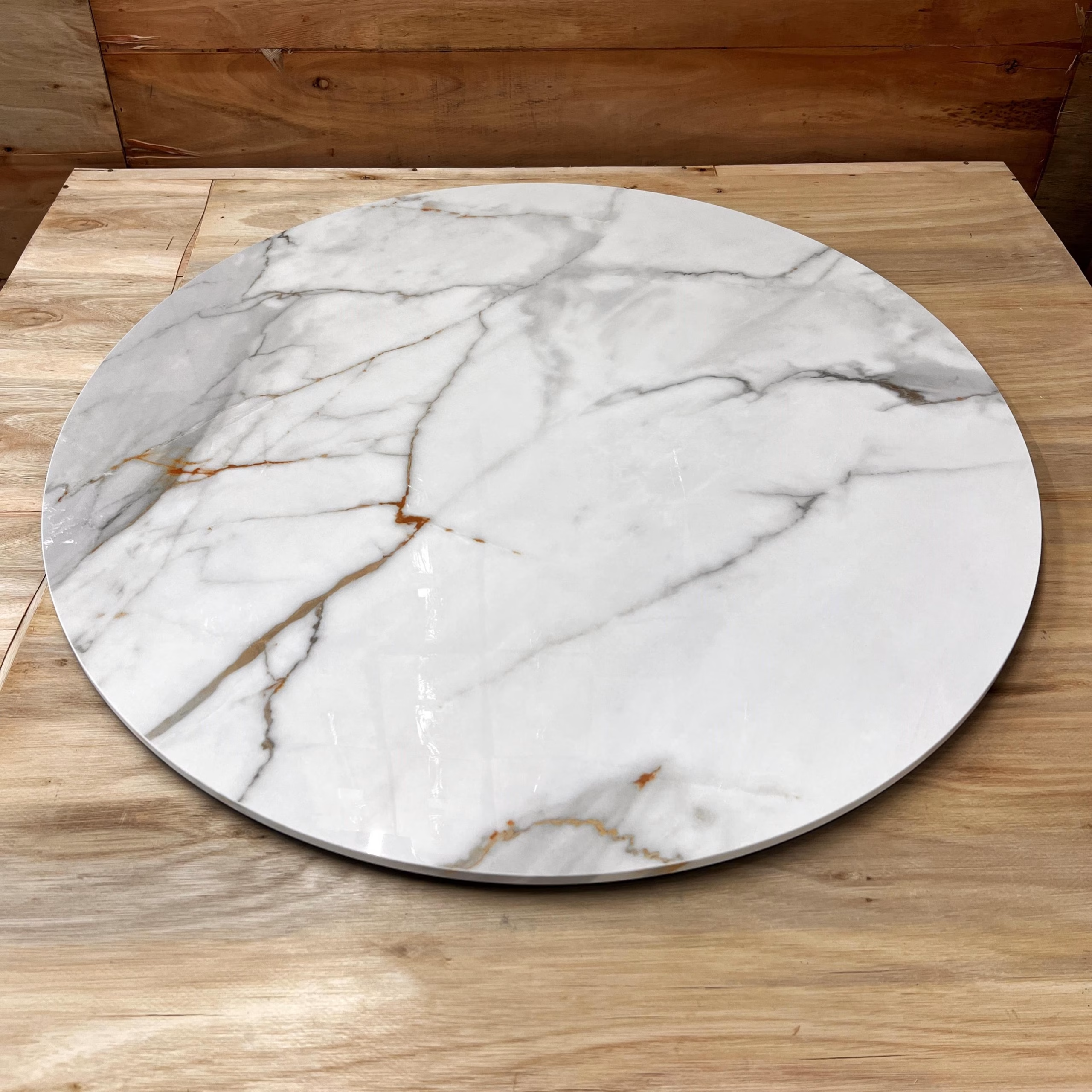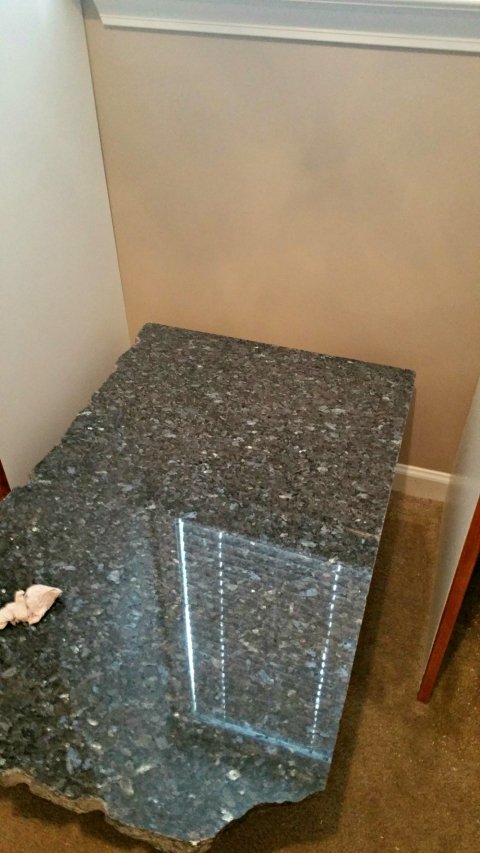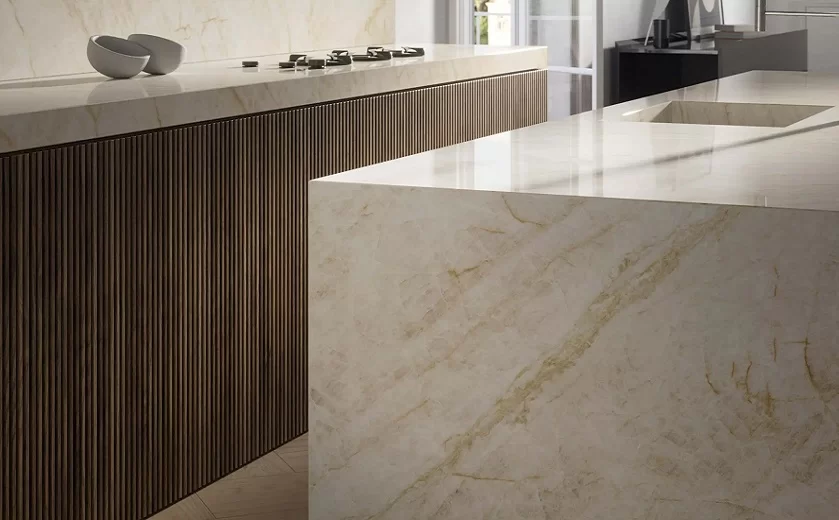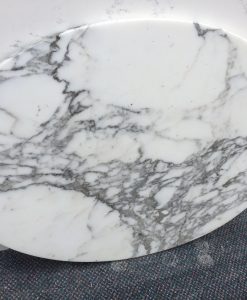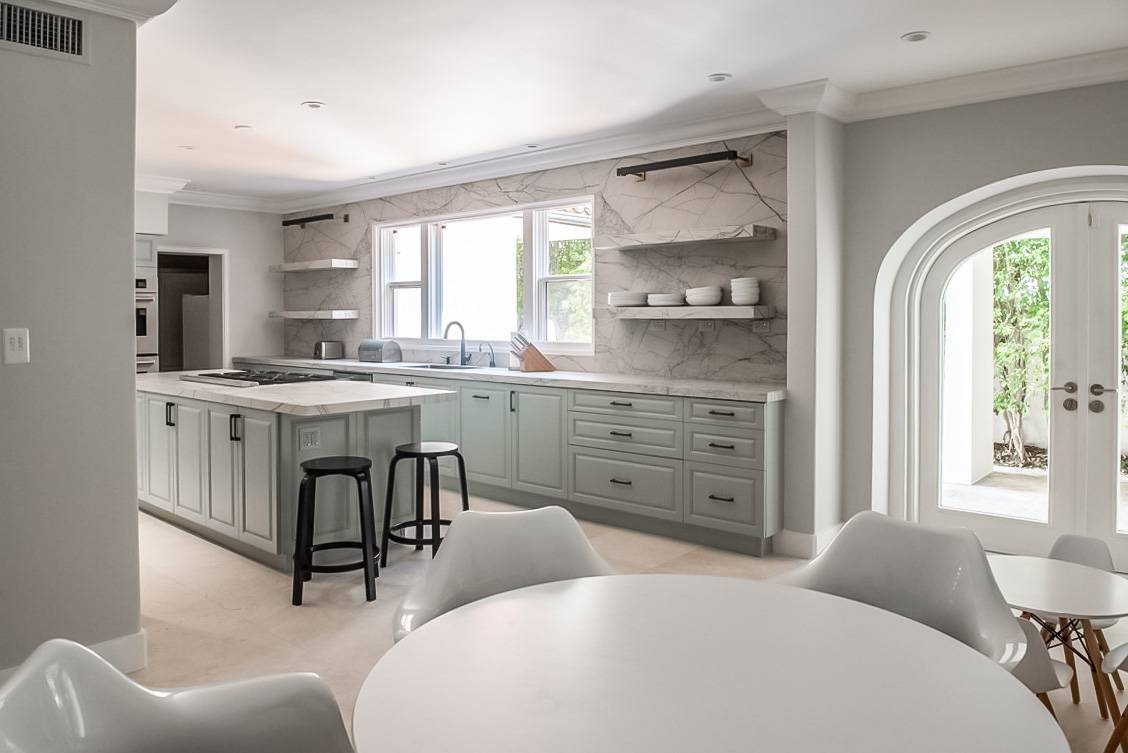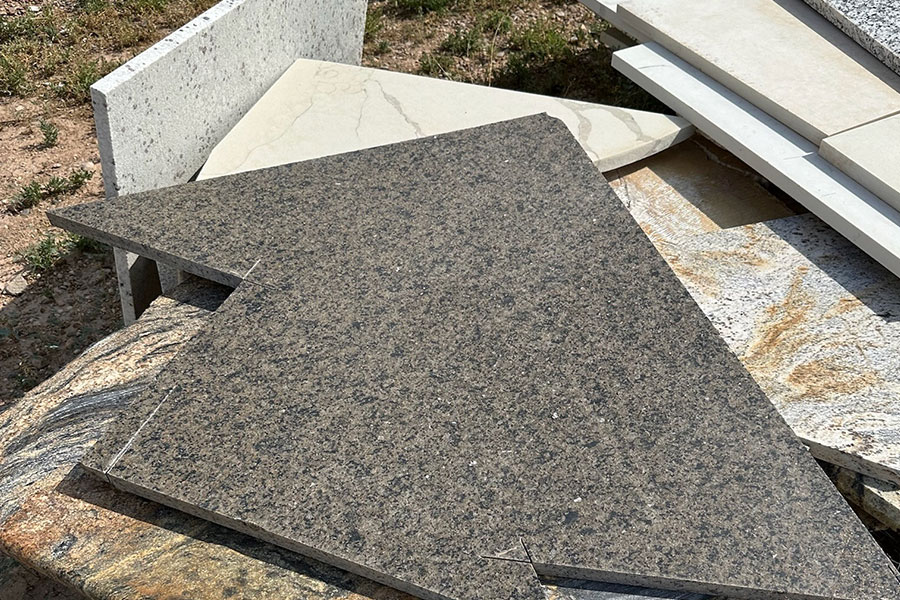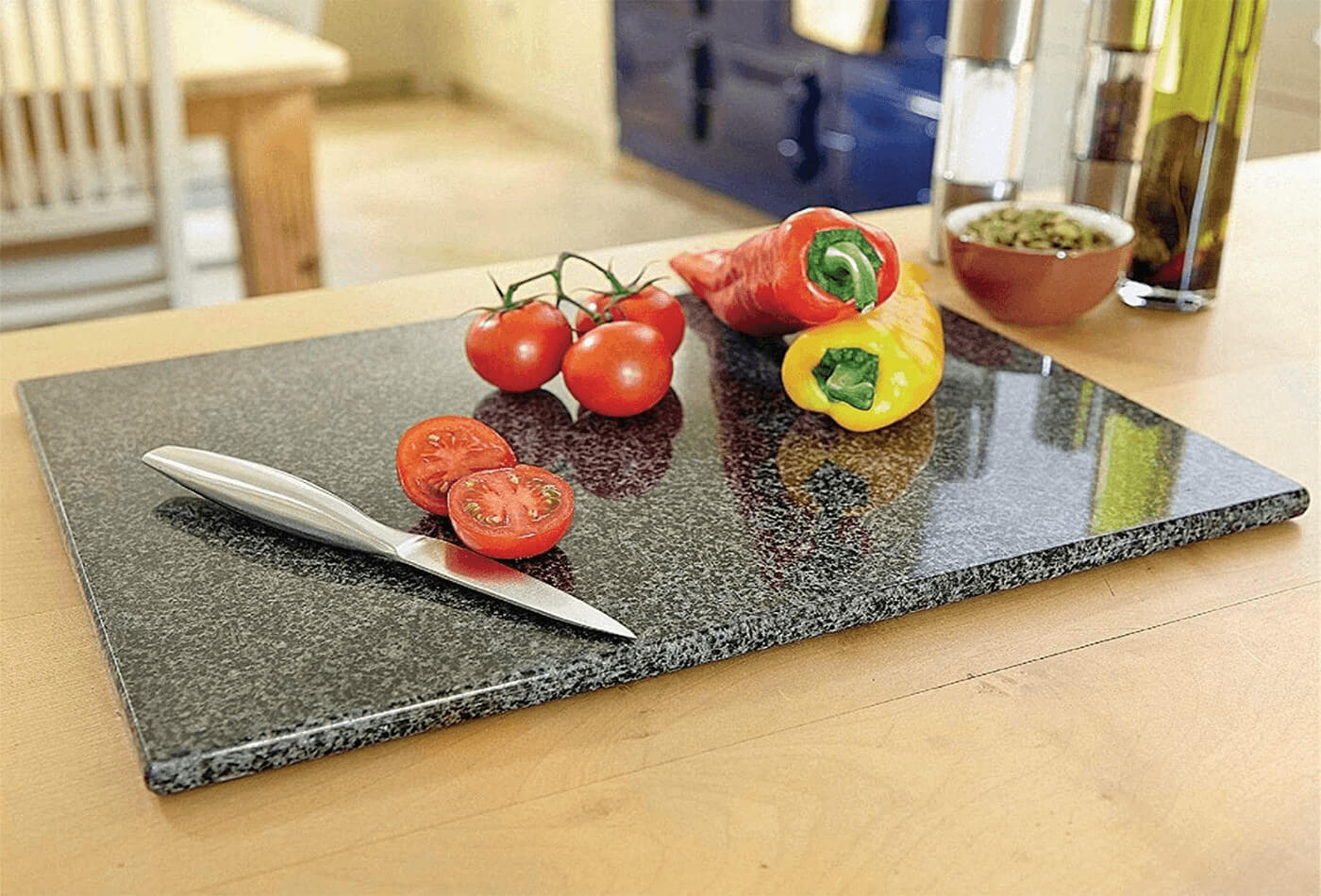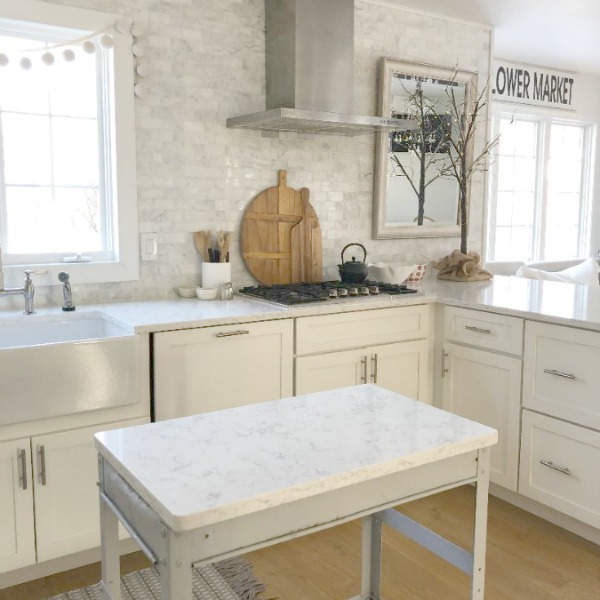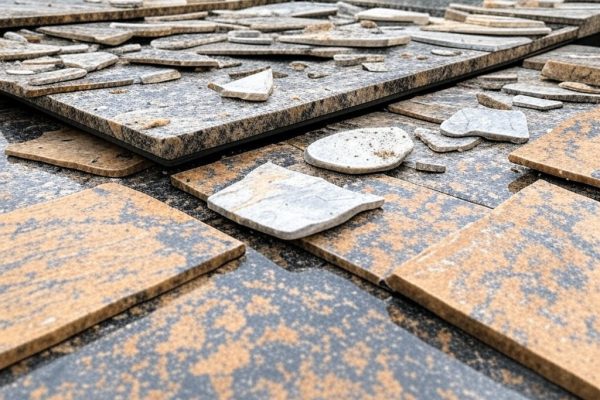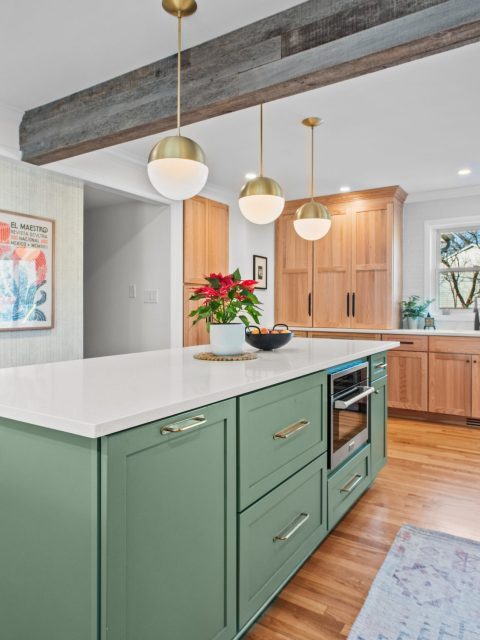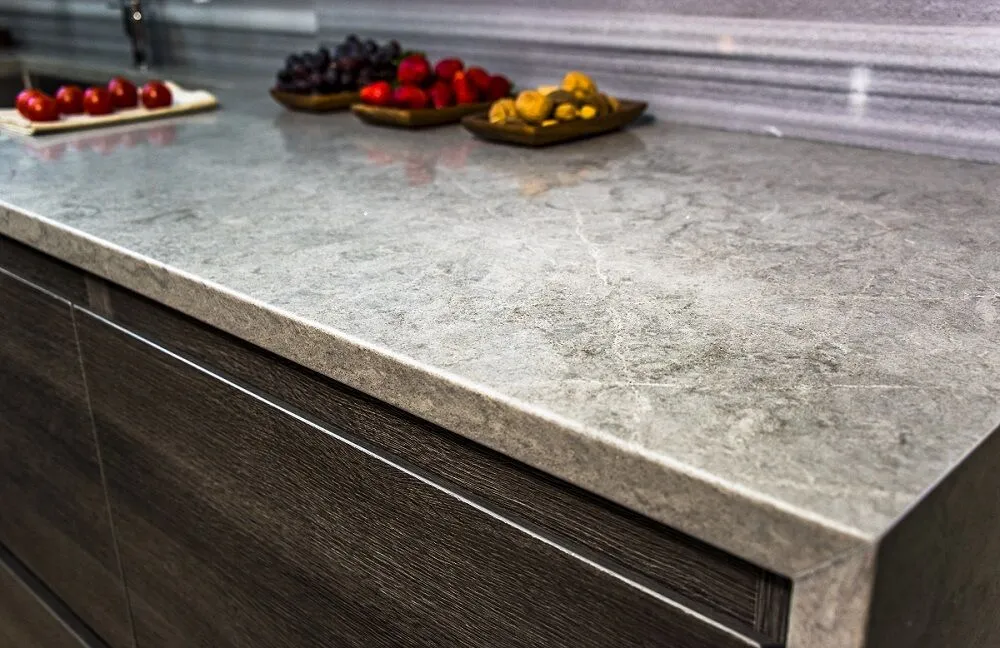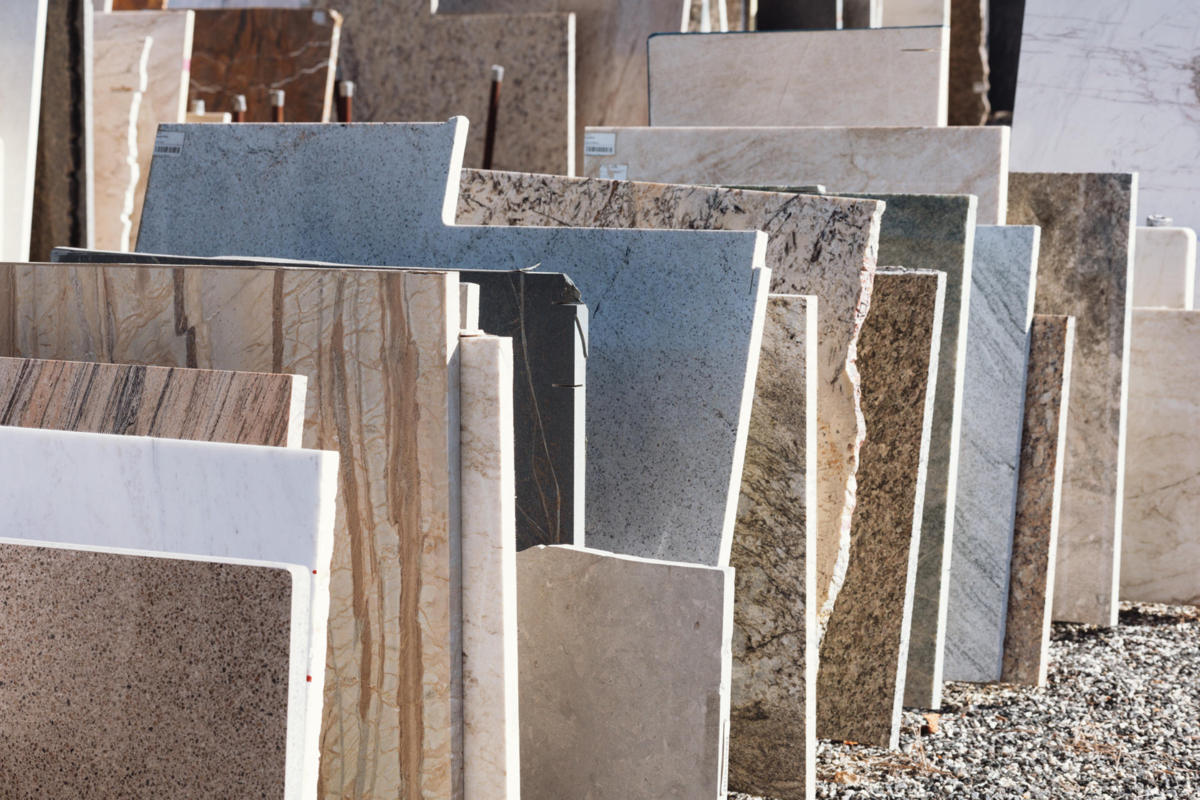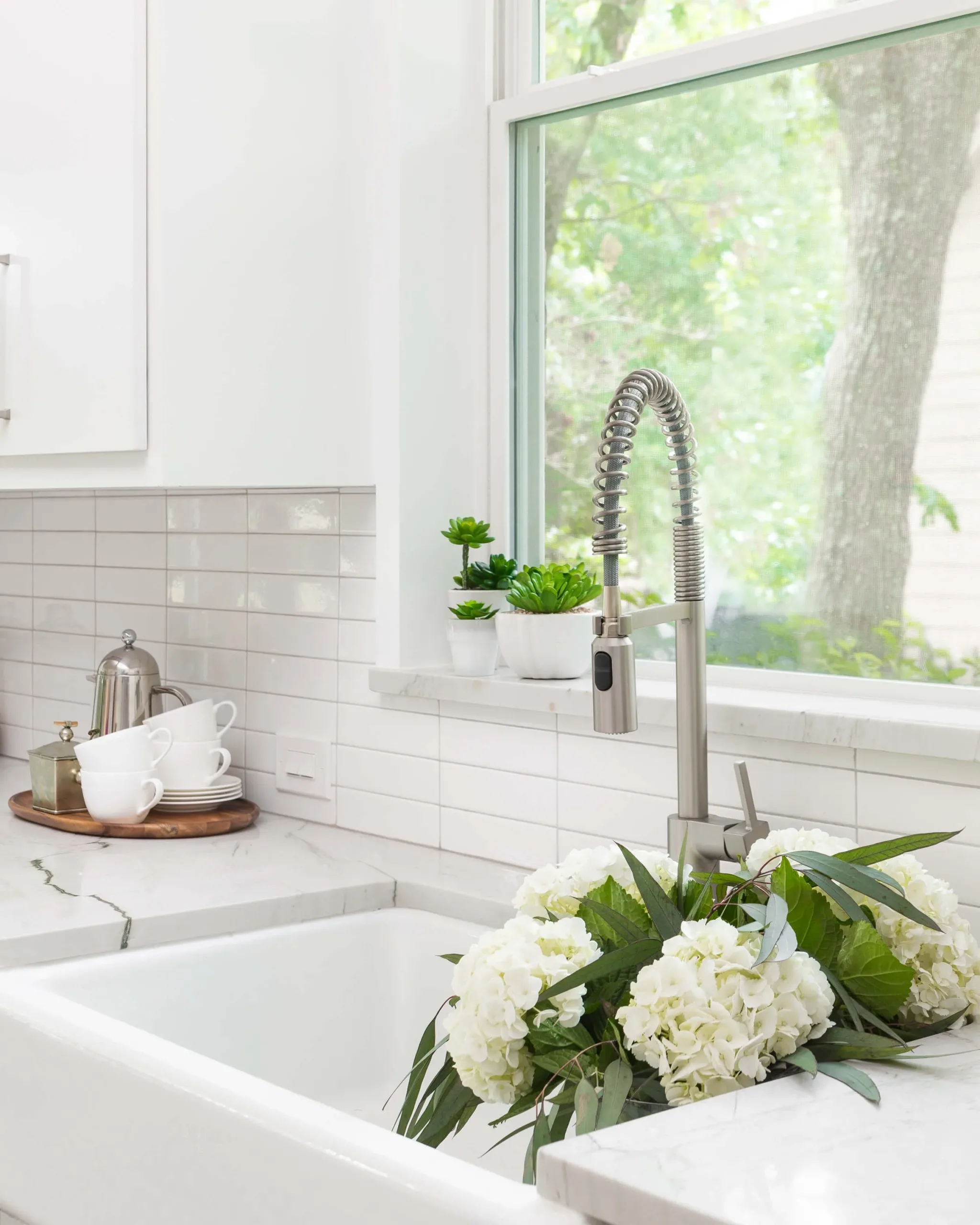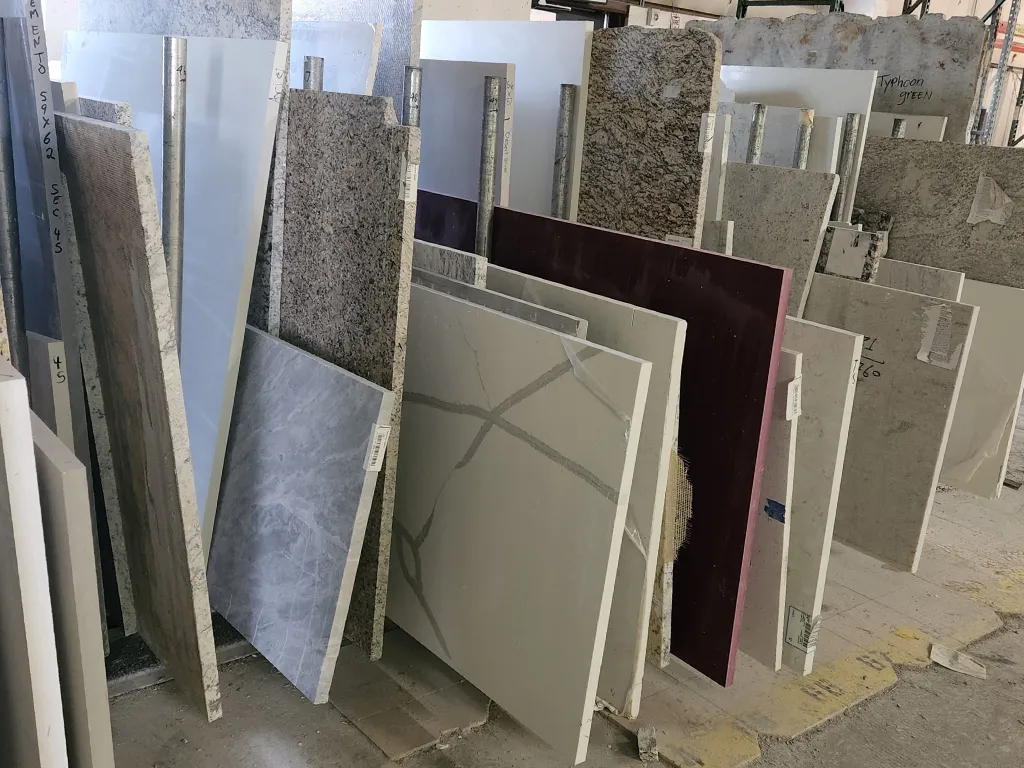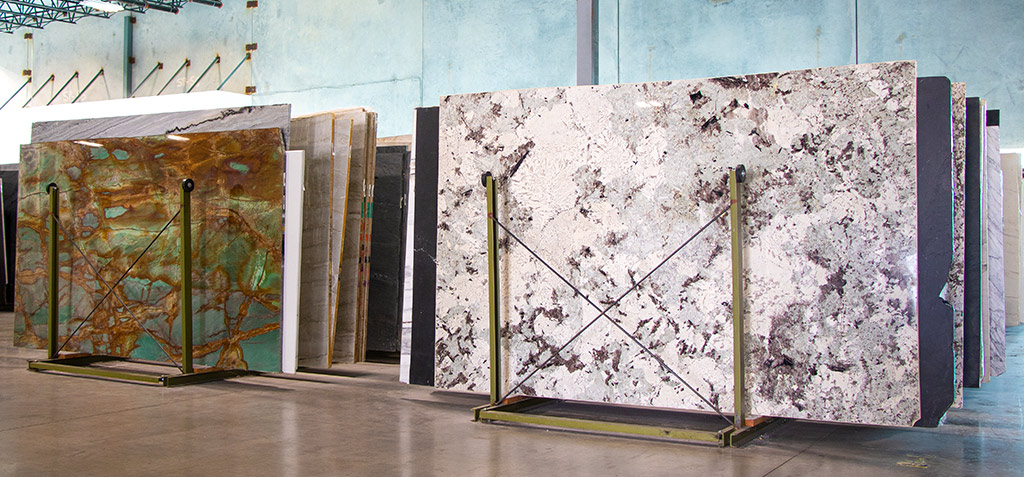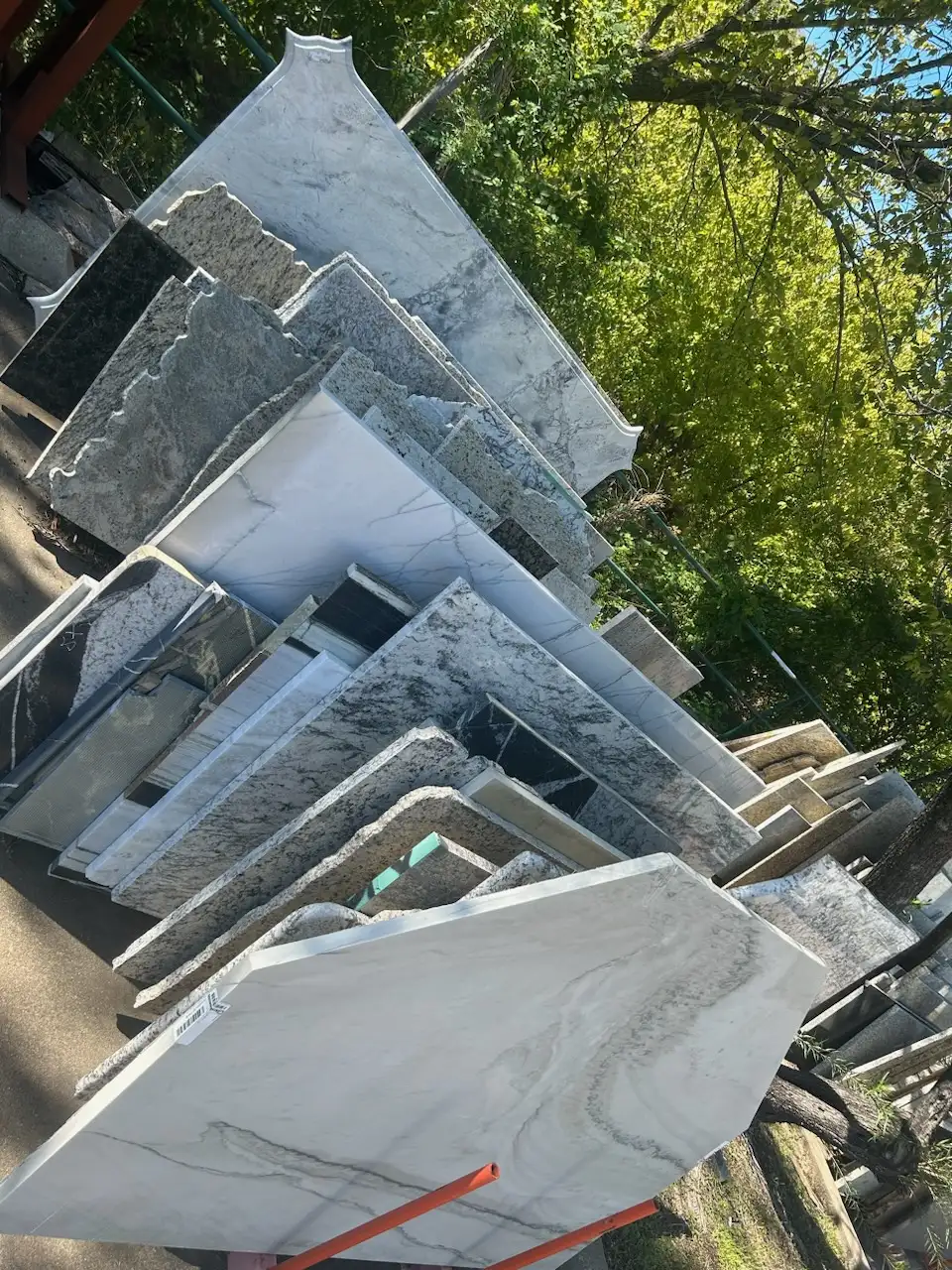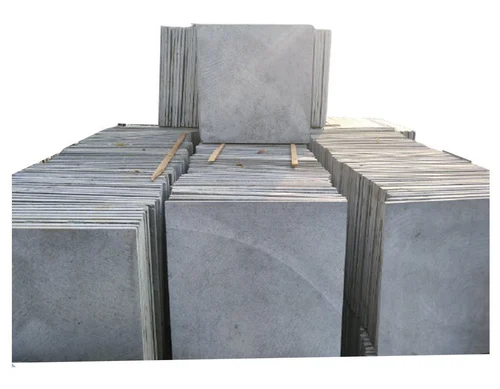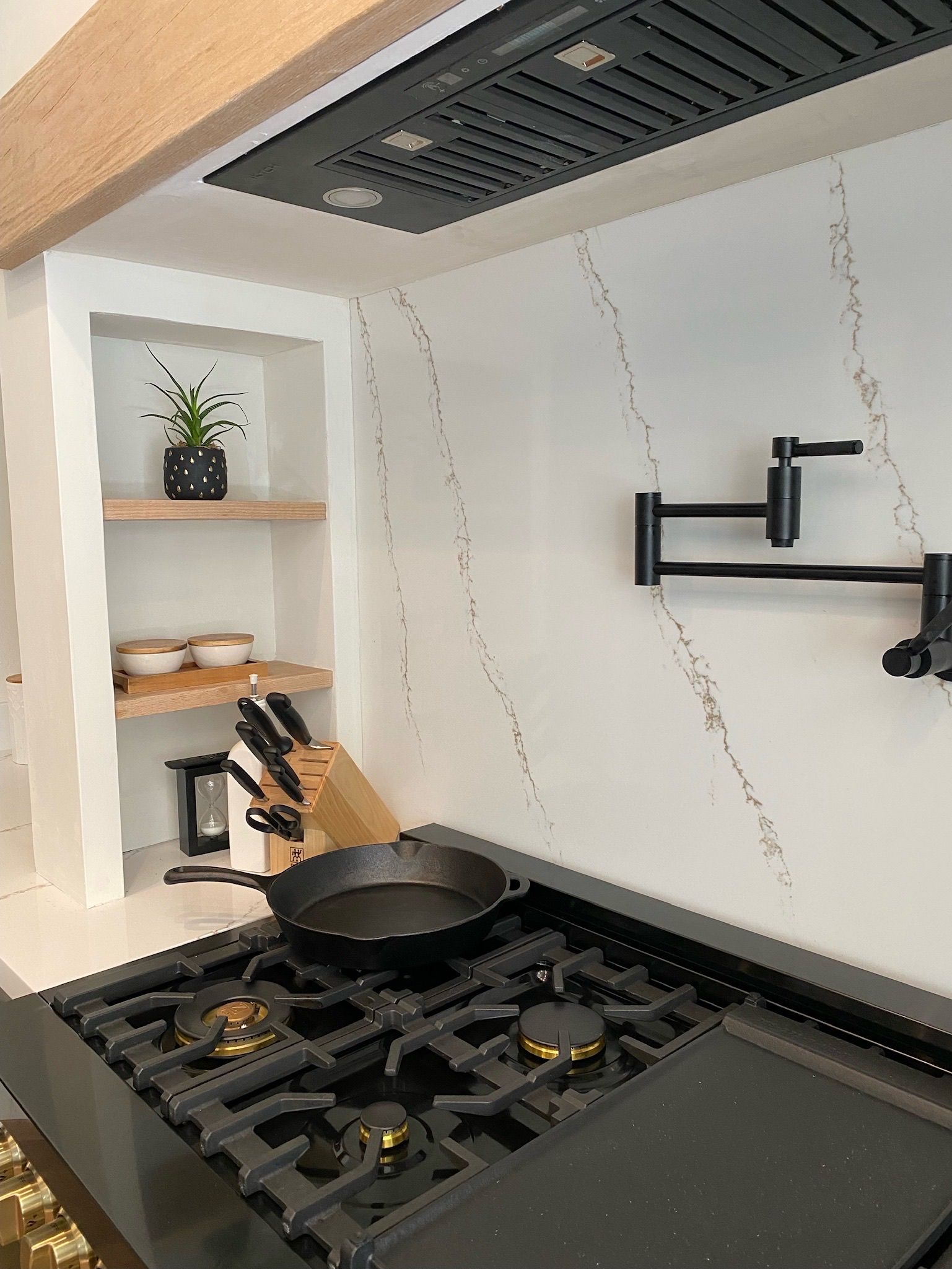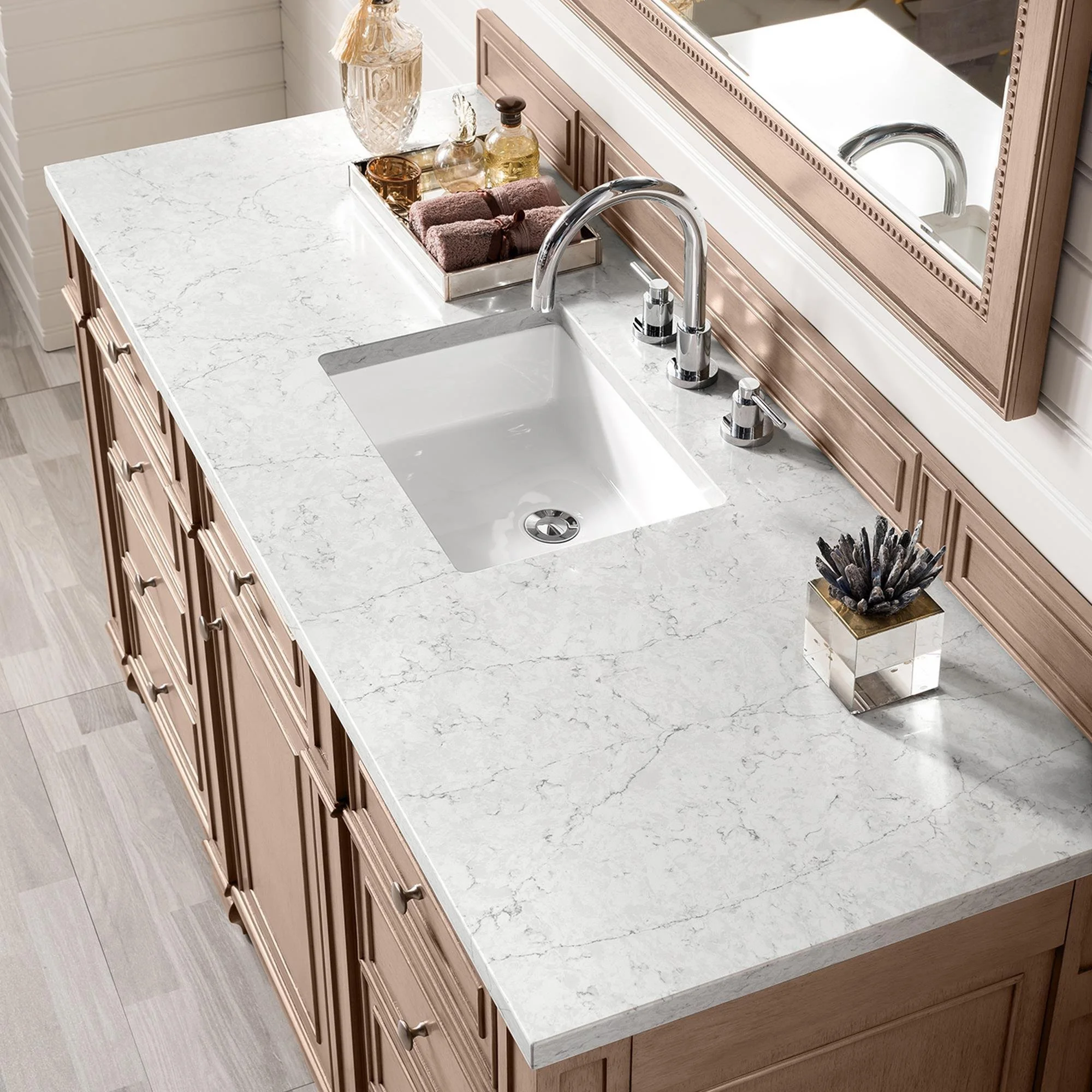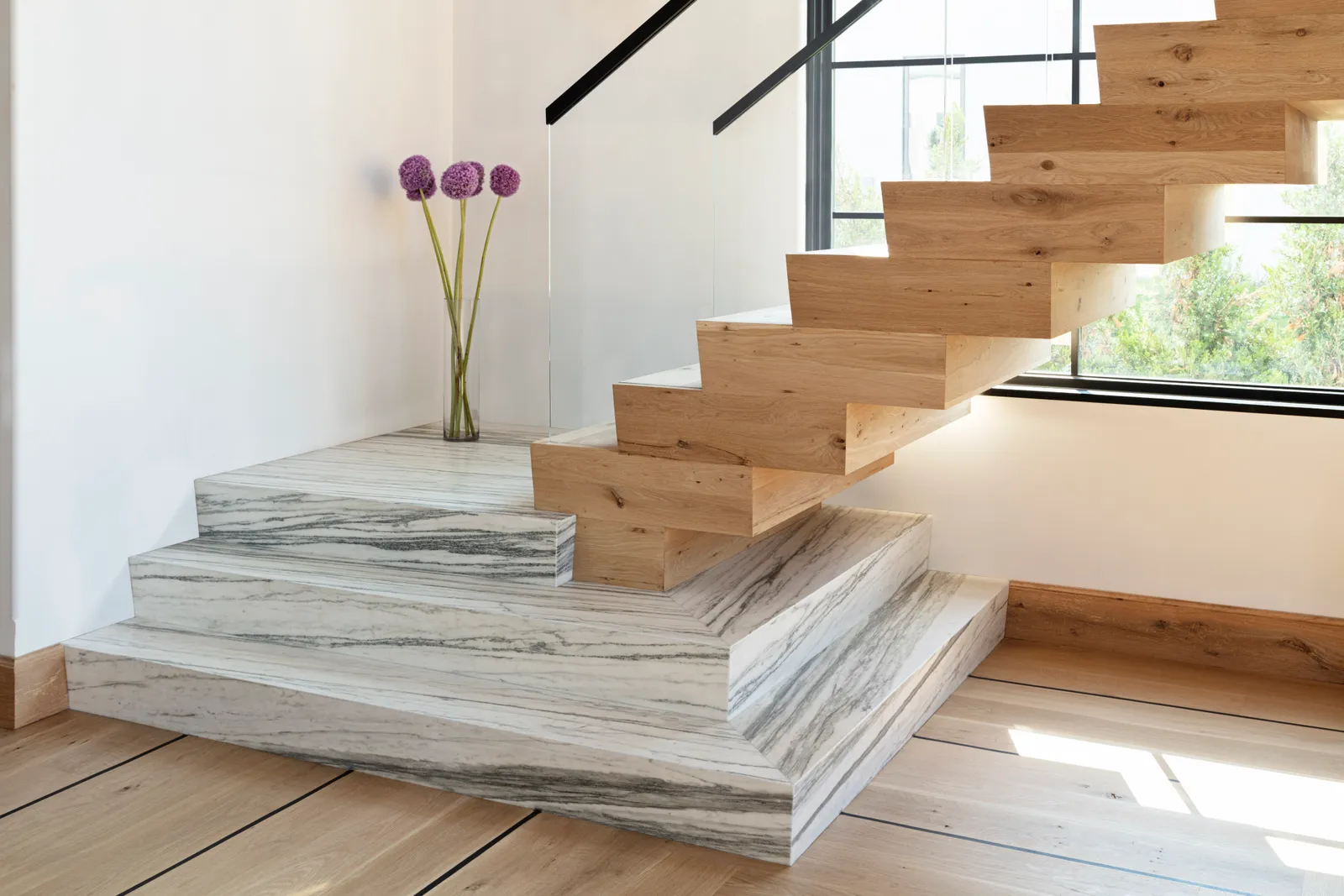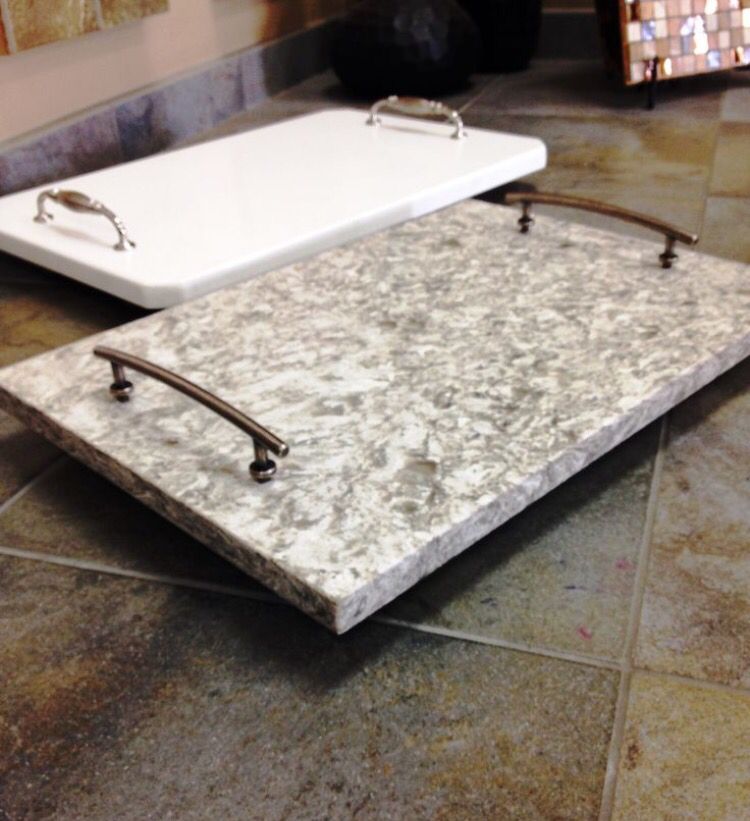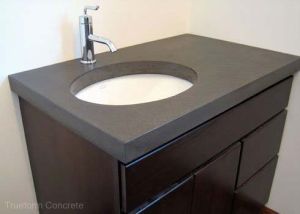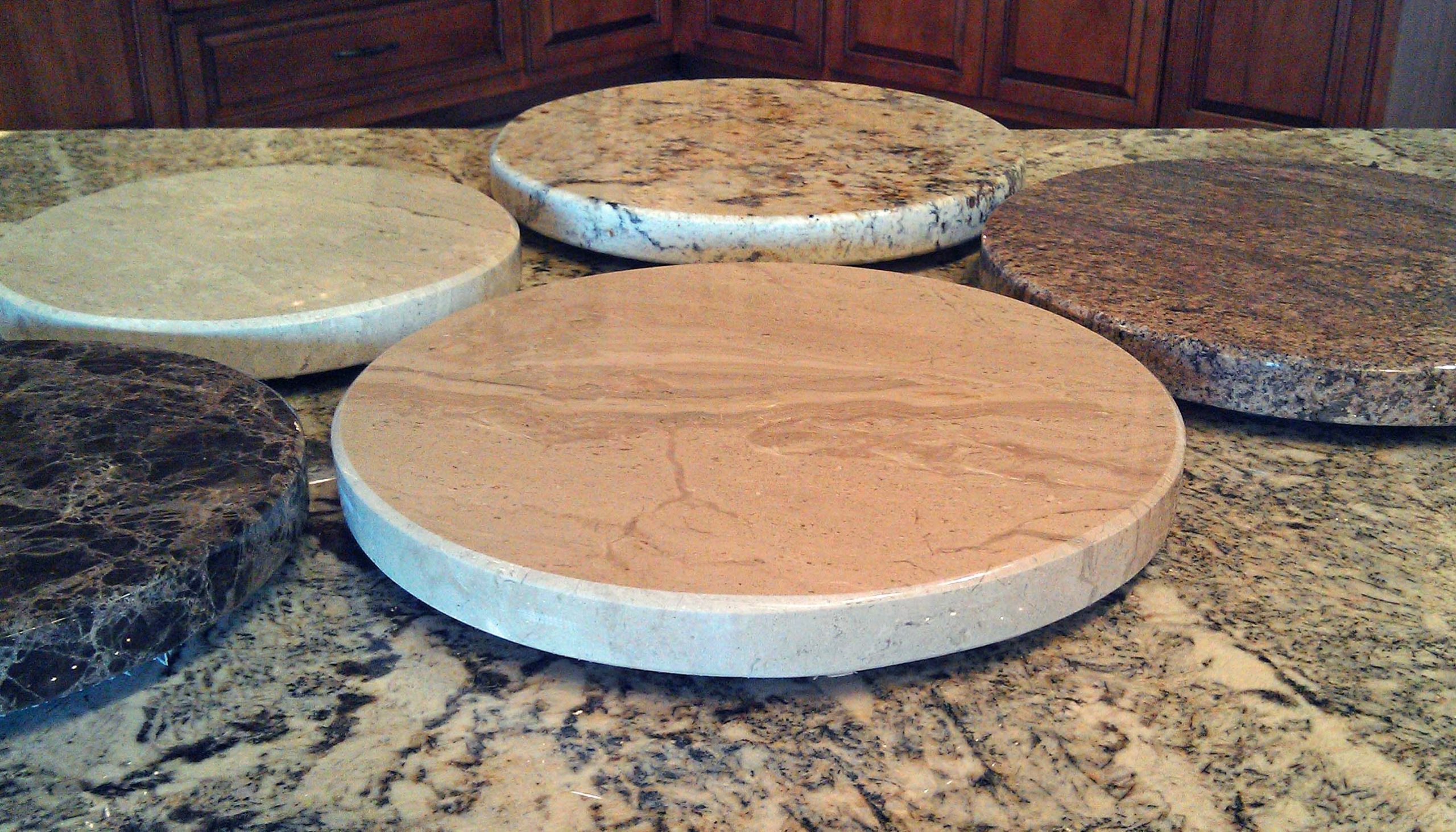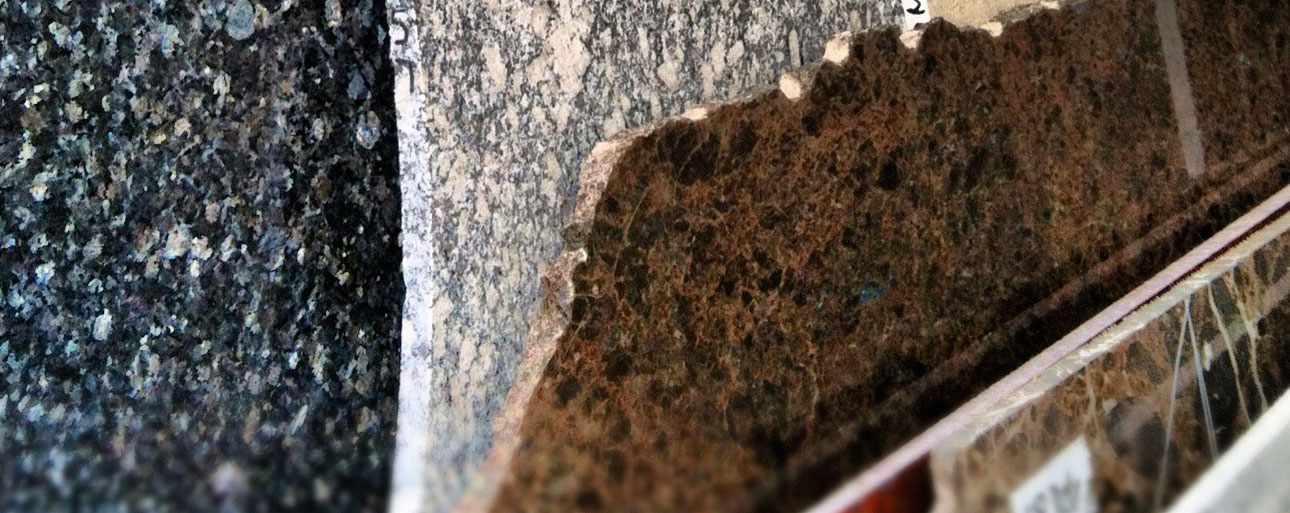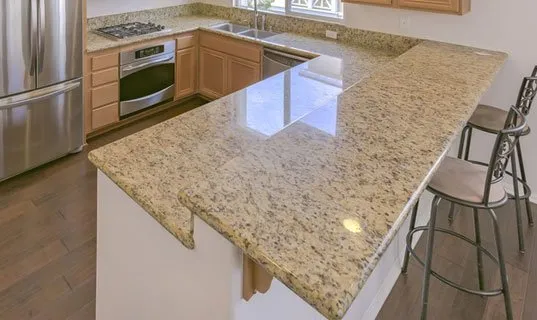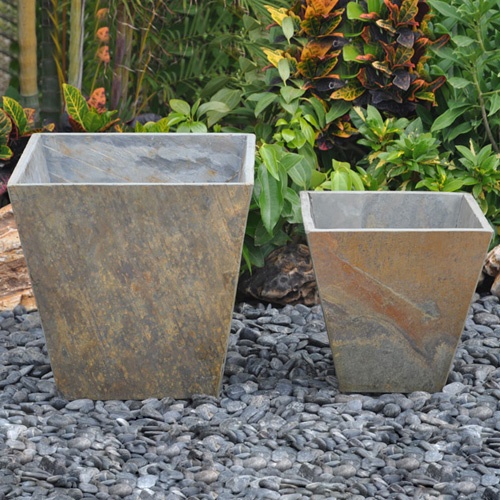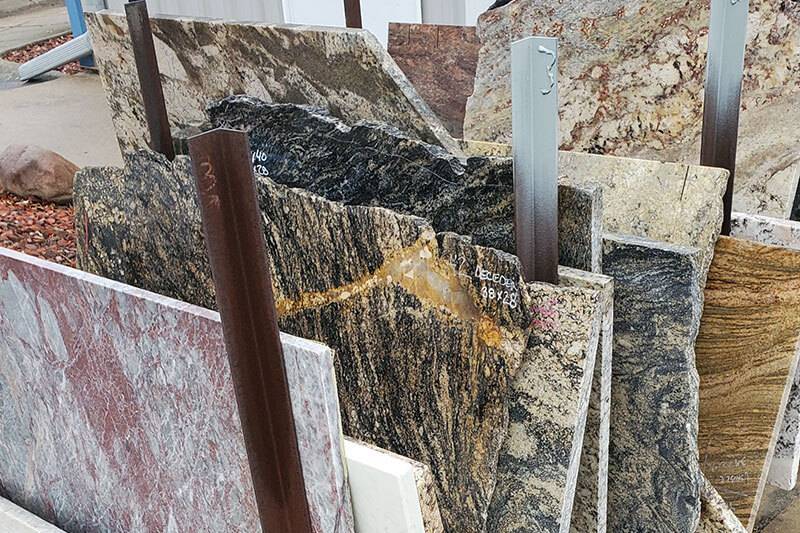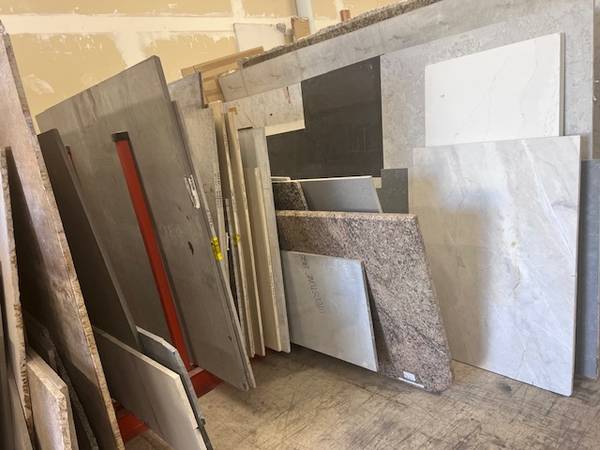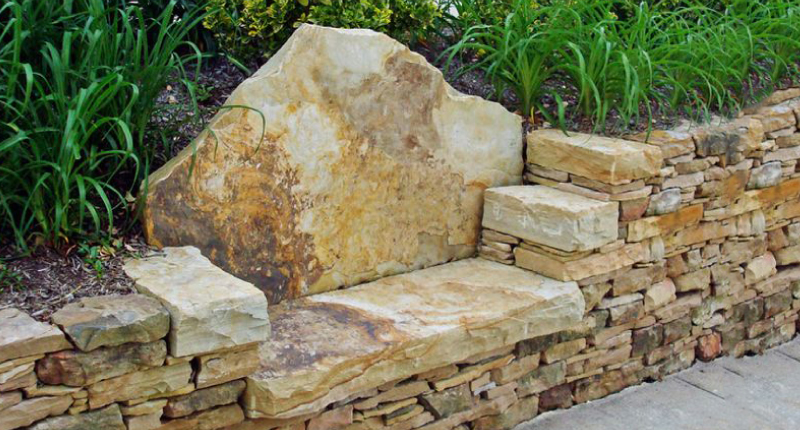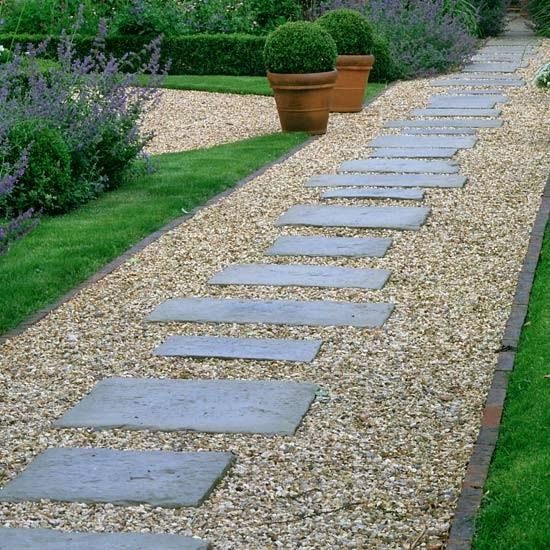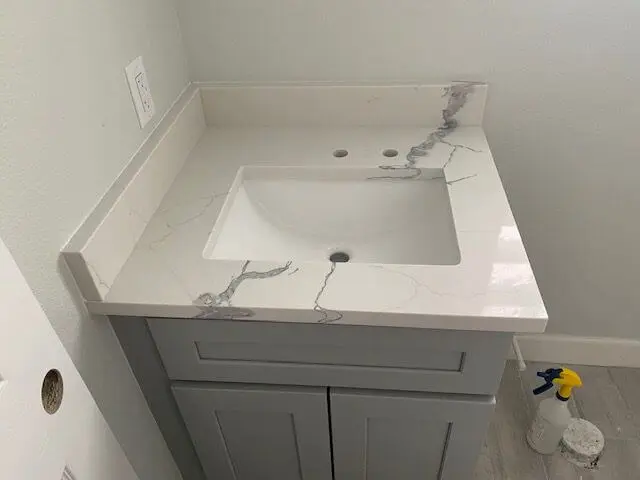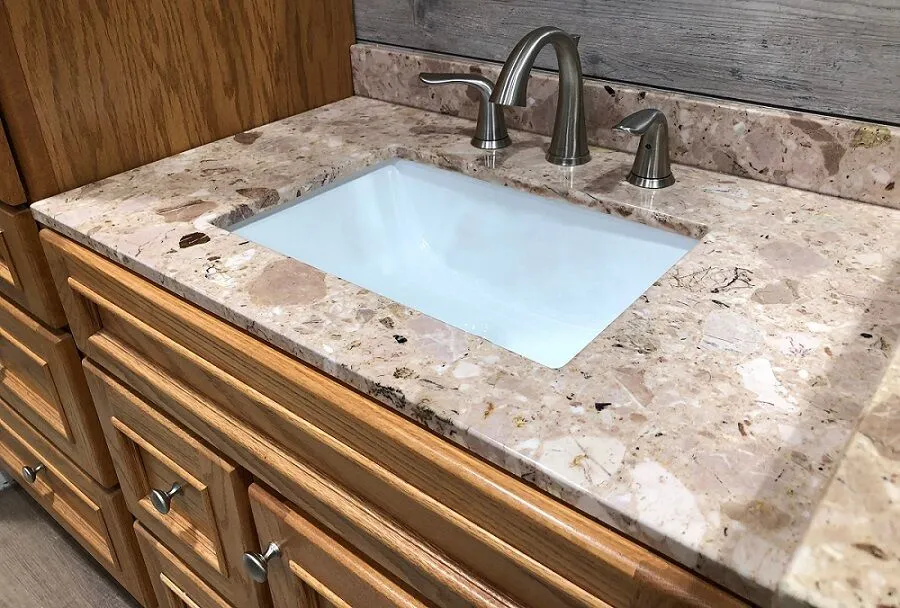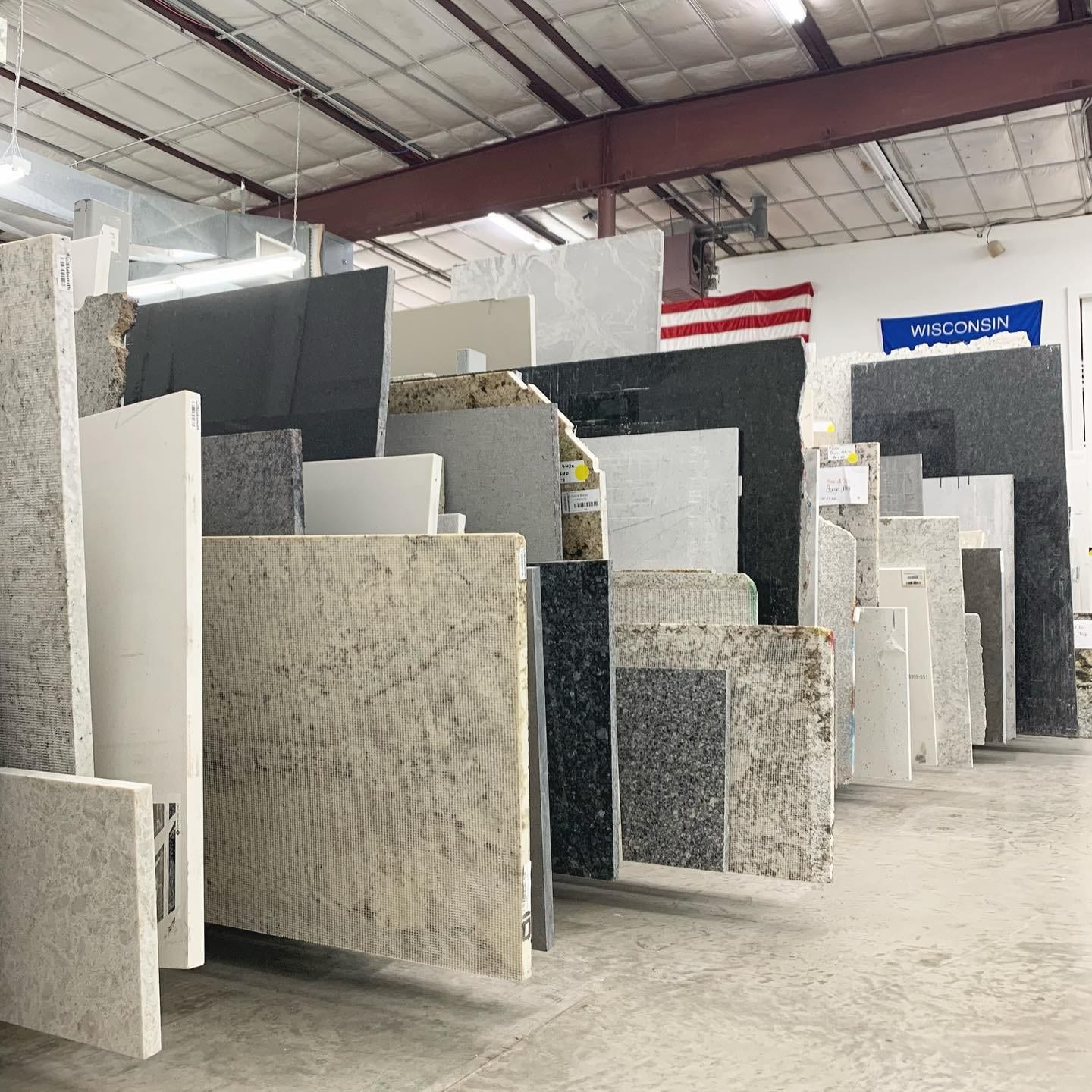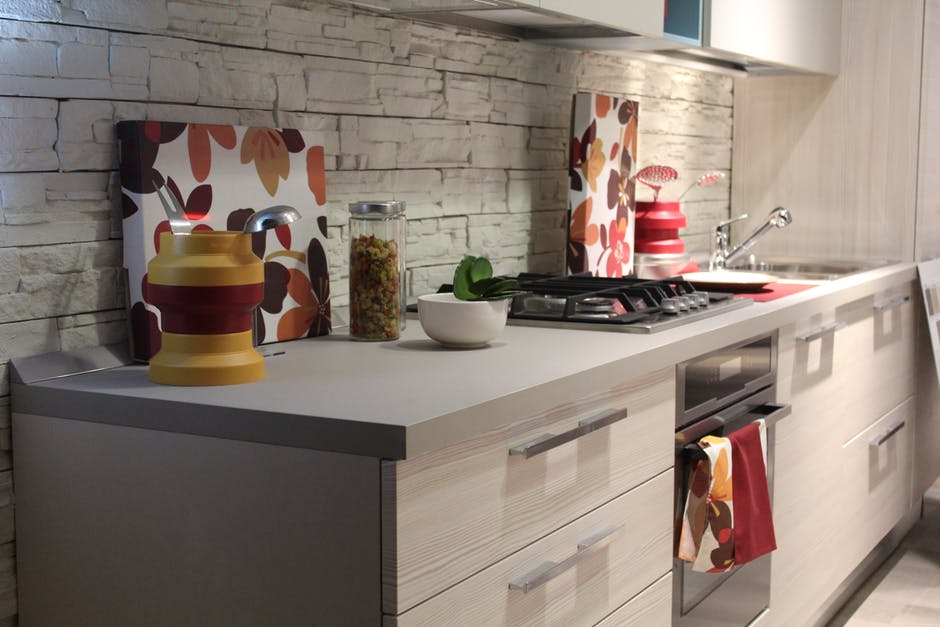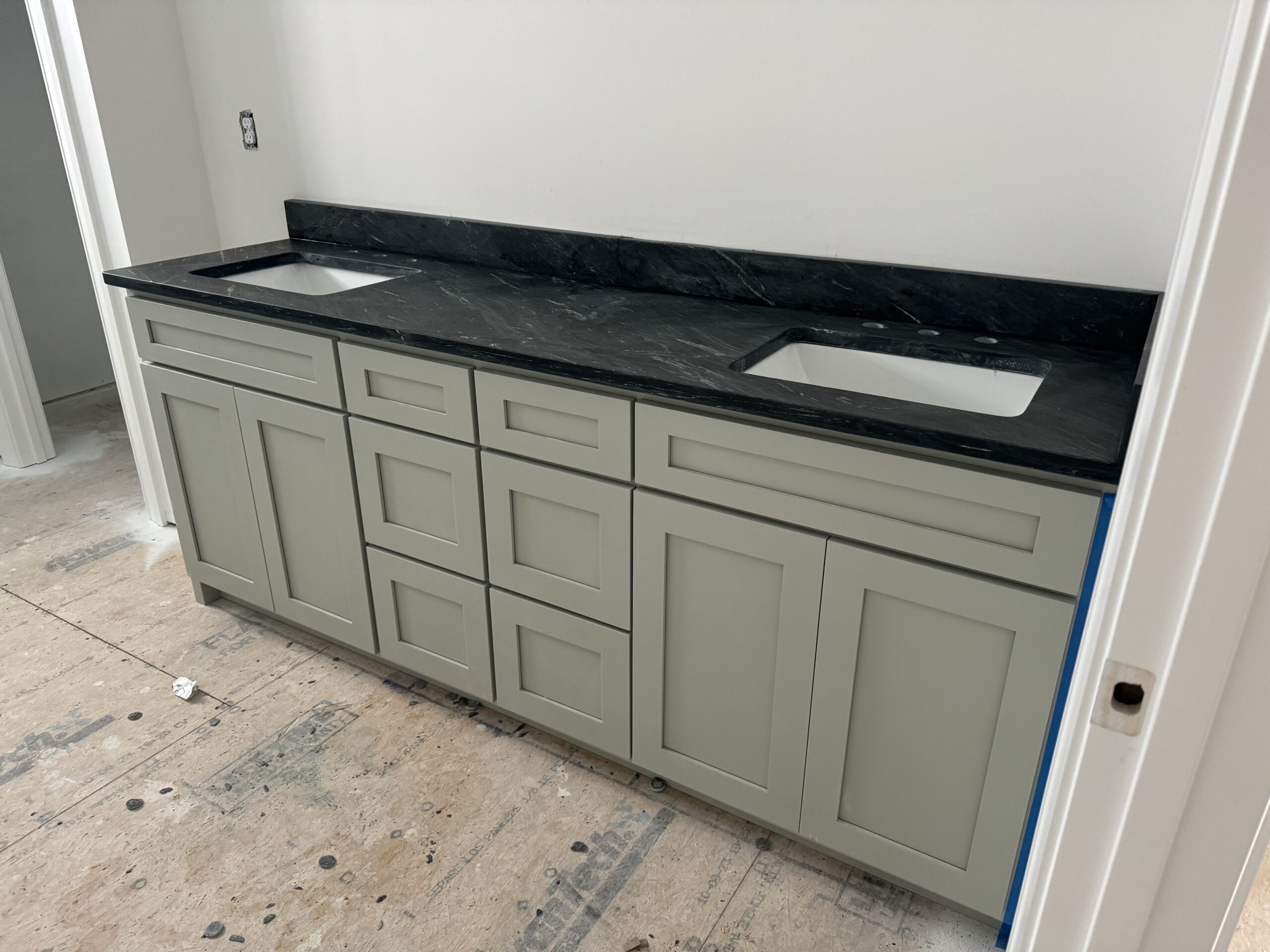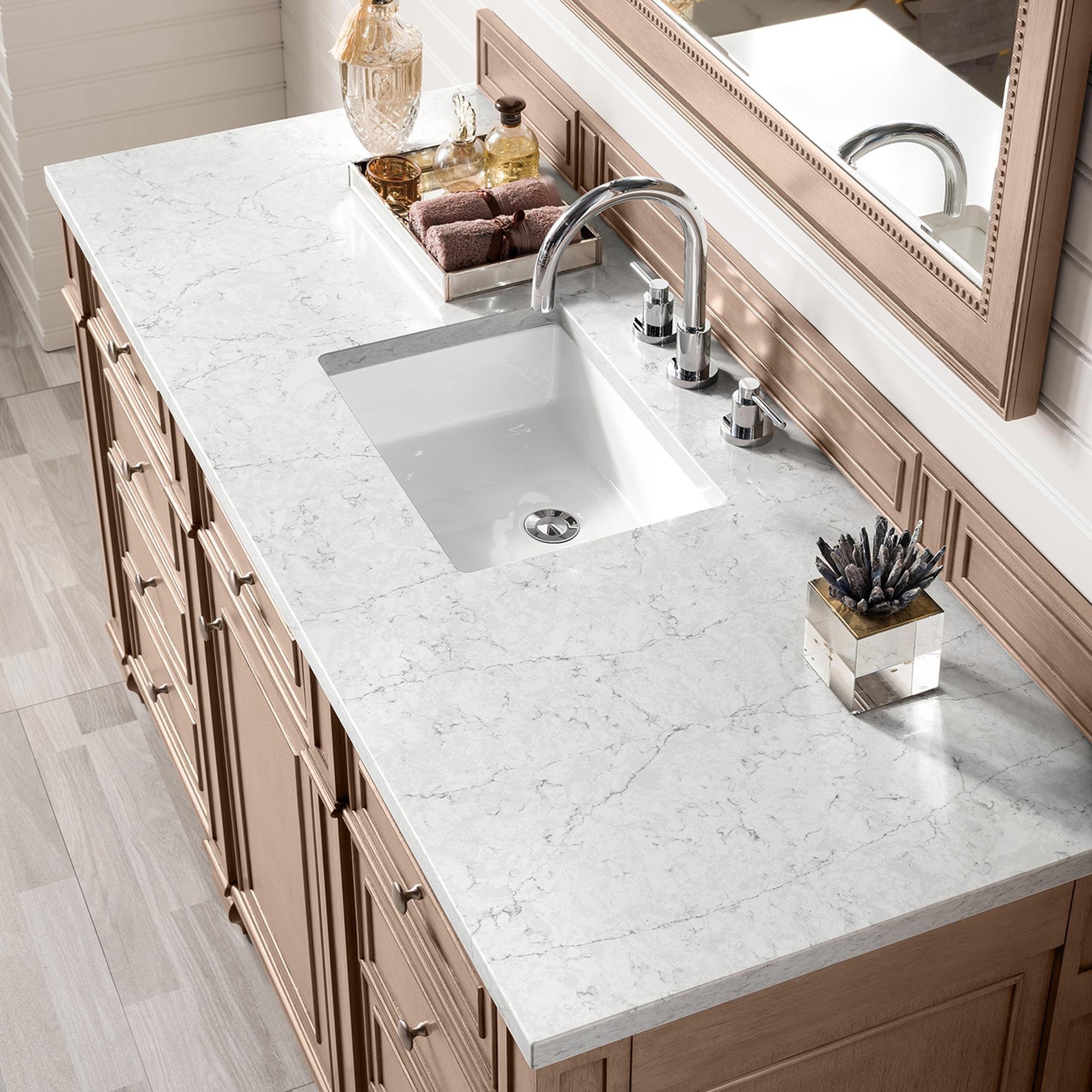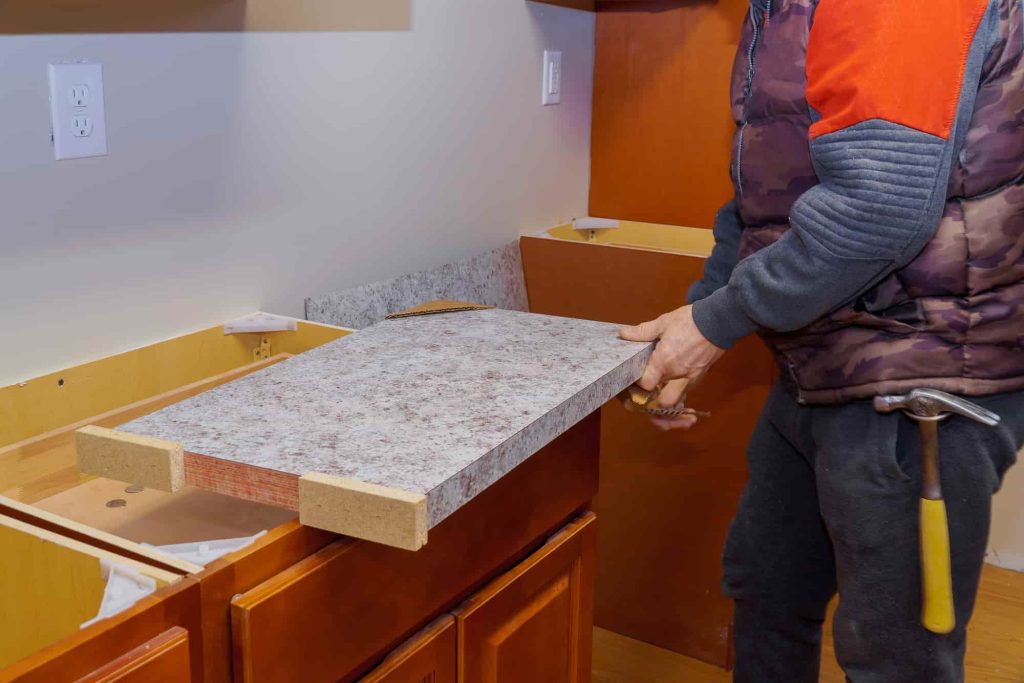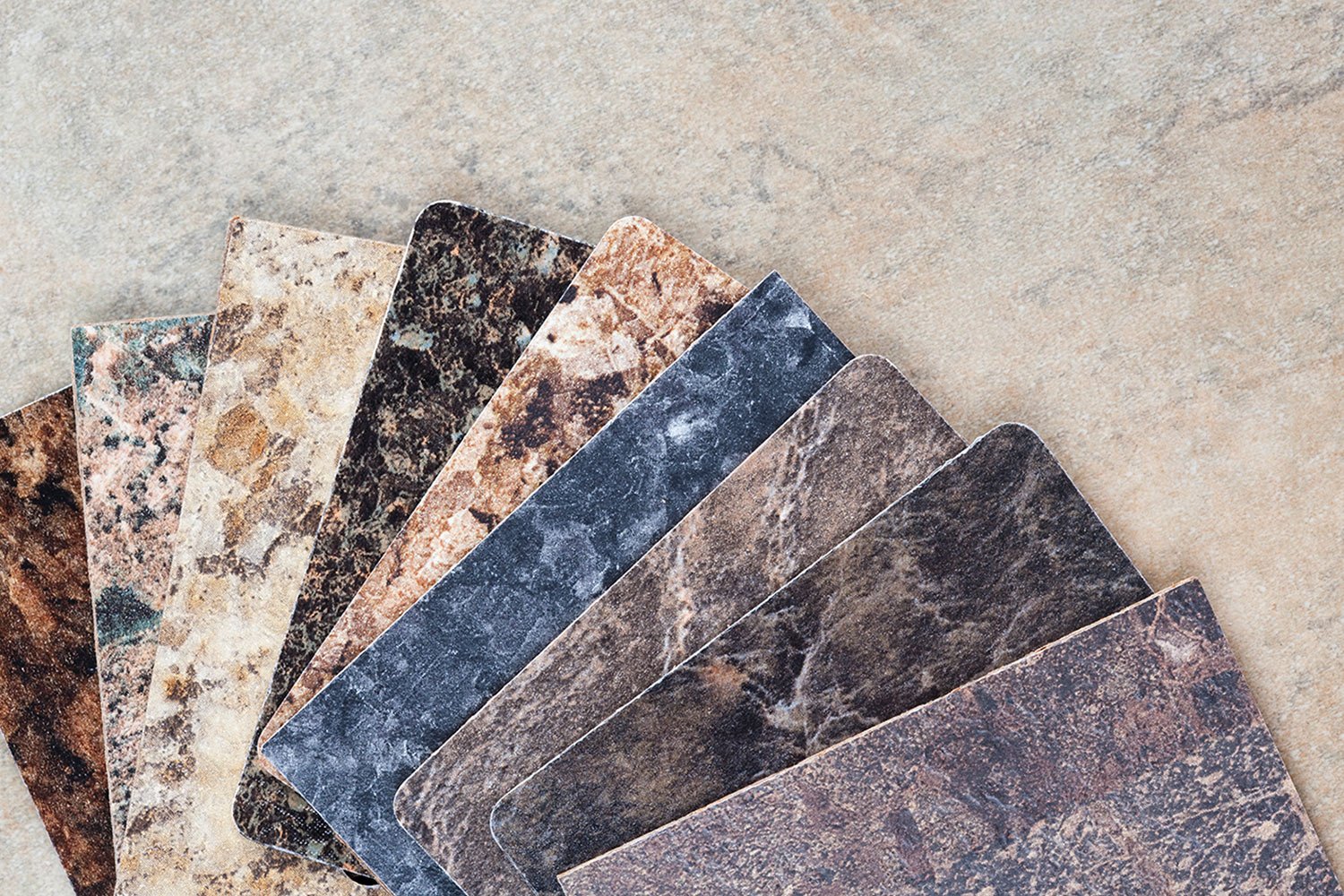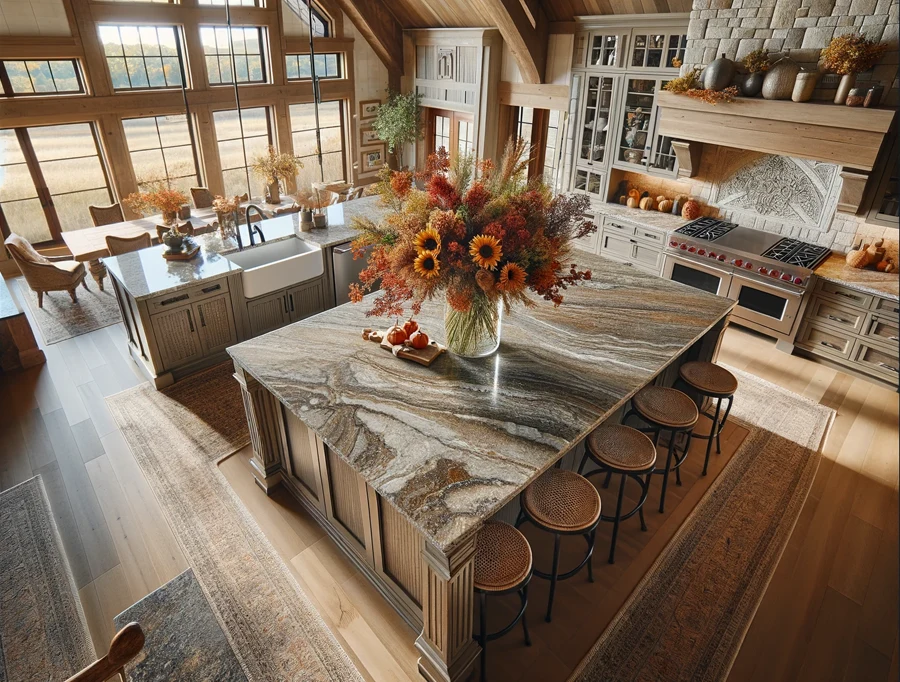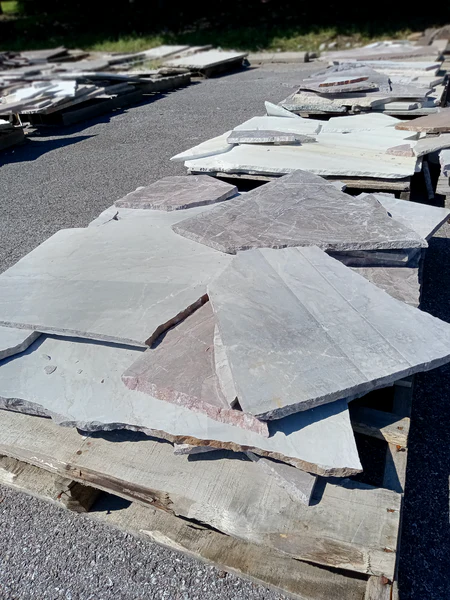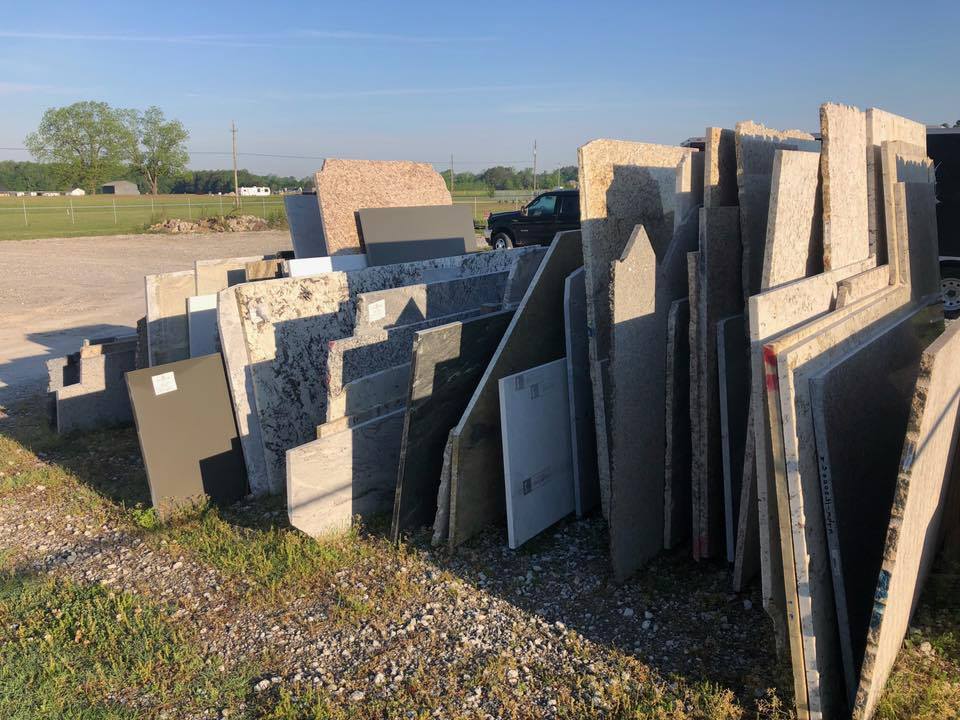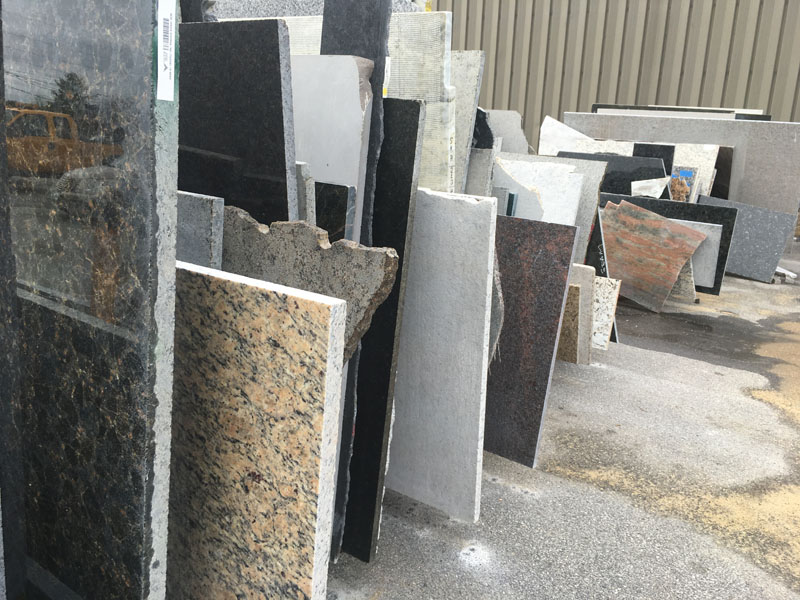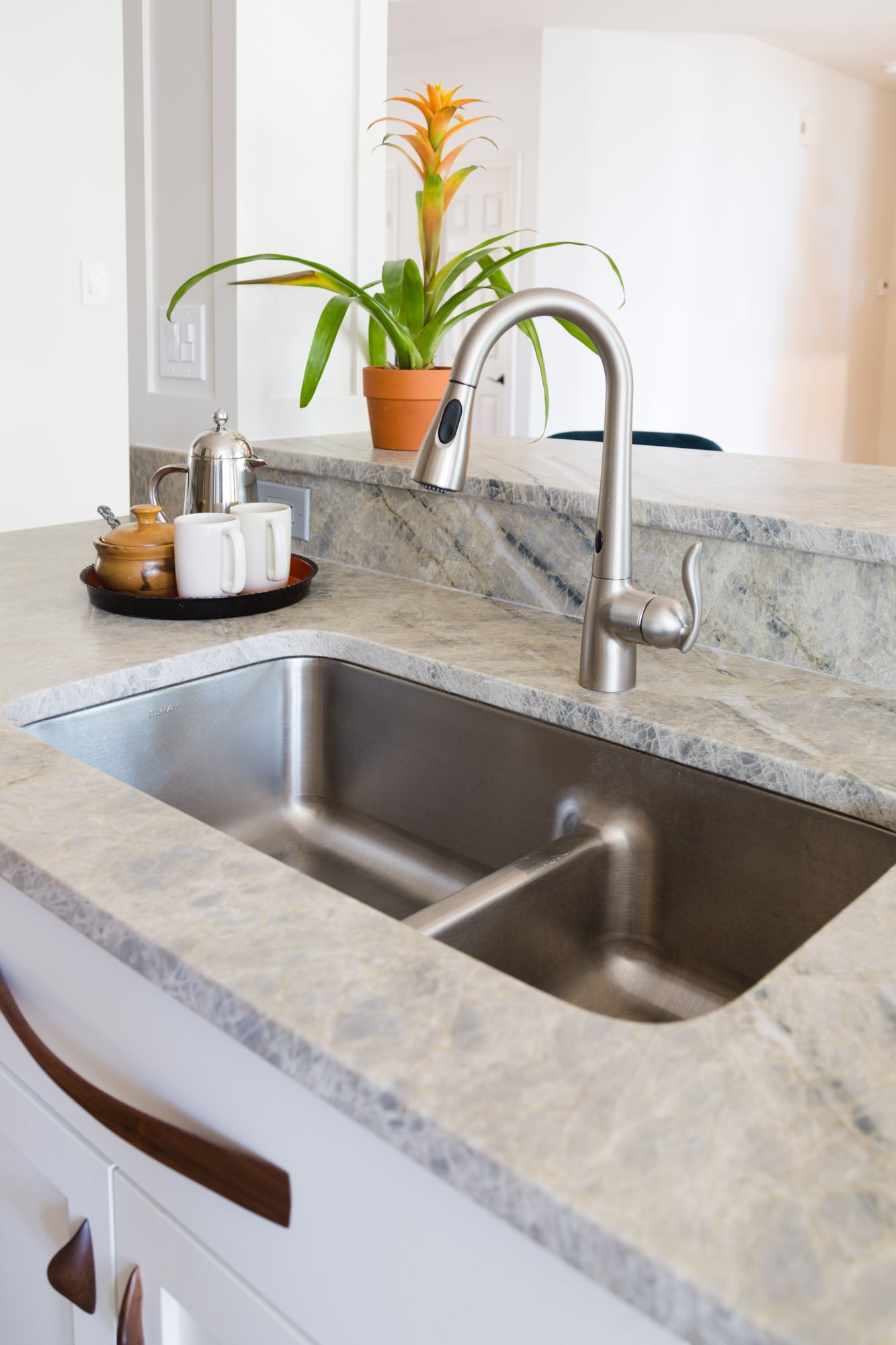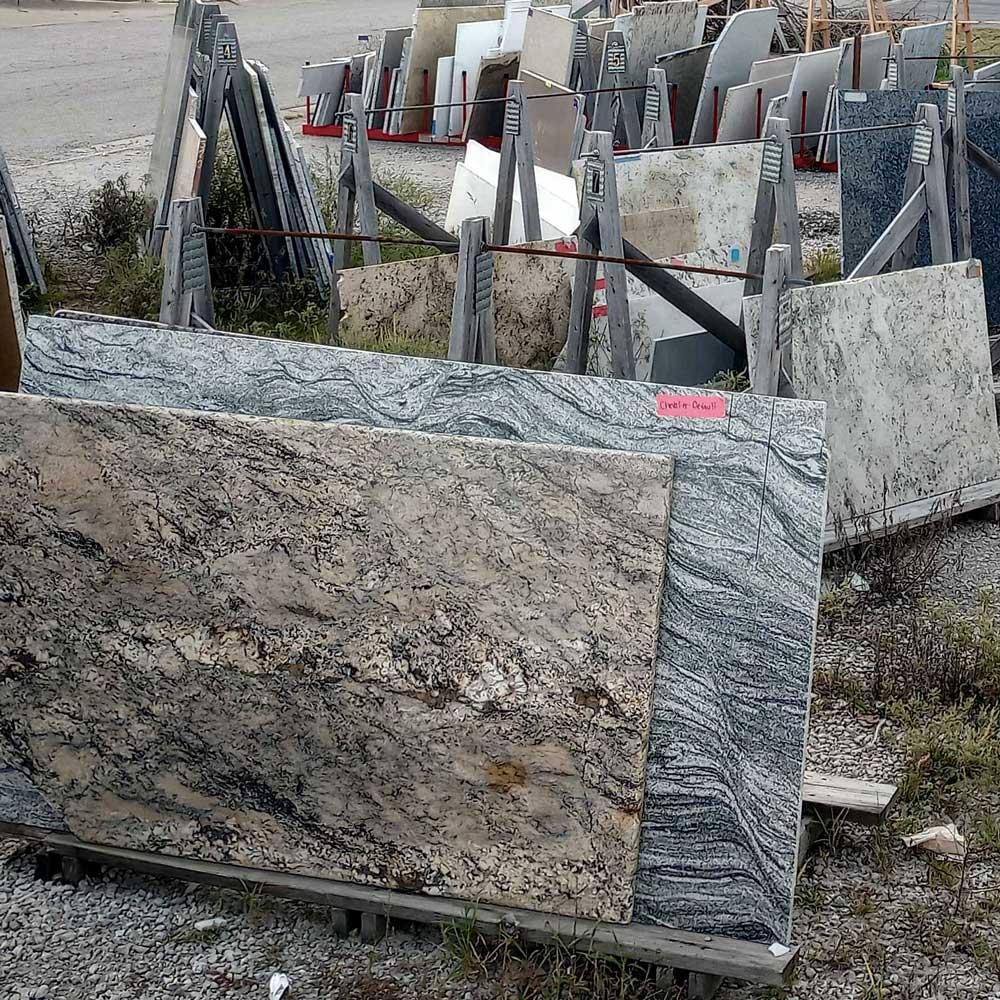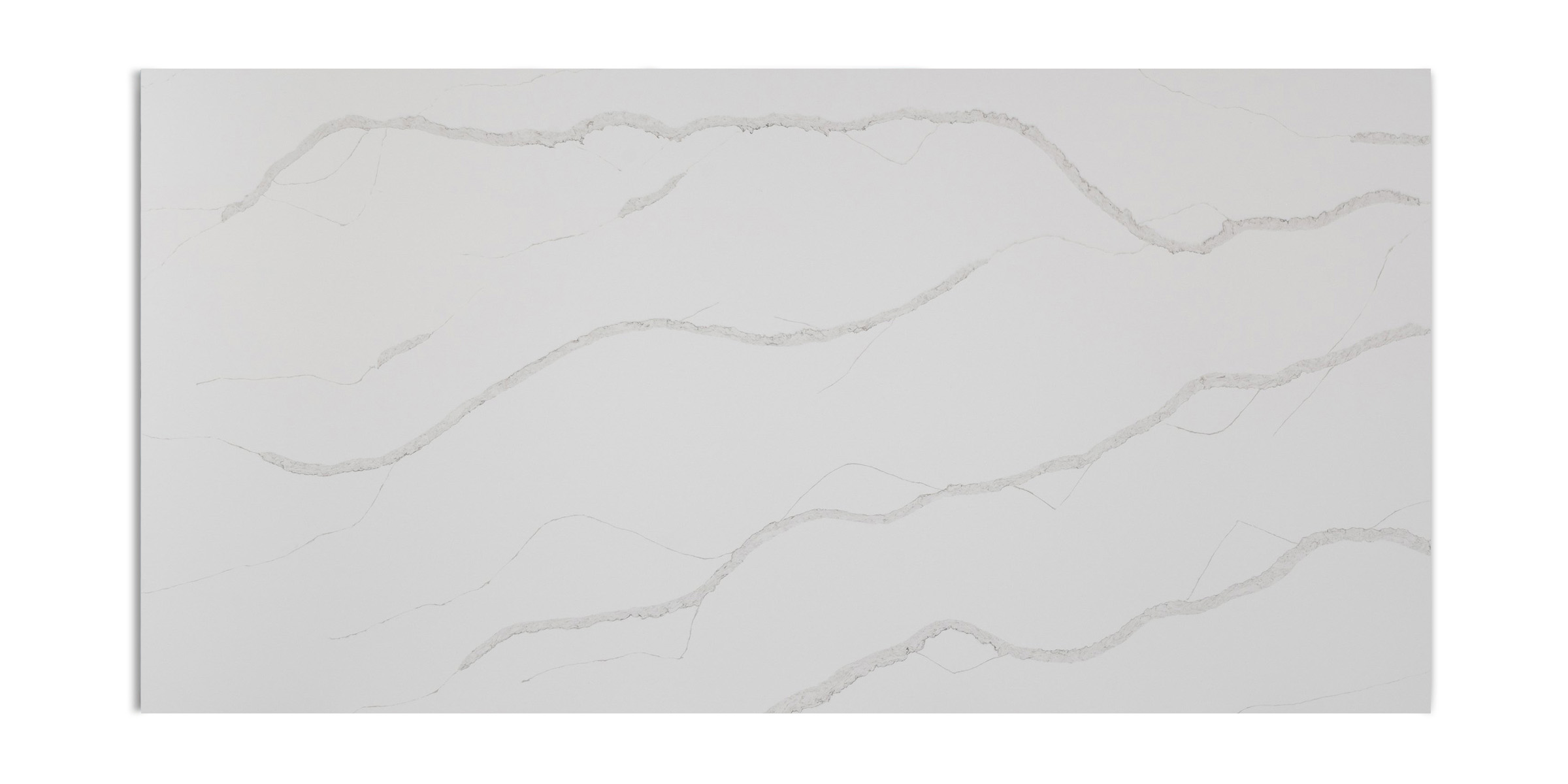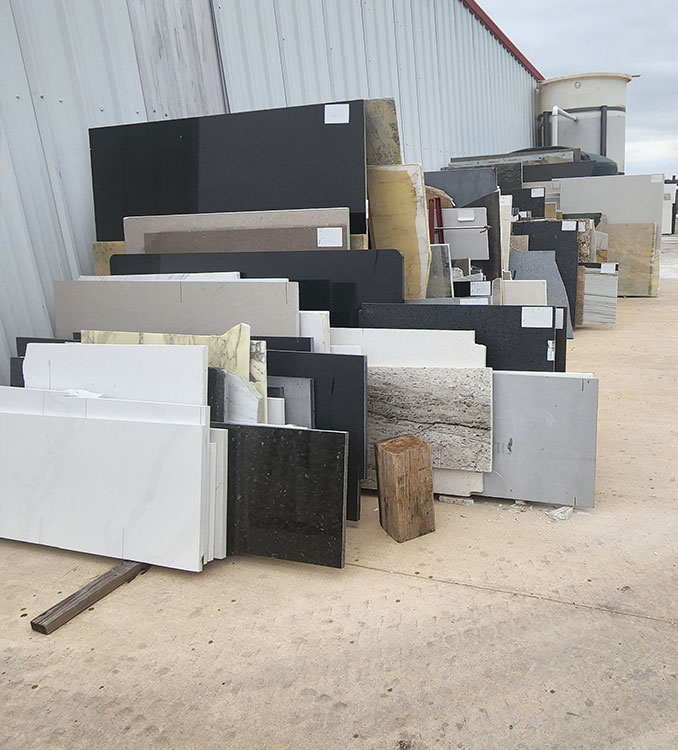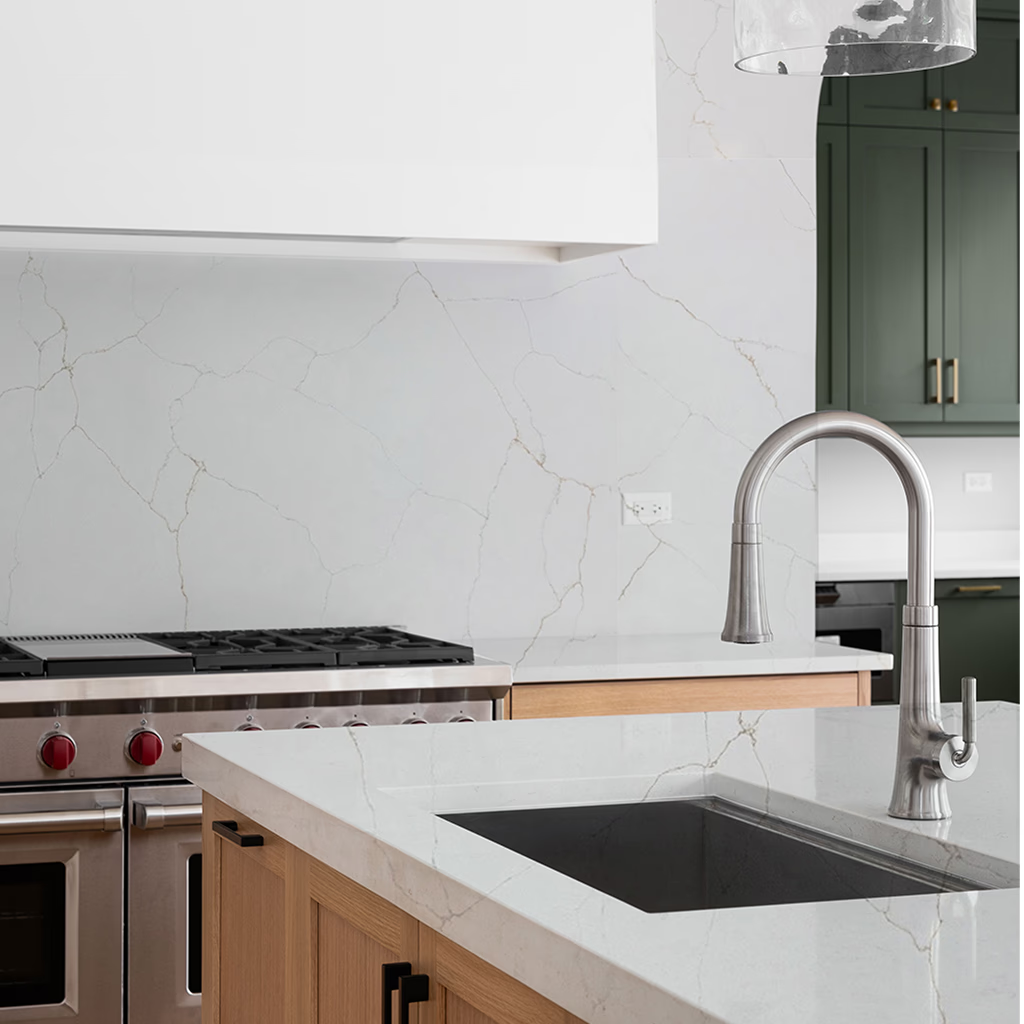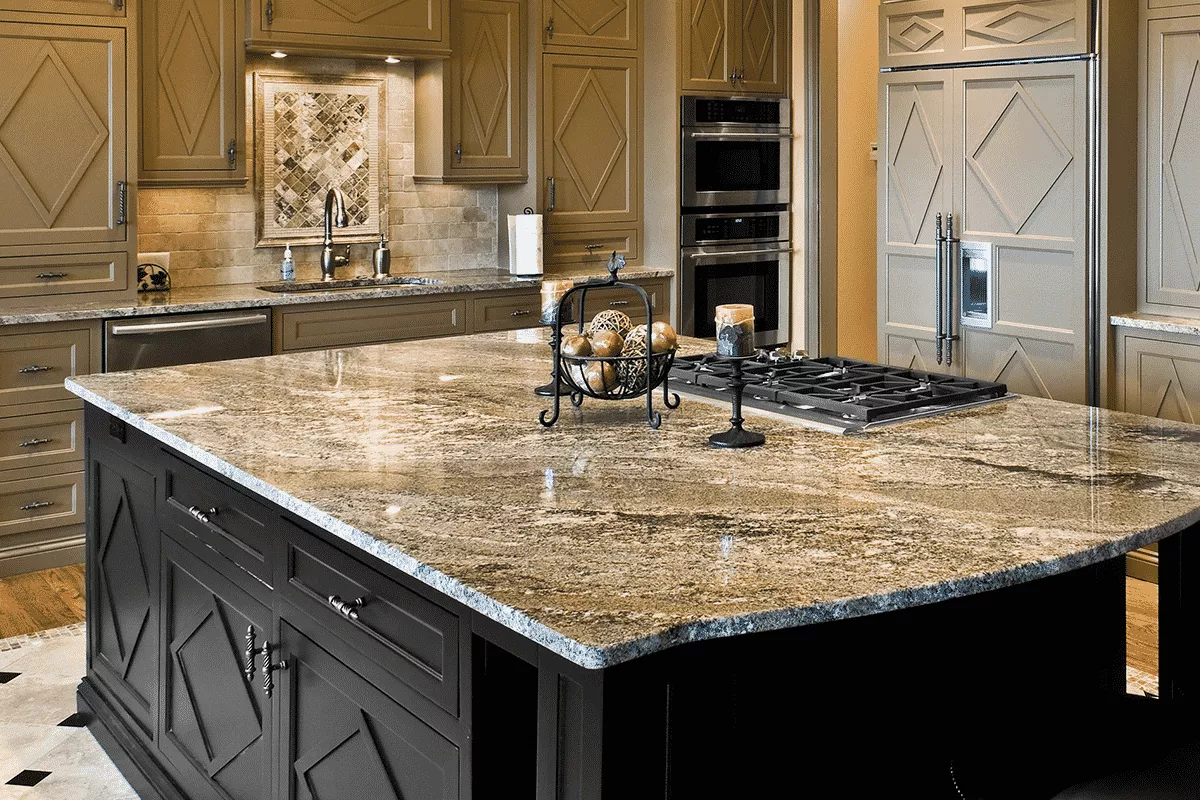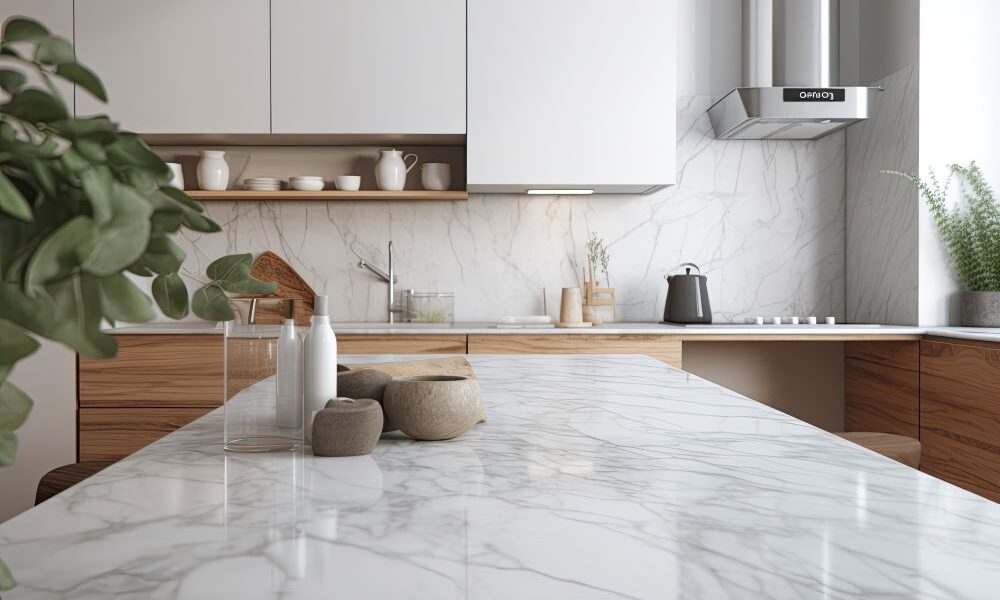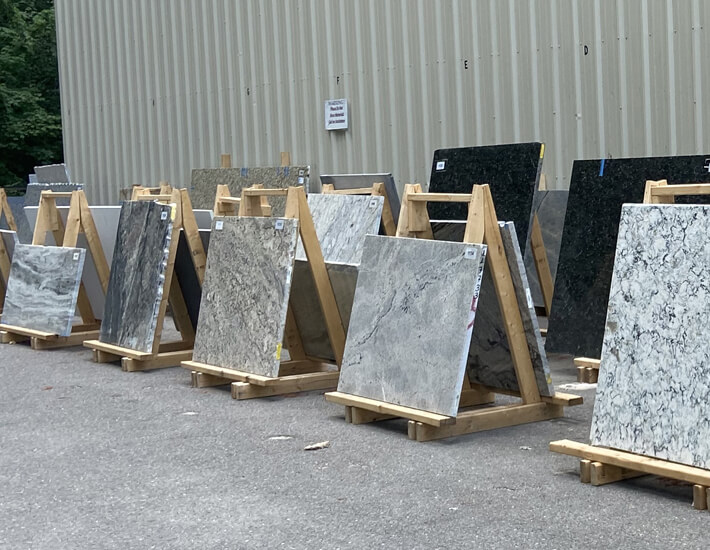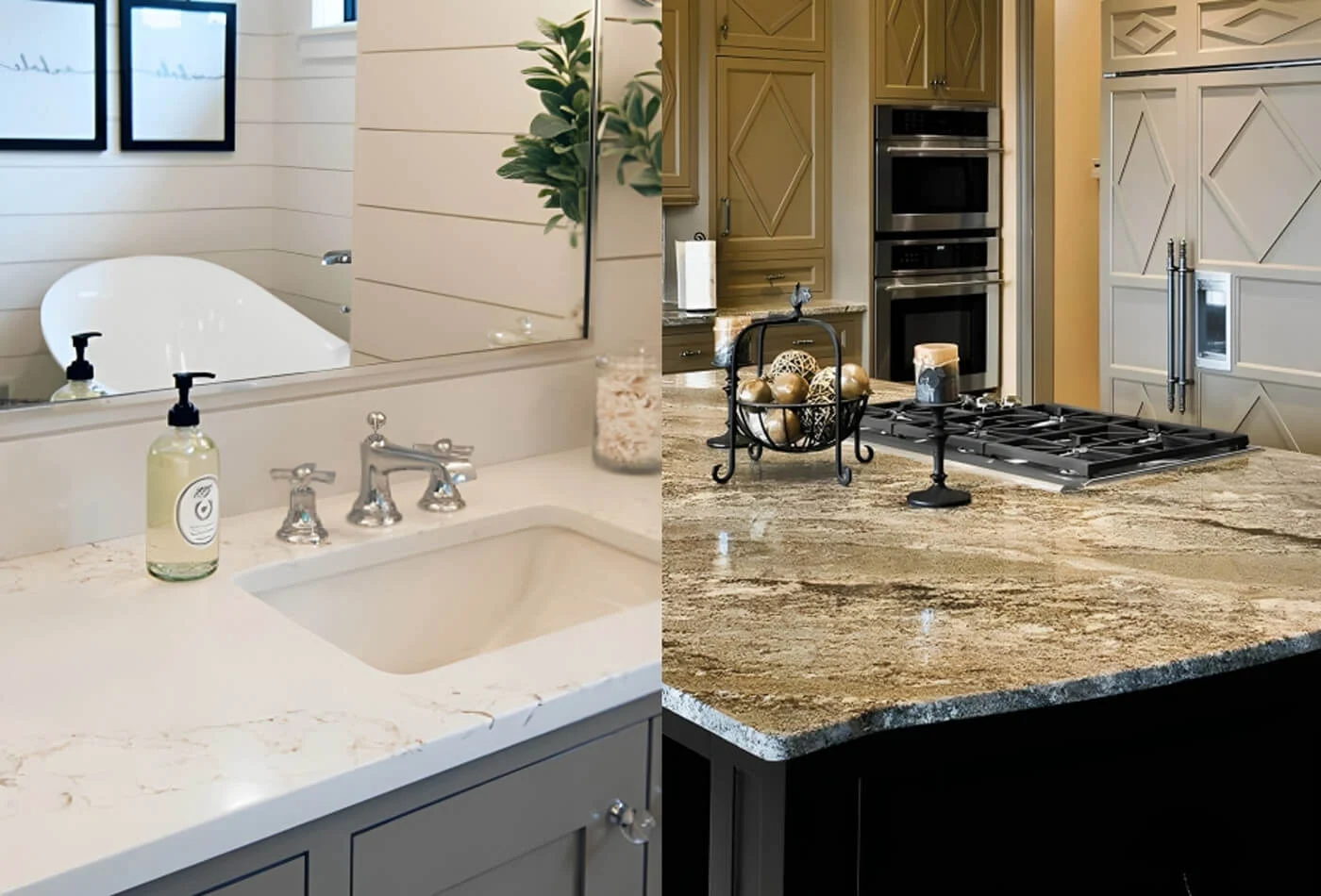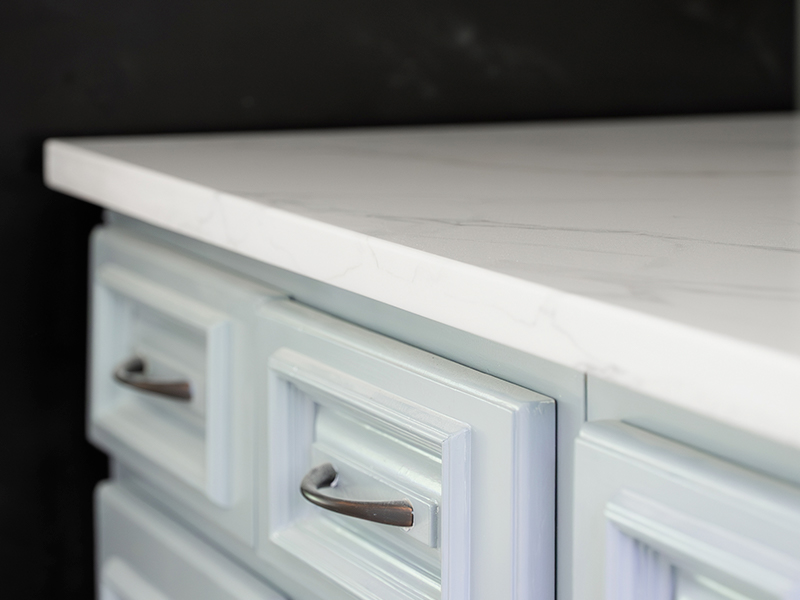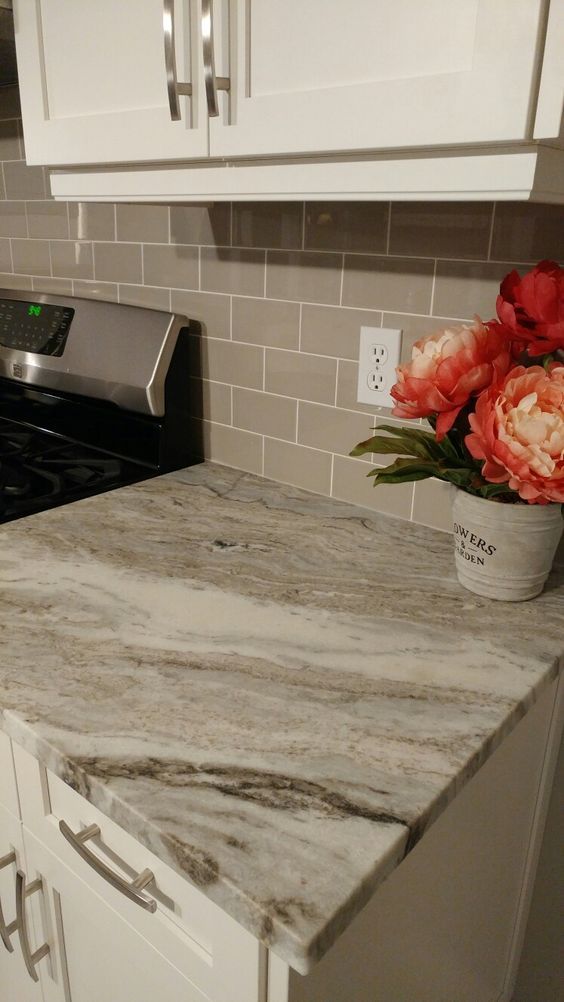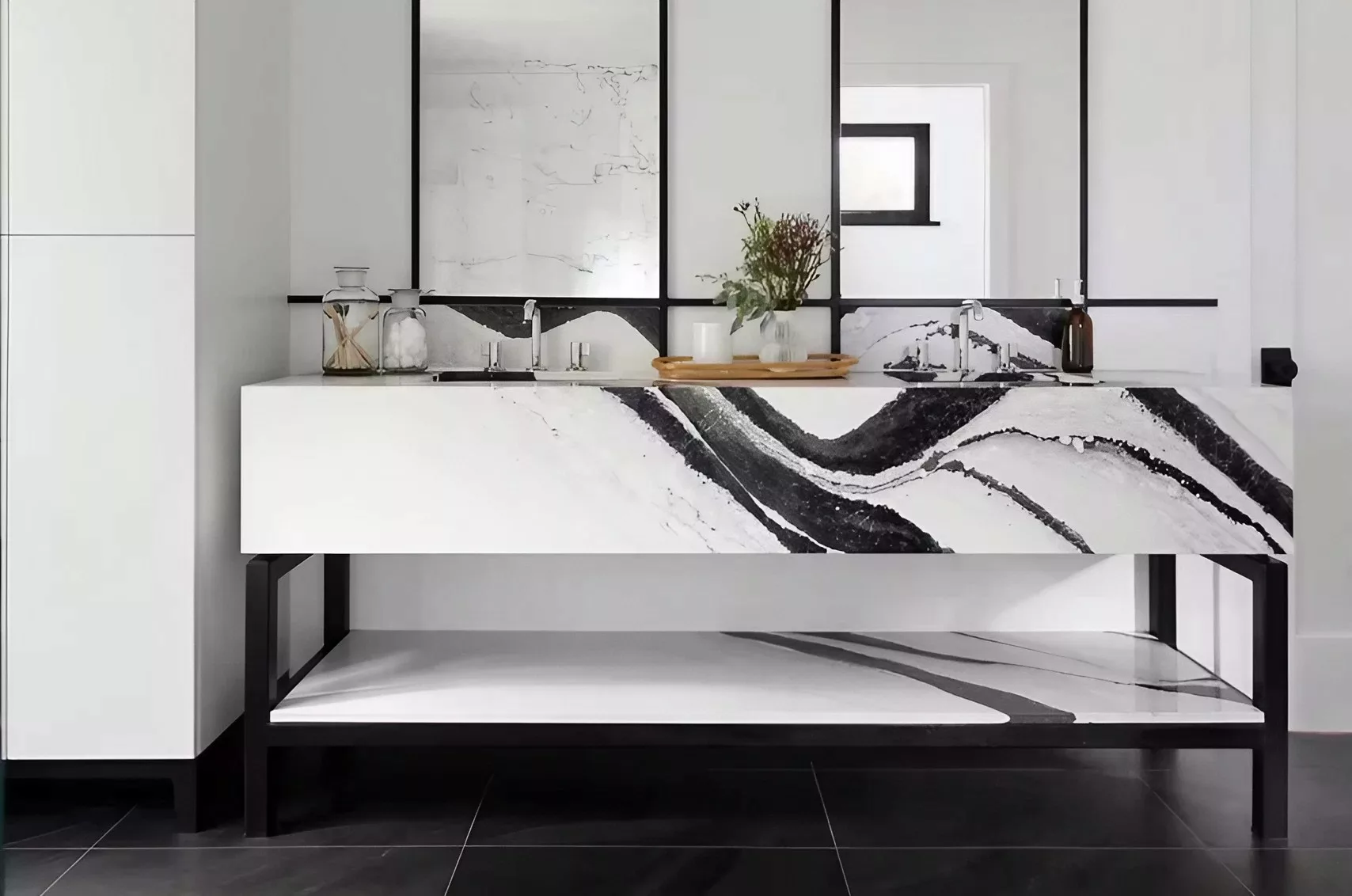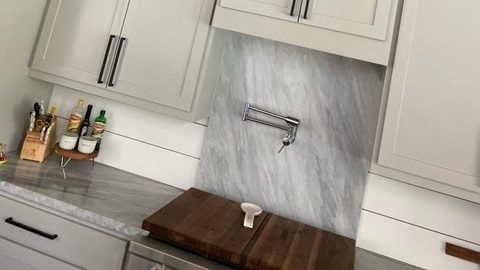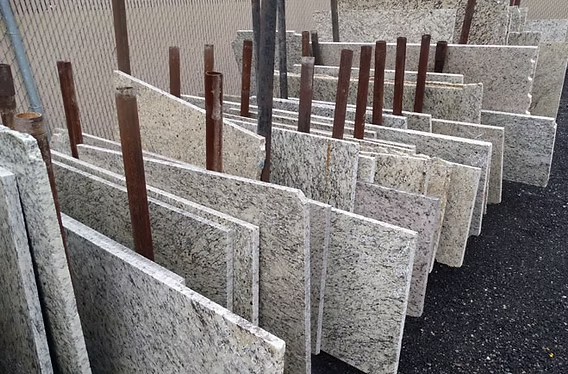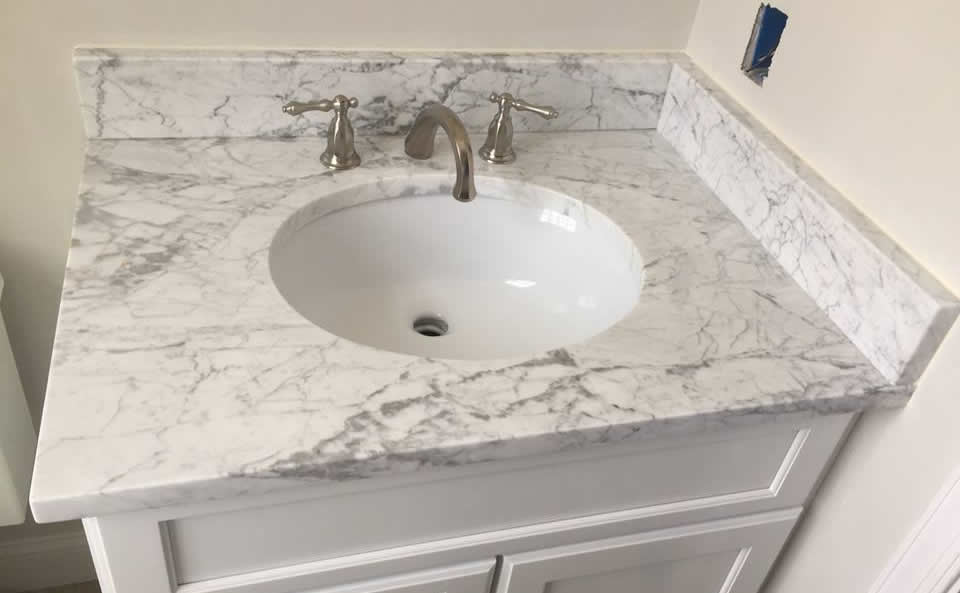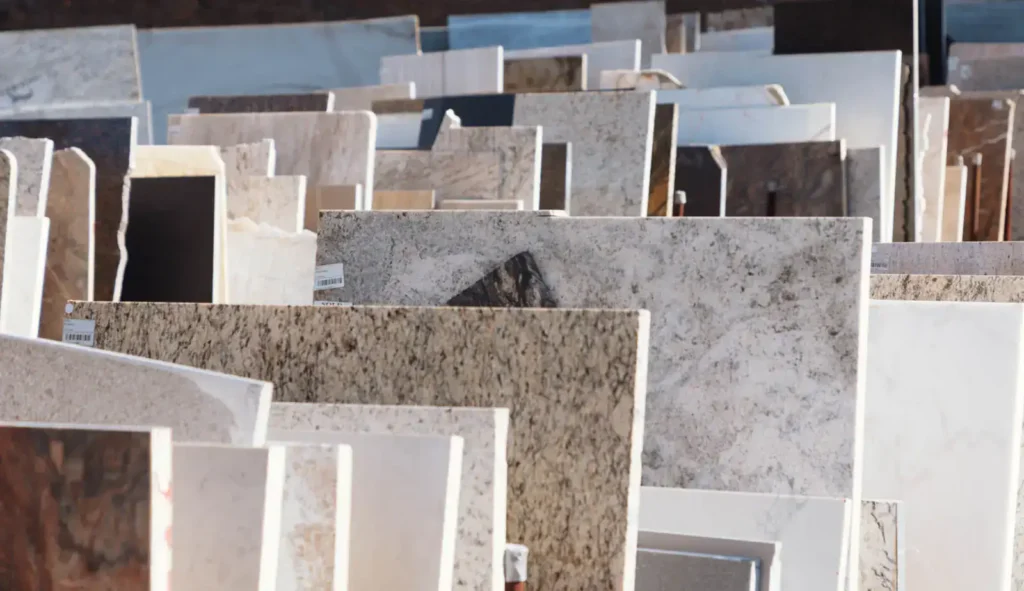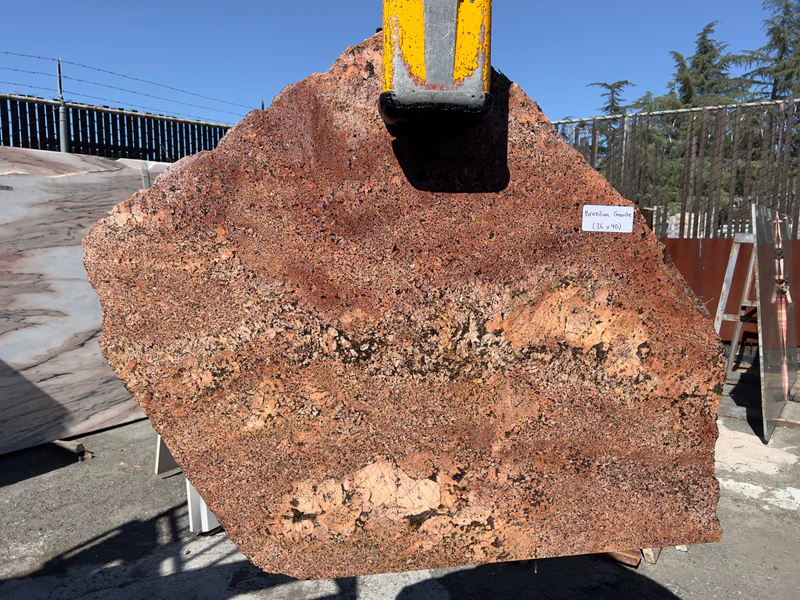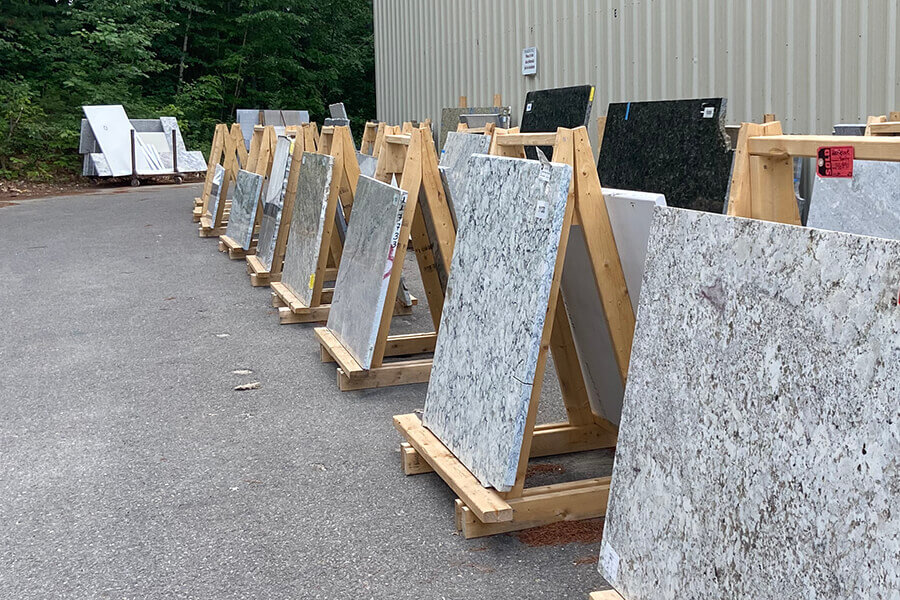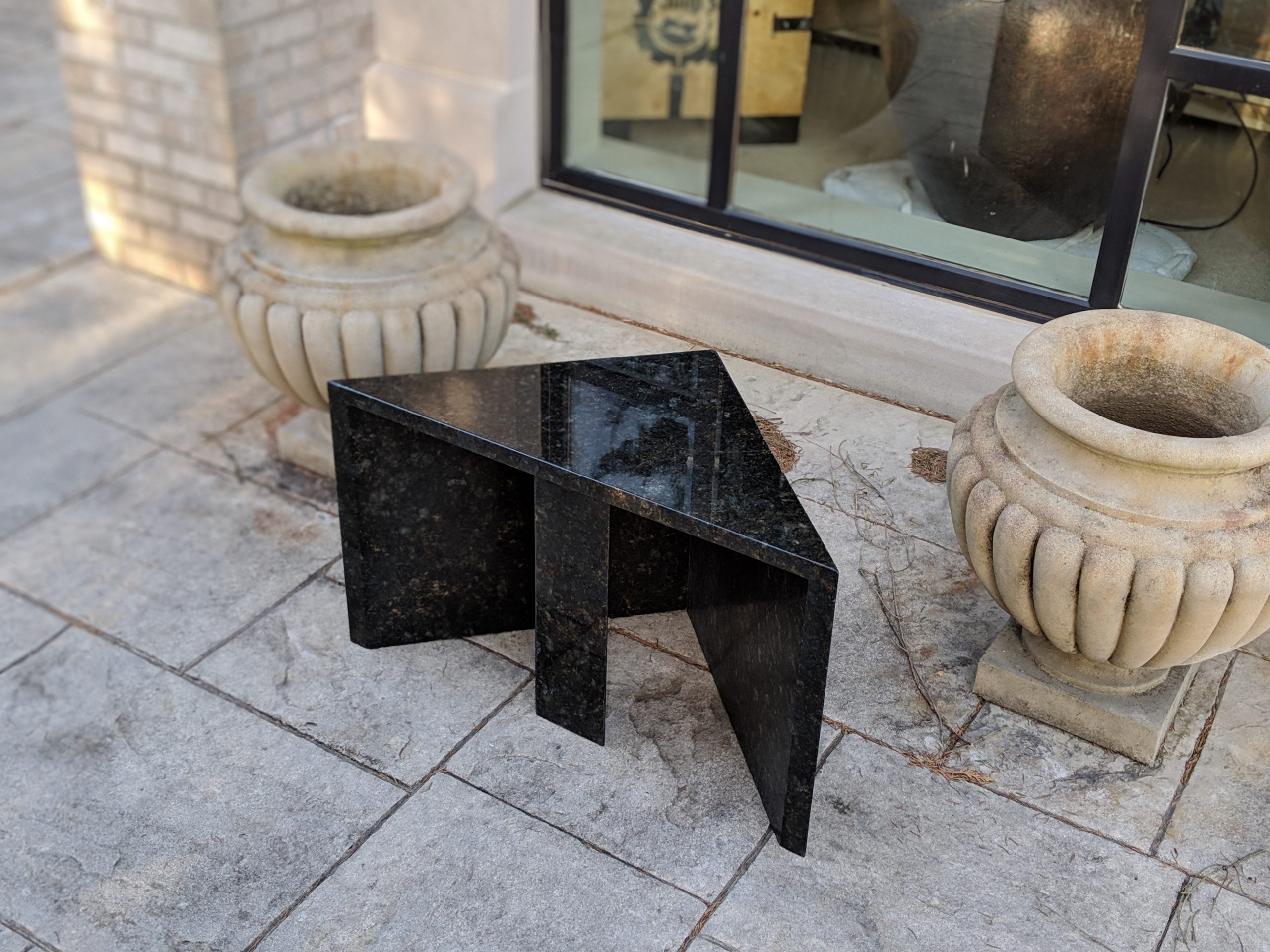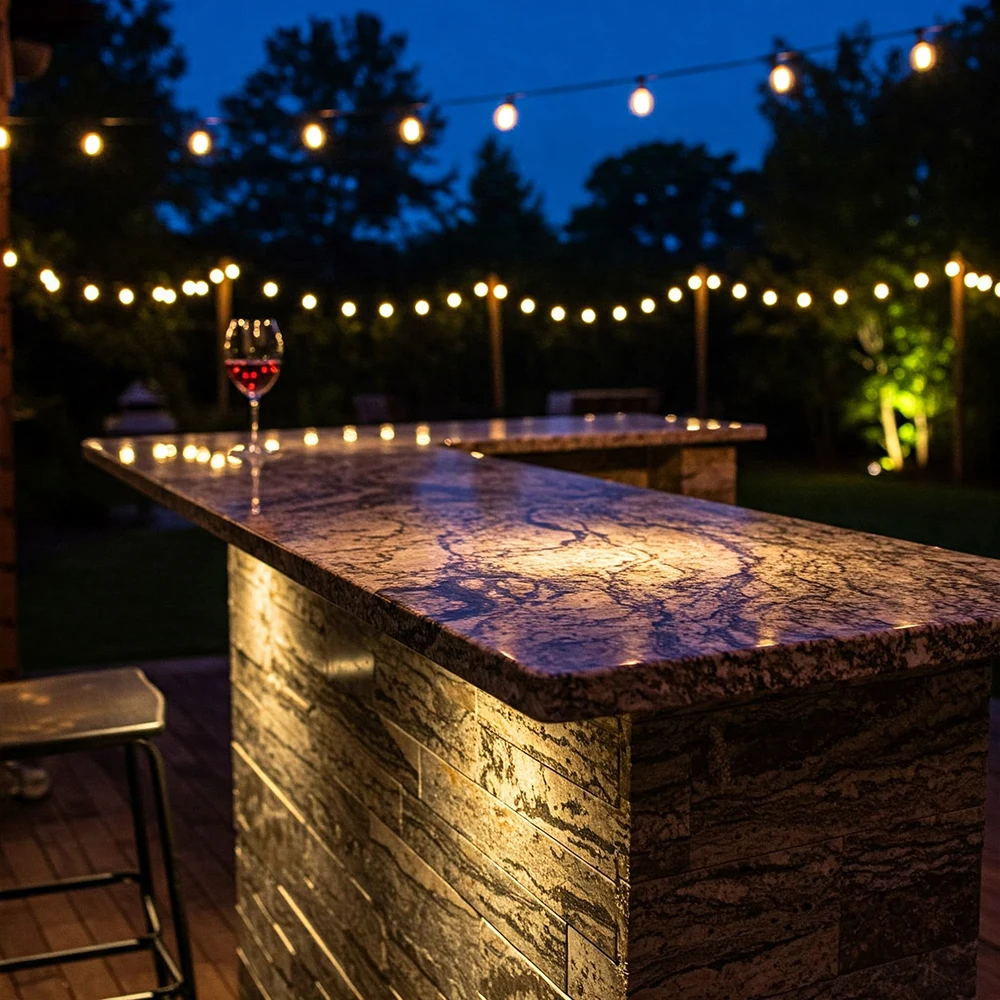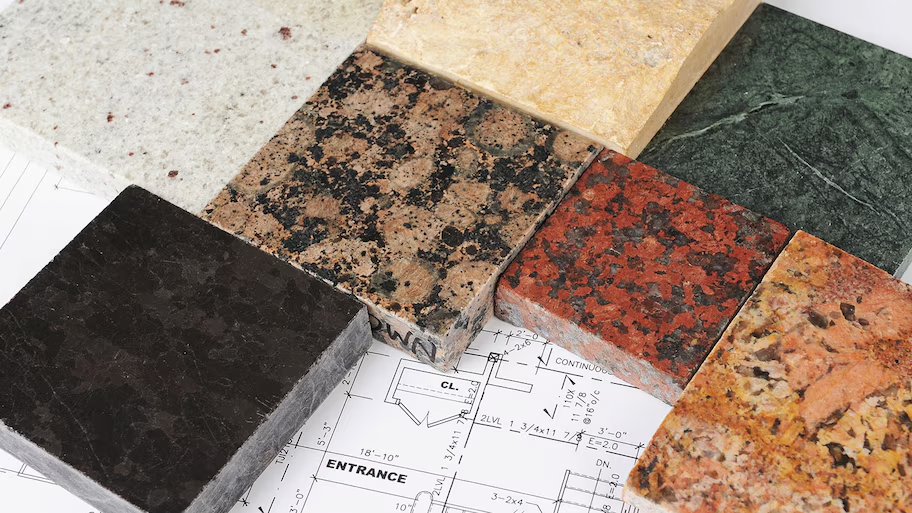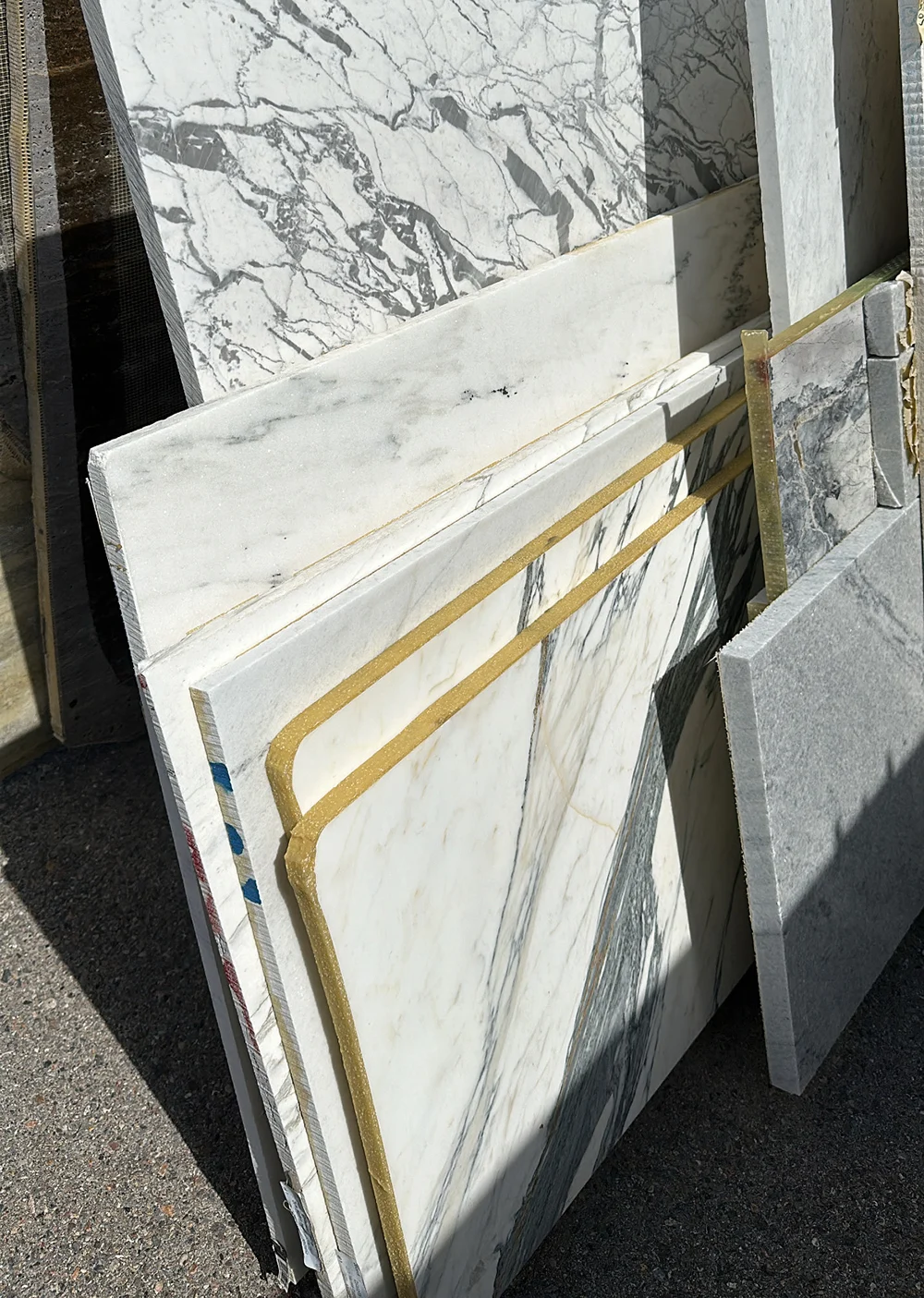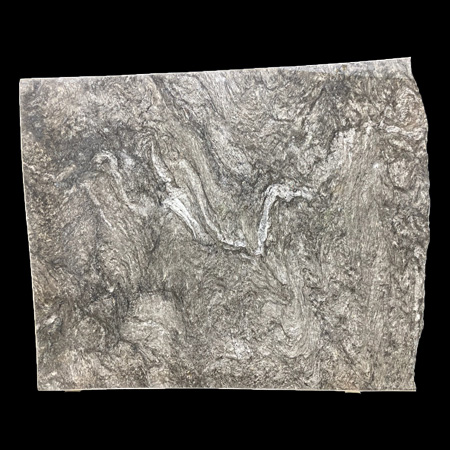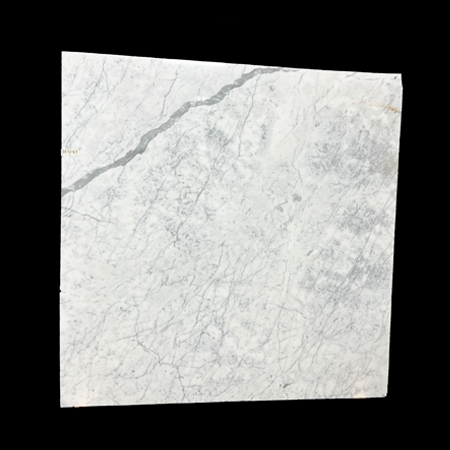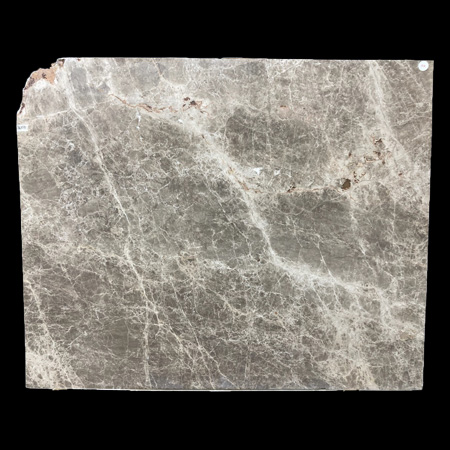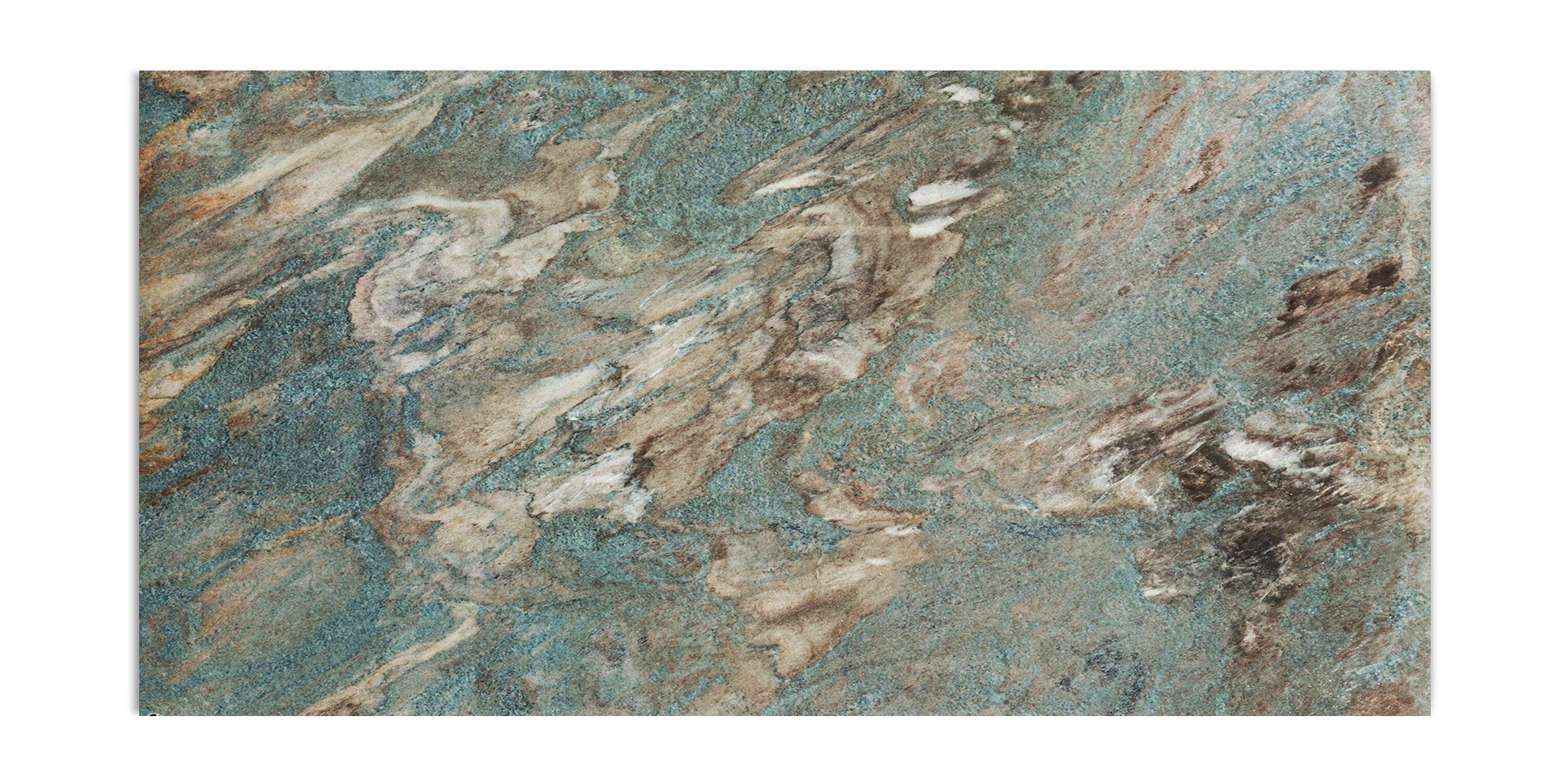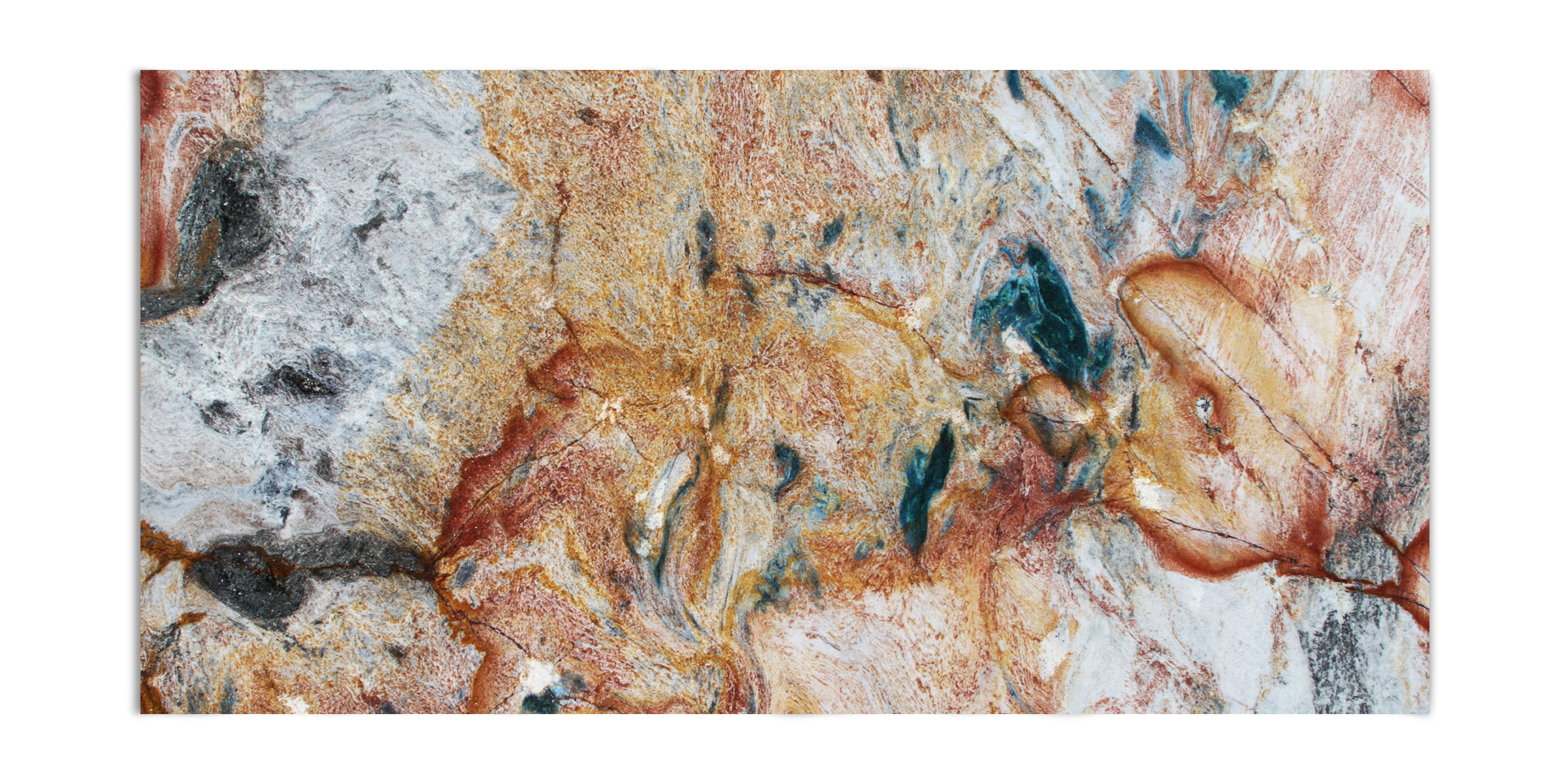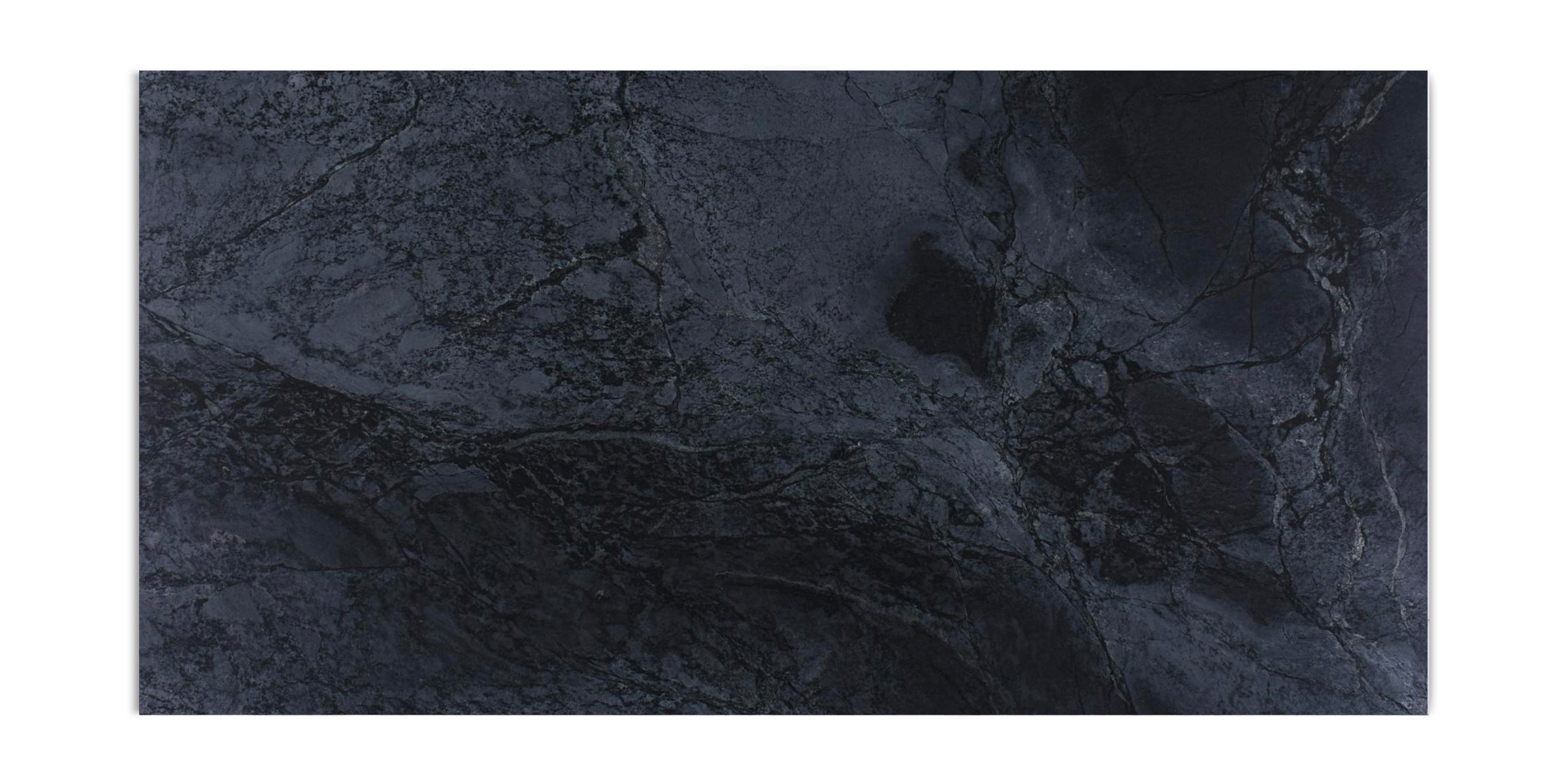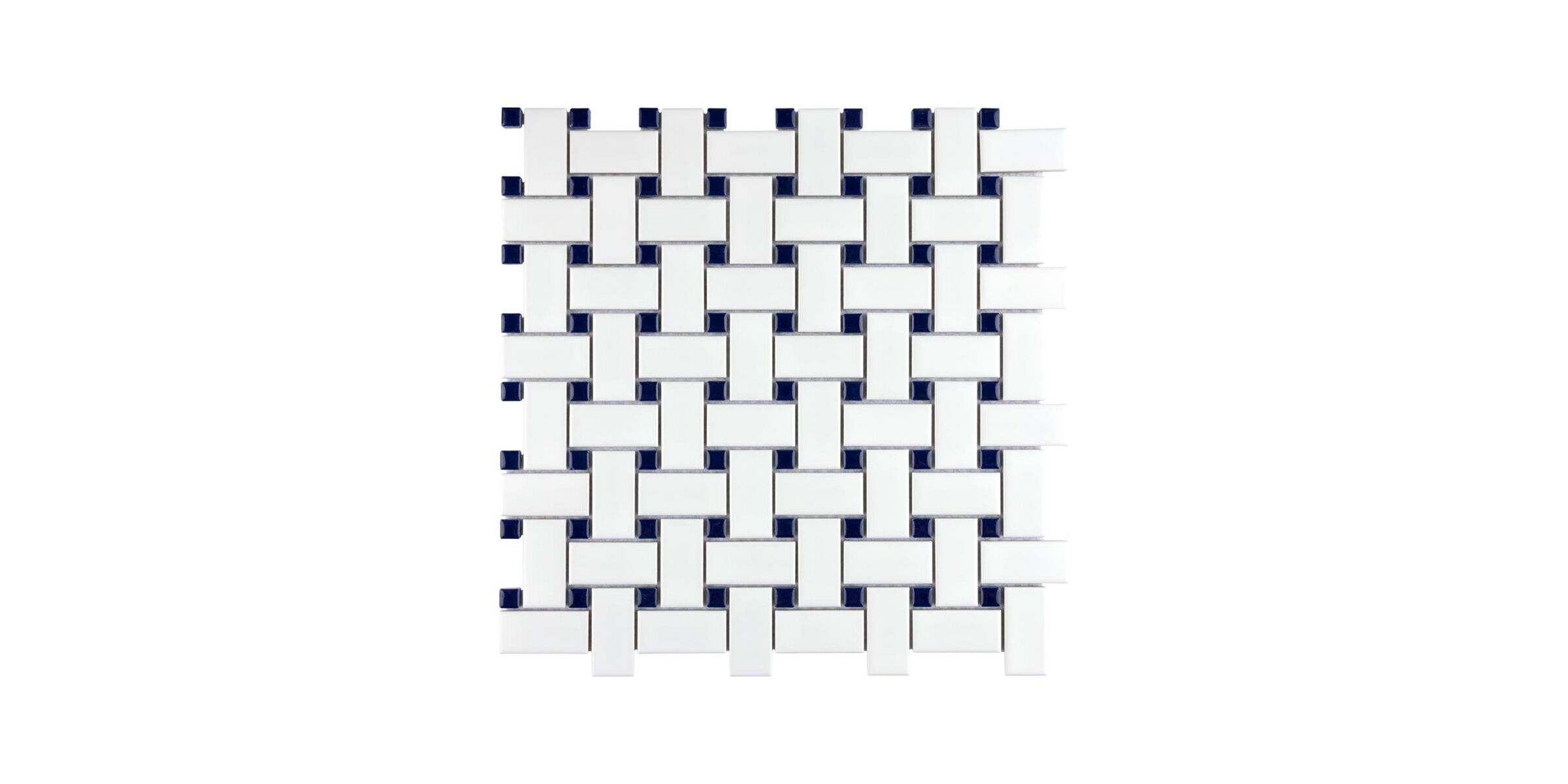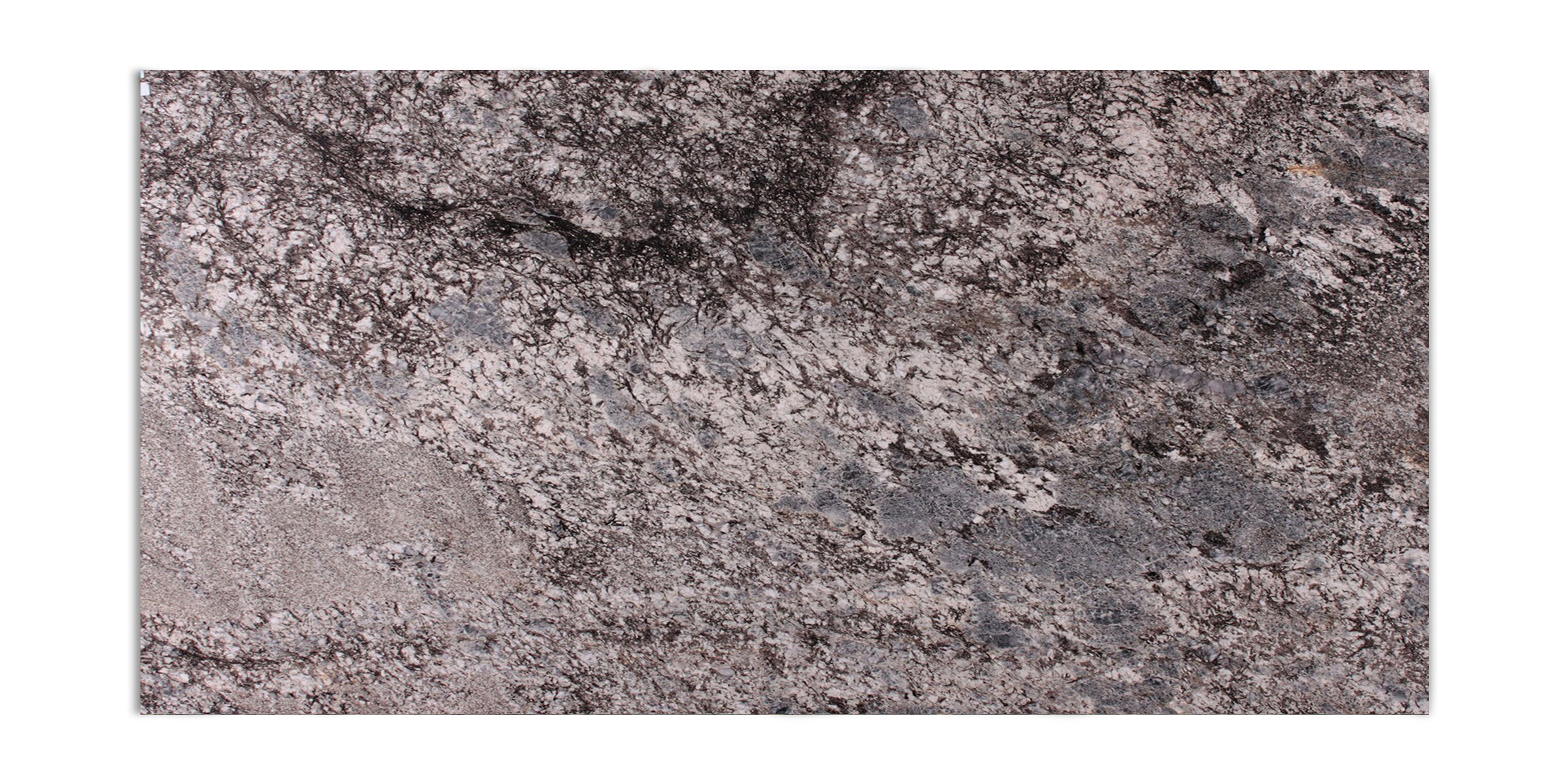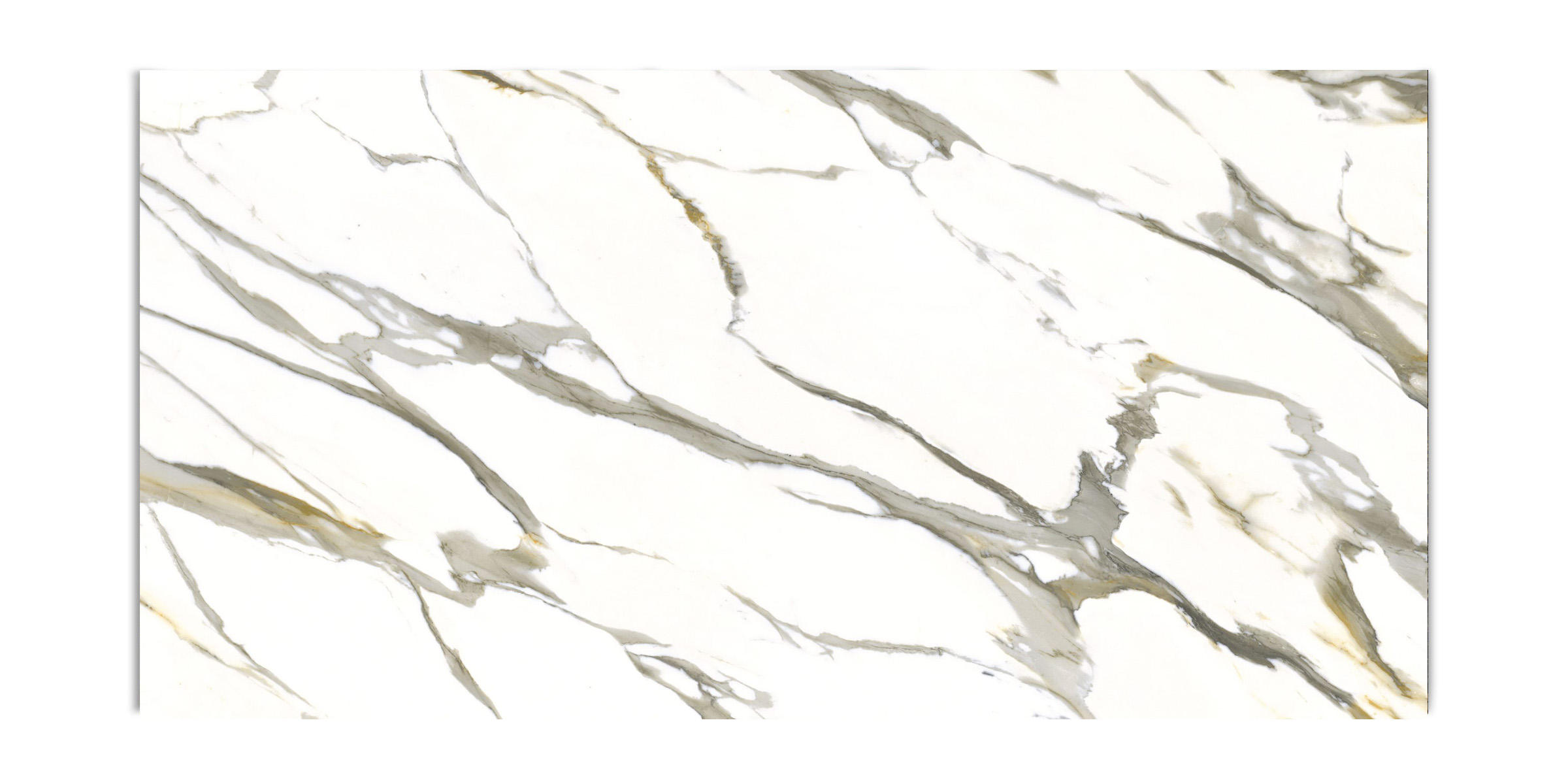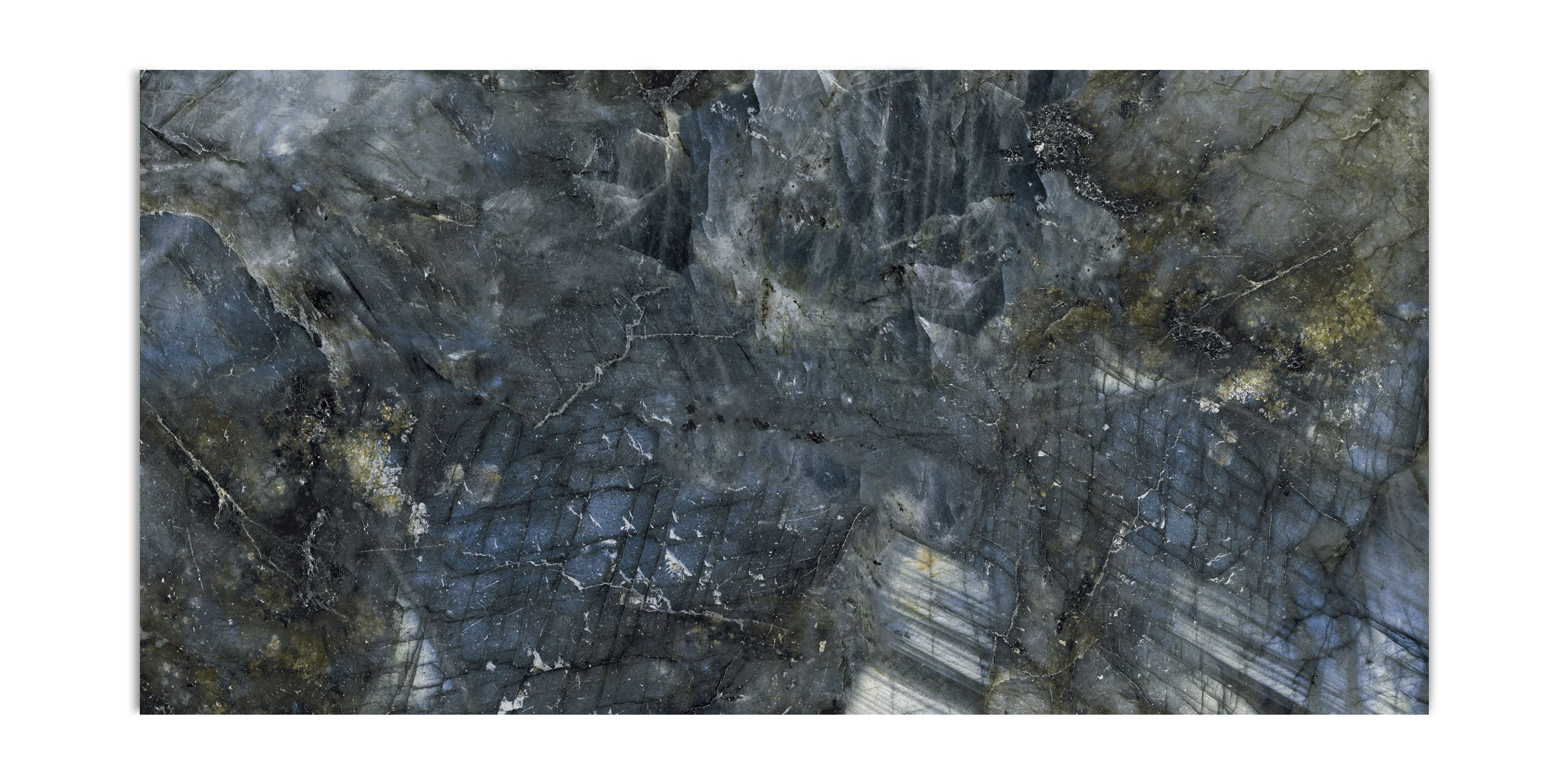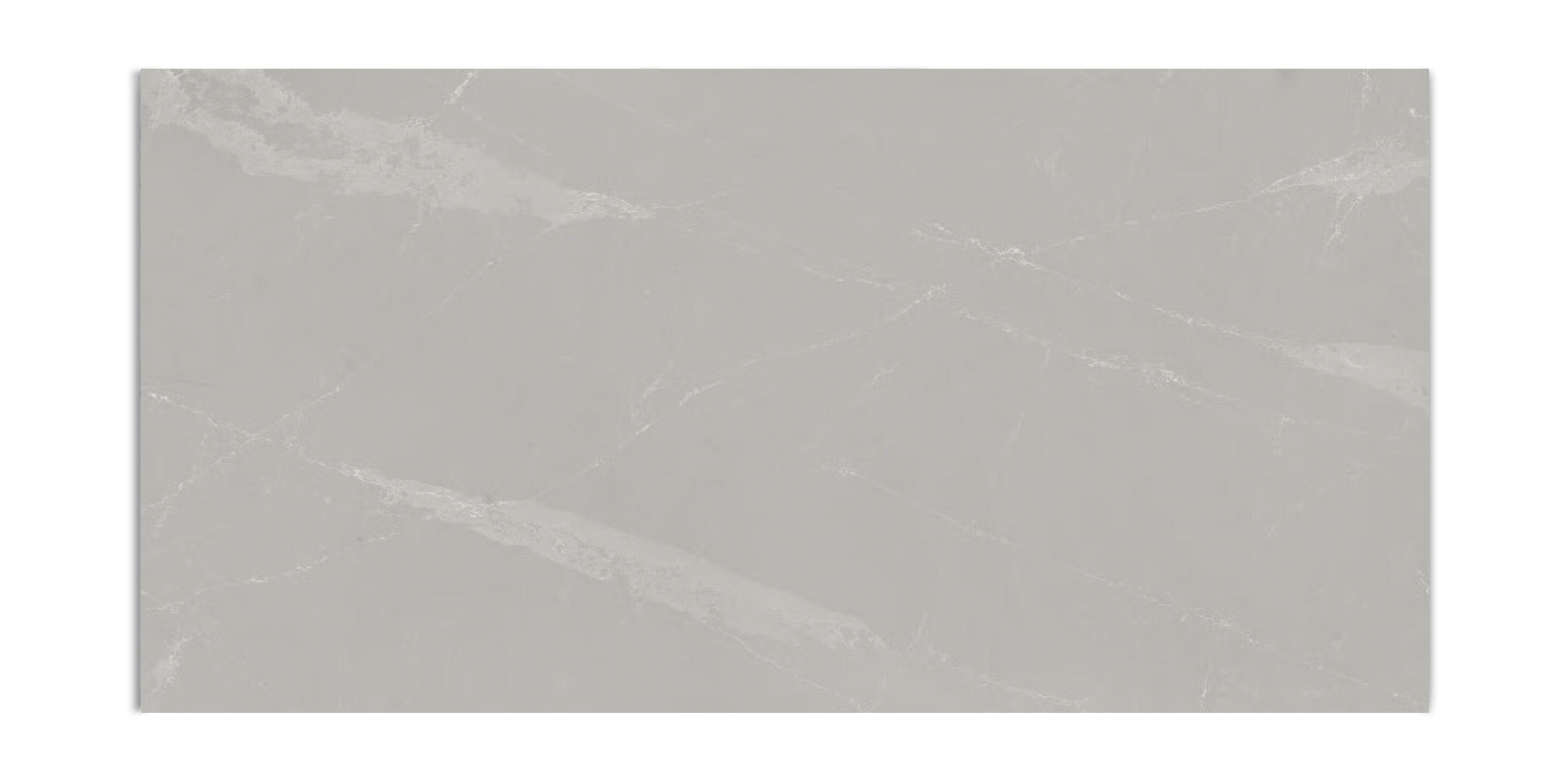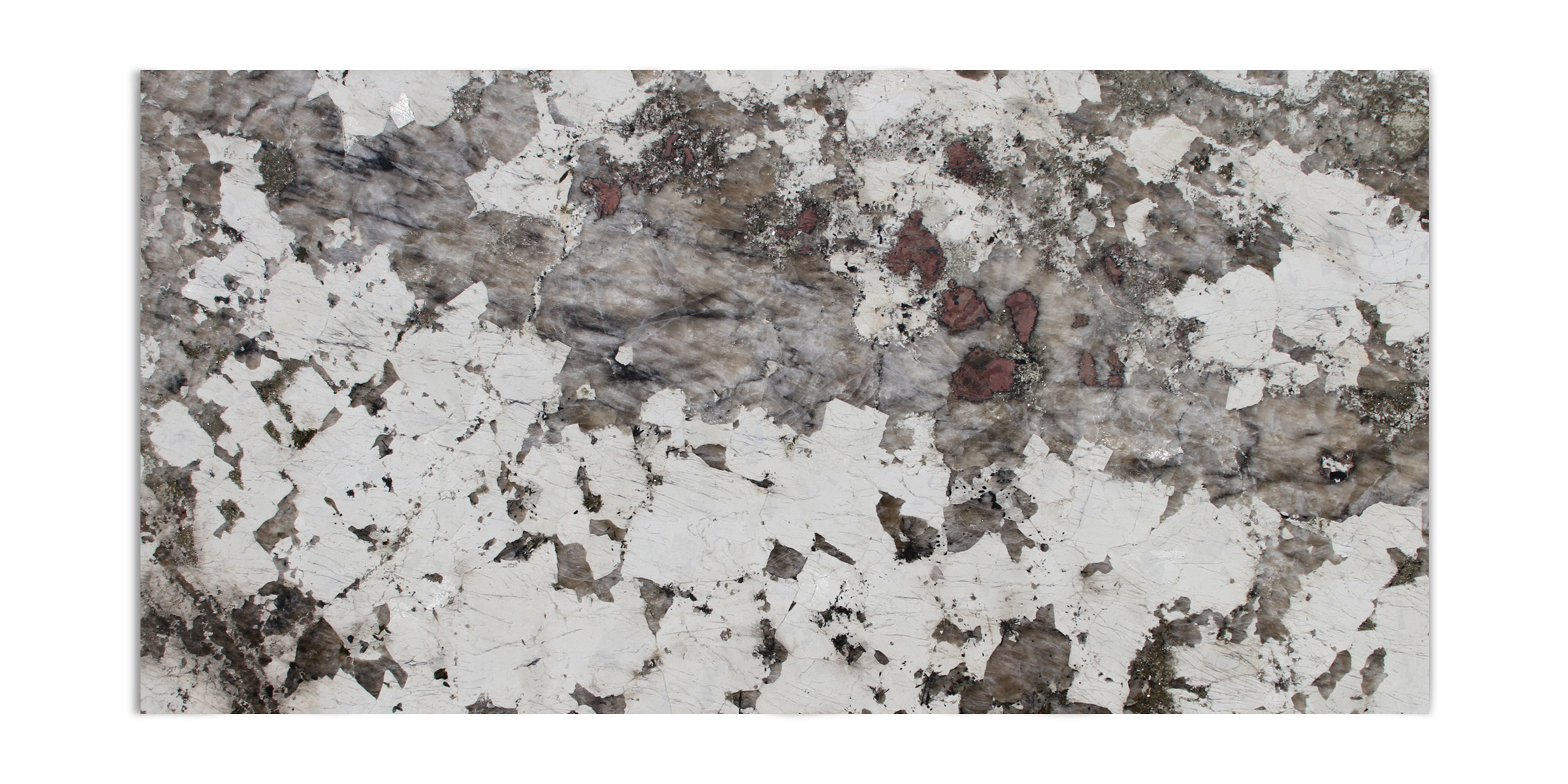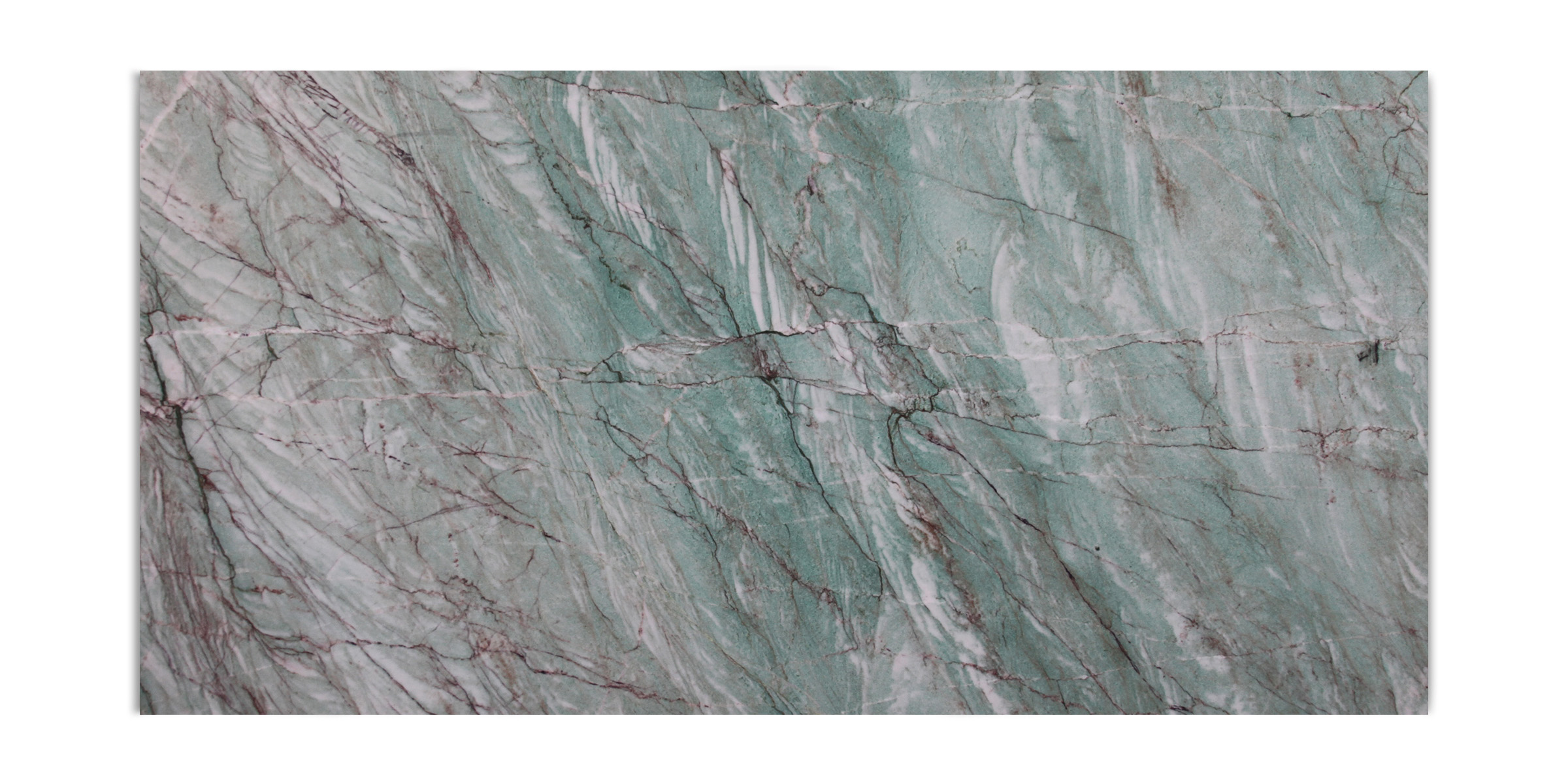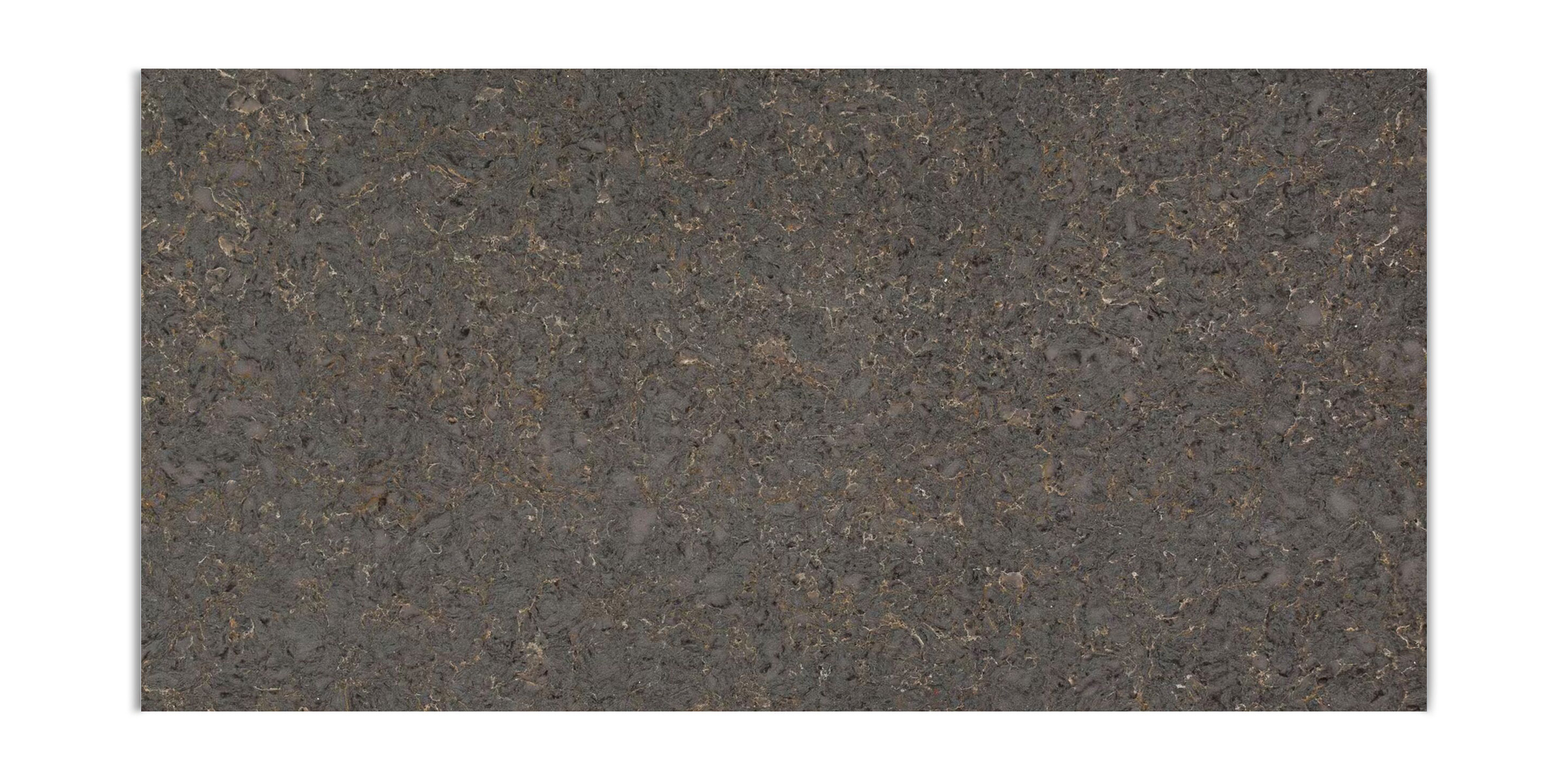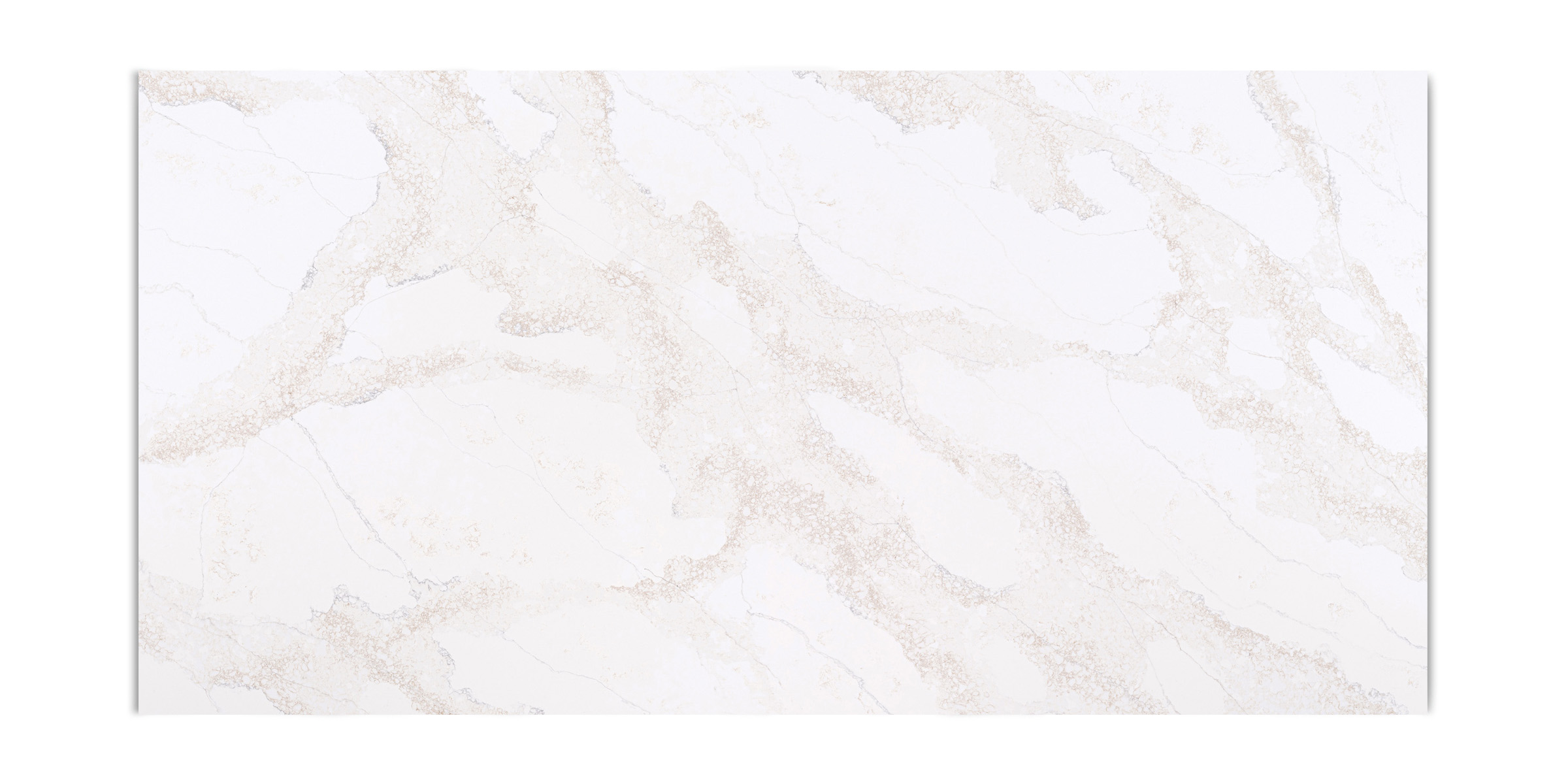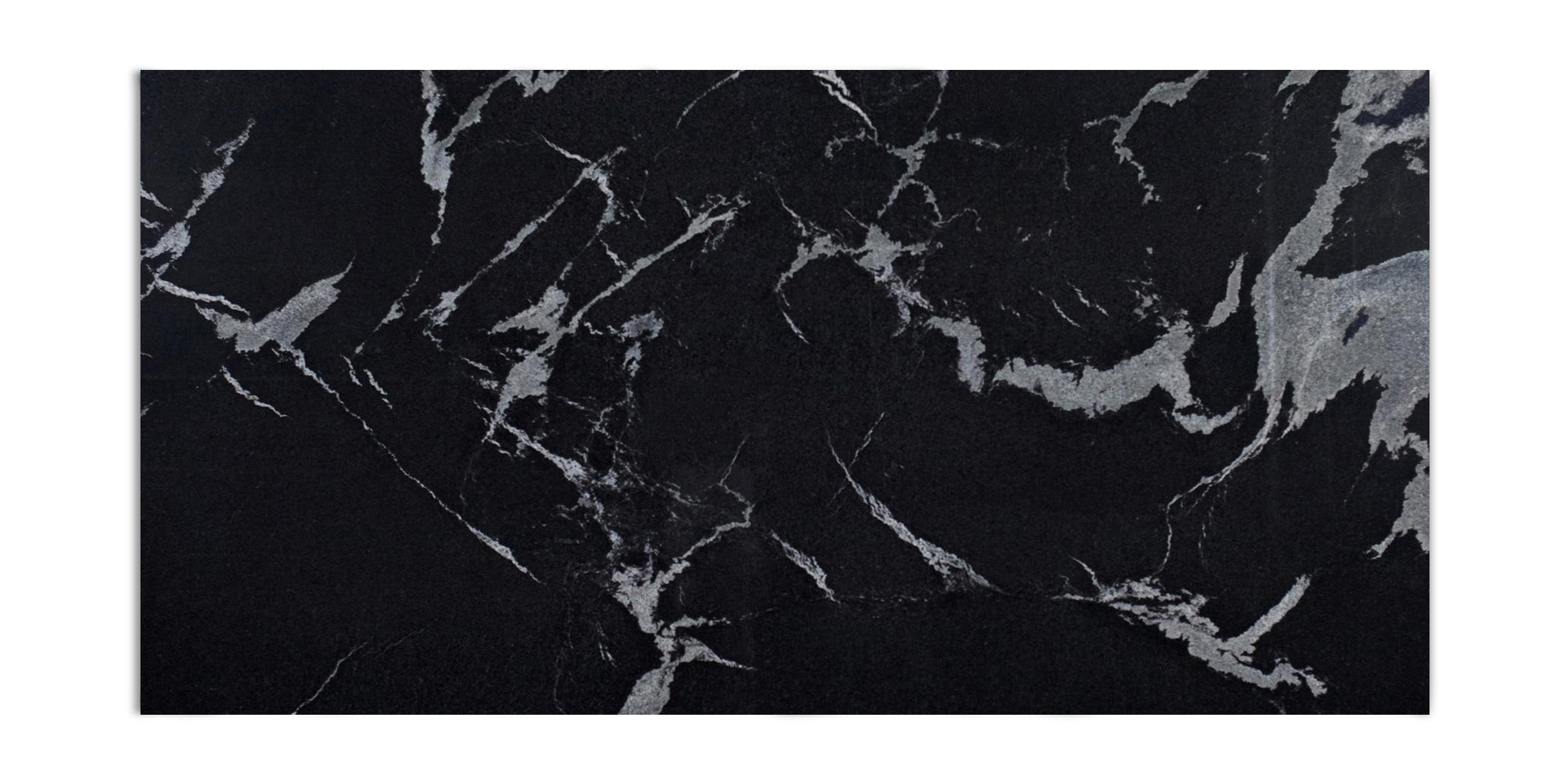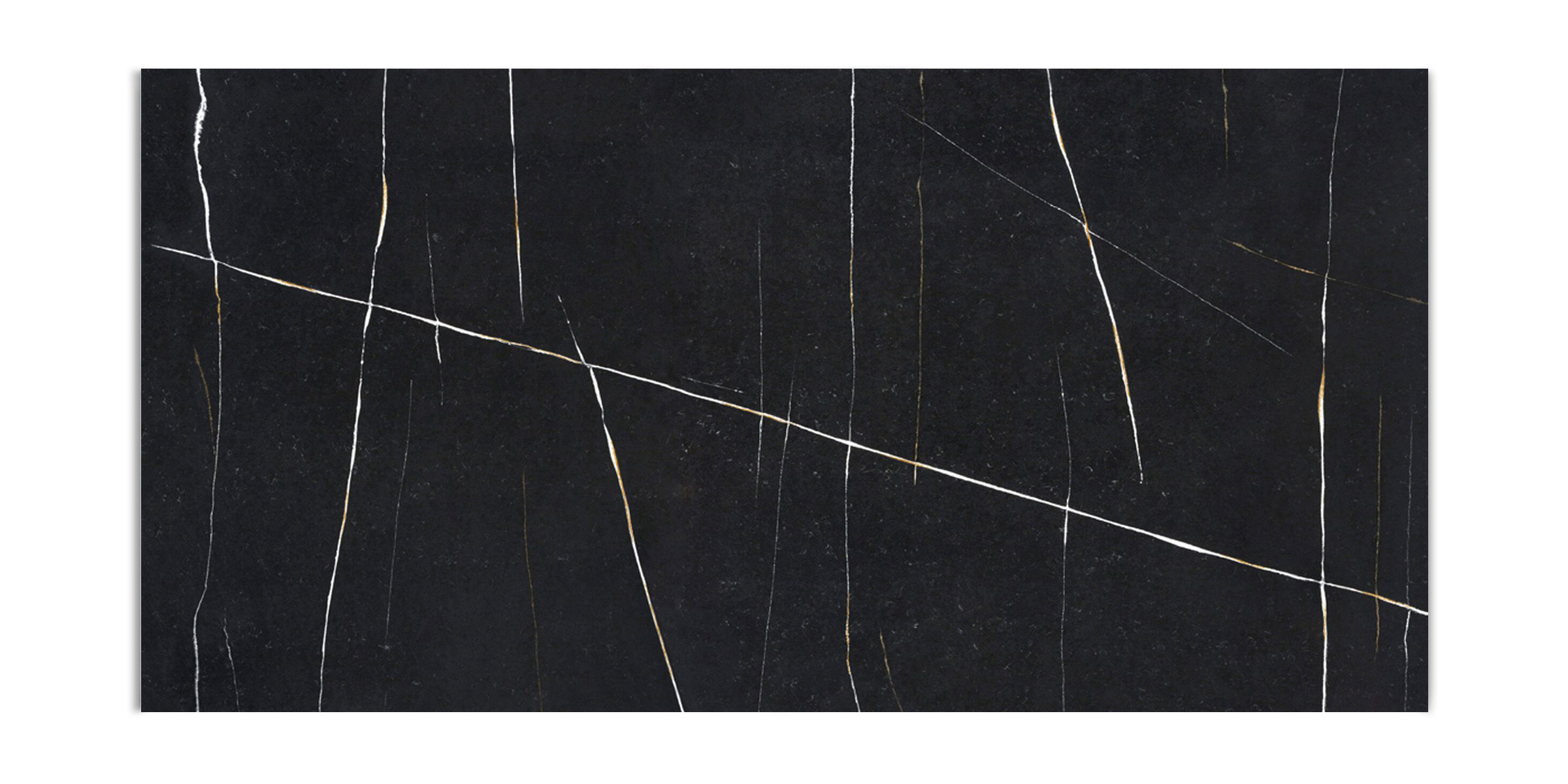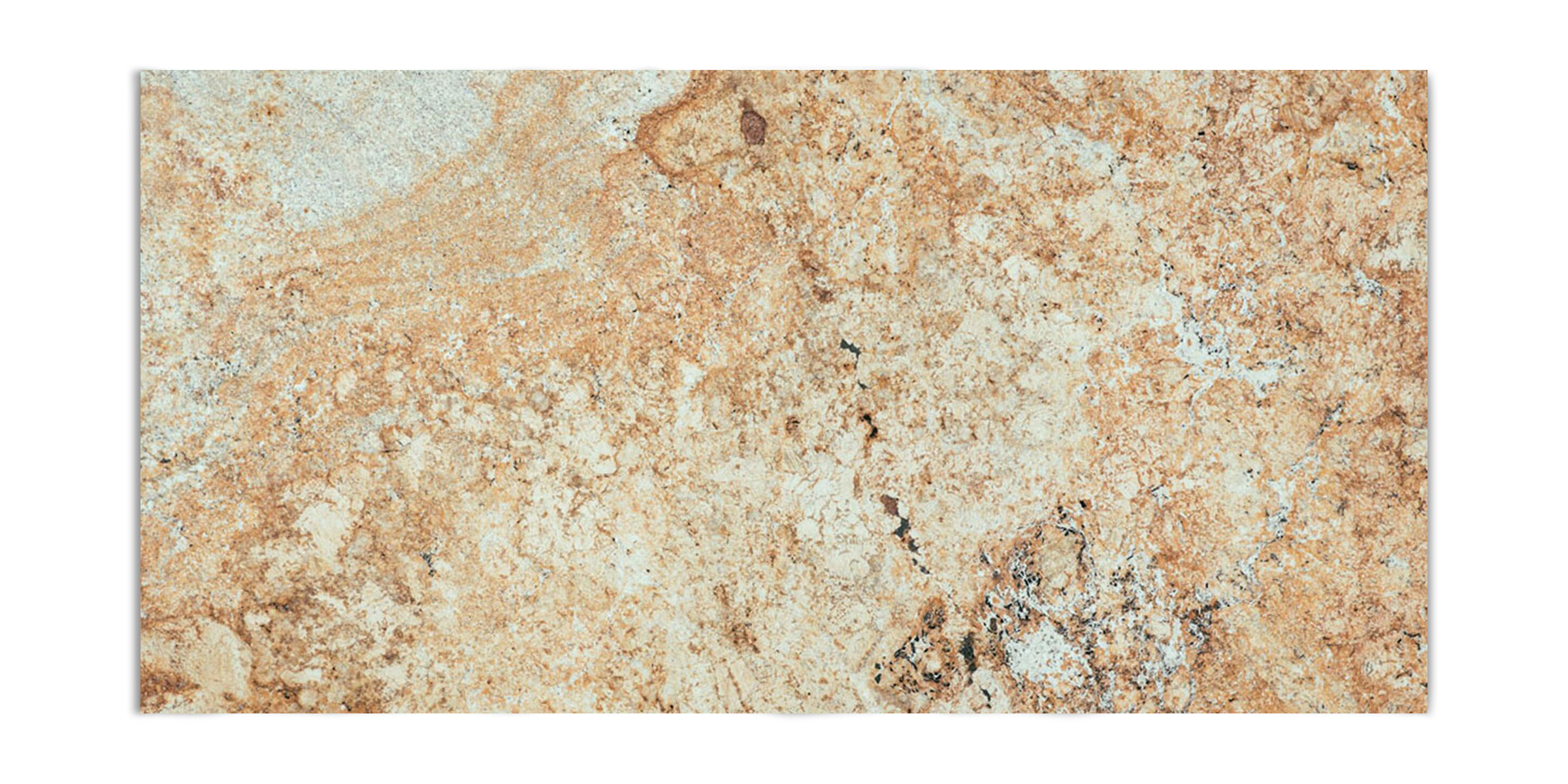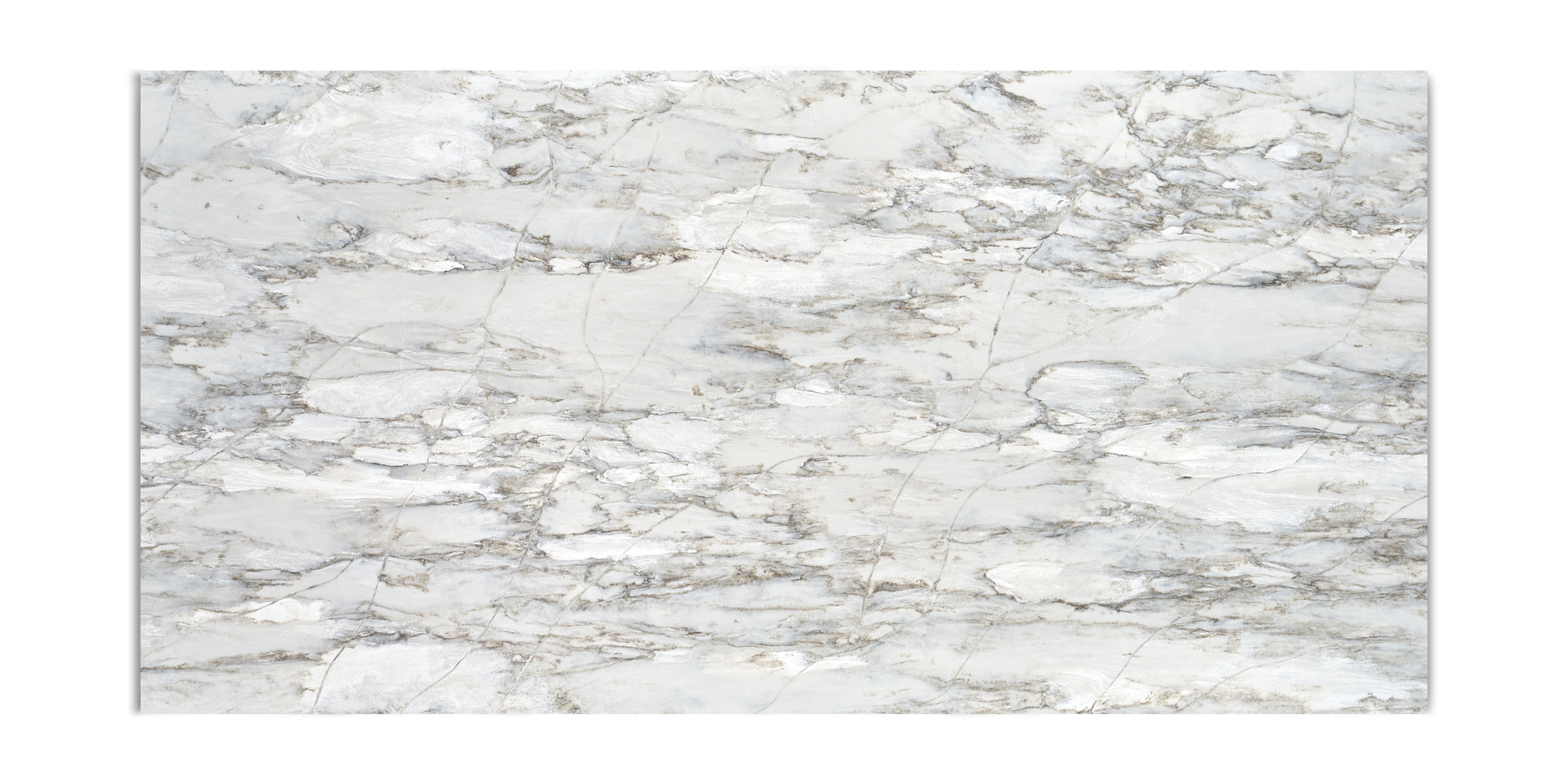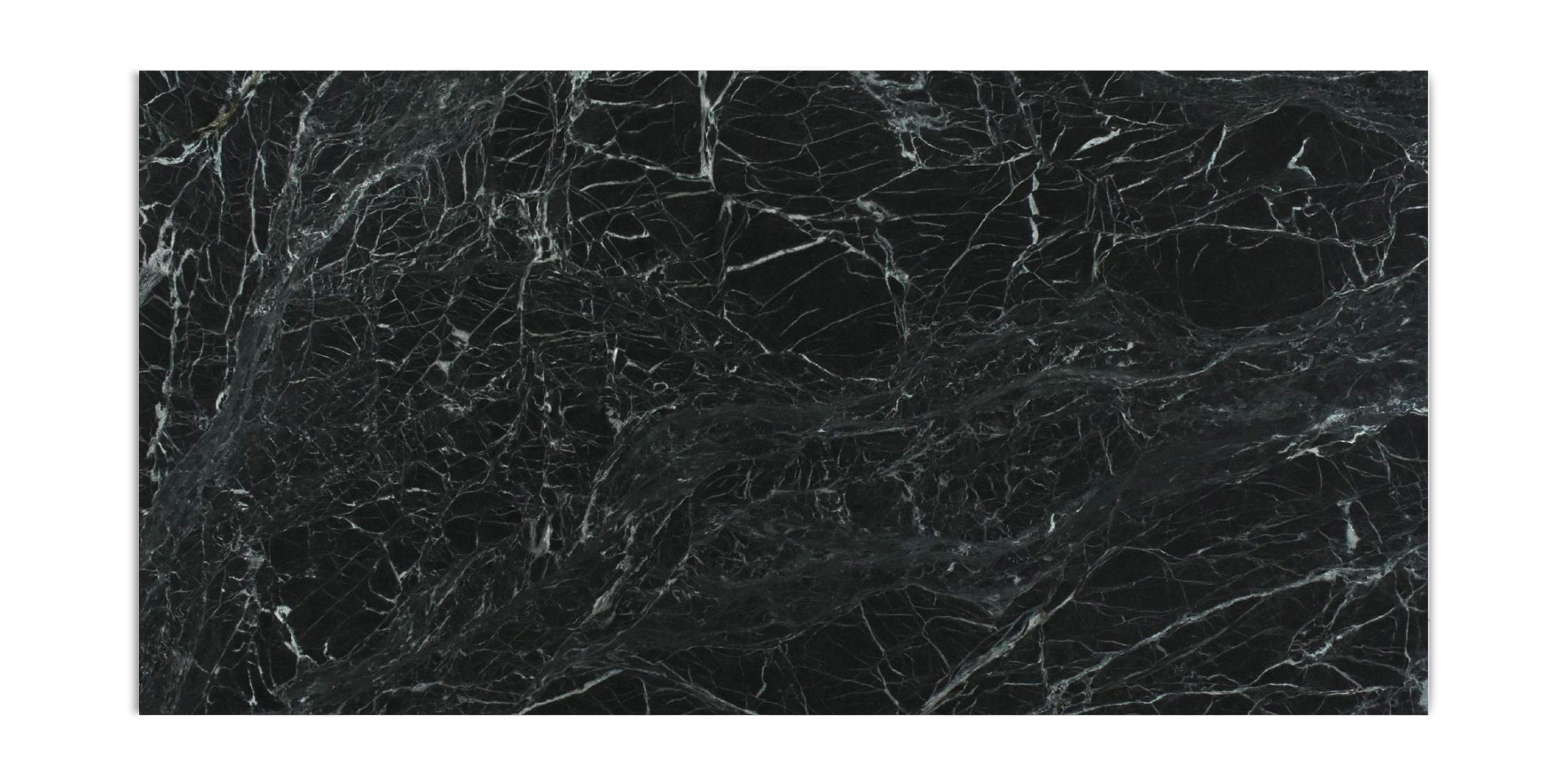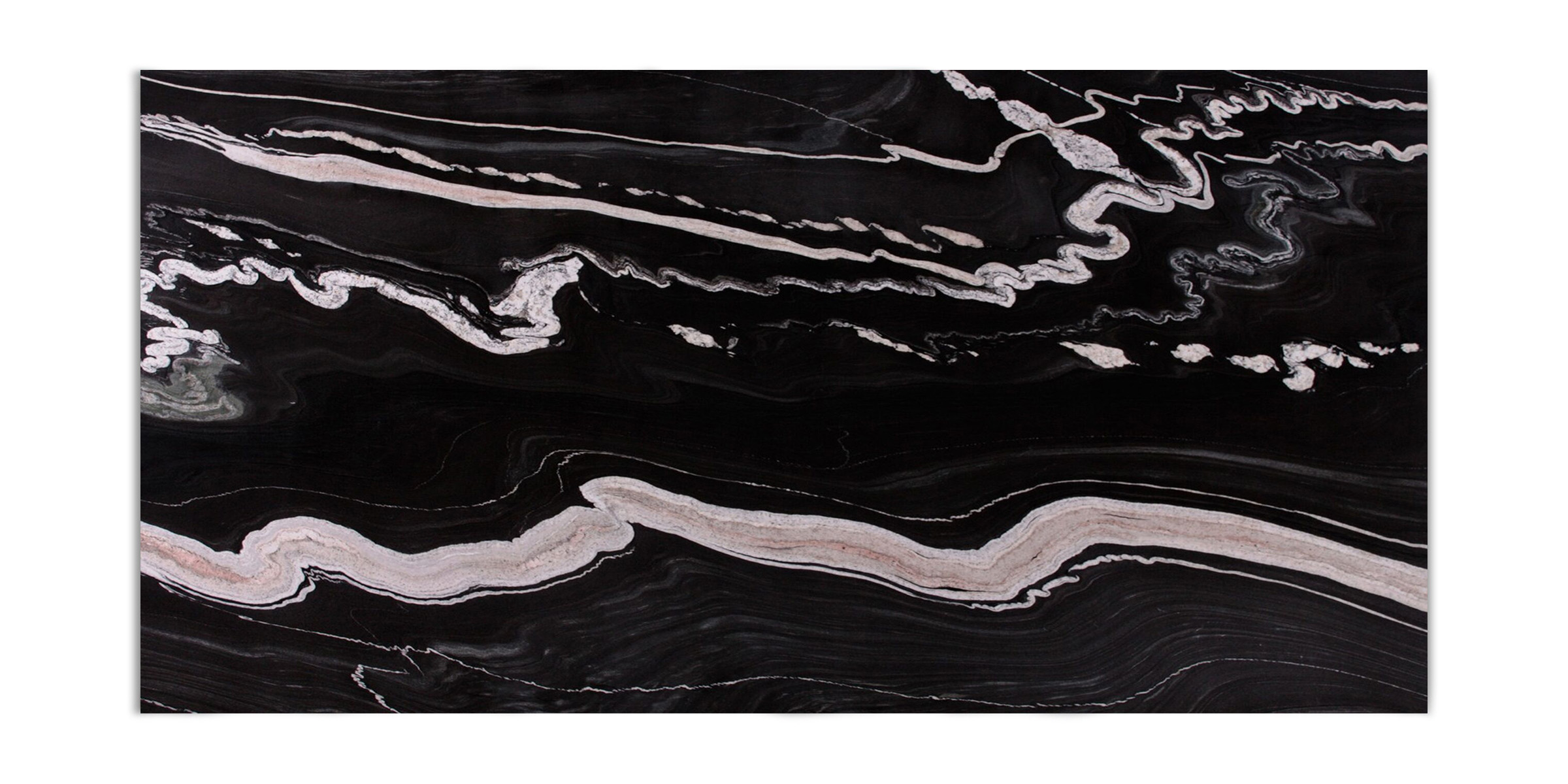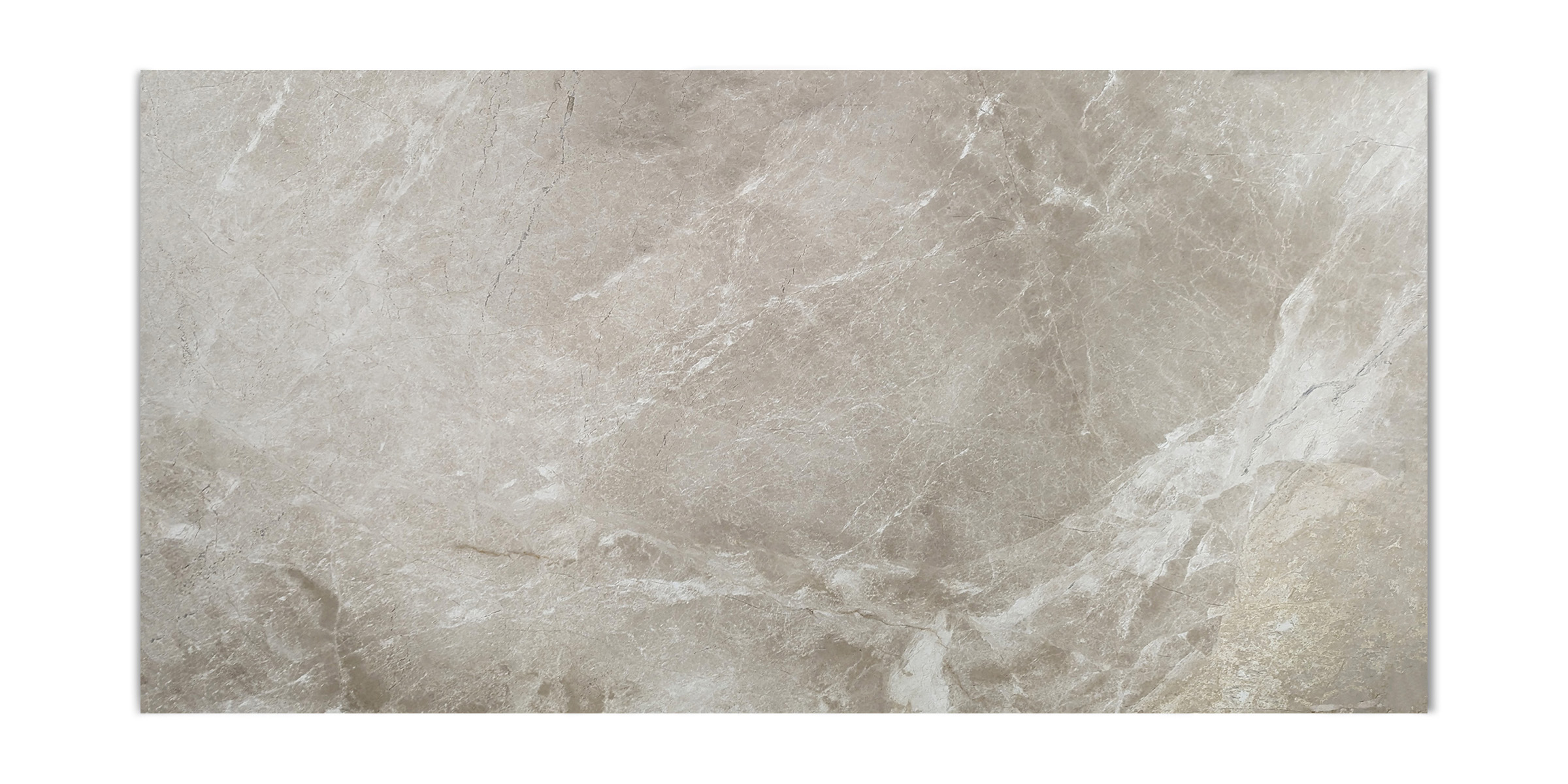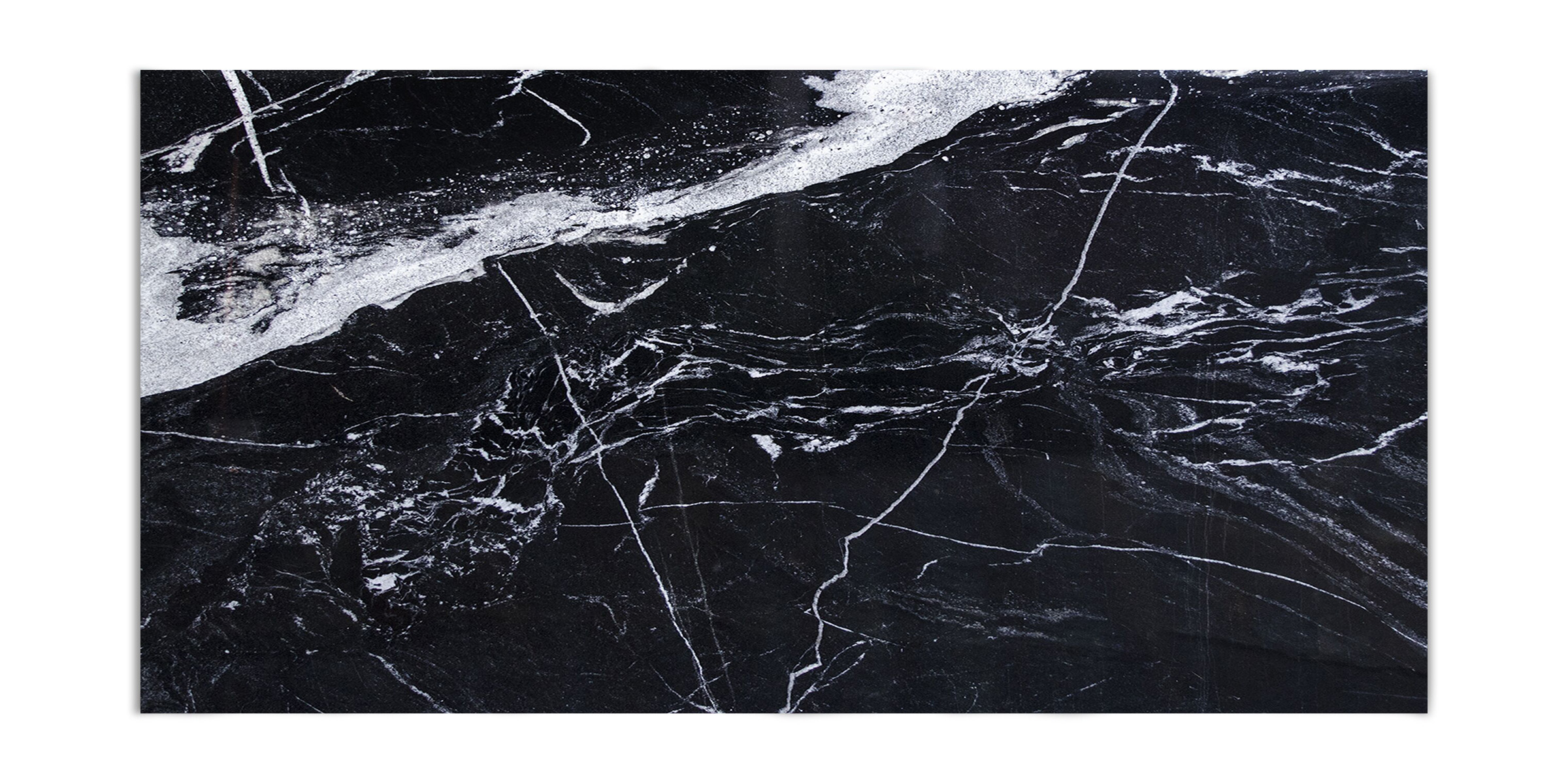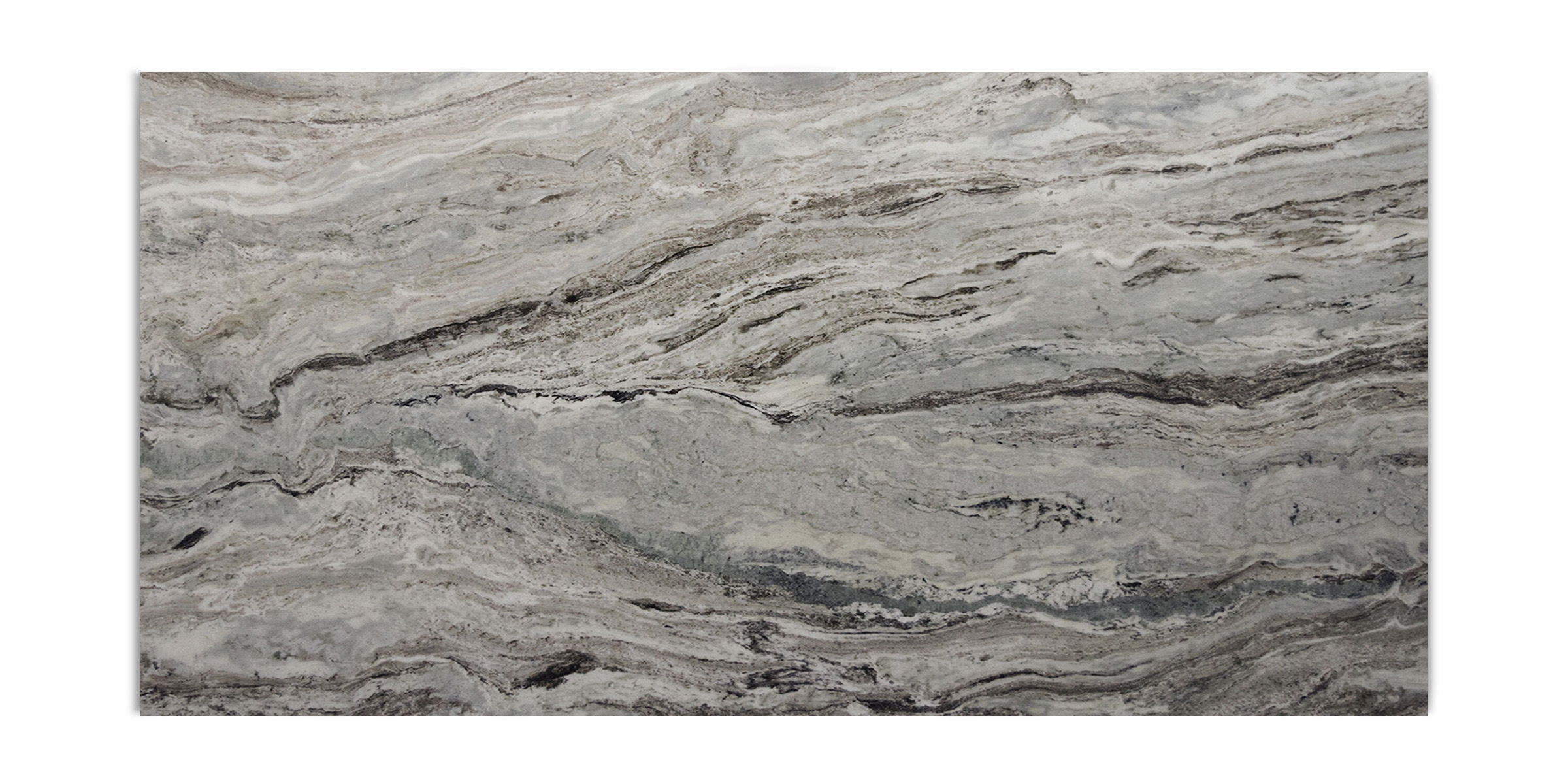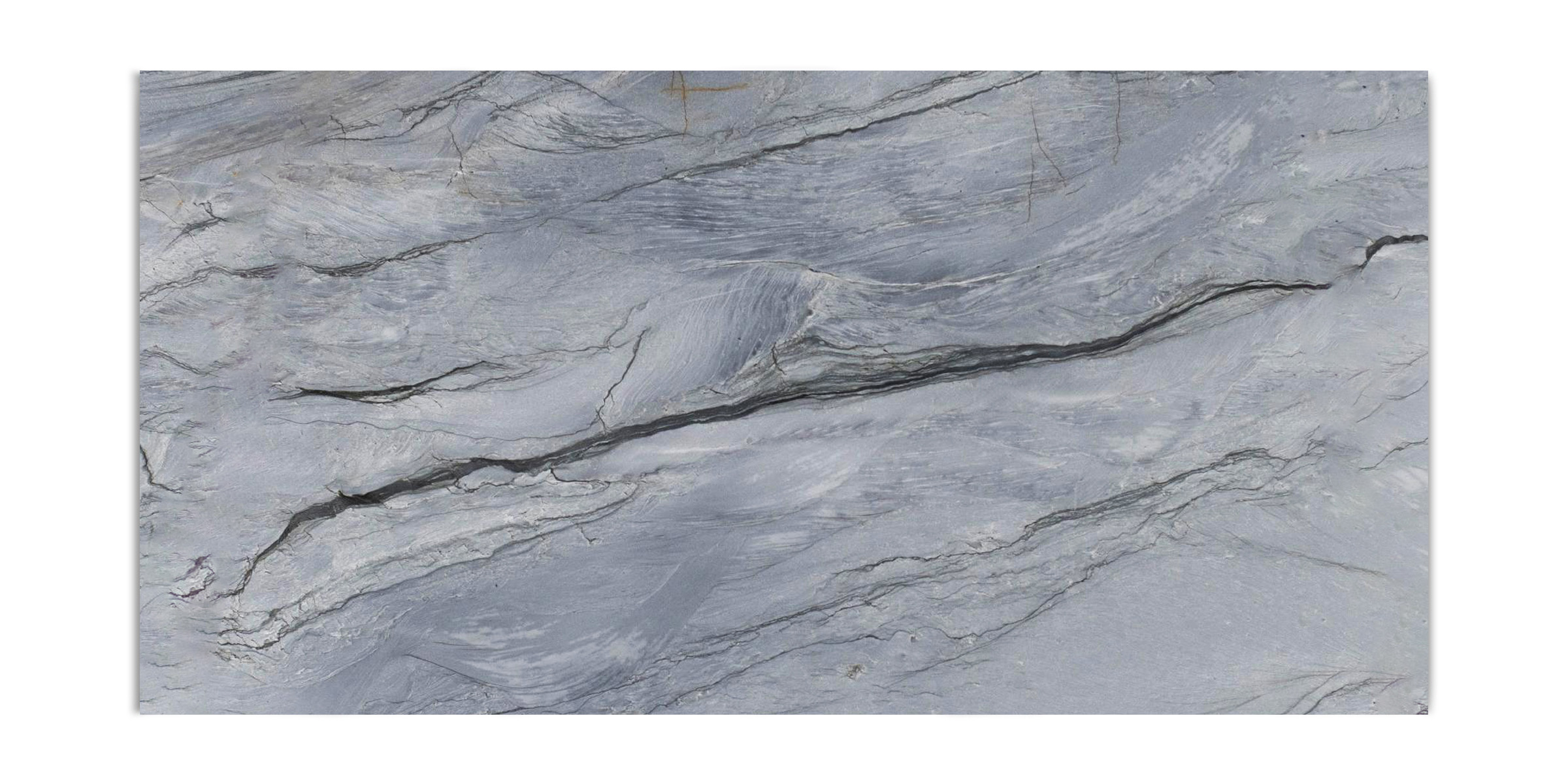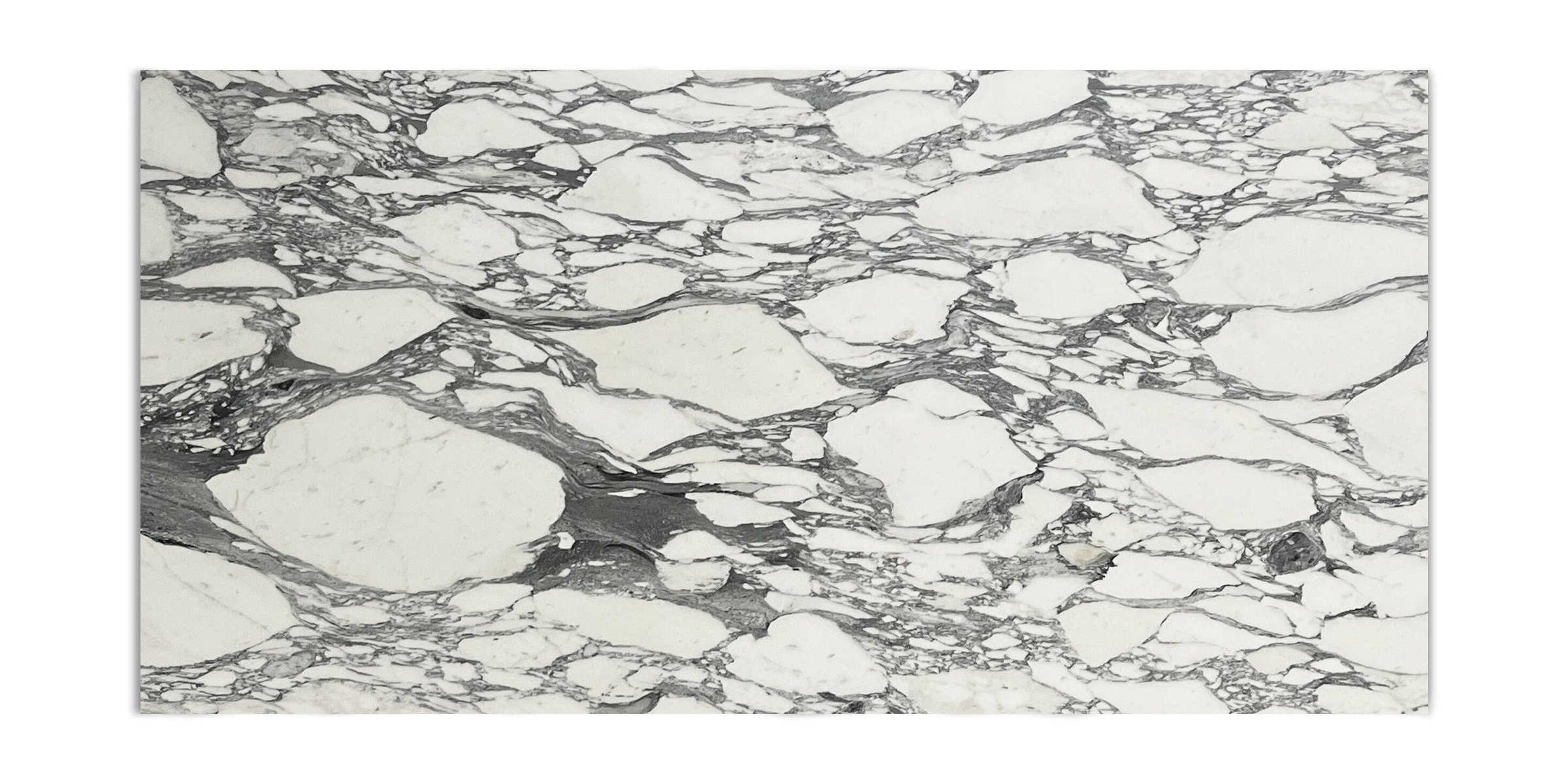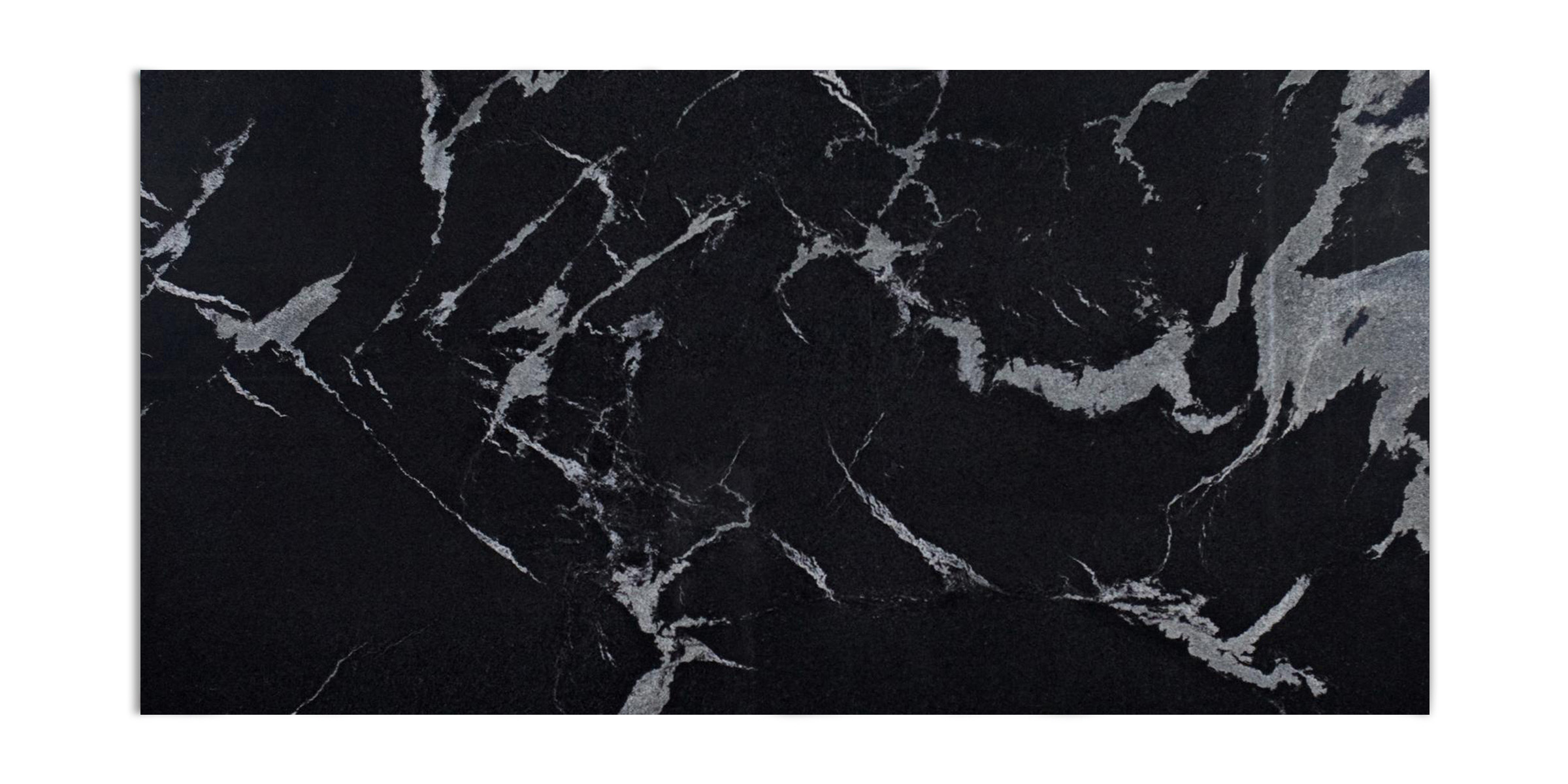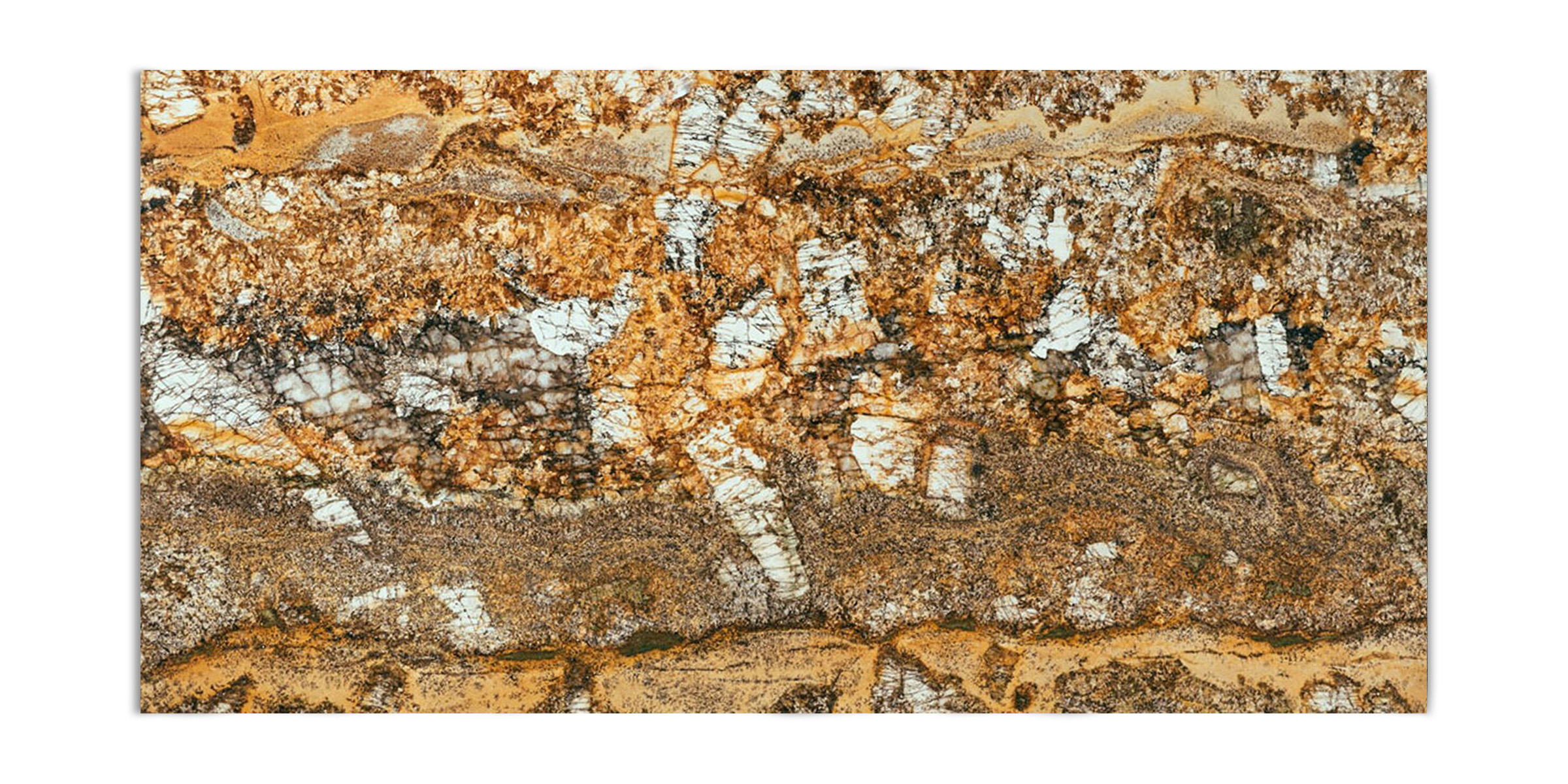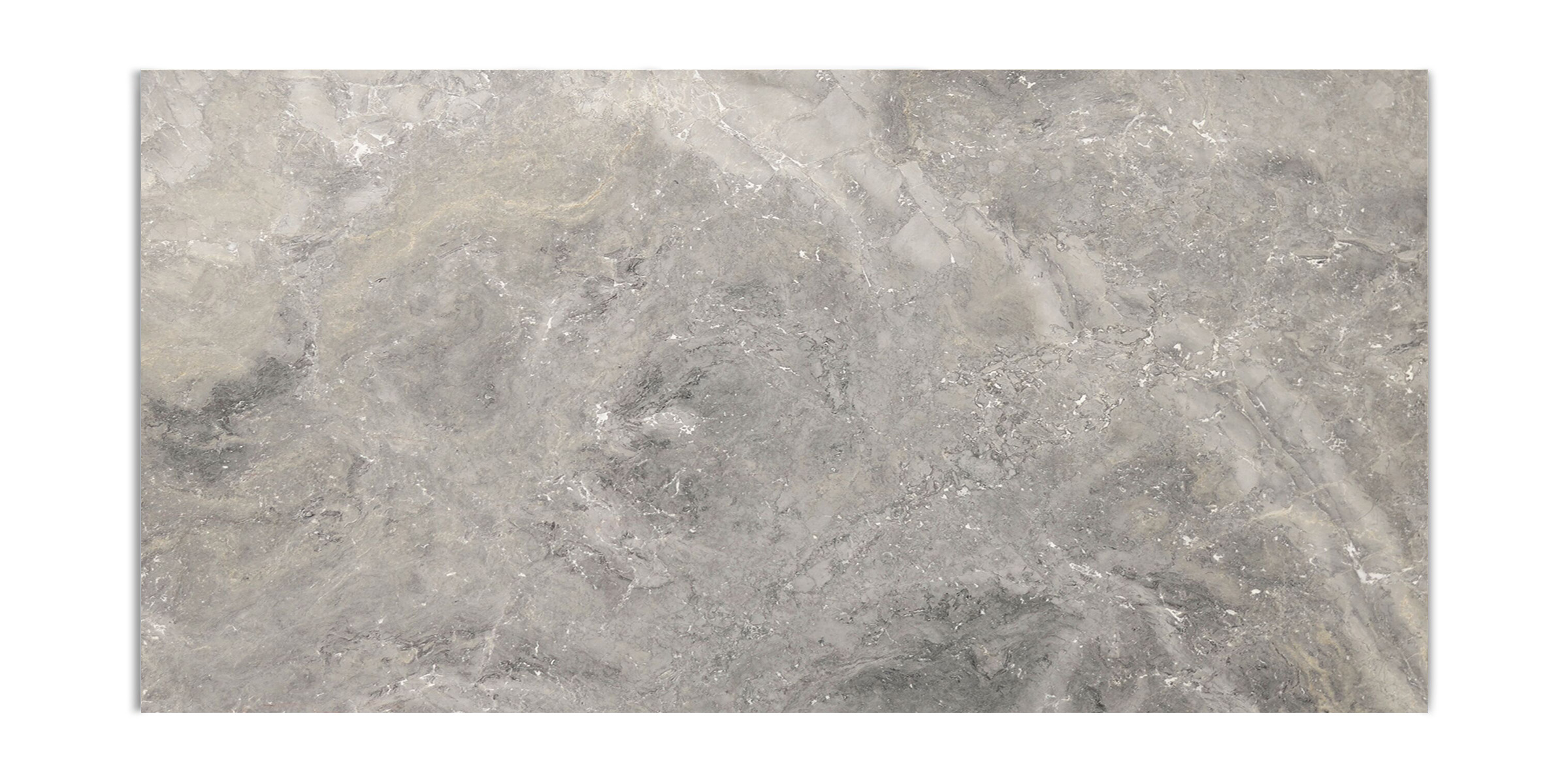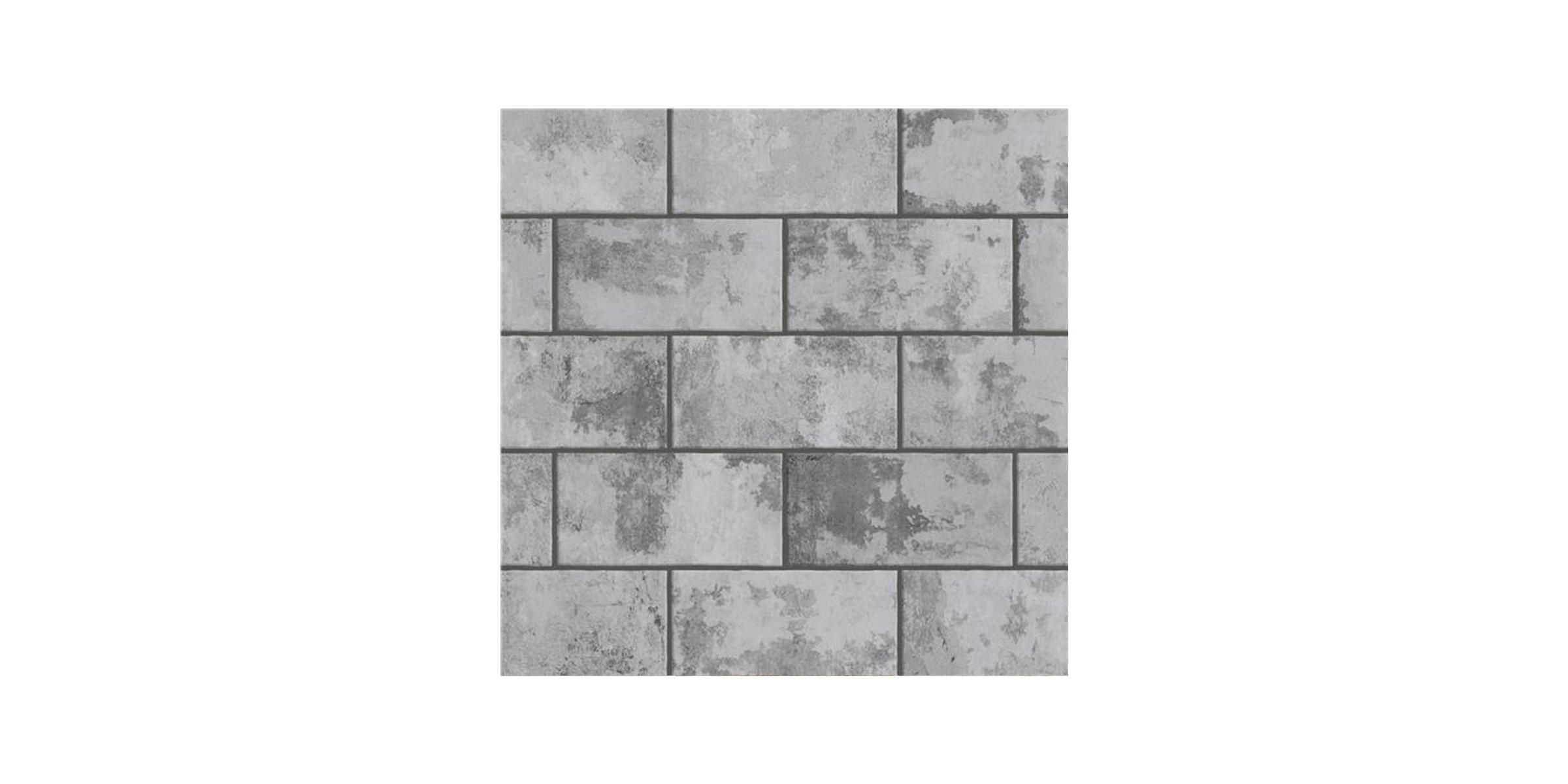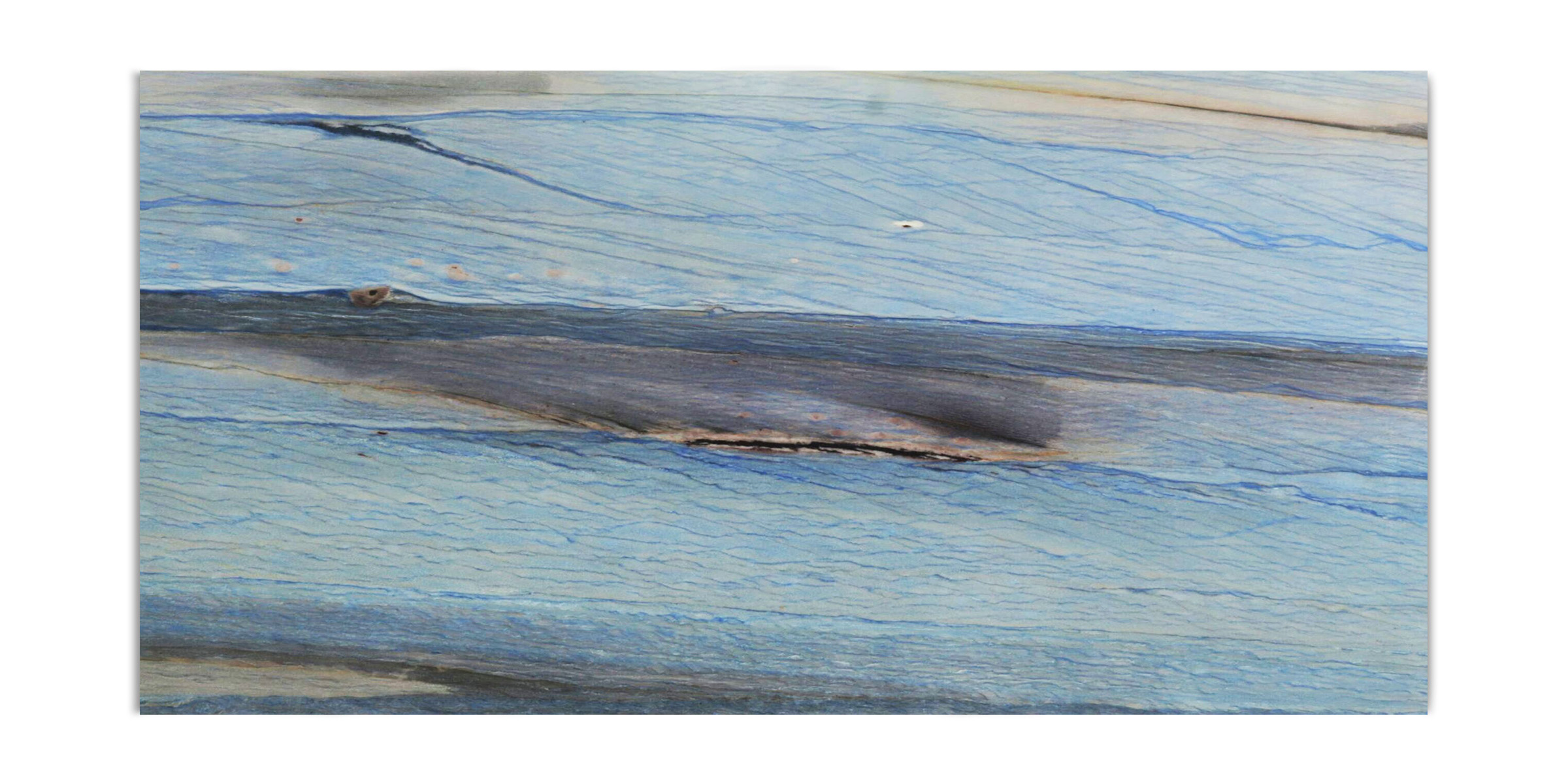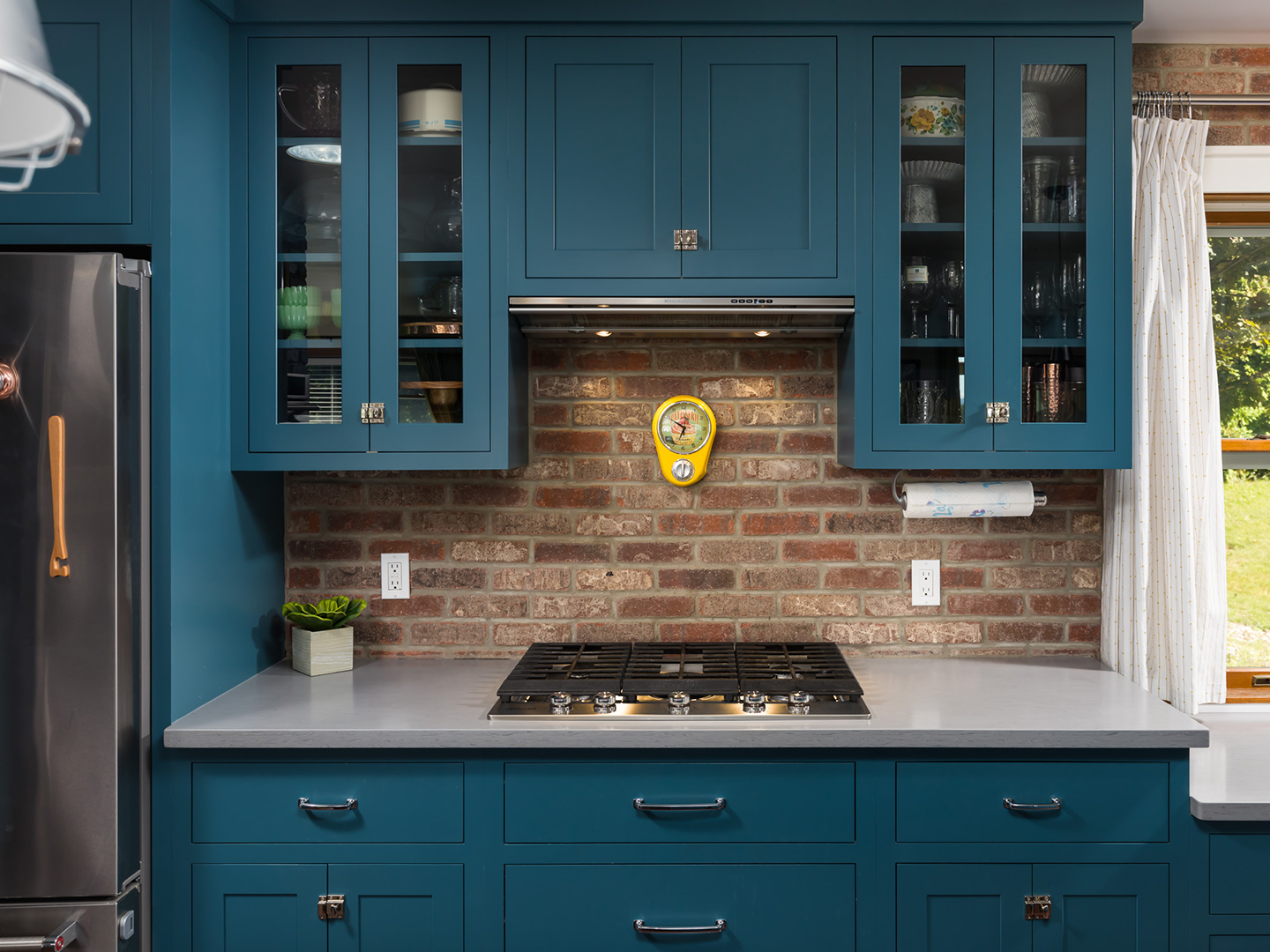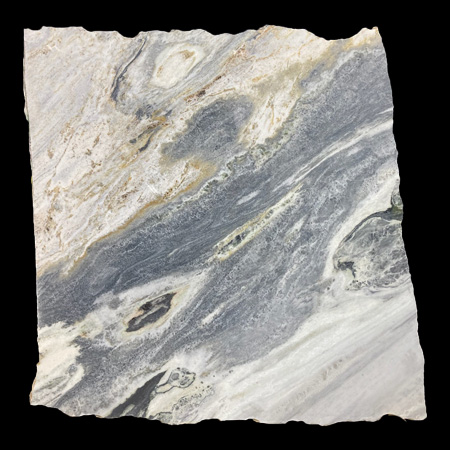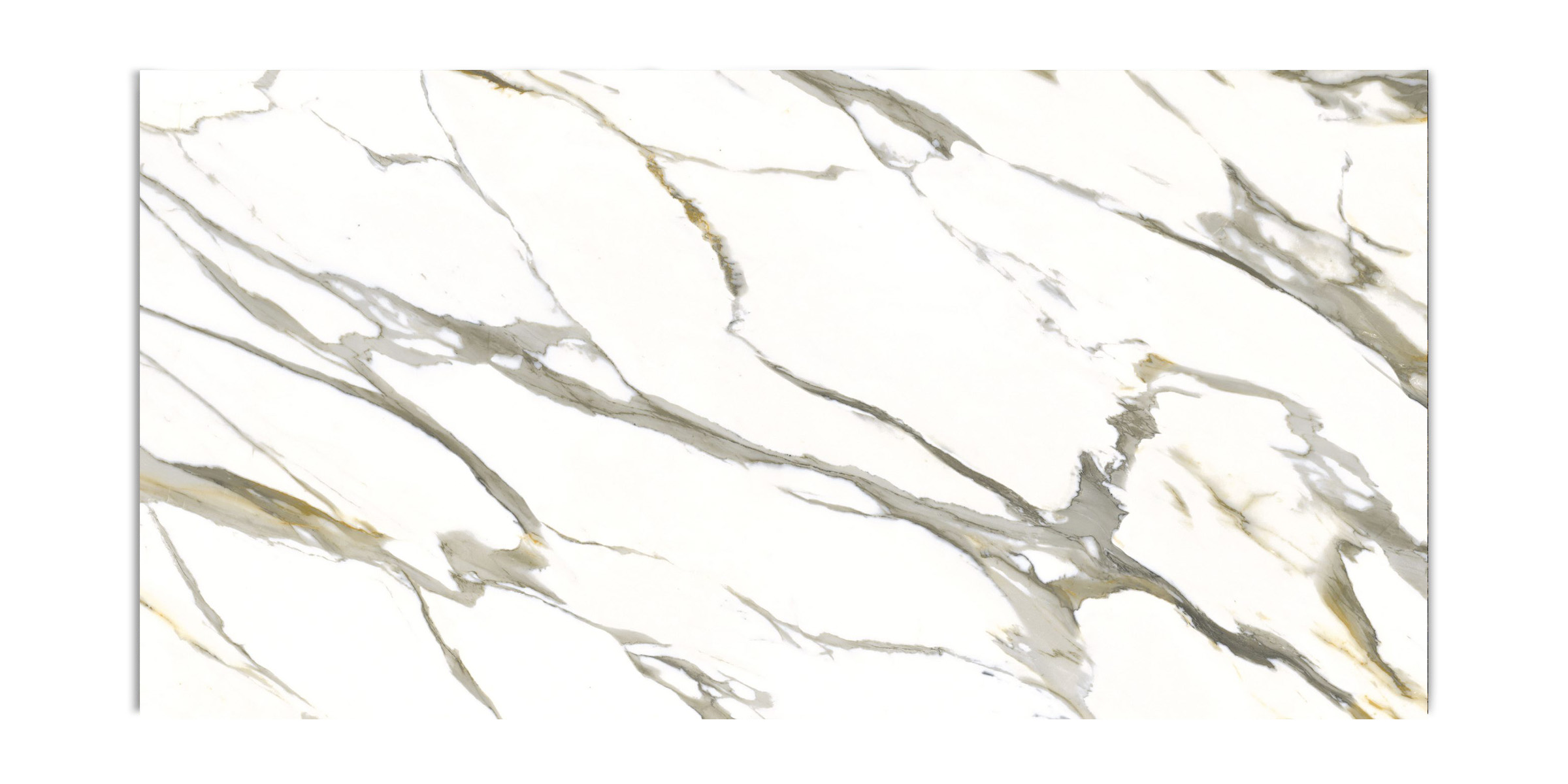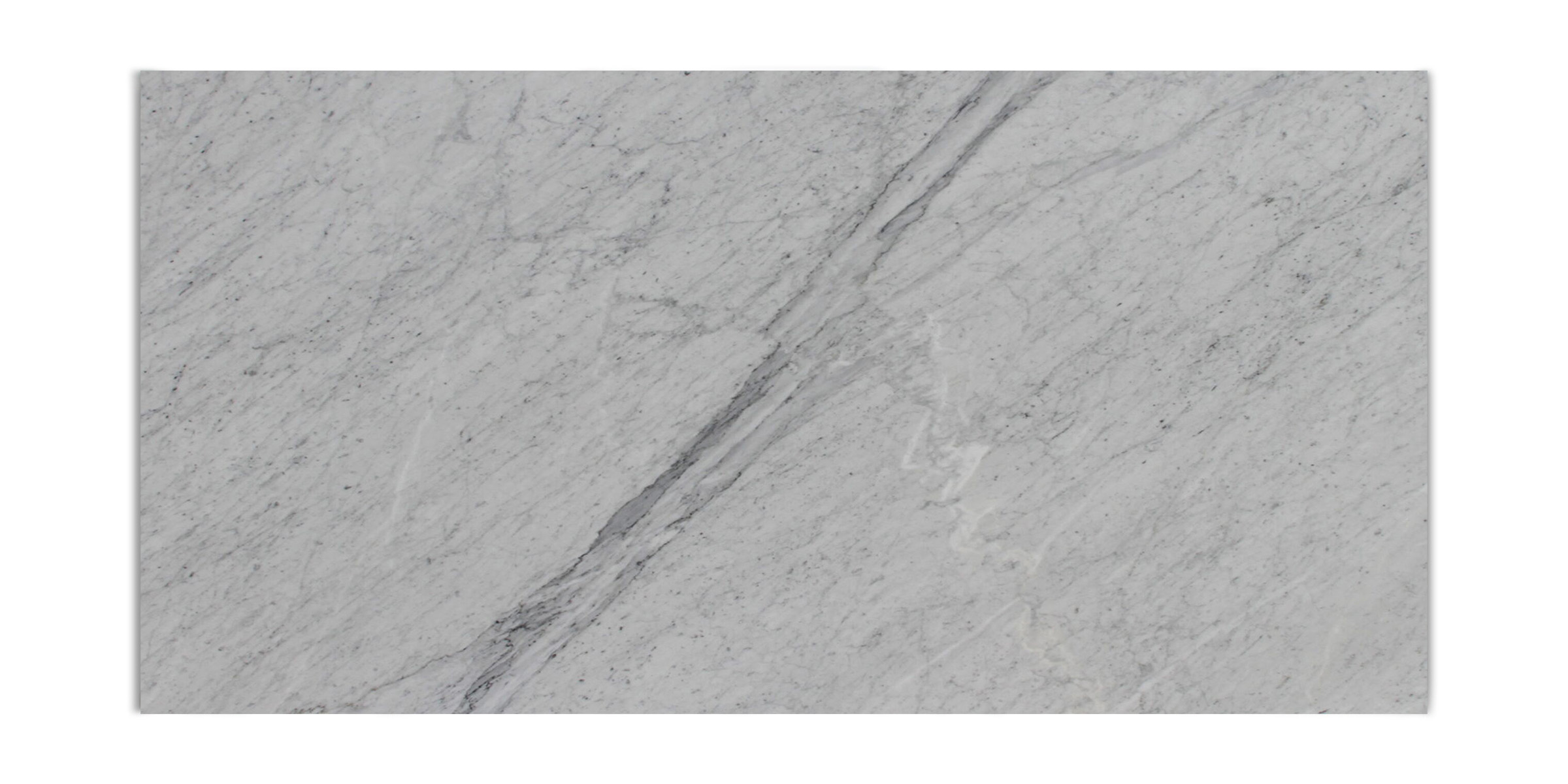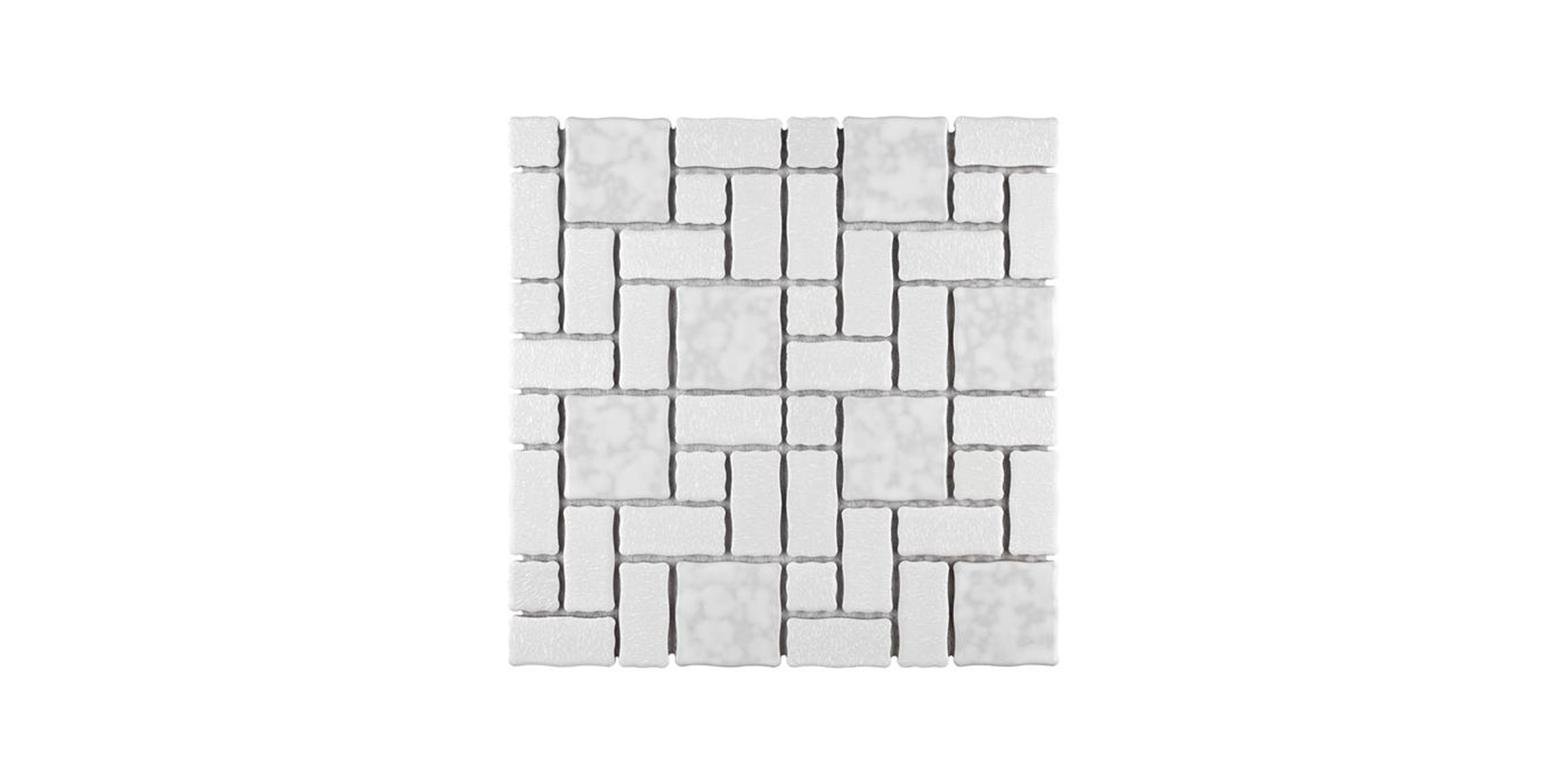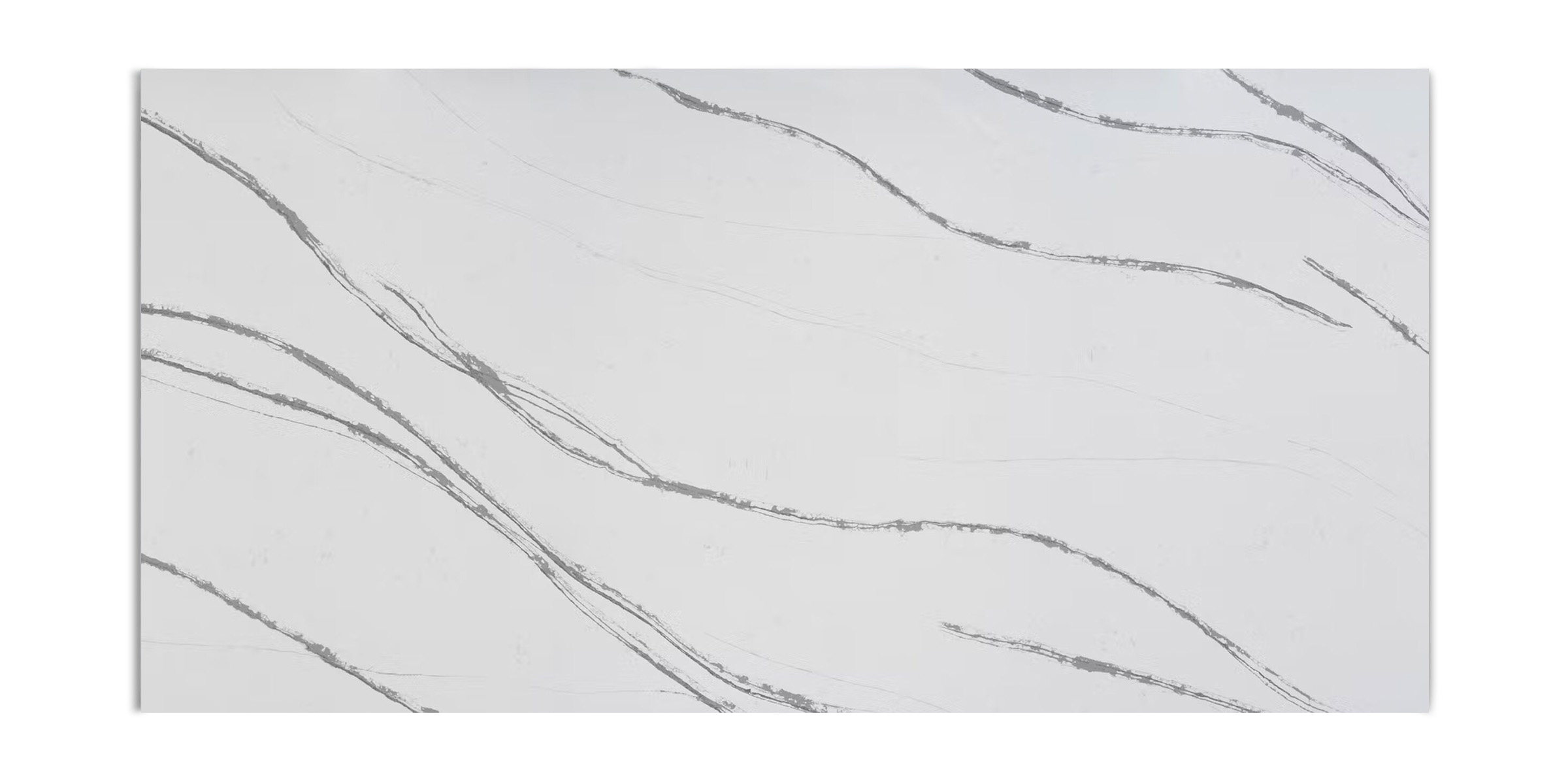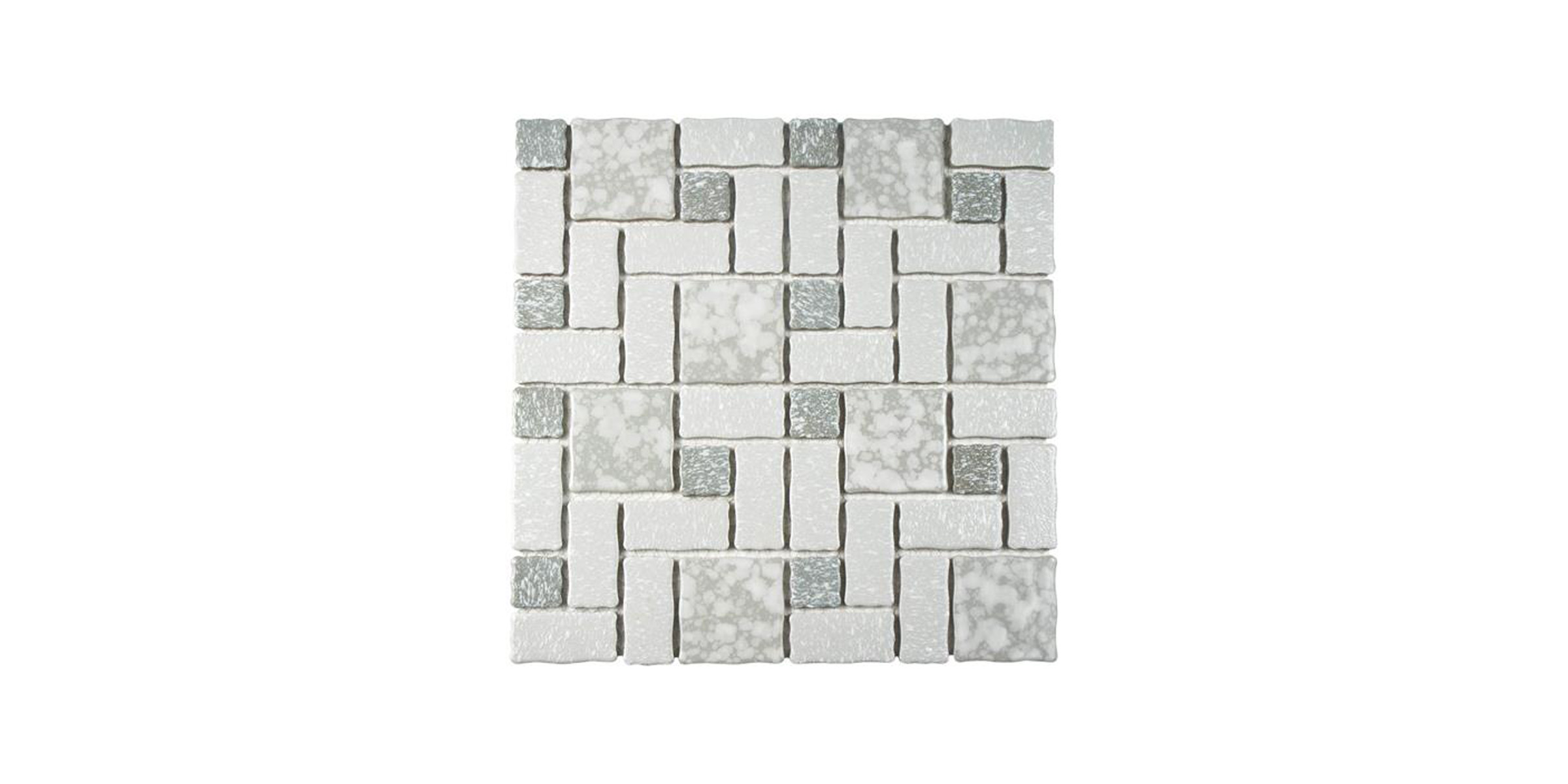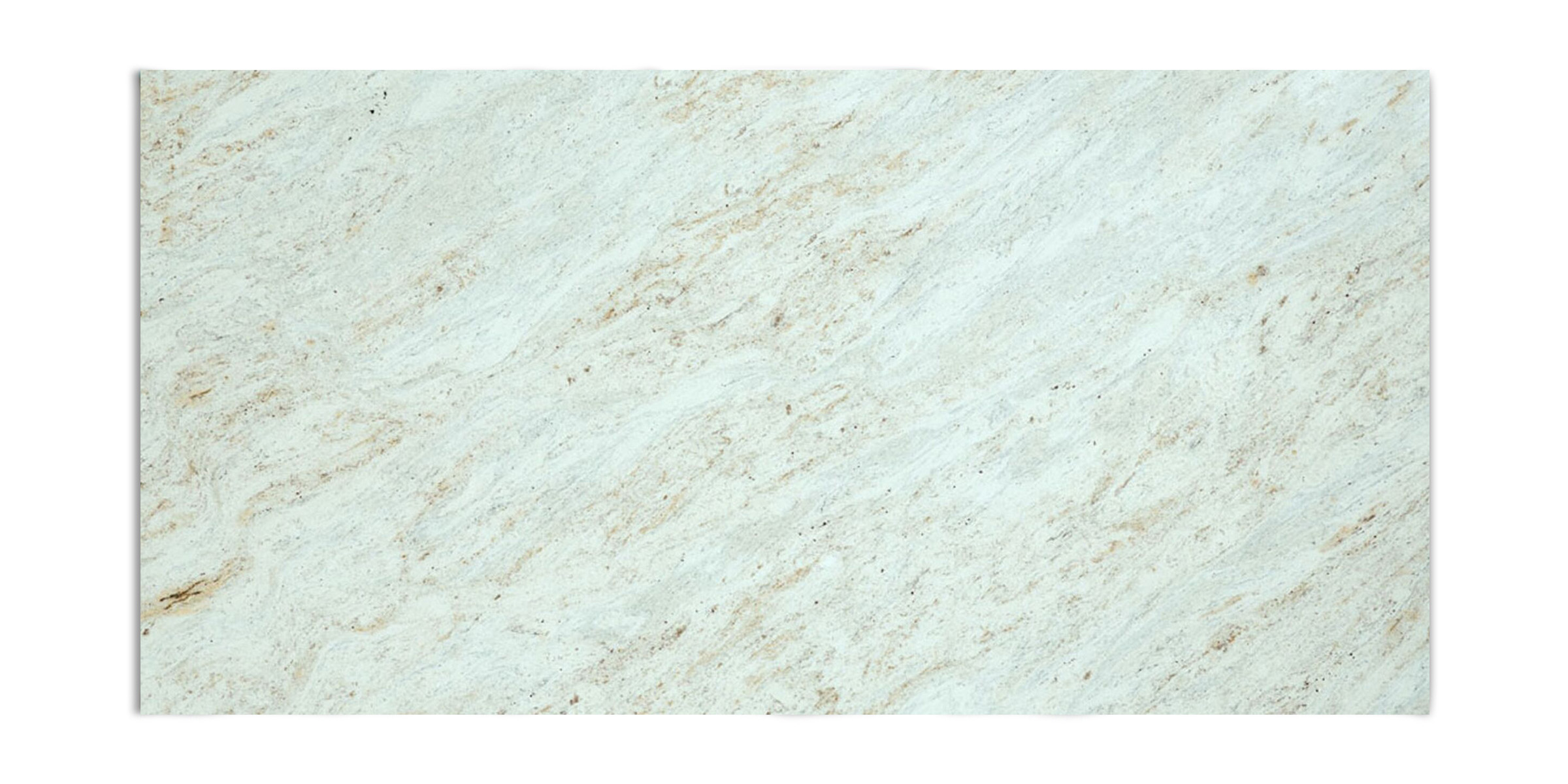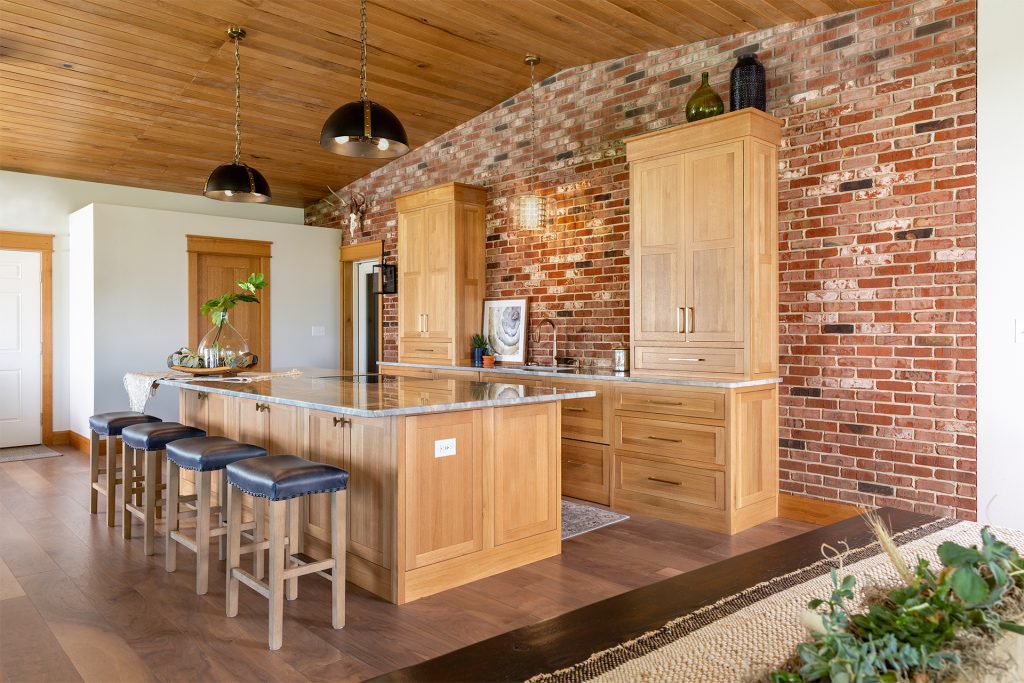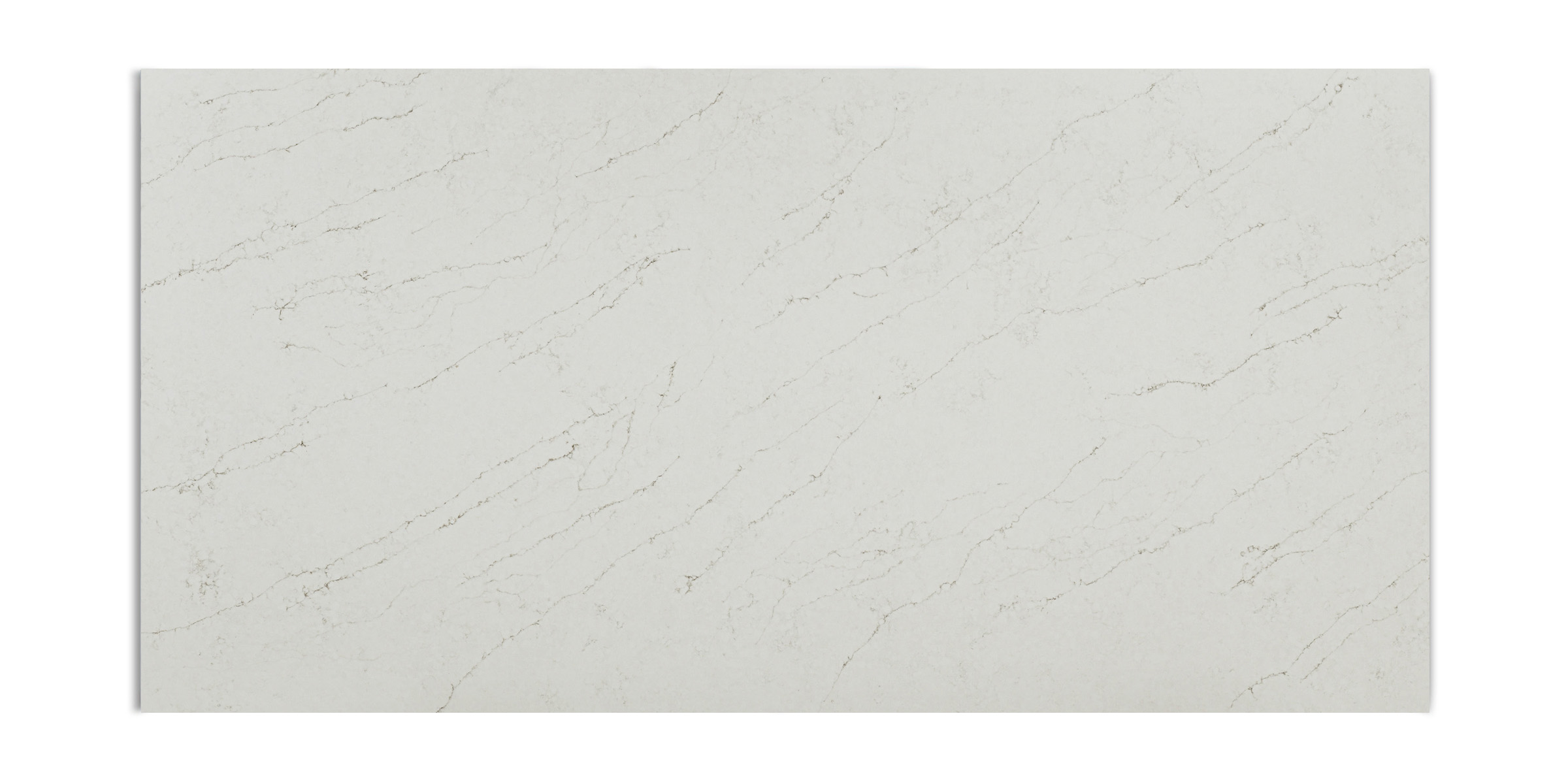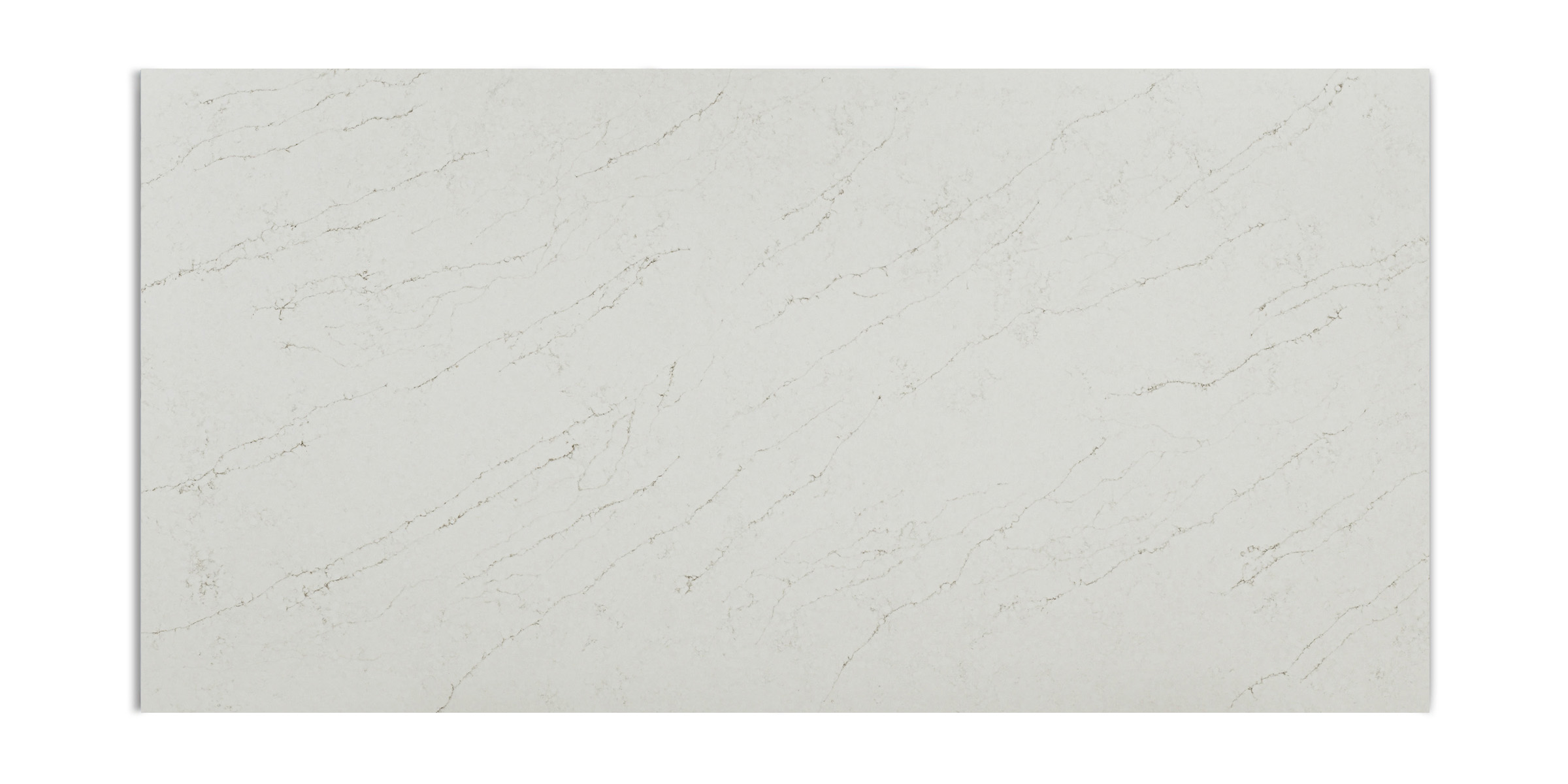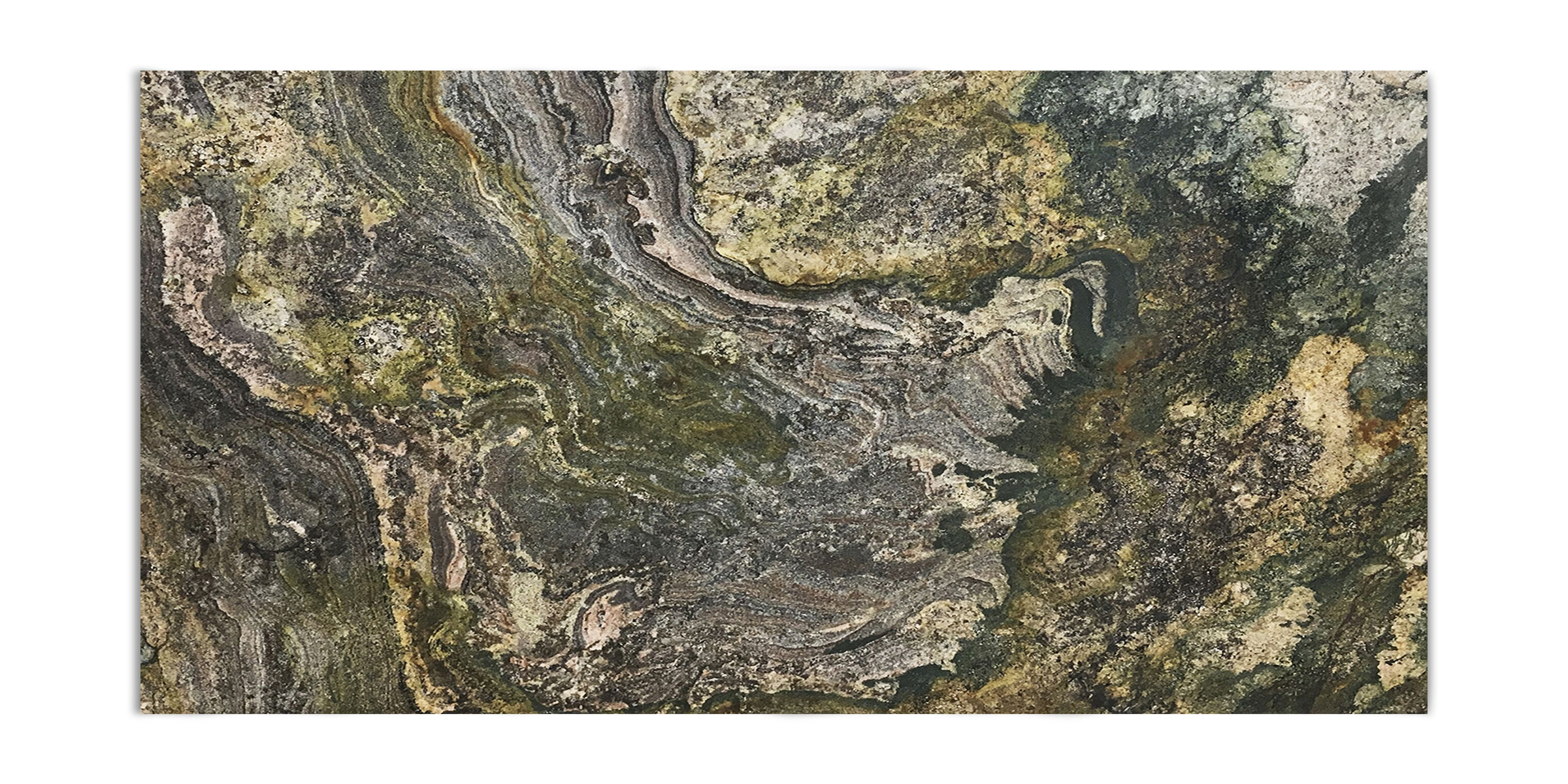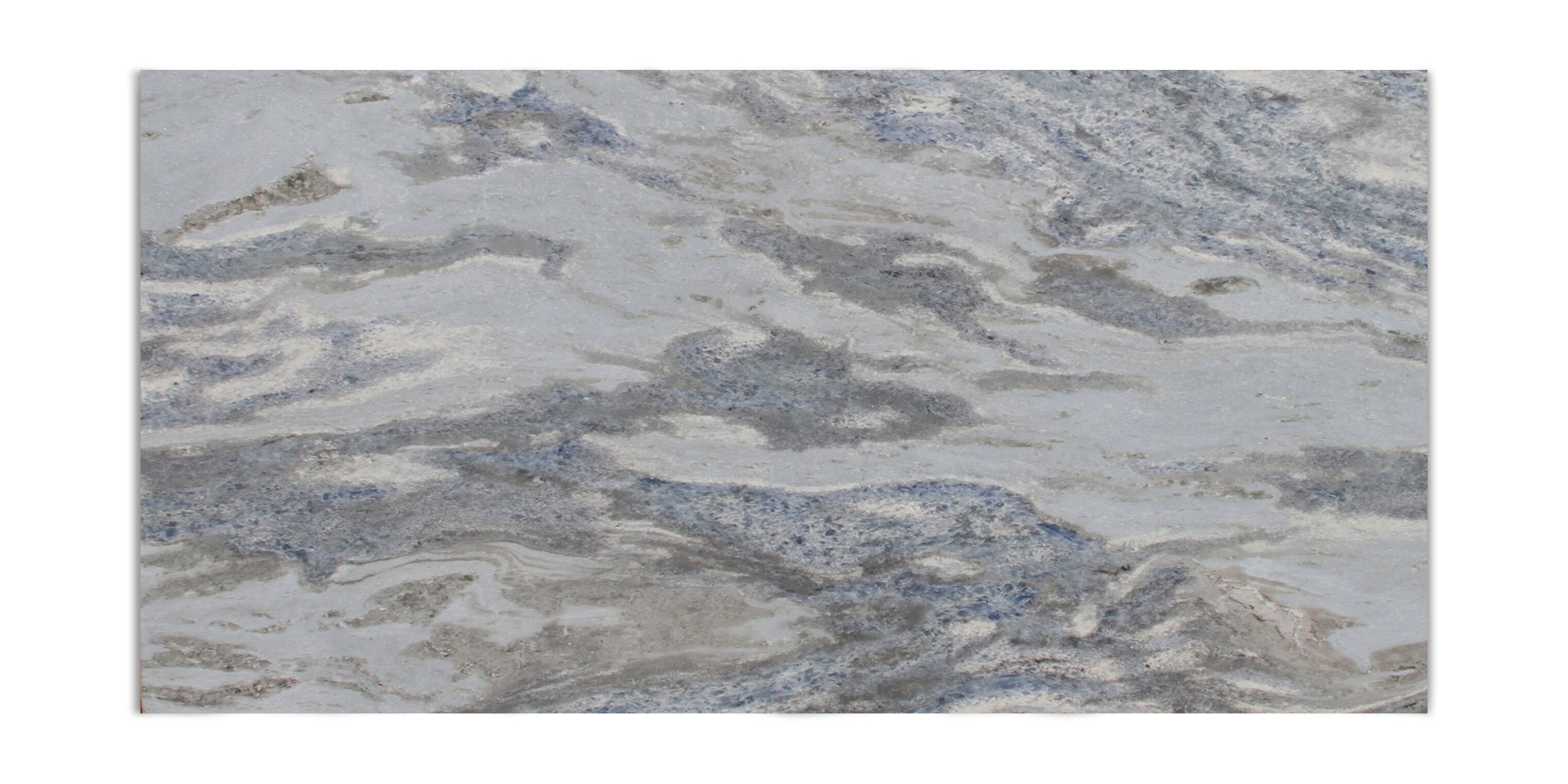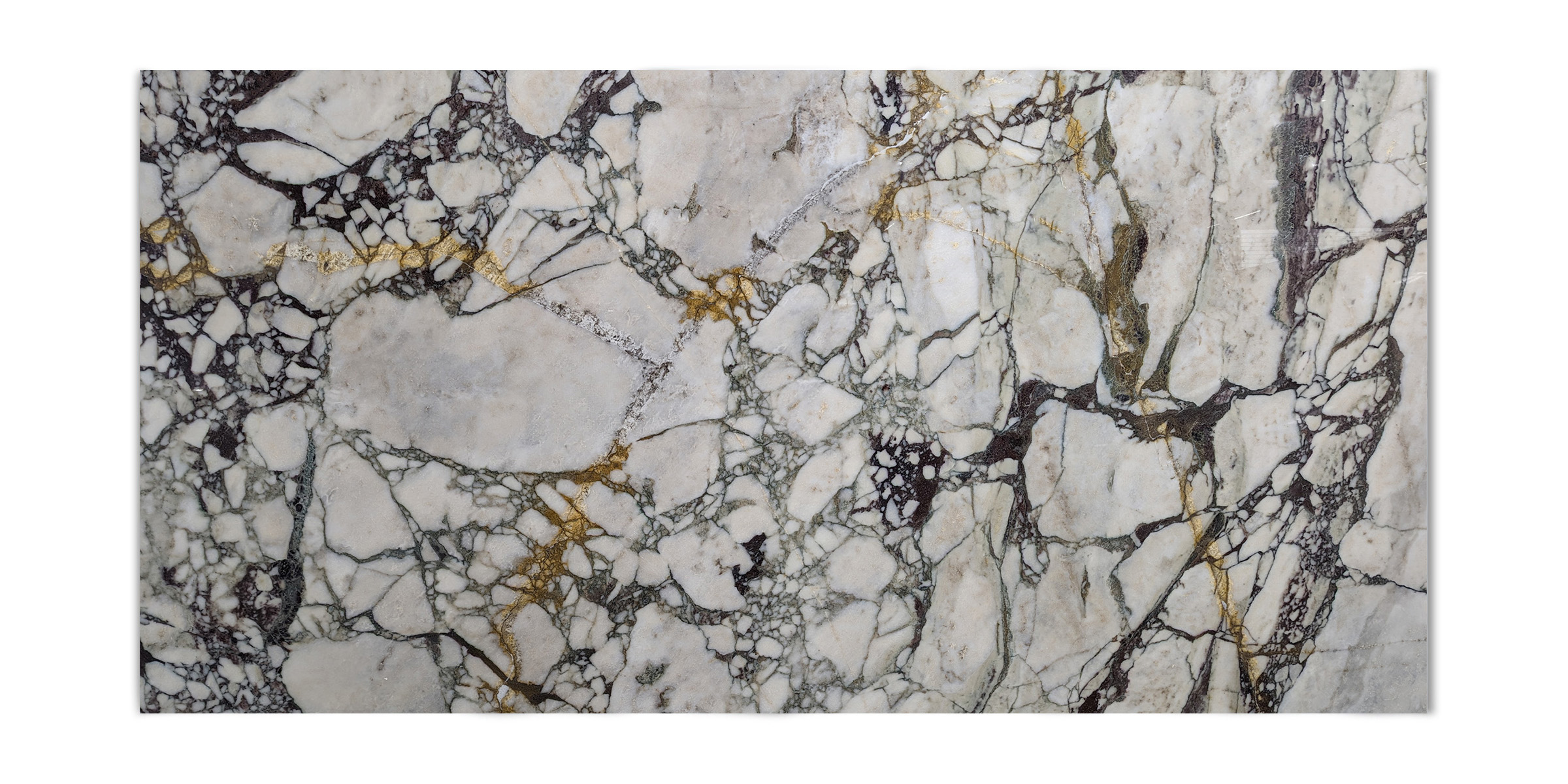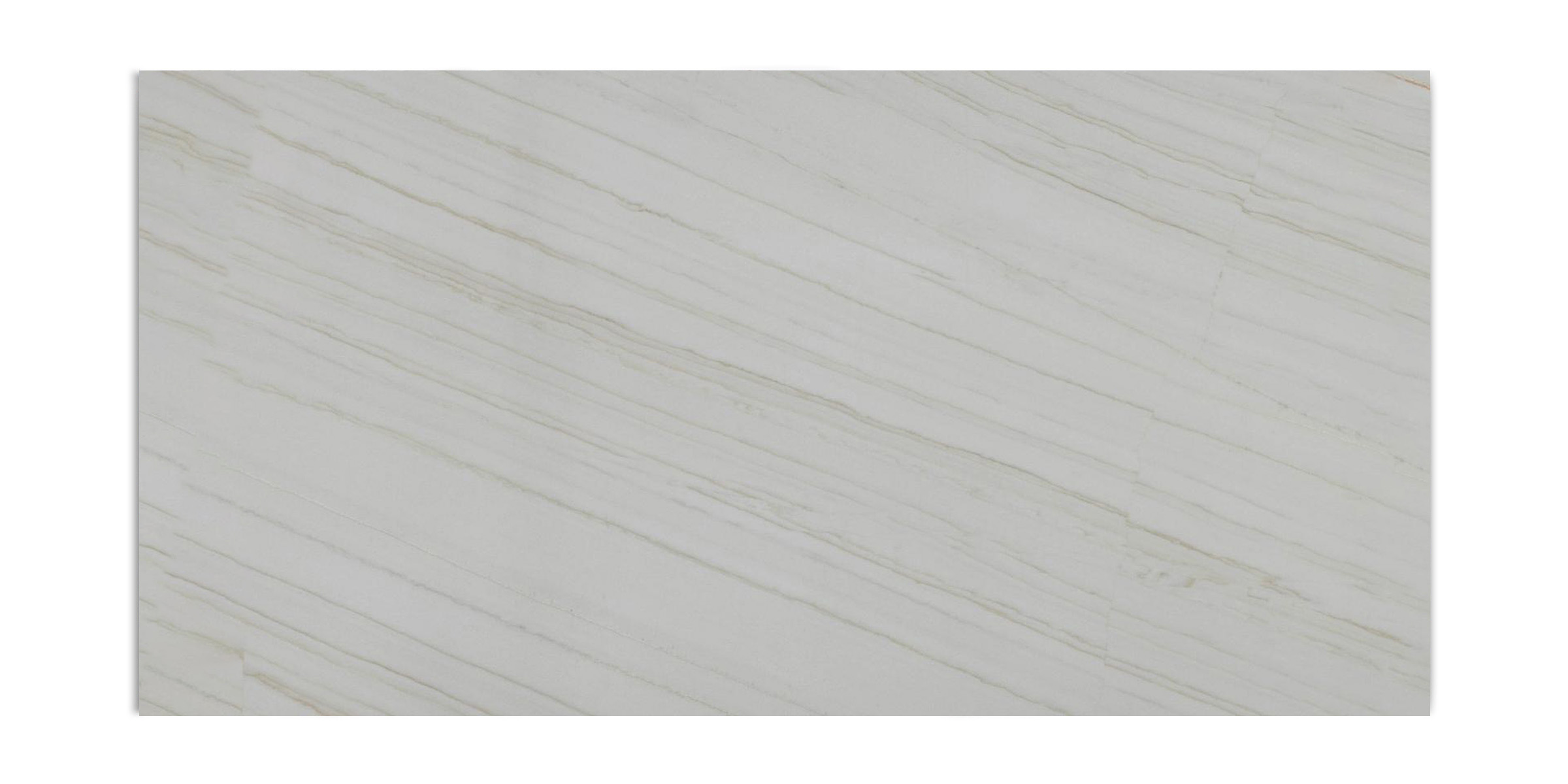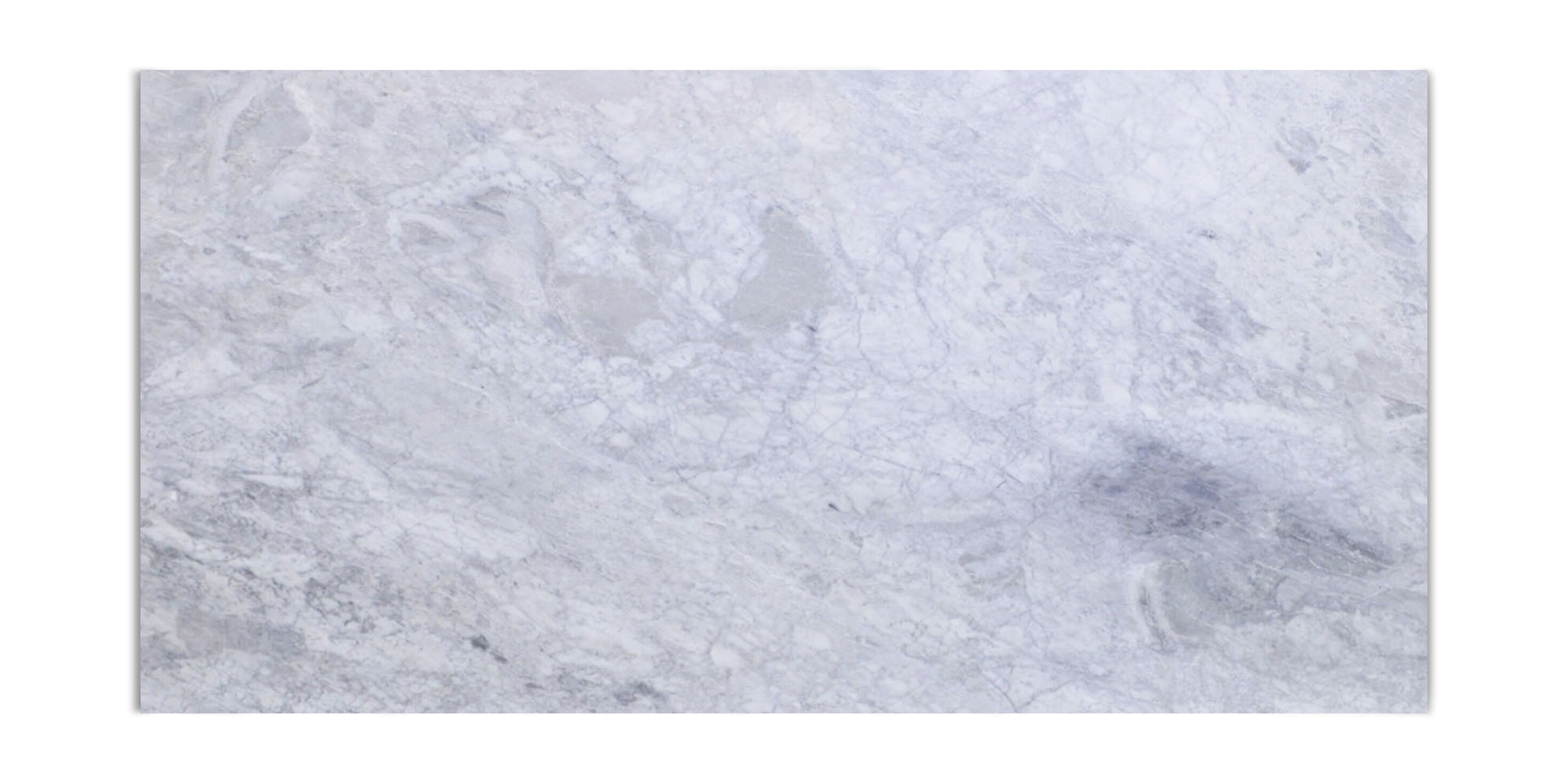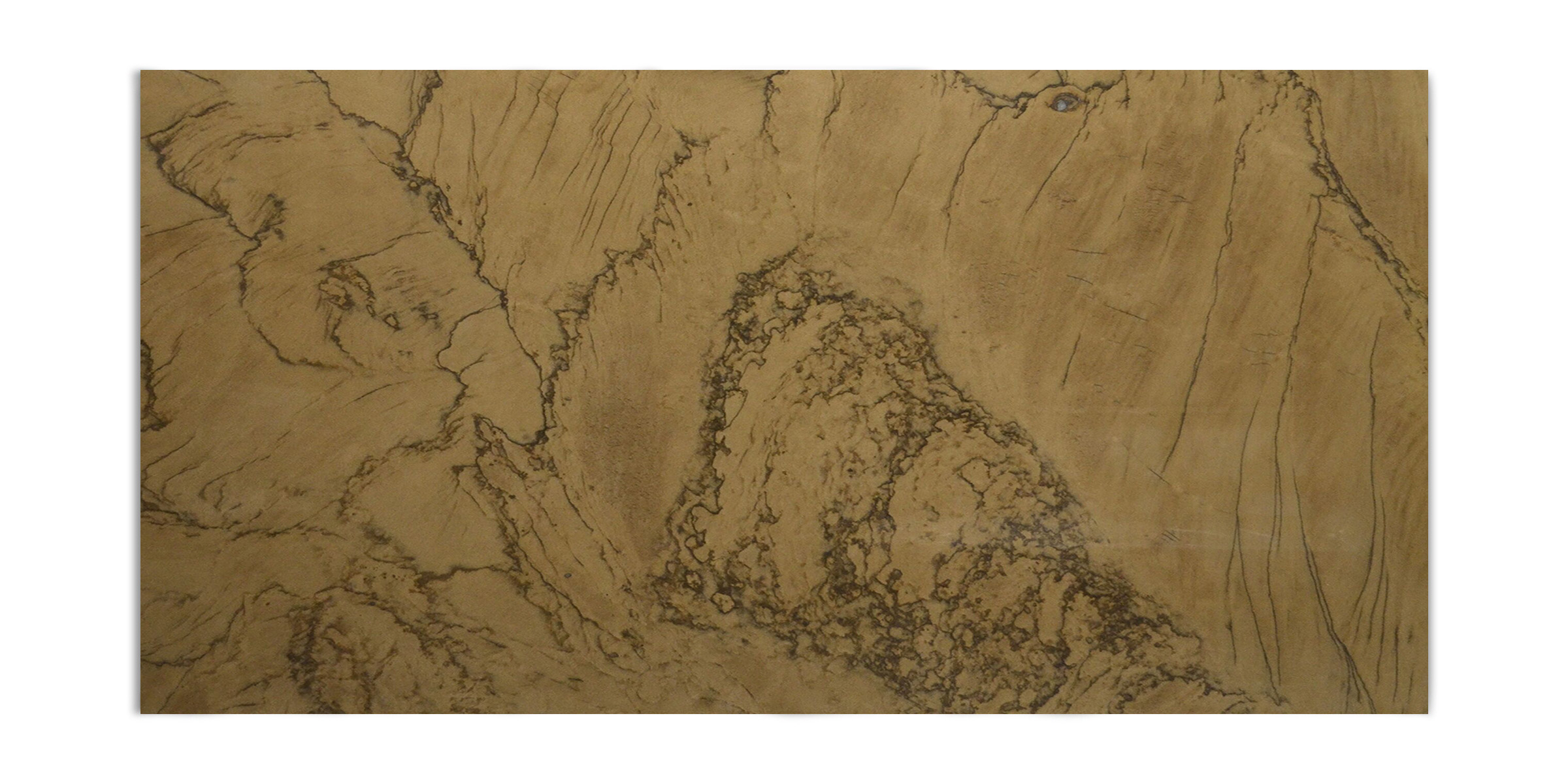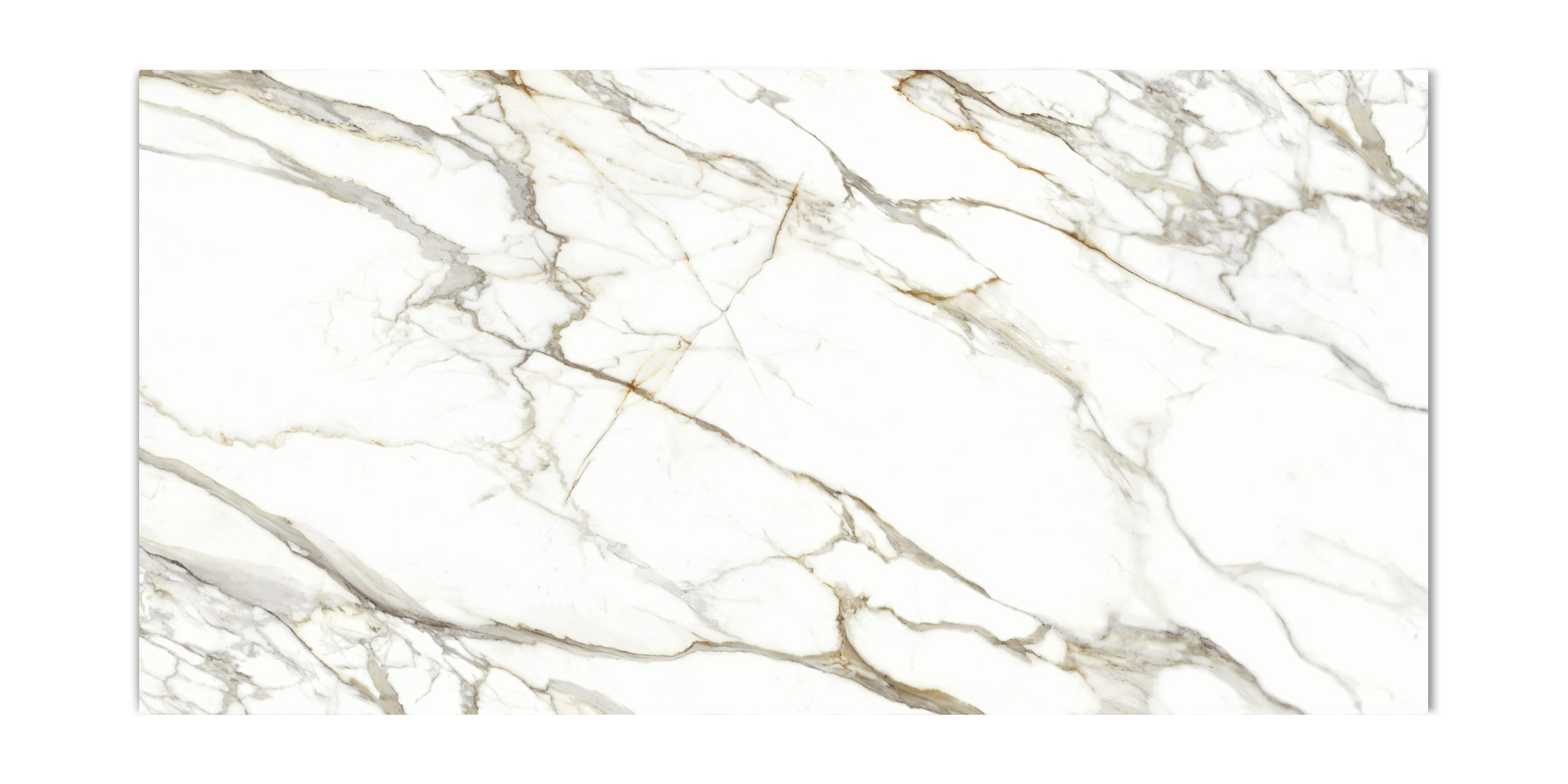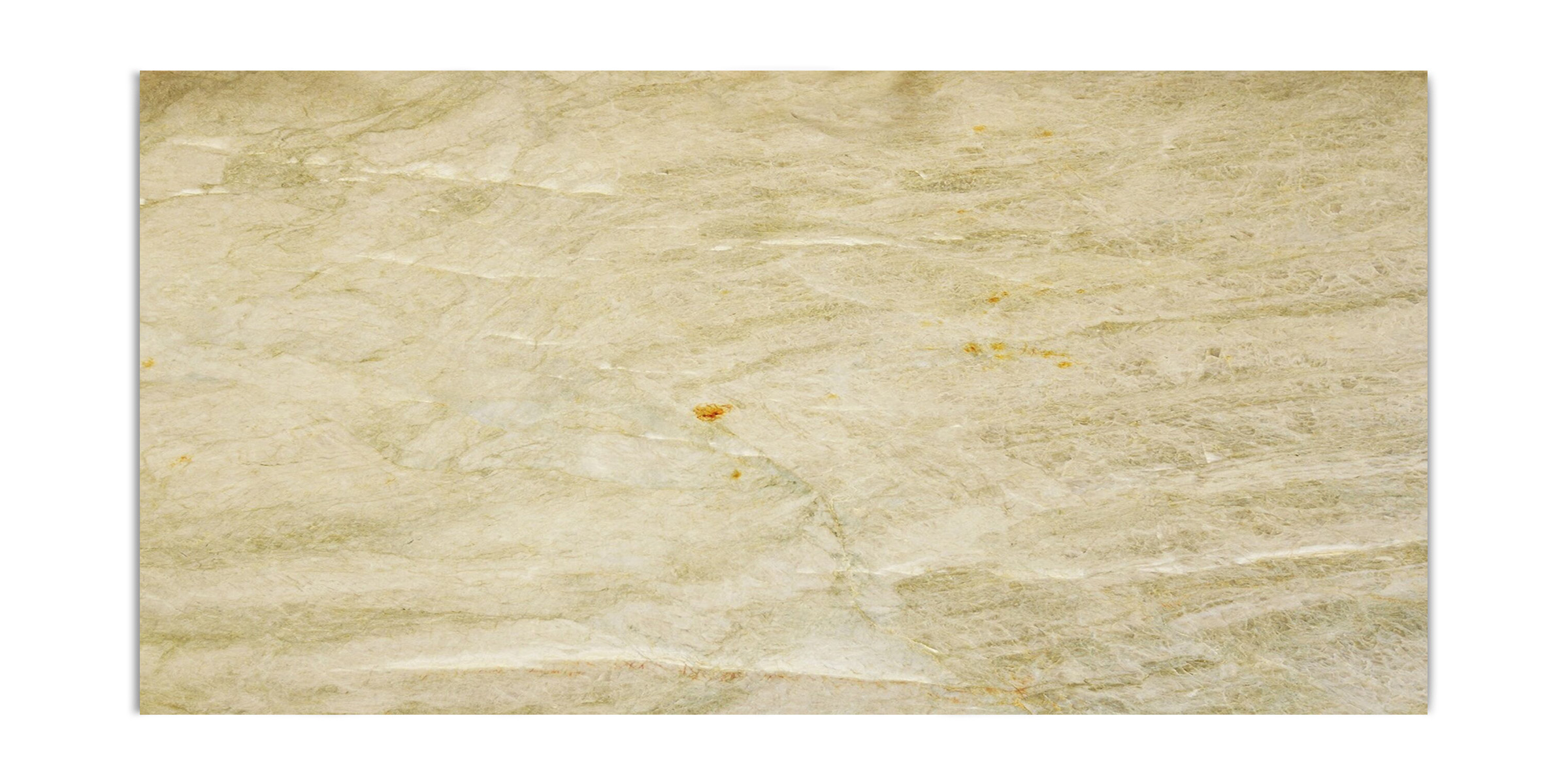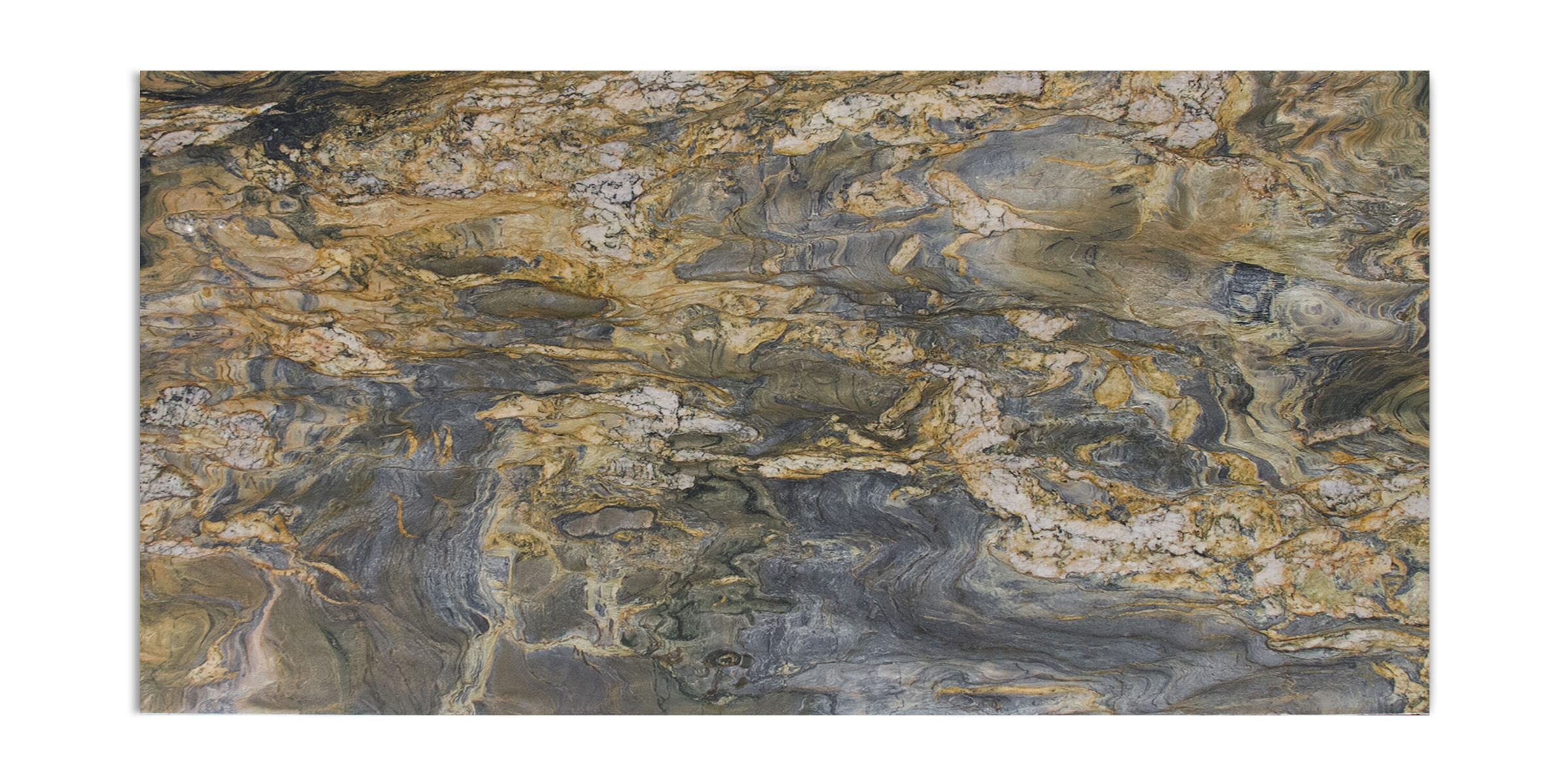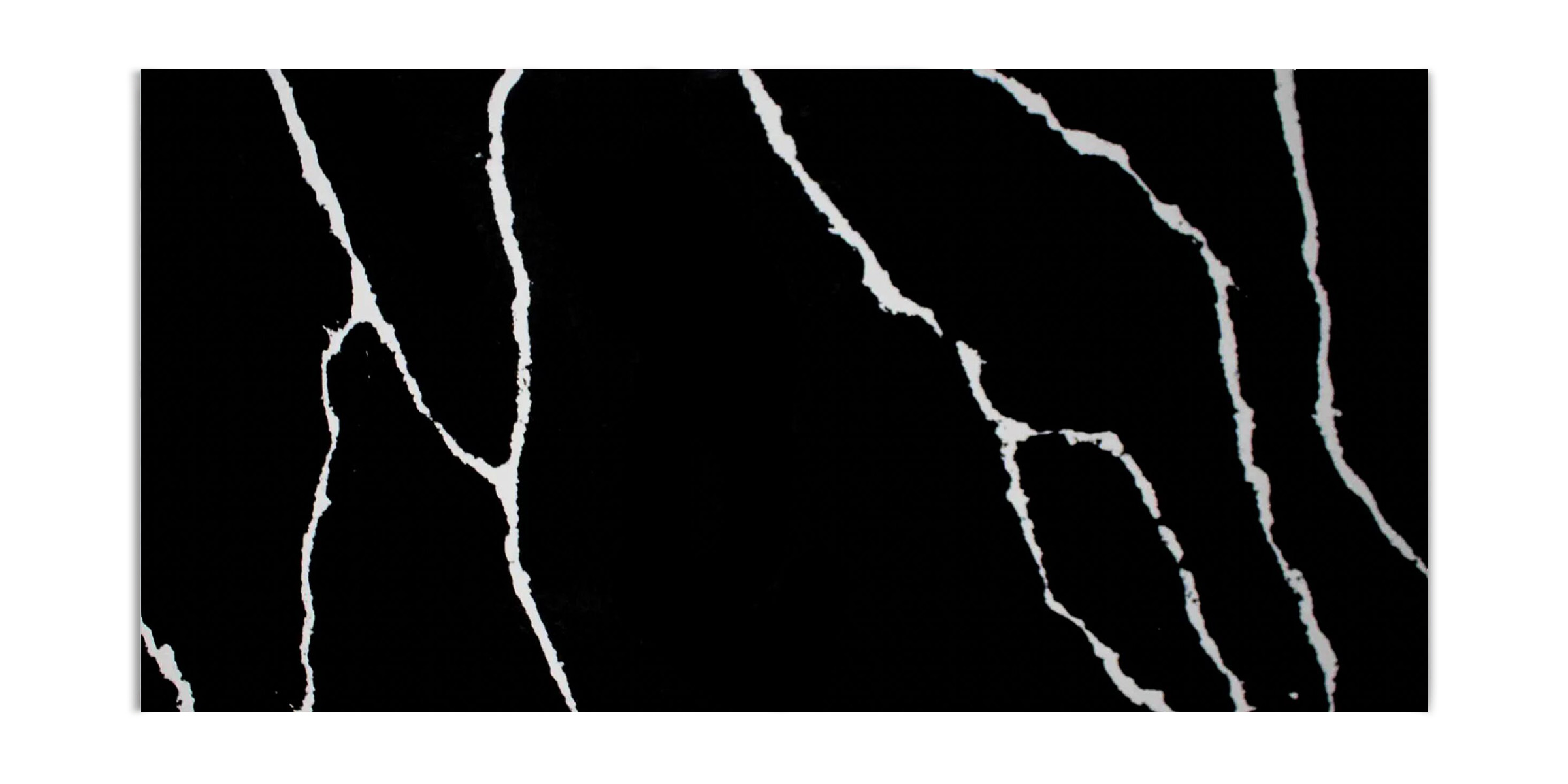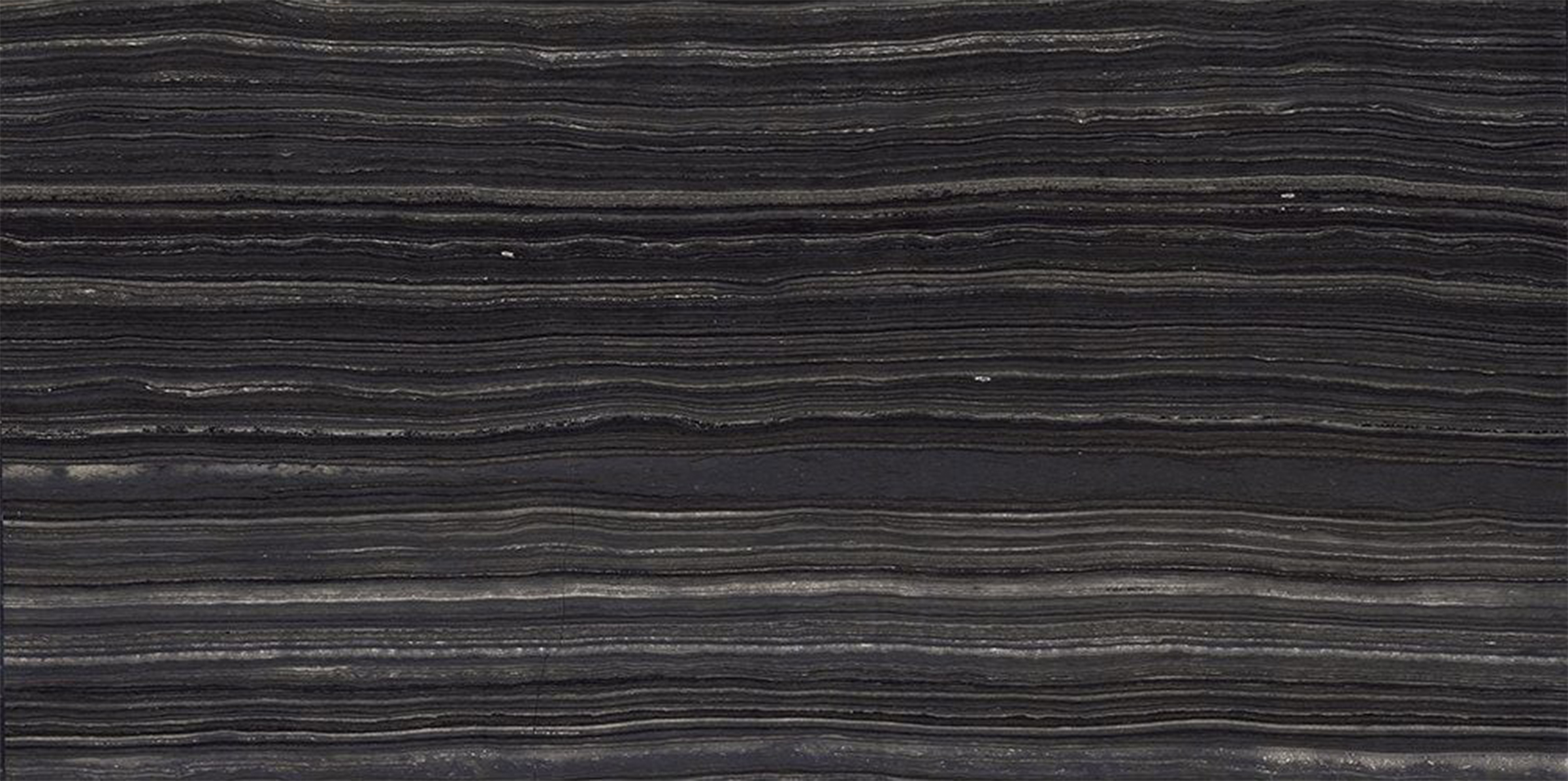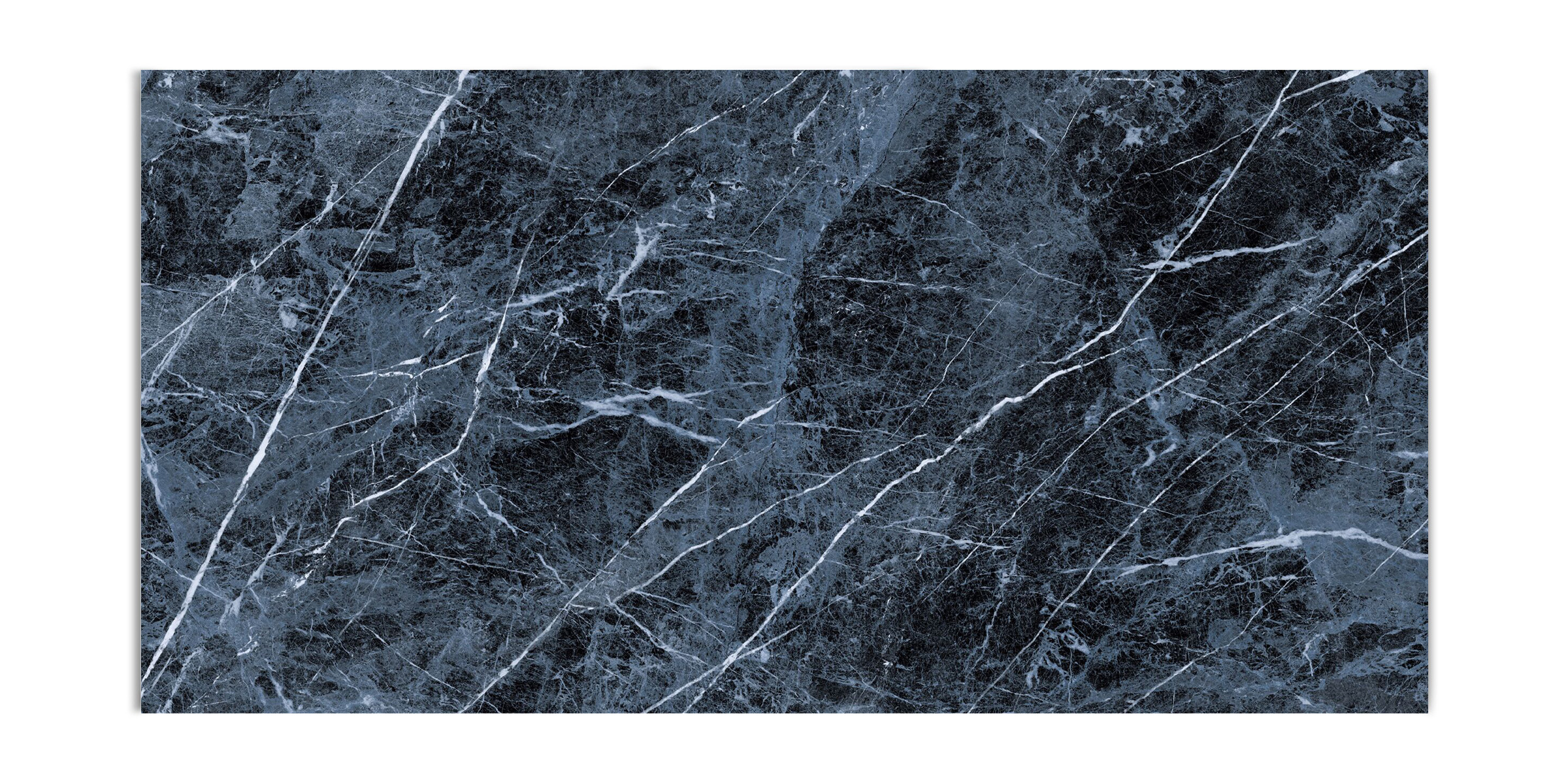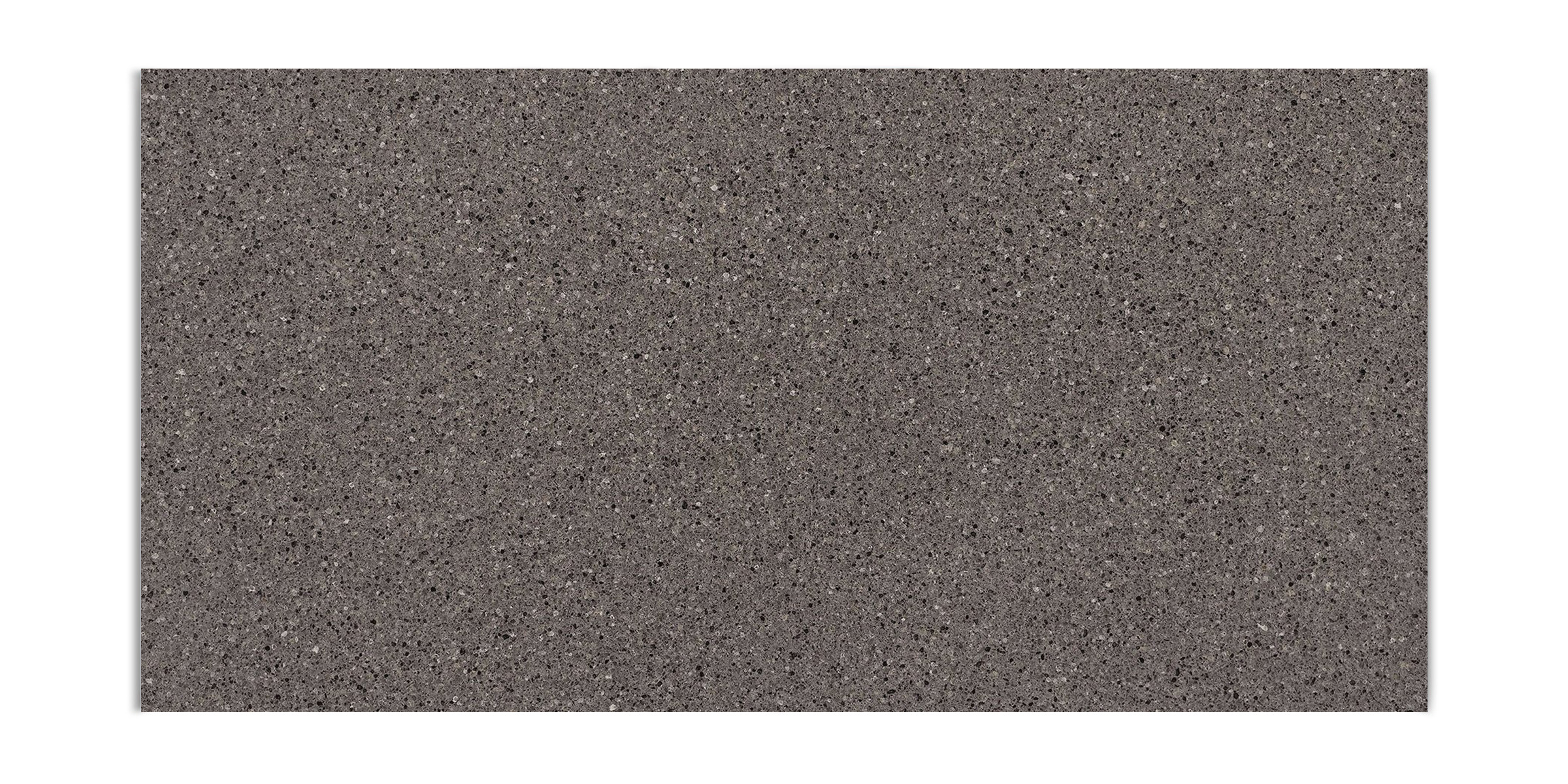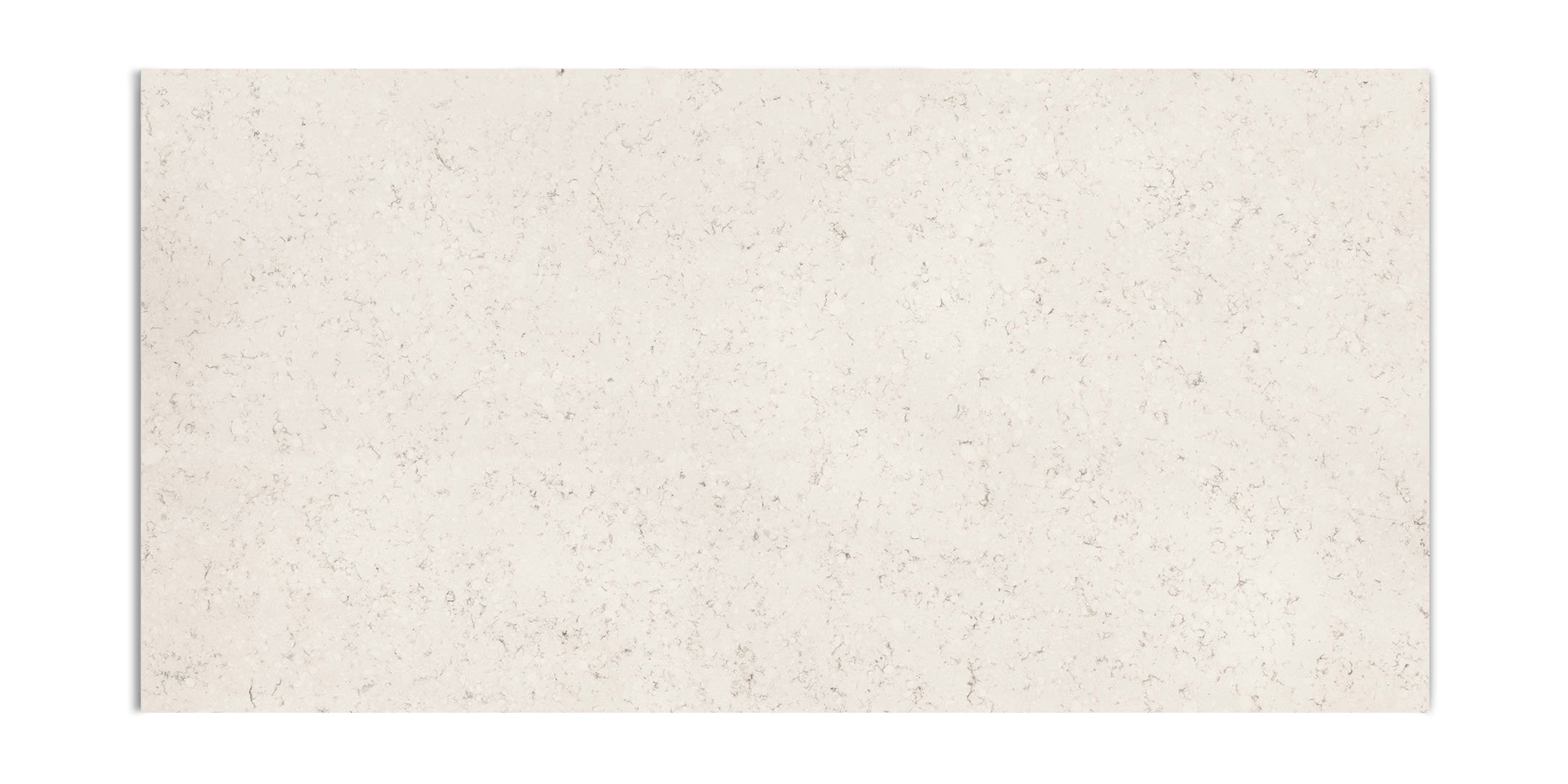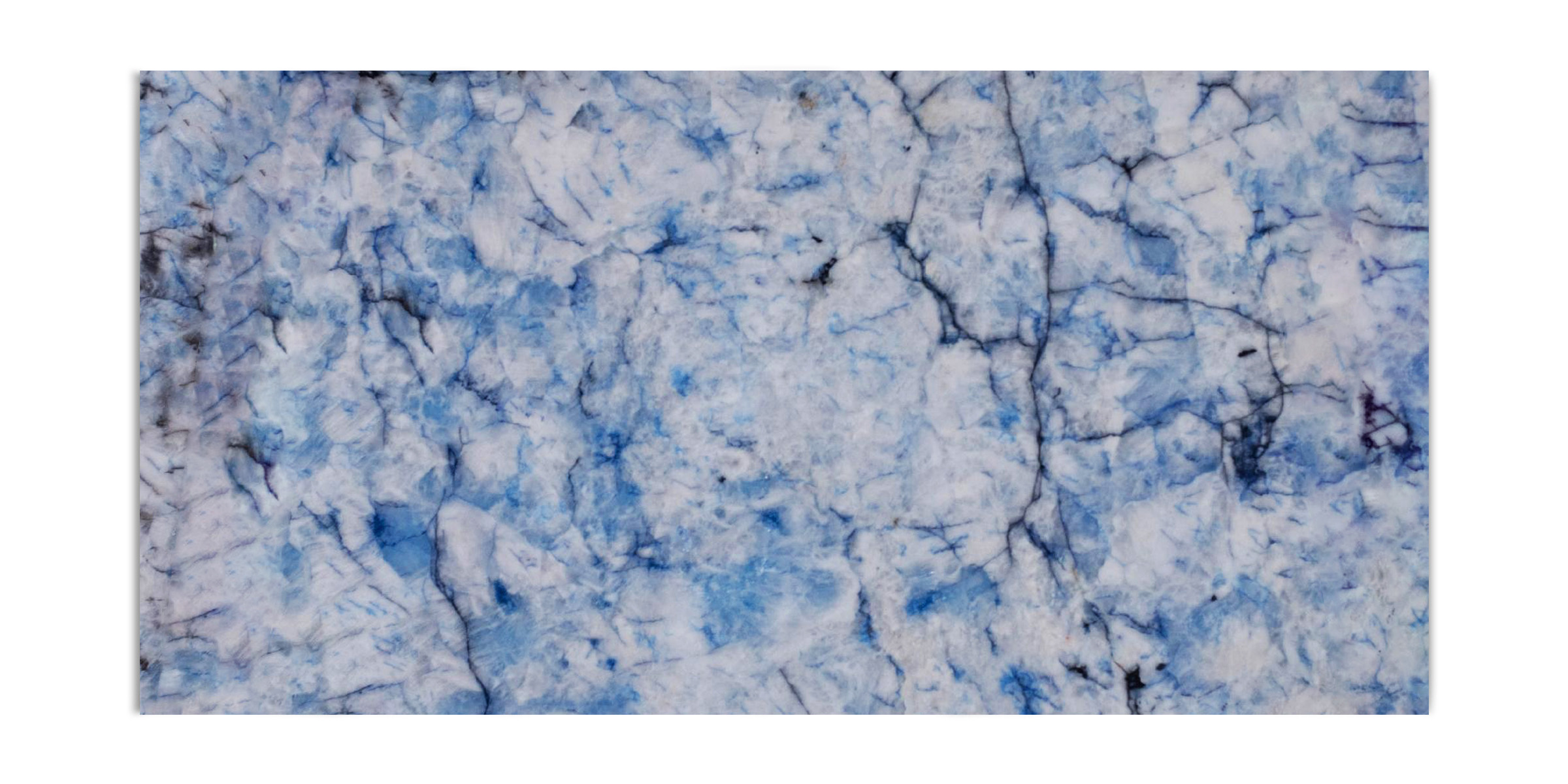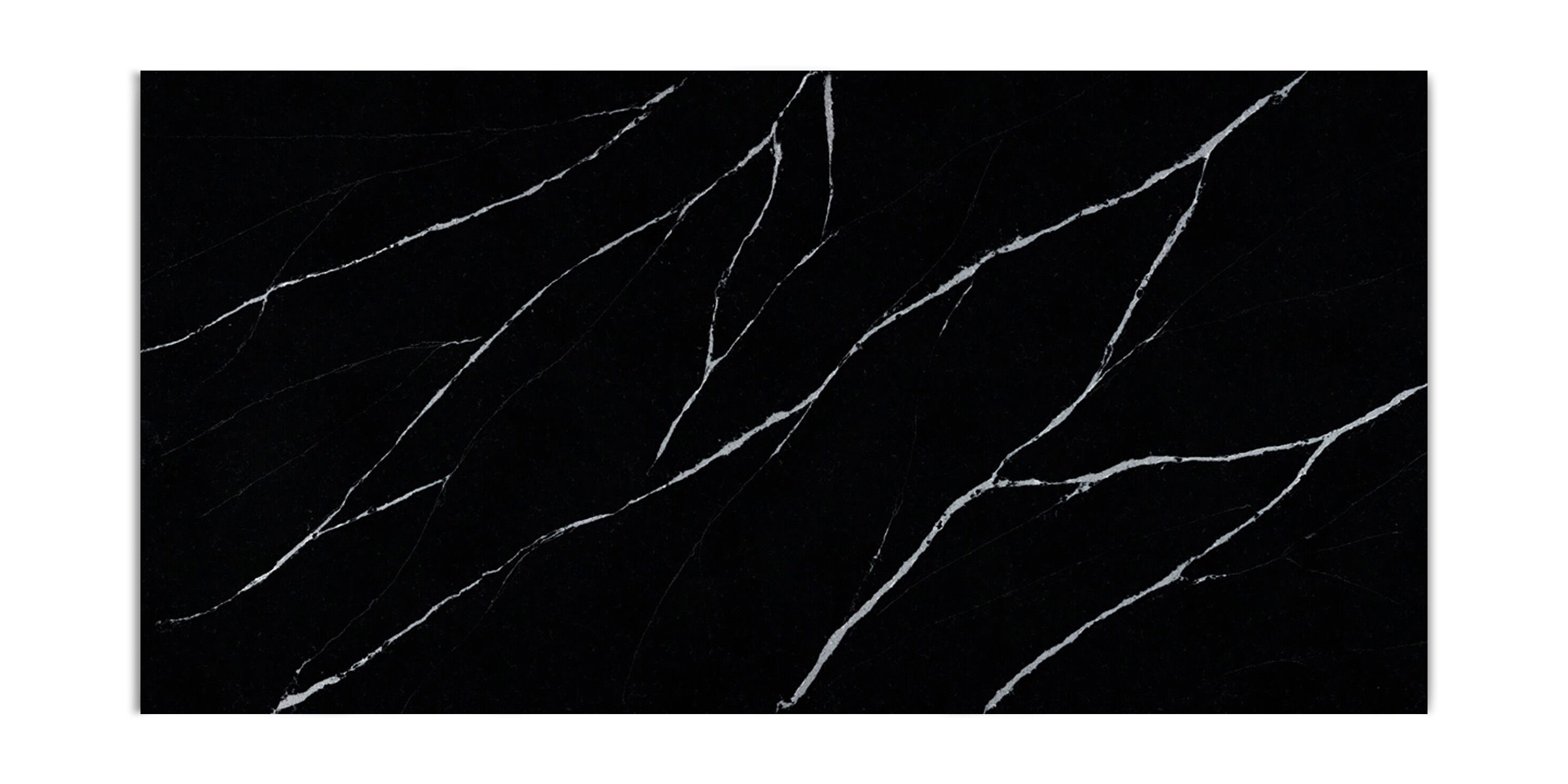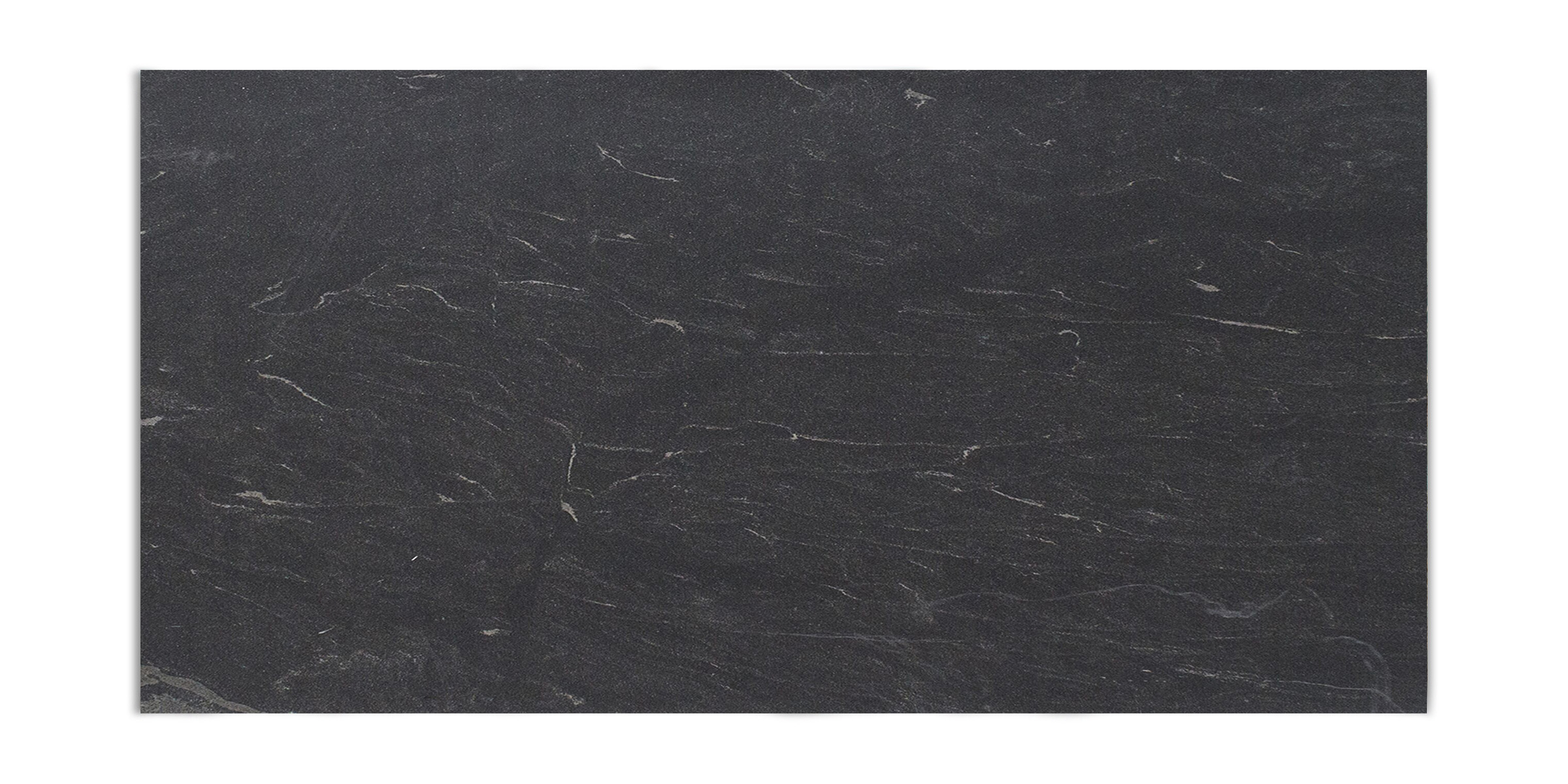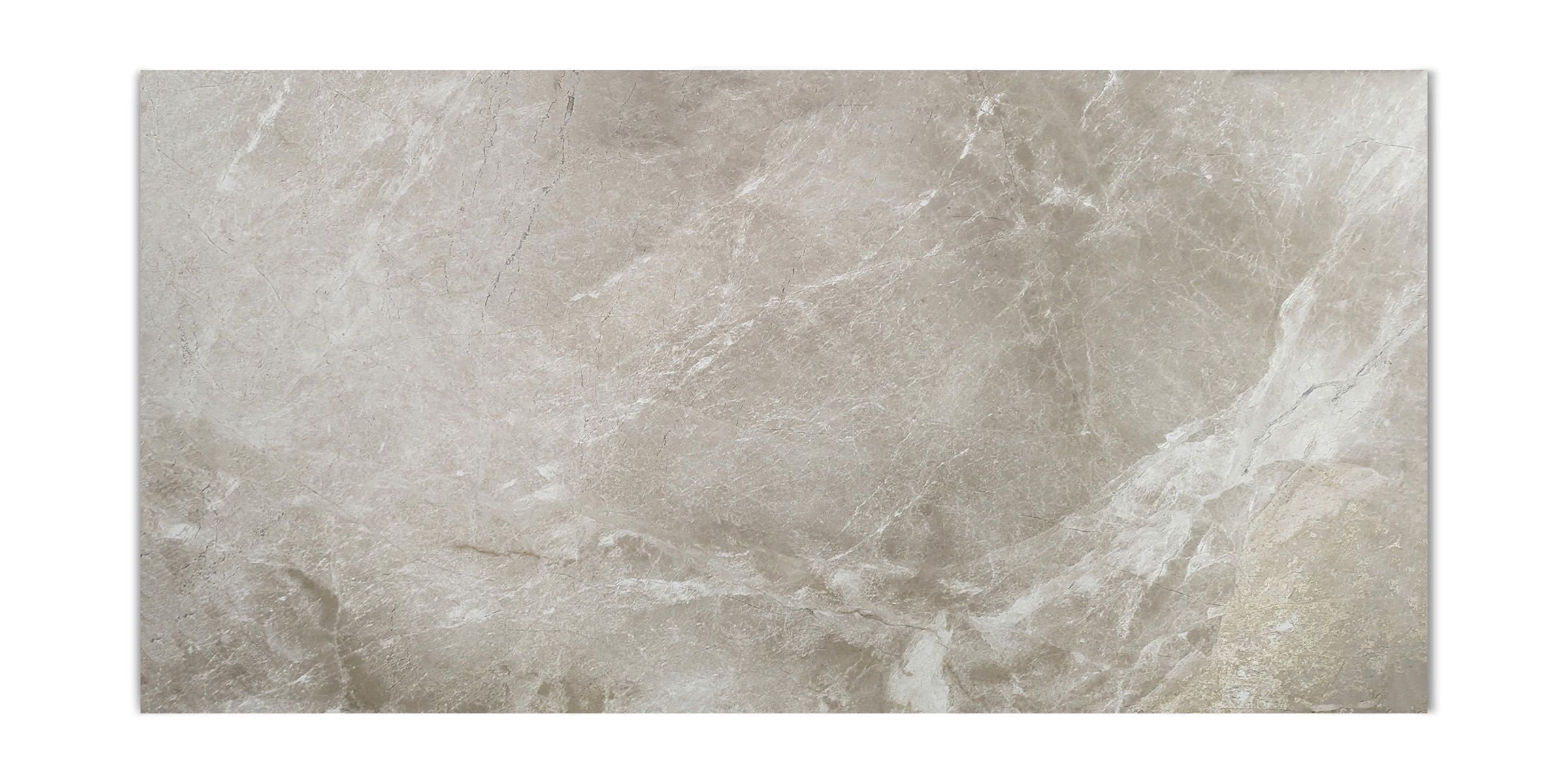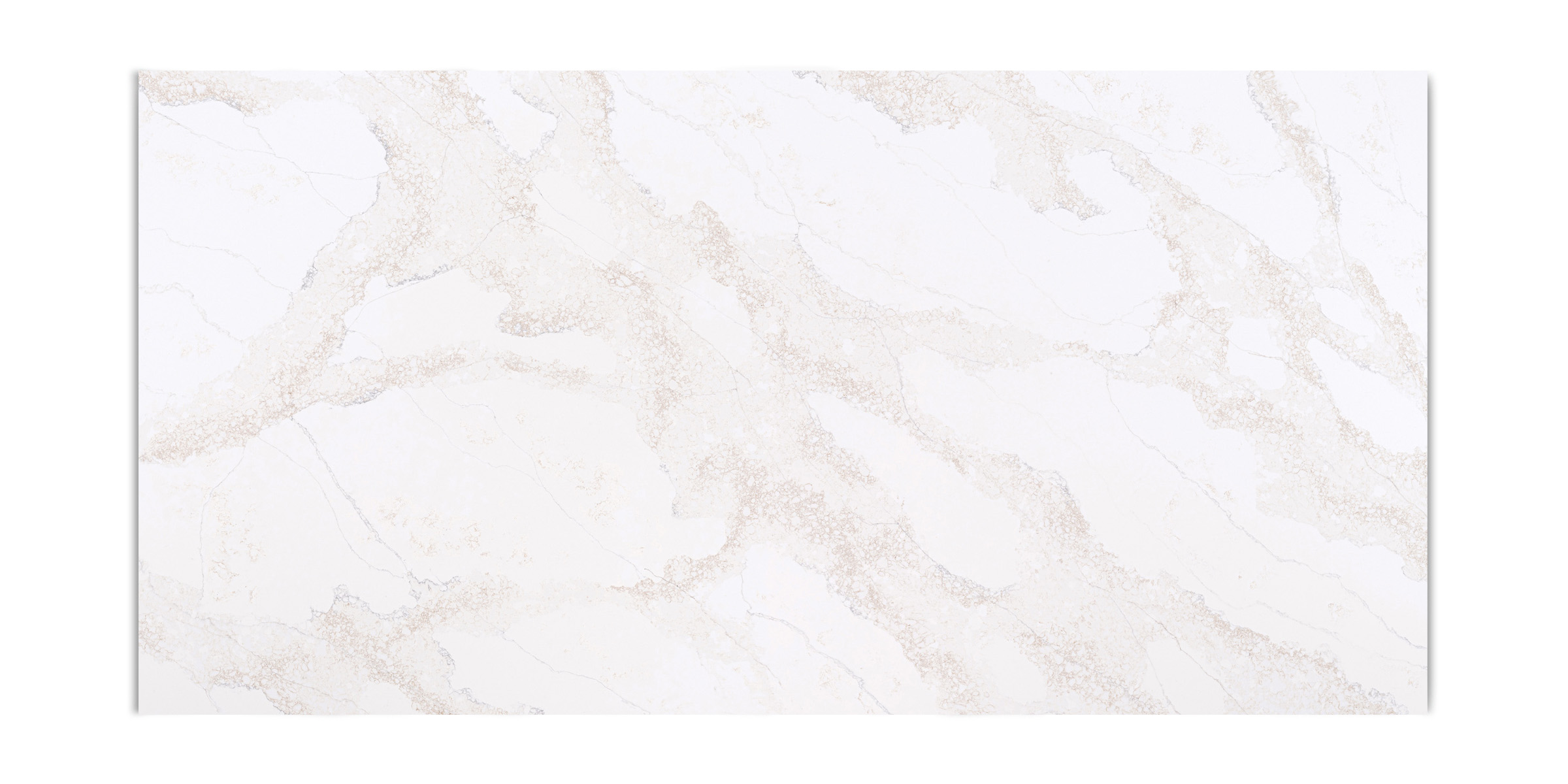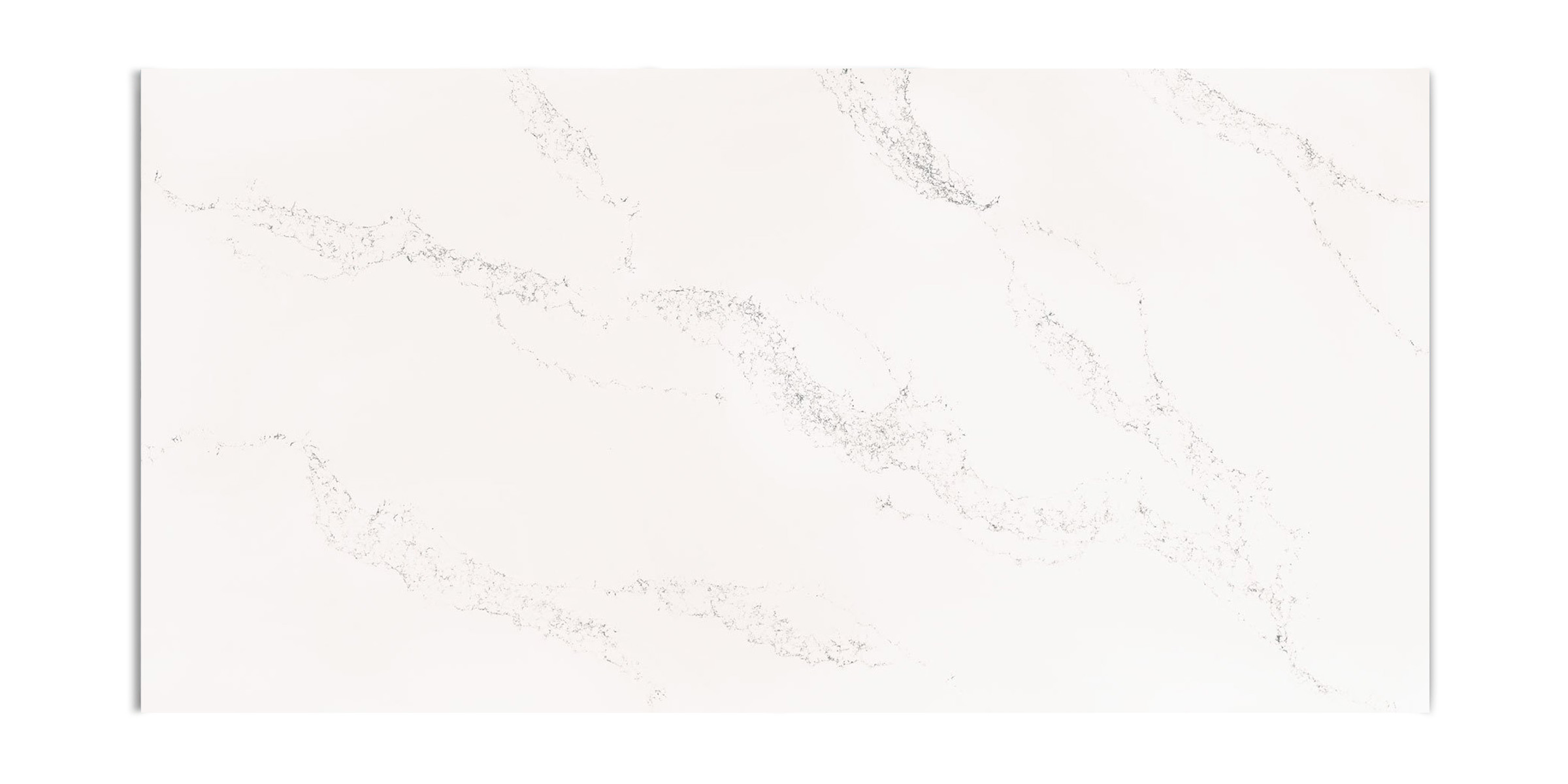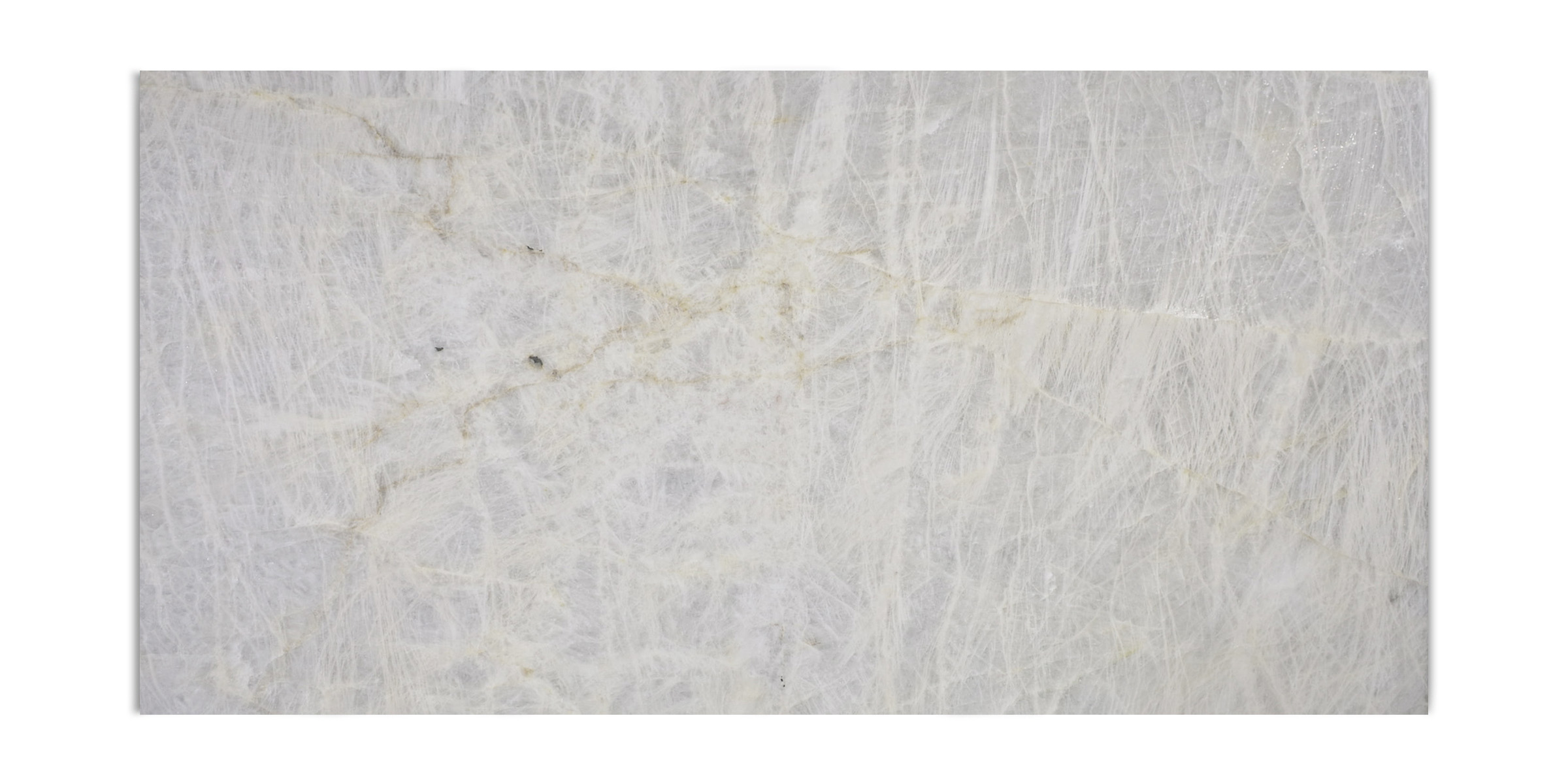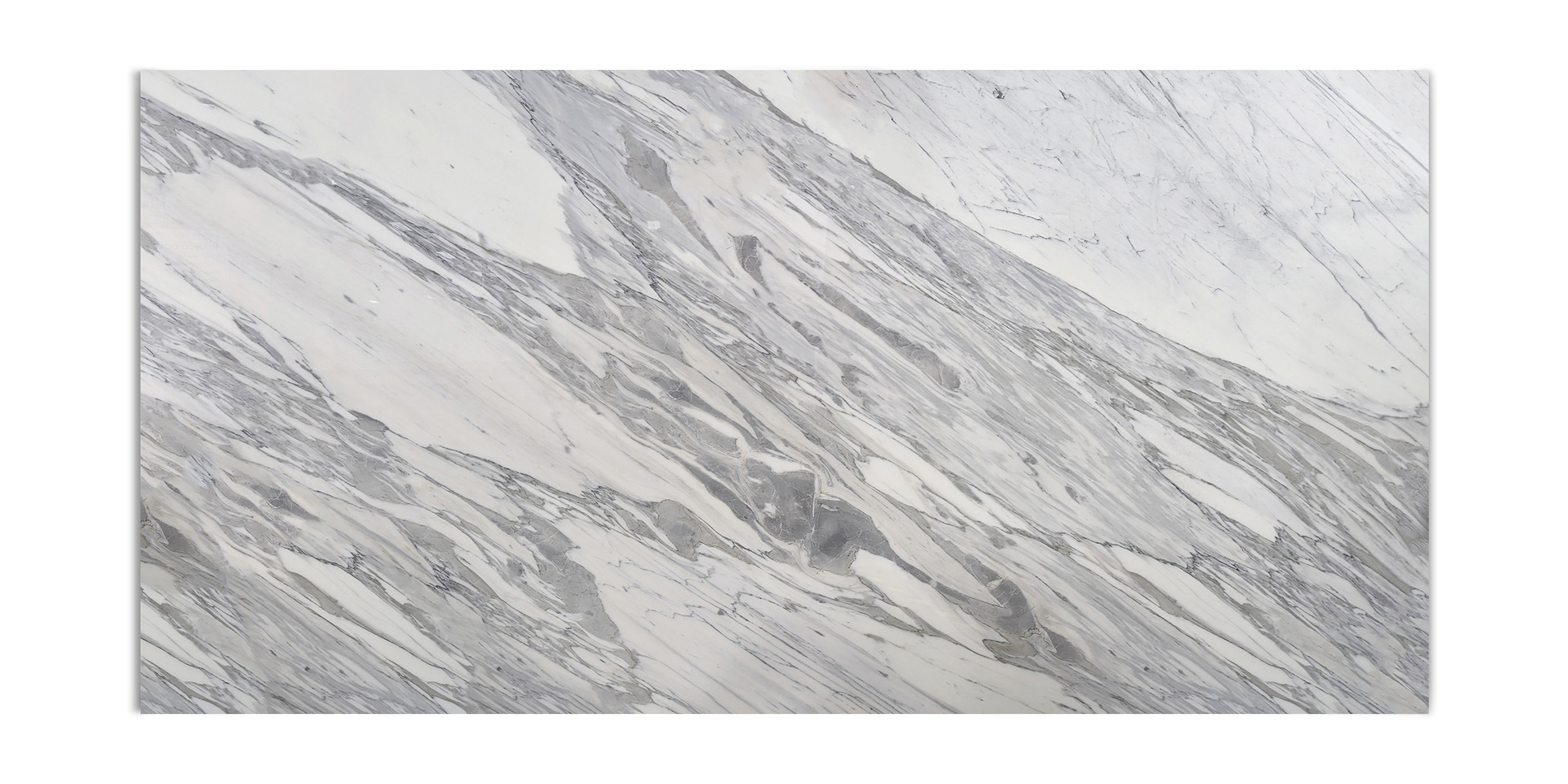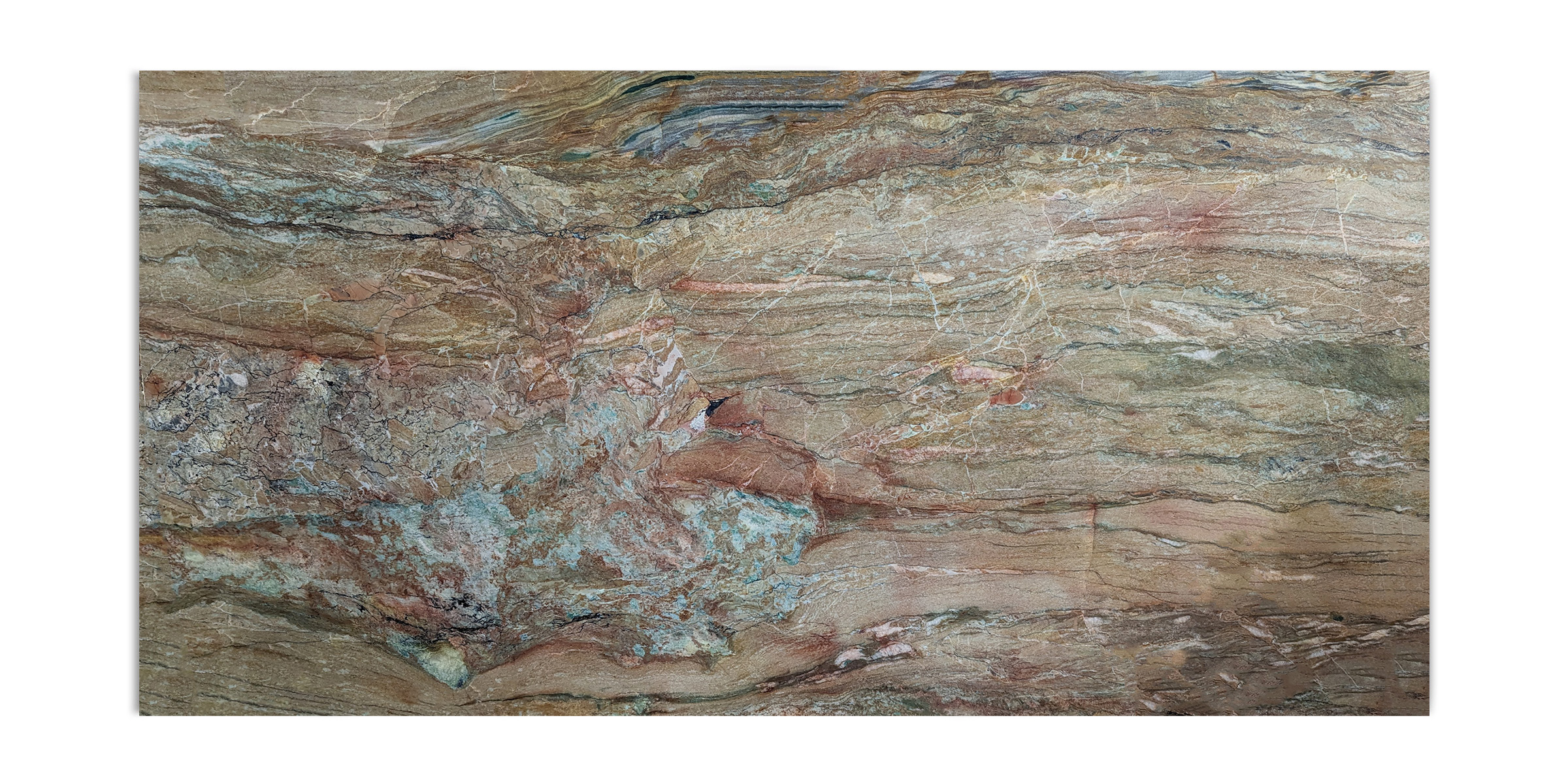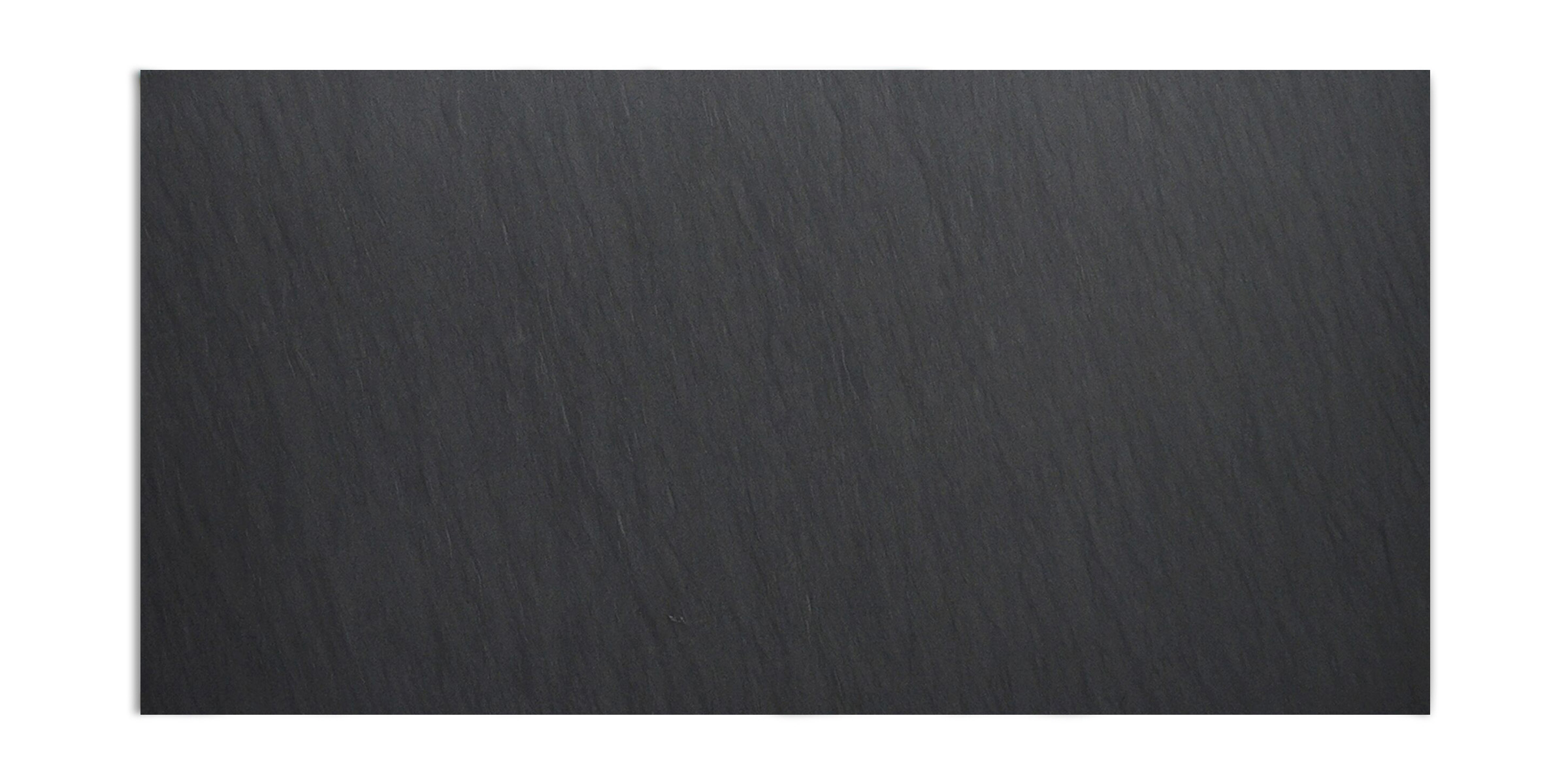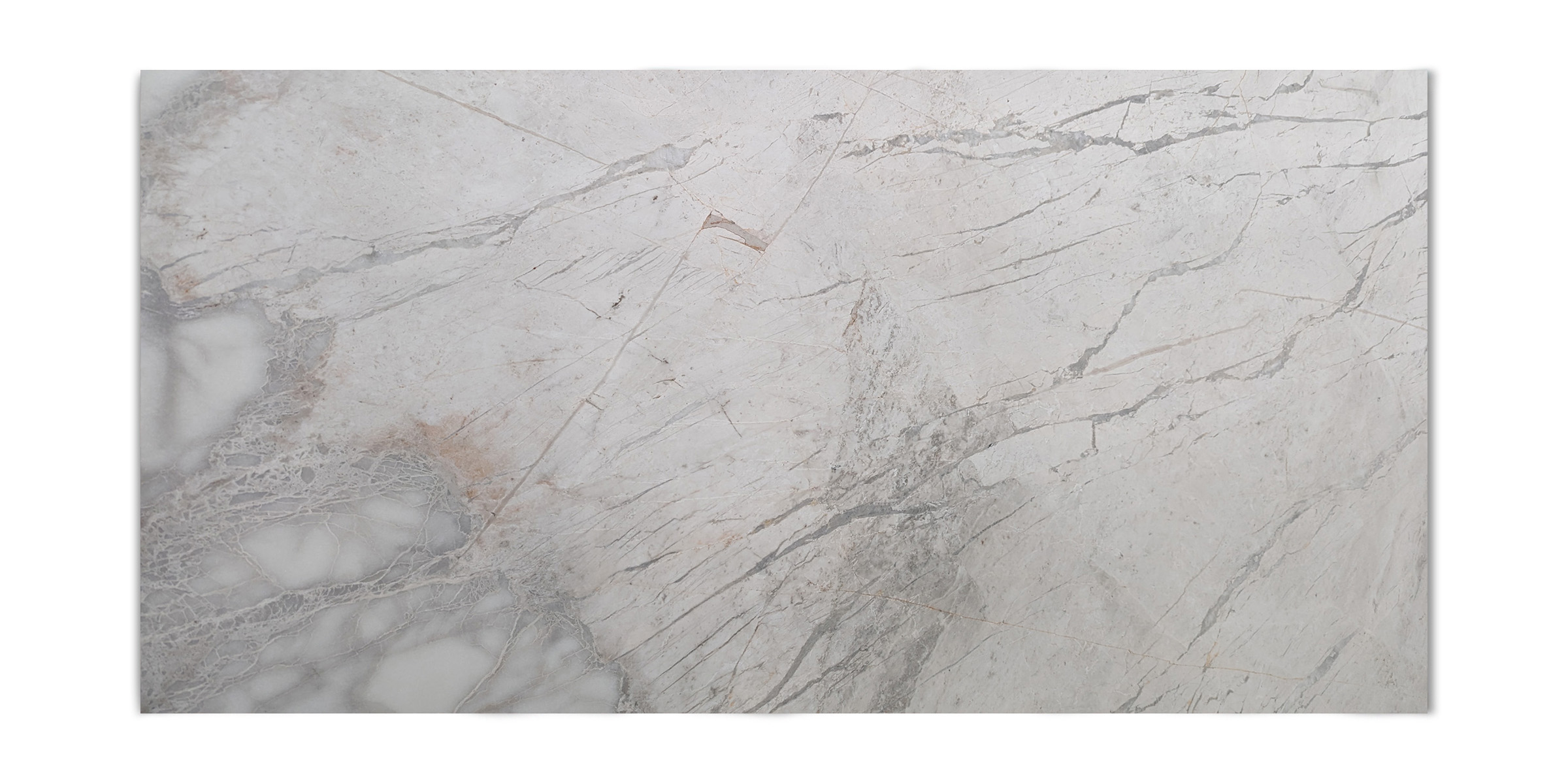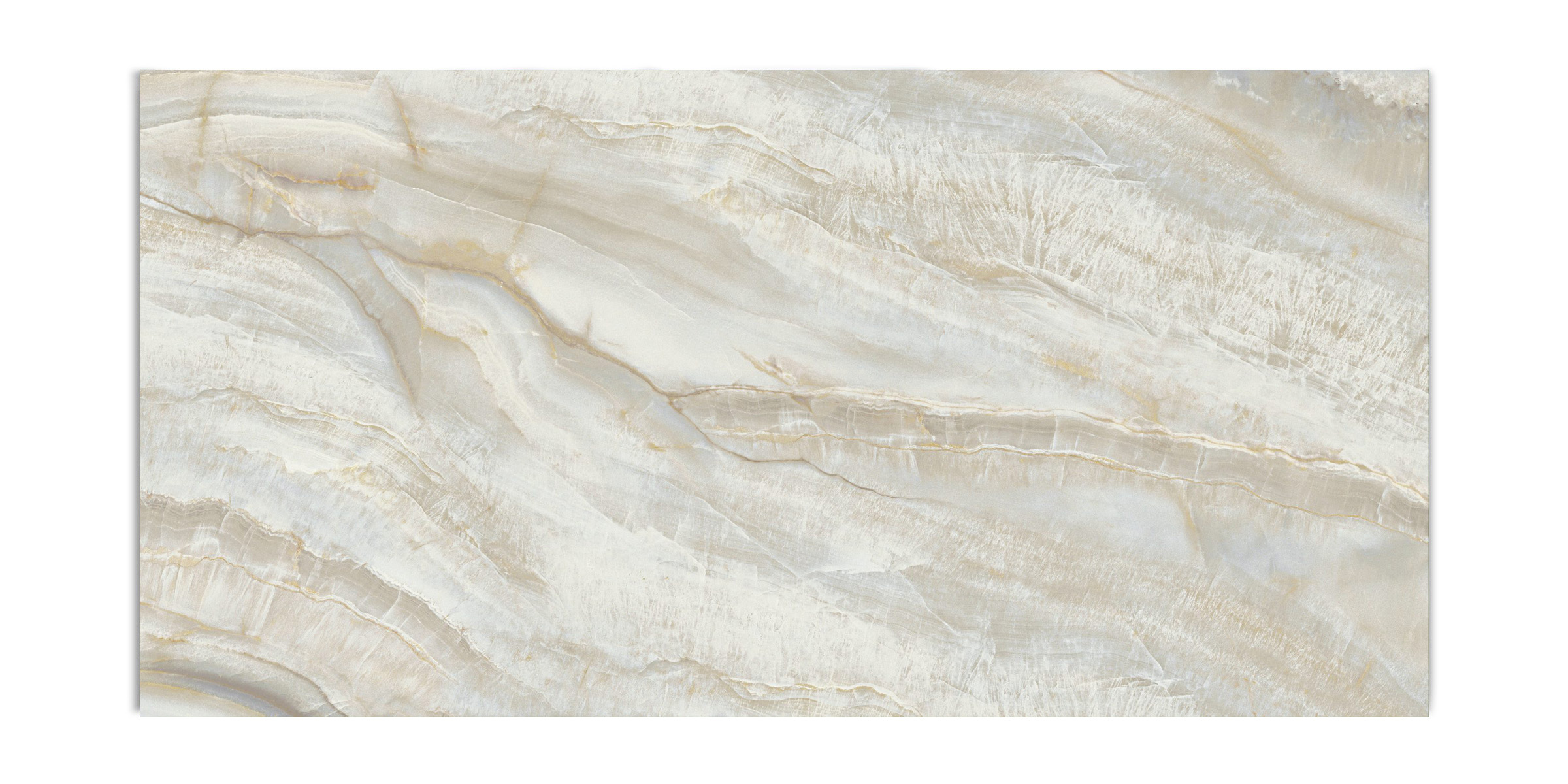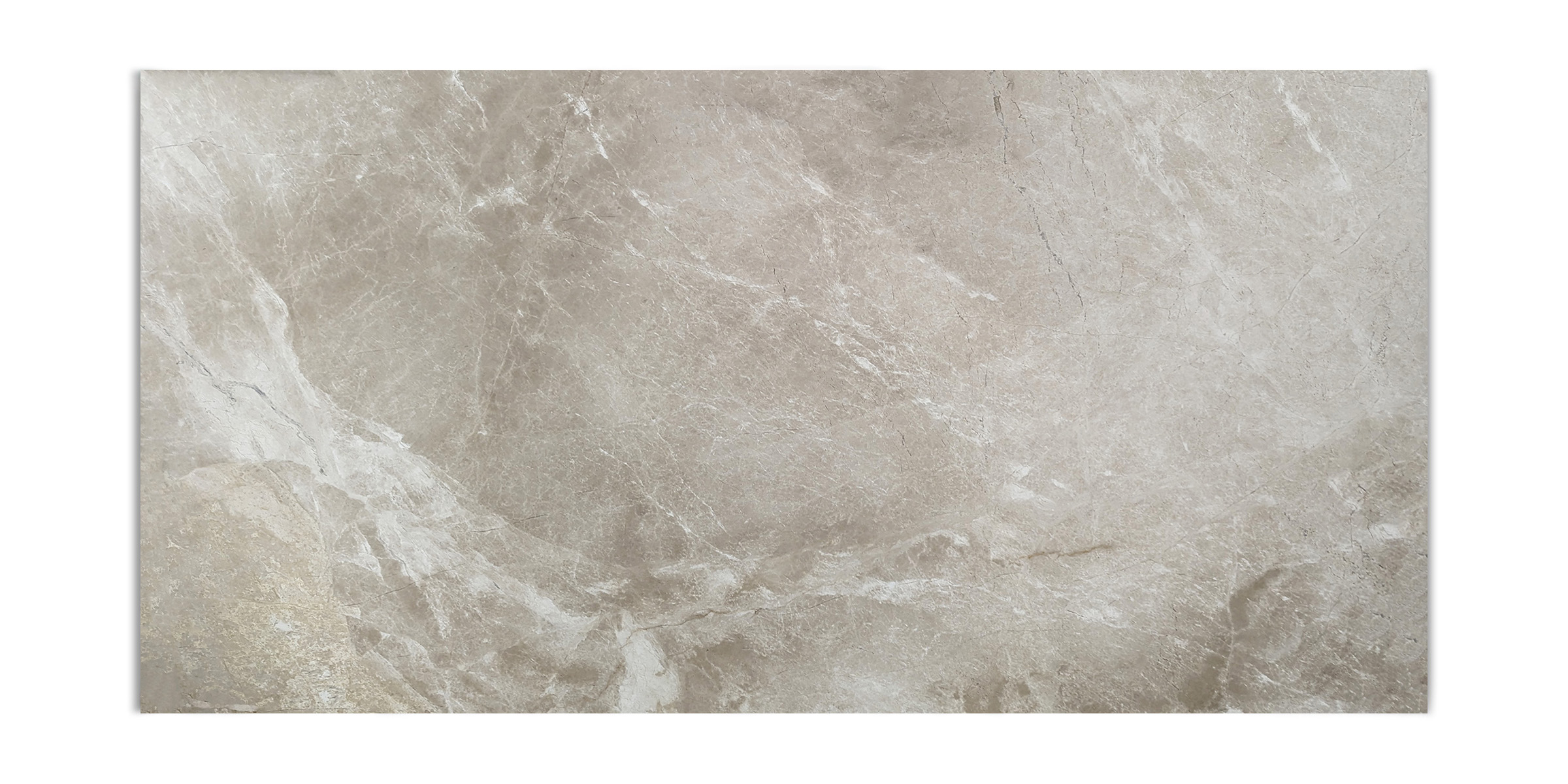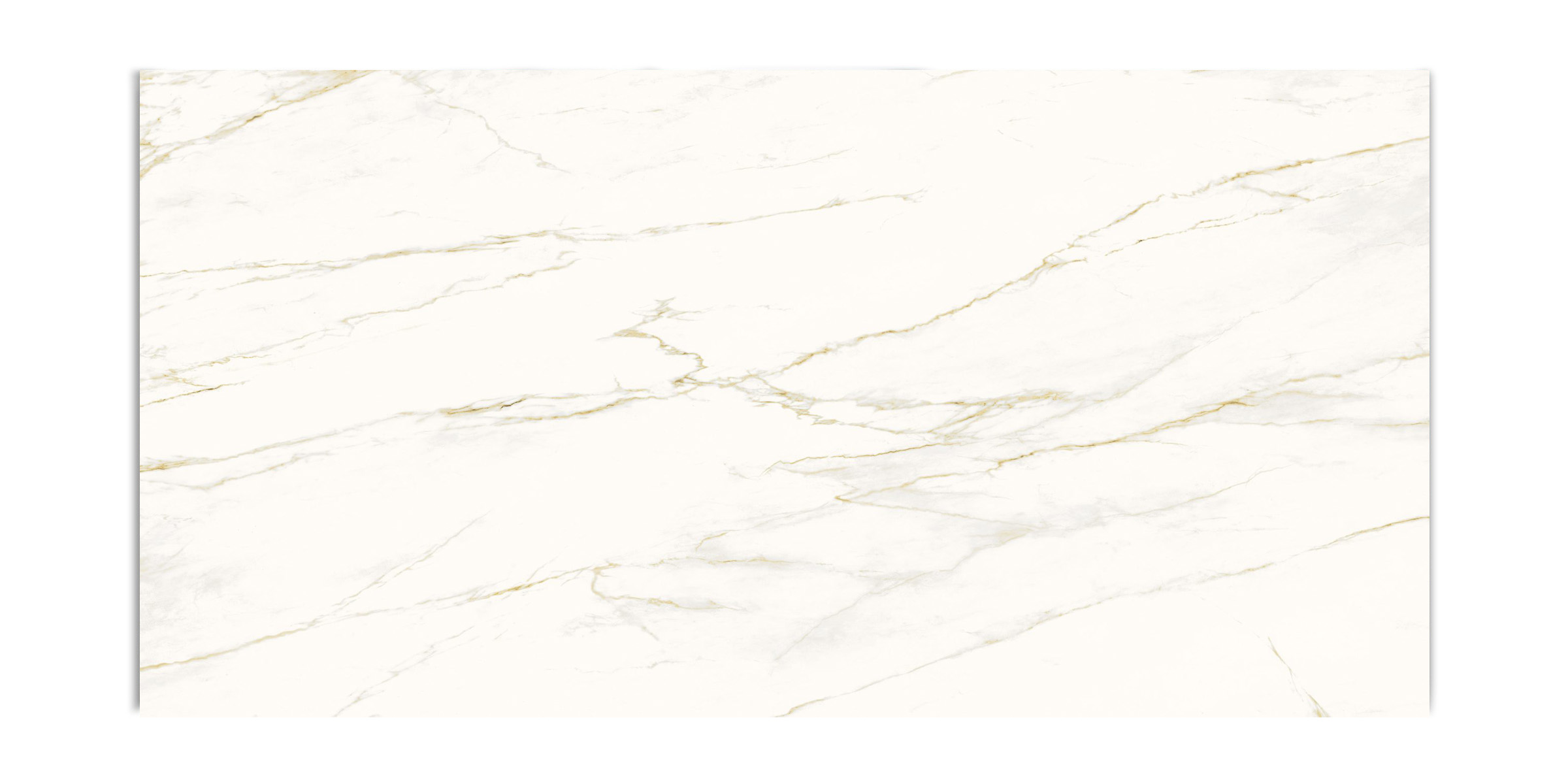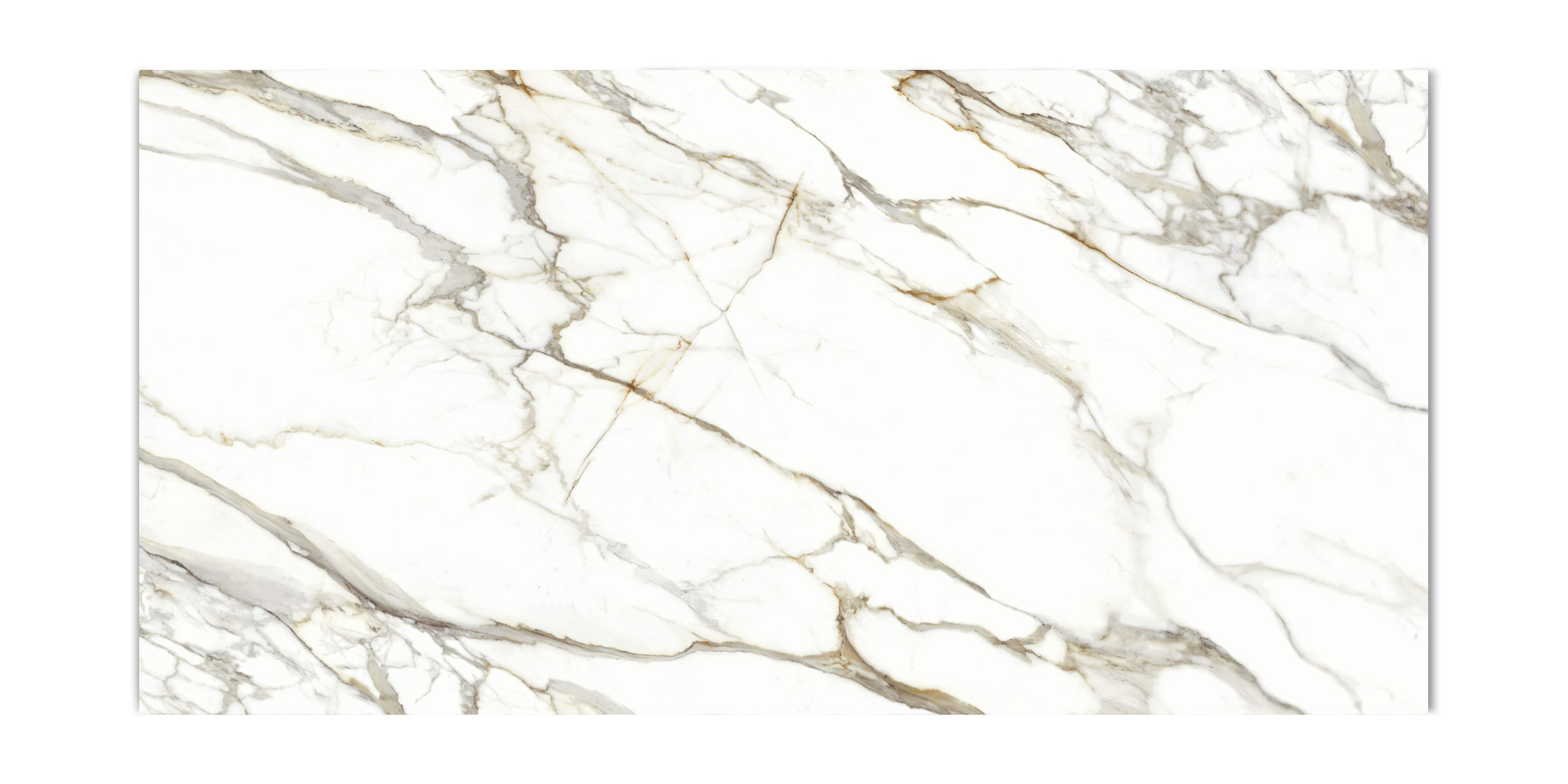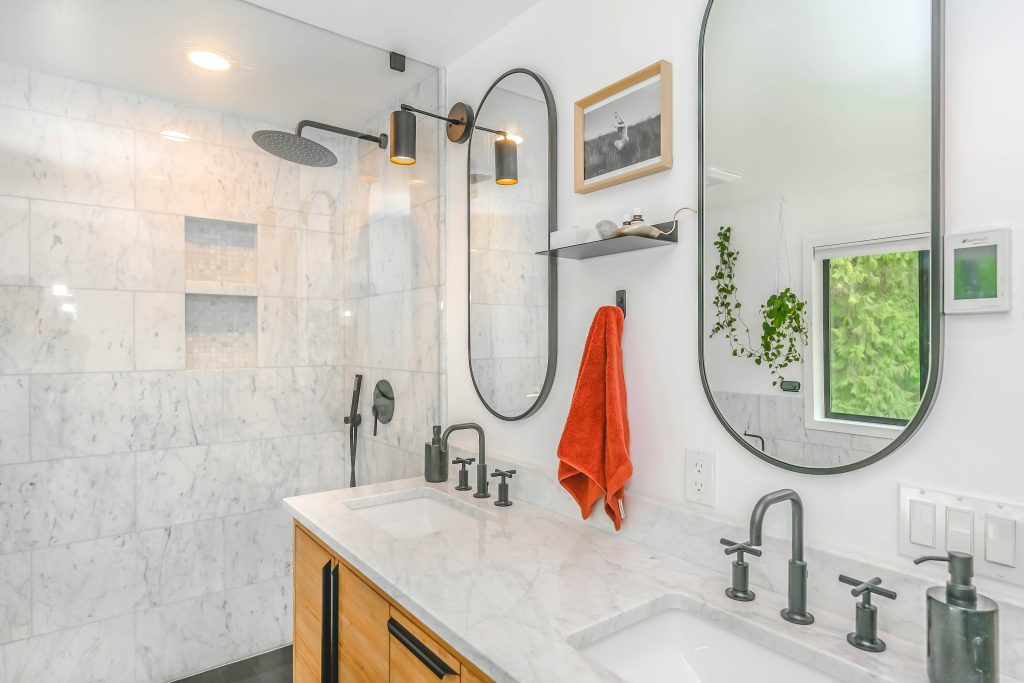hanul
What Happens Before Quartzite Ever Reaches Your Home
When you see quartzite installed in a finished kitchen or bathroom, it looks effortless. Smooth seams, clean edges, and flowing veining make it feel like the stone simply appeared that way. In reality, a tremendous amount of work happens long before quartzite ever reaches your home. Understanding this process helps explain why experience matters—and why quartzite success starts well before installation day. It Begins at the Quarry Quartzite starts its journey deep within the earth, where sandstone is transformed under extreme heat and pressure also. At the quarry: Large blocks are extracted Blocks are evaluated for structure and quality Slabs
Why Quartzite Maintenance Is Easier Than You Think
Quartzite often gets labeled as “high maintenance,” which causes many homeowners to hesitate—even though they love how it looks. In reality, most people who live with quartzite discover the opposite: once you understand a few basics, quartzite is easier to maintain than expected. Quartzite doesn’t demand perfection. It just responds well to consistent, simple habits. Here’s why quartzite maintenance is far more manageable than most homeowners assume. Quartzite Is Naturally Durable Quartzite is formed under intense heat and pressure, making it one of the hardest natural stones available. That natural strength means: Scratches are uncommon Heat resistance is excellent Everyday
How Quartzite Helps Homes Stand Out
In today’s housing market, standing out matters. Buyers scroll fast, tour quickly, and form opinions within seconds. While layout and location are important, it’s often the finishes that make a home memorable. Quartzite is one of the few materials that consistently helps homes stand out—for the right reasons. Not flashy. Not trendy. Just unmistakably high-quality. Here’s how quartzite elevates a home and sets it apart. It Creates an Immediate First Impression Quartzite has a presence that’s hard to miss. When buyers walk into a kitchen or bathroom with quartzite, they notice: Natural depth and movement A clean, refined surface A
Where Quartzite Installations Go Wrong (and How We Prevent It)
Quartzite is one of the strongest and most beautiful natural stones available—but when installations fail, the stone often gets blamed. In reality, most quartzite problems don’t come from the material itself. They come from installation mistakes that could have been prevented with proper planning, experience, and execution. Over the years, we’ve been called in to fix countless quartzite installations that went wrong. Here’s where problems most commonly happen—and how we make sure they don’t happen in the first place. 1️⃣ Installing Quartzite on Unprepared Cabinets One of the most common—and damaging—mistakes happens before the stone even arrives. Problems occur when:
How Maintenance Habits Impact Quartzite
Quartzite is known for its strength and durability, but like any natural stone, how it performs over time depends heavily on how it’s maintained. Two homes can have the same quartzite slab and experience completely different results years later—often because of simple daily habits. Maintenance doesn’t need to be complicated, but it does need to be consistent. Here’s how your habits directly impact how quartzite looks, performs, and ages. Daily Cleaning Habits Shape Long-Term Appearance What you use to clean quartzite matters. Best habits: Wipe surfaces with a soft cloth or sponge Use pH-neutral stone cleaners or mild soap Dry
How to Balance Quartzite With Other Materials
Quartzite is naturally eye-catching. Its movement, depth, and texture can elevate a space instantly—but if it isn’t balanced properly, it can also overwhelm the design. The best interiors don’t fight quartzite or hide it. They balance it with the right supporting materials. When done well, quartzite feels intentional, timeless, and refined rather than busy or overdesigned. Here’s how to balance quartzite with other materials so everything works together. Start by Deciding Quartzite’s Role Before pairing quartzite with anything else, decide what role it plays in the space. Quartzite can be: The focal point (statement island, waterfall edge, fireplace) A supporting
The Most Common Quartzite Fabrication Mistakes We Fix
Quartzite stands out as one of the most durable and beautiful natural stones available—but it leaves little room for error when fabricators cut corners. Over the years, we’ve stepped in to correct problems that others dismissed as “just how quartzite is,” when those issues actually stemmed from poor fabrication choices. Here are the most common quartzite fabrication problems we see—and why they happen. 1️⃣ Poor Seam Placement This is one of the biggest and most avoidable mistakes. We often see seams: Placed too close to sinks or cooktops Running through high-stress areas Ignoring natural vein direction Visually obvious and distracting
Is All Quartzite the Same?
Quartzite is often talked about as if it’s one uniform material—but the reality is very different. While two slabs may look similar or even share the same name, not all quartzite is the same, and those differences can significantly affect performance, maintenance, and longevity. Understanding what separates one quartzite slab from another helps homeowners make smarter decisions and avoid surprises after installation. Quartzite Is a Natural Stone—Variation Is Normal Quartzite forms when sandstone undergoes intense heat and pressure deep within the earth. Because this process is natural and uncontrolled, no two slabs are exactly alike. Variations can occur in: Density
How Fabrication Choices Affect Quartzite
Quartzite is one of the strongest and also most beautiful natural stones available—but its performance isn’t determined by the stone alone. Fabrication choices also play a major role in how quartzite looks, feels, and holds up over time. In fact, many issues homeowners blame on quartzite are actually the result of fabrication decisions made long before installation day. Here’s how fabrication choices directly affect quartzite—and why experience matters. Quartzite Is Strong, But Not Forgiving Quartzite’s hardness is one of its biggest advantages—but it also means mistakes can’t be corrected later. Because quartzite: Doesn’t flex Can’t be forced into place Reveals
Where Quartzite Makes the Biggest Visual Impact
Quartzite is one of the most visually striking natural stones available—but its impact depends heavily on where and how it’s used. In the right locations, quartzite doesn’t just blend into a design—it becomes the element that defines the space. If you want maximum visual return from quartzite, these are the areas where it makes the biggest and most lasting impression. 1️⃣ Kitchen Islands: The Ultimate Statement Piece Kitchen islands are the single most impactful place to use quartzite. Why islands work so well: Large, uninterrupted surface area Easy to showcase veining and movement Naturally draws the eye when entering the
Quartzite in Compact Kitchens
Compact kitchens demand smart design choices. Every material needs to work harder—visually and functionally. Many homeowners worry that quartzite might feel too bold or heavy for a smaller kitchen, but when selected and installed correctly, quartzite can actually make compact kitchens feel brighter, cleaner, and more refined. Here’s how quartzite works in smaller kitchens—and how to use it the right way. Why Quartzite Works Well in Compact Kitchens Quartzite brings several advantages that are especially valuable in tight spaces: Reflects light, helping rooms feel more open Adds natural depth without visual clutter Delivers durability for daily use Creates a high-end
How Professional Fabrication Extends the Life of Quartzite
Quartzite is one of the strongest natural stones available—but its longevity isn’t guaranteed by the material alone. The way quartzite is fabricated and installed also plays a massive role in how it performs years down the line. We often see homeowners blame the stone when problems arise. In reality, most quartzite failures trace back to fabrication shortcuts, not the quartzite itself. Here’s how professional fabrication directly extends the life of quartzite—and additionally why experience matters. Quartzite Is Strong, but Not Forgiving Quartzite is extremely hard, dense, and durable. That same hardness also makes it: Difficult to cut Impossible to “force”
What Quartzite Looks Like After Years
Quartzite is often chosen for its beauty on day one—but the real test is how it looks years later, after daily cooking, cleaning, and life happens. Homeowners want to know whether quartzite still looks good long after the renovation excitement fades. The answer, when quartzite is properly fabricated, installed, and cared for, is yes—very much so. Here’s what quartzite realistically looks like after years of everyday use. Overall Appearance After Years Most well-installed quartzite countertops still look: Clean and refined Structurally solid Consistent in color Timeless rather than dated Quartzite doesn’t break down or lose character over time—it tends to
Subtle vs Statement Quartzite
Quartzite is a powerful design element. Depending on the slab you choose, it can quietly elevate a space—or completely command attention. That’s why one of the most important decisions homeowners face isn’t whether to use quartzite, but whether to go subtle or make a statement. Both approaches are beautiful when done correctly. The key is choosing the one that fits your space, lifestyle, and long-term goals. What Is Subtle Quartzite? Subtle quartzite is defined by: Soft, neutral backgrounds Gentle, flowing veining Low contrast between base color and movement These stones blend seamlessly into a design instead of dominating it. Why
What Quartzite Looks Like After Years of Use
Quartzite often looks flawless on installation day—but homeowners planning a long-term investment want to know the real question:What does quartzite actually look like after years of daily use? The good news: when properly fabricated, installed, and cared for, quartzite tends to age exceptionally well, especially compared to many other countertop materials. Here’s what you can realistically expect after living with quartzite for years. The Short Answer After years of use, most quartzite countertops: Still look clean and refined Show minimal visible wear Maintain their color and veining Require only routine maintenance Quartzite doesn’t “fall apart” with age—it typically settles into
Why Quartzite Holds Up Better
When homeowners choose quartzite, it’s usually for the look — but what keeps them happy years later is how well it holds up. In real kitchens and bathrooms, quartzite consistently outperforms many other popular materials, especially when it comes to long-term durability and appearance. So what makes quartzite different? And why does it age better than so many alternatives? Here’s the real reason quartzite stands the test of time. 1️⃣ Exceptional Natural Hardness Quartzite ranks 7–8 on the Mohs hardness scale, making it harder than granite and far harder than marble or limestone. That hardness means: Scratches are rare Everyday
What Happens If Quartzite Isn’t Installed Correctly?
Quartzite ranks among the most durable and beautiful natural stones available—but improper installation quickly exposes just how unforgiving it can be. When problems appear, homeowners often assume the stone is flawed. In reality, nearly every issue comes down to fabrication and installation quality. That’s why quartzite isn’t a material you gamble with — it’s one you trust to experienced hands. Why Quartzite Demands Expert Installation Quartzite is: Extremely hard Dense and heavy Difficult to cut or adjust once fabricated Sensitive to stress at seams, edges, and cutouts Because of this, quartzite requires precision planning, advanced tooling, and hands-on experience at
Is Quartzite a Safe Choice for Resale
When upgrading countertops, many homeowners ask the same question:Will this choice help—or hurt—my home’s resale value? Quartzite has become increasingly popular, but is it a safe choice when resale matters? The short answer is yes—and in many cases, quartzite is one of the smartest countertop investments you can make. Here’s why buyers respond so positively to quartzite and when it makes the most sense for resale-focused projects. Why Countertops Matter for Resale Kitchens and bathrooms sell homes. Buyers often make value judgments within seconds, and countertops play a major role in perceived quality. Buyers generally look for: Durability Timeless design
Quartzite in Small Spaces
When working with a small kitchen, bathroom, or compact living space, every design choice matters. Many homeowners assume bold natural stone like quartzite is better suited for large, open rooms—but that’s not true. When chosen thoughtfully, quartzite can actually make small spaces feel brighter, larger, and more luxurious. Here’s how to use quartzite successfully in small spaces without making them feel crowded or heavy. Why Quartzite Works Well in Small Spaces Quartzite offers a unique combination of visual lightness and durability: Reflects light beautifully (especially polished finishes) Adds natural movement and depth Creates a high-end look without visual clutter Holds
What Actually Damages Quartzite
Quartzite is one of the toughest and most durable natural stones used in homes today. Yet many homeowners worry about damaging it—or worse, accidentally causing damage by overprotecting it the wrong way. The truth is, quartzite is hard to damage, but not impossible. Understanding what actually harms quartzite (and what’s mostly a myth) helps you protect your investment and keep it looking beautiful for decades. First: How Tough Is Quartzite Really? Quartzite ranks 7–8 on the Mohs hardness scale, making it: Harder than granite Much harder than marble or limestone Highly resistant to scratches and wear Most everyday kitchen activities
Quartzite vs. Everything Else
Choosing a countertop material is one of the biggest design and performance decisions homeowners make. Granite, marble, quartz, porcelain—there are plenty of options. But quartzite has quickly risen to the top as a favorite for people who want luxury looks with real durability. So how does quartzite actually compare to everything else? Let’s break it down honestly—looks, performance, maintenance, and long-term value. What Makes Quartzite Different? Quartzite is a 100% natural stone formed when sandstone is transformed by extreme heat and pressure. This process creates a surface that is: Extremely hard (7–8 on the Mohs scale) Dense and durable Naturally
Why Quartzite Darkens When Wet
If you’ve ever spilled water on your quartzite countertop and noticed a dark spot appear, you’re not alone. Many homeowners panic when they see quartzite darken after getting wet — but in most cases, this is completely normal and temporary. This guide explains why quartzite darkens when wet, what it means for your stone, and when (if ever) it’s a cause for concern. The Short Answer Quartzite darkens when wet because water enters the stone’s microscopic pores, temporarily changing how light reflects off the surface. Once the moisture evaporates, the stone usually returns to its original color. This does not
Quartzite Care Mistakes That Shorten Its Lifespan
Quartzite is one of the most durable and beautiful natural stones you can choose—but even quartzite can lose its shine, stain more easily, or wear prematurely if it’s not cared for correctly. The good news? Most damage comes from simple, avoidable mistakes. If you want your quartzite countertops to last for decades, avoid these common care errors that quietly shorten their lifespan. 1️⃣ Using Vinegar, Lemon, or Acidic Cleaners This is the most common mistake homeowners make. While quartzite is more acid-resistant than marble, repeated exposure to acidic cleaners can: Break down the sealer Dull the surface finish Create cloudy
Quartzite Fireplace Surrounds
A fireplace is often the focal point of a room — and choosing the right surround material can completely transform the look and feel of your space. Quartzite has become a top choice for fireplace surrounds thanks to its natural beauty, heat resistance, and long-term durability. If you’re considering quartzite for your fireplace, here’s what you should know about performance, design options, and why it’s such a smart upgrade. Why Quartzite Is Ideal for Fireplace Surrounds 1️⃣ Excellent Heat Resistance Quartzite forms under intense heat and pressure deep within the earth, making it naturally suited for high-temperature environments. ✔ Handles
Choosing the Right Edge Profile for Quartzite Countertops
When selecting quartzite countertops, most homeowners focus on color and veining—but the edge profile is just as important. The right edge can enhance durability, complement your kitchen style, and even improve safety in high-traffic areas. Because quartzite is a premium natural stone, choosing the correct edge profile ensures your countertops look intentional, refined, and built to last. Why Edge Profiles Matter Your edge profile affects more than appearance: Durability: Some edges are more resistant to chipping Safety: Rounded edges reduce sharp corners Style: The edge helps define modern vs. traditional design Maintenance: Certain edges are easier to clean Quartzite is
Modern Backsplash Ideas That Pair With Quartzite
Quartzite countertops already bring natural luxury, durability, and dramatic veining to a kitchen — but the right backsplash can elevate the entire design. Whether your quartzite slab is bold, subtle, warm, or cool-toned, the backsplash is your chance to create harmony, contrast, or a stunning focal point. Here are the best modern backsplash ideas that pair beautifully with quartzite in today’s kitchens. 1️⃣ Full-Height Quartzite Backsplash (Seamless + Luxe) One of the most popular modern choices is a full-slab quartzite backsplash that matches the countertop. It creates a cohesive, high-end look that feels effortless and dramatic. Why it works: Zero
Quartzite Finish Options
Choosing a quartzite slab is just the first step — the finish you select can dramatically impact how your countertops look, feel, and perform. From sleek modern polish to soft matte textures, quartzite offers several finish options that can fit any design style. This guide breaks down the most popular quartzite finishes, including pros, cons, and the best places to use each one. 1️⃣ Polished Finish The most popular finish for kitchen countertops. ✨ Appearance: High-gloss, mirror-like shine Enhances color intensity and veining Reflects light beautifully — great for bright, modern kitchens 🧽 Performance: Smooth and easy to clean Resilient
What to Expect During Quartzite Countertop Installation
Quartzite countertops are a major upgrade — they bring durability, elegance, and long-lasting value to your home. But if you’ve never had stone counters installed before, the process may feel a little intimidating. Knowing what to expect will help everything go smoothly from start to finish. Here’s a simple guide to the quartzite installation process — from template to final polish. 1️⃣ Pre-Installation: Measurements & Templating Before fabrication begins, a professional will visit your home to: ✔ Take precise measurements✔ Create a digital or physical template✔ Confirm sink and cooktop cutout details✔ Discuss seam placement and edge profiles✔ Check cabinetry
Using Quartzite for Shower Walls
If you want your bathroom to feel like a spa, quartzite is one of the most luxurious and durable materials you can choose. Known for its striking natural beauty and incredible strength, quartzite brings elegance to shower walls while holding up to everyday use far better than many other natural stones. Here’s everything homeowners should know about using quartzite in the shower — including benefits, maintenance tips, and design inspiration. Why Quartzite Works Beautifully for Shower Walls 1️⃣ Water-Resistant and Highly Durable Quartzite is harder than granite and extremely dense, making it well-suited for a wet environment like a shower.
Quartzite vs. Travertine
Quartzite and travertine are both beautiful natural stones, but they offer very different performance, durability, and styles. Whether you’re renovating a kitchen, updating a bathroom, or creating an outdoor space, choosing the right stone matters. This simple guide breaks down the differences so you can confidently decide which material is the best fit for your home. What Is Quartzite? Quartzite is a metamorphic stone formed when sandstone is exposed to extreme heat and pressure.The result: a super-strong, dense, and elegant stone often compared to marble in appearance. ✔ Extremely durable✔ Resistant to scratches, heat, and stains (when sealed)✔ Popular for
Why Does My Quartzite Absorb Water?
Quartzite is known for being a strong and durable natural stone — which is why many homeowners are surprised when they see dark spots or temporary discoloration after water sits on the surface. So, why does quartzite sometimes absorb water?The short answer: Quartzite is natural stone, and all natural stone has tiny pores. If the protective sealer wears off or isn’t applied properly, water can seep into those pores until it evaporates. Here’s what’s happening — and how to fix it. Is Quartzite Supposed to Absorb Water? A little — yes.Quartzite is more resistant than marble or limestone, but it
Quartzite Maintenance Mistakes
Quartzite is one of the strongest and most beautiful natural stones you can choose for countertops. But even a premium material can lose its shine if it’s not cared for the right way. The good news? Quartzite maintenance is simple — as long as you avoid a few common mistakes. Here are the top things homeowners unintentionally do that can damage quartzite over time, plus how to prevent each one. 1️⃣ Using Vinegar, Lemon, or Acidic Cleaners Quartzite is more resistant to acid than marble — but not immune. Acidic products can slowly dull the finish and create cloudy patches
Can You Cut Directly on Quartzite Countertops?
Quartzite is one of the strongest and most scratch-resistant natural stones available. So it’s only natural to wonder:Can you cut directly on quartzite countertops? Technically—yes. But in practice—you shouldn’t.Here’s why. Why Quartzite Can Handle It Quartzite ranks 7–8 on the Mohs hardness scale, which means it’s harder than: Kitchen knives Most metals Many other countertop surfaces So if you cut directly on quartzite, the countertop likely won’t scratch or show damage. But the real issue is something you might not expect… The Problem Isn’t the Counter — It’s Your Knives Even though quartzite can resist scratches, your knives cannot. Cutting
Is Quartzite Right for Families With Kids?
Choosing the right countertop material is a big decision—especially when you have kids. Spills, crafts, dropped toys, messy meals…family life can put any surface to the test. So where does quartzite fit in? Quartzite has become one of the most popular choices for families who want both beauty and durability. But is it truly kid-friendly? Let’s break it down so you can decide if it’s right for your home. Why Families Love Quartzite Quartzite offers many advantages for busy households: 1. Tough Against Scratches Kids are unpredictable—especially with: Toys Kitchen tools Arts & crafts supplies Quartzite ranks 7–8 on the
Can Heat Damage Quartzite?
Quartzite is often chosen for its reputation as a strong, heat-resistant natural stone—especially in busy kitchens. But many homeowners still wonder: Can heat damage quartzite countertops? The short answer: Quartzite handles heat better than most countertop materials, but it’s not completely indestructible. Knowing how heat affects natural stone will help you protect your investment. Why Quartzite Is Heat-Resistant Quartzite is formed when sandstone undergoes intense heat and pressure deep beneath the earth’s surface. This natural metamorphic process creates a stone that is: Harder than granite Highly durable Naturally resistant to high temperatures This makes quartzite one of the most heat-tolerant
How to Choose the Perfect Quartzite Slab
Quartzite is one of the most beautiful and durable natural stones available—but picking the right slab can feel overwhelming. Every quartzite slab is unique, and choosing the perfect one means understanding what to look for in terms of quality, color, veining, and performance. Here’s a simple, homeowner-friendly guide to help you confidently choose the perfect quartzite slab for your project. 1. Start With Your Color and Style Preference Quartzite comes in a huge range of colors and patterns. Before visiting a slab yard, think about the style you want. Popular quartzite looks include: Soft neutrals: Taj Mahal, Perla Venata, Le
Is Quartzite Harder Than Granite?
When homeowners compare natural stone countertops, one of the most common questions is:“Is quartzite harder than granite?” The short answer is yes—quartzite is generally harder than granite.But the full explanation helps you understand why that matters and how it affects durability in your home. Here’s a simple guide to help you compare the two stones. Understanding Hardness: The Mohs Scale Stone hardness is measured using the Mohs hardness scale, which ranks minerals from 1 (soft) to 10 (diamond). Here’s where these stones fall: Quartzite: 7–8 Granite: 6–7 This means quartzite is typically harder, denser, and more scratch-resistant than granite. Why
What is the cheapest quartzite?
Quartzite is known for being one of the most durable and beautiful natural stones available, but it can also be one of the more expensive countertop materials. If you’re on a budget, you might be wondering: what is the cheapest quartzite? The good news is that some quartzite colors and types are naturally more affordable due to availability, quarry location, and demand. Here’s a simple breakdown to help you understand which quartzites cost the least and why. What Makes Some Quartzites Cheaper? Quartzite prices vary widely depending on several factors: 1. Availability Quartzites that come from quarries with high production
Will red wine stain quartzite?
Quartzite is known for being one of the toughest and most stain-resistant natural stones you can choose for countertops. But if you enjoy red wine, you may wonder whether a spill could leave behind a permanent mark. The quick answer: Red wine can stain quartzite, but only if it’s left sitting long enough or the surface isn’t sealed properly. With normal care and a good sealer, quartzite handles red wine very well. Why Red Wine Can Stain Quartzite Although quartzite is extremely dense, it’s still a natural stone with microscopic pores. Red wine contains: Pigments (anthocyanins) Acids Tannins These can
How do you bring the shine back to quartzite countertops?
Quartzite countertops are naturally stunning—glossy, bright, and packed with depth. But over time, daily use, hard water, dulling residue, and worn sealant can make the surface look a little flat. The good news? Restoring that shine is easier than most people think, as long as you use the right products and techniques. Here’s a complete guide on how to safely bring quartzite back to its original luster. 1. Start With a Thorough Deep Clean Most quartzite looks dull due to residue buildup, not damage. Grease, soaps, oils, and even the wrong cleaners can leave a film that kills the shine.
What color cabinets go well with Taj Mahal quartzite?
When you’ve chosen the stunning cream-toned, warm-veined stone called Taj Mahal Quartzite for your countertops or backsplash, the right cabinet color can make all the difference. Here’s a breakdown of how to select cabinet tones that will elevate the Calacatta-inspired veining and golden warmth of this slab. 1. Classic White or Off-White White cabinetry is a time-tested choice that lets the Taj Mahal quartzite shine. Opt for shades like ivory, warm white, or soft eggshell. These pick up the stone’s base and allow its gold and grey veins to become the focal point. Why it works Provides a clean, crisp
What does vinegar do to quartzite?
Quartzite is a highly durable natural stone known for its strength, beauty, and resistance to heat. But like all natural materials, it does have a few sensitivities — and vinegar is one of the substances homeowners should be careful with. If you’ve ever wondered whether vinegar is safe to use on quartzite, here’s a clear breakdown. Is Vinegar Safe for Quartzite? No, vinegar is not safe for quartzite.Vinegar is an acid (acetic acid), and while quartzite is harder and more resistant than marble or limestone, it can still be affected by repeated or prolonged exposure to acidic liquids. What Vinegar
Does olive oil stain quartzite?
Quartzite is one of the most durable natural stones available, but homeowners often worry about staining—especially from cooking oils like olive oil. While quartzite is highly resistant to heat and everyday wear, oils can still leave marks if they sit on the surface too long. Here’s what you need to know about olive oil and quartzite, and how to prevent and remove oil stains effectively. Can Olive Oil Stain Quartzite? Yes, olive oil can stain quartzite, but it usually only happens if: The countertop isn’t sealed The sealer is old or worn The oil sits on the surface for a
Is quartzite high maintenance?
Quartzite is one of the most beautiful and durable countertop materials available today. Its natural veining, marble-like appearance, and impressive strength make it a favorite among homeowners and designers. But a common question often comes up: Is quartzite high maintenance?No — quartzite is actually very low maintenance.With basic care, it stays beautiful for decades. Below is everything homeowners should know about maintaining quartzite countertops. Quartzite Is Low Maintenance Unlike marble, which can etch and stain easily, quartzite is much more resistant to everyday wear. It’s formed under extreme heat and pressure, giving it a dense, durable structure that holds up
Which is nicer quartz or quartzite?
When it comes to luxury countertops, quartz and quartzite often steal the spotlight. Both are stunning, durable, and add long-term value to your home — but they’re not the same. So, which is nicer? The answer depends on what you value most: natural beauty, maintenance, or practicality. 1. Appearance and Aesthetic Quartzite is a natural stone formed by heat and pressure deep within the earth. Every slab is unique, featuring elegant veining and organic patterns that resemble marble. Its look feels authentic and timeless, making it a favorite for homeowners who want a one-of-a-kind, high-end appearance. Quartz, on the other
What destroys quartzite countertops?
Quartzite is known for its strength, beauty, and durability. It’s a natural stone formed under intense heat and pressure, making it tougher than many other countertop materials. But even though quartzite is strong, it is not indestructible. To keep quartzite looking polished and elegant for years, it’s important to know what can damage it — and how to prevent it. Below are the most common things that destroy quartzite countertops and how to avoid them. 1. Using Abrasive Cleaners or Pads Quartzite surfaces are sealed to help protect the stone. Harsh cleaning products can wear that seal down and dull
Can you use Clorox wipes on quartzite countertops?
Quartzite countertops are known for their natural beauty and impressive durability. They offer a high-end look that works perfectly in kitchens, bathrooms, and custom home designs. But when it comes to cleaning, homeowners often ask: “Can I use Clorox wipes on my quartzite countertops?” The short answer: It’s not recommended.While Clorox wipes are convenient, they can damage the sealant on your quartzite and, over time, lead to dullness, etching, or increased staining. Why Clorox Wipes Aren’t Ideal for Quartzite Quartzite itself is a strong, heat-resistant natural stone. However, the top layer of protection on your countertops comes from the sealant,
Does coffee stain quartzite?
Quartzite is one of the most sought-after natural stones for kitchen countertops — known for its beauty, durability, and resistance to heat. But if you enjoy your morning coffee, you may be wondering: Can coffee stain quartzite? The short answer: Yes, it can — but only if the surface isn’t properly sealed or spills are left sitting for too long. Let’s break it down. Why Coffee Can Stain Quartzite Quartzite is a natural stone, formed when sandstone is transformed under heat and pressure. While extremely strong, it still has tiny pores that can absorb liquids — especially dark, acidic beverages
Why Homeowners Are Choosing Stone Remnants
Natural stone has always been admired for its beauty, durability, and timeless appeal. But in recent years, homeowners have discovered a smarter, more affordable way to bring that luxury into their homes: stone remnants. These smaller leftover pieces of granite, marble, quartzite, and porcelain are quickly becoming one of the most popular choices in remodeling — not just for their cost savings, but for their sustainability, versatility, and unique style. Here’s why more homeowners are choosing stone remnants for upgrades, renovations, and custom projects. 1. Luxury Without the Full Slab Price Full slabs of stone can be expensive — especially
Everything You Didn’t Know About Stone Remnants
If you’ve ever admired the timeless beauty of marble, granite, or quartzite in kitchens and bathrooms, you might think those elegant surfaces come only from full slabs of stone. But there’s a secret in the design world that’s helping homeowners and designers achieve the same luxury look for less: stone remnants. They’re sustainable, affordable, and surprisingly versatile — yet many people don’t know just how valuable they are. Here’s everything you didn’t know about stone remnants and why they’re worth considering for your next project. 1. They’re Not “Scraps” — They’re Premium Stone One of the biggest misconceptions about stone
Where Designers Use Stone Remnants
When it comes to creating high-end spaces, interior designers know that luxury isn’t always about spending more — it’s about designing smarter. That’s why so many professionals are turning to stone remnants. These smaller leftover pieces of marble, granite, quartzite, or porcelain offer the same beauty and quality as full slabs, but with the added benefits of affordability, sustainability, and flexibility. Here’s a look at where designers use stone remnants to create stunning, custom features in modern homes. 1. Bathroom Vanities Designers love using stone remnants for bathroom vanities — it’s one of the most popular and practical applications. Bathrooms
Turning Remnants into Big Statements
When it comes to design, small details often make the biggest impact — and stone remnants prove it. Once considered leftover materials, these smaller pieces of marble, granite, or quartzite are now being transformed into bold design statements that elevate homes in unexpected ways. With the right vision, you can turn what was once “extra” stone into stunning, high-end features that catch every eye. Here’s how. Why Stone Remnants Deserve the Spotlight Stone remnants aren’t scraps — they’re premium materials left over from larger slabs, offering the same quality, texture, and beauty. What makes them special is their versatility and
High-End Looks Low-Cost Projects with Stone Remnants
If you want to bring the luxurious look of natural stone into your home without a luxury-sized price tag, you’re going to love stone remnants. These smaller leftover pieces of marble, granite, quartzite, or porcelain offer the exact same high-quality material as full slabs — but at a dramatically lower cost. That’s why stone remnants have quickly become one of the most popular ways to create high-end home upgrades on a budget. Below are some of the best low-cost projects that deliver big style using stone remnants. A Smart Way to Remodel with Natural Stone Instead of paying for an
Why Stone Remnants Are the Ultimate Remodeling Hack
Every homeowner wants their remodel to look high-end — but nobody wants to overspend to get there. That’s exactly why stone remnants have become one of the smartest design hacks in modern remodeling. They offer the same premium look and durability as full slabs of natural stone — but at a much lower cost — and they open the door to creative, custom features in every corner of your home. If you’re planning a remodel and want to maximize both style and budget, here’s why stone remnants are the ultimate remodeling hack. What Are Stone Remnants? Stone remnants are smaller
The Beauty of Remnant Design
In the world of home design, true beauty often lies in creativity — and remnant design is the perfect example. Using smaller leftover pieces of natural stone, known as stone remnants, designers and homeowners are discovering new ways to bring luxury, sustainability, and individuality into every space. Once considered scraps, these pieces of granite, marble, quartzite, and other natural stones are now being reimagined into stunning, high-end features. Let’s explore the true beauty of remnant design — and why it’s quickly becoming a modern design favorite. What Is Remnant Design? Remnant design is the art of repurposing smaller, leftover pieces
Stone Remnants for Small Spaces
When it comes to designing small spaces, every detail matters — and so does every inch of material. That’s why stone remnants are the perfect solution for homeowners and designers who want to add a touch of luxury without wasting space or overspending. These smaller, leftover pieces of natural stone — like granite, marble, quartzite, or porcelain — offer the same beauty and durability as full slabs but are perfectly suited for compact areas. Whether you’re upgrading a bathroom vanity or creating a custom accent, stone remnants bring high-end style to even the smallest spaces. Why Stone Remnants Are Ideal
Modern Homes Love Stone Remnants
In today’s world of design, modern luxury isn’t just about what looks beautiful — it’s about being smart, sustainable, and intentional. That’s exactly why stone remnants have become one of the hottest trends in home design. These smaller leftover pieces of granite, marble, quartzite, or porcelain are transforming how homeowners and designers approach remodeling — delivering high-end looks, eco-conscious benefits, and incredible versatility. Here’s why modern homes love stone remnants, and how they’re redefining the meaning of luxury living. 1. Sustainable Luxury for Modern Living Modern homeowners care about both aesthetics and sustainability. Stone remnants hit that sweet spot —
How Stone Remnants Save You Money
If you’ve ever priced out a kitchen countertop or bathroom vanity made from granite, marble, or quartzite, you know that natural stone can be a significant investment. But what if you could enjoy the same timeless look and premium quality — for a fraction of the cost? That’s exactly what stone remnants offer. These leftover pieces from larger slabs are changing the way homeowners and designers think about remodeling. Here’s how stone remnants can save you money without sacrificing luxury or quality. What Are Stone Remnants? Stone remnants are the smaller pieces of natural stone that remain after larger slabs
Stone Remnants Made Simple
Natural stone has always been a symbol of beauty and craftsmanship — but not every project requires a massive slab of marble or granite. Whether you’re renovating a bathroom, updating a laundry room, or adding a custom table, stone remnants are the simple, affordable way to bring luxury into your space. Let’s break down exactly what they are, why they’re worth considering, and how you can use them in your next project. What Are Stone Remnants? Stone remnants are smaller leftover pieces of natural stone that remain after larger slabs are cut for projects like kitchen countertops or shower walls.
Stone Remnants Affordable Luxury for Any Project
If you’ve ever admired the elegance of marble countertops, the strength of granite, or the shimmer of quartzite, you already know that natural stone brings timeless luxury to any space. But what if you could have that same high-end look without the high-end price? Enter stone remnants — the secret to achieving premium design on a practical budget. Whether you’re upgrading a bathroom, creating a custom table, or building an outdoor bar, stone remnants make it possible to bring affordable luxury to any project. What Are Stone Remnants? Stone remnants are smaller leftover pieces from large slabs of natural stone
The Sustainable Choice of Stone Remnants
In today’s world, homeowners and designers are looking for ways to create beautiful spaces while minimizing environmental impact. One of the simplest and most stylish ways to do that is by choosing stone remnants — the smaller leftover pieces of natural stone that remain after larger slabs are cut. Repurposing these pieces not only saves money but also supports eco-friendly design. Here’s why stone remnants are the sustainable choice for modern remodeling. What Are Stone Remnants? Stone remnants are the smaller sections left behind when full slabs of natural stone — like marble, granite, quartzite, or porcelain — are cut
How to Turn Stone Remnants into Designer Features
Natural stone has always been associated with luxury and timeless design — but you don’t need a full slab to achieve a high-end look. Stone remnants, the smaller leftover pieces from larger slab cuts, are the designer’s secret to creating custom, one-of-a-kind features that make a home feel elevated and intentional. Whether you’re a homeowner with an eye for detail or a designer looking for creative ways to repurpose premium materials, here’s how to turn stone remnants into true designer features that transform your space. 1. Elegant Bathroom Vanities Smaller stone remnants are ideal for bathroom vanities, where you can
Stone Remnants vs. Full Slabs How to Choose the Right Option
When it comes to remodeling with natural stone, one of the first decisions homeowners face is whether to buy a full slab or opt for a stone remnant. Both options offer the same natural beauty and durability, but they serve different purposes — and understanding those differences can save you both money and material. Here’s how to decide which option is best for your next project. What Is a Full Slab? A full slab is a large, uncut piece of natural stone, typically used for big projects like kitchen countertops or shower walls. Slabs usually measure 8–10 feet long and
The Complete Beginner’s Guide to Stone Remnants
Dreaming about marble countertops, a granite fireplace, or a quartzite vanity? You can make it happen without breaking the bank. Stone remnants give you real, natural stone for a fraction of the cost — one of the smartest (and best-kept) tricks in home remodeling. In this guide, we’ll cover everything beginners need to know about stone remnants — what they are, why they’re worth considering, and how to use them in your next project. What Are Stone Remnants? Stone remnants are smaller leftover pieces of natural stone that remain after larger slabs are cut for big projects, like kitchen countertops
Stone Remnants Explained Affordable Luxury for Any Project
Natural stone has always been associated with timeless elegance and high-end design — but it doesn’t have to come with a high price tag. Whether you’re remodeling a bathroom, upgrading a fireplace, or designing an outdoor kitchen, stone remnants offer the same luxurious beauty as full slabs at a fraction of the cost. Here’s everything you need to know about how stone remnants can bring affordable luxury to any project. What Are Stone Remnants? Stone remnants are smaller pieces of natural stone that remain after larger slabs have been cut for big projects, like kitchen countertops or full bathroom vanities.
Unique Home Features You Can Create with Stone Remnants
Natural stone has an unmatched ability to add elegance and character to a space — but you don’t need a full slab to make a statement. Stone remnants, the leftover pieces from larger slab cuts, are versatile, affordable, and ideal for creative home projects. Each piece is one-of-a-kind, offering homeowners a chance to design custom features that stand out and elevate any room. Here are some unique home features you can create with stone remnants that blend creativity, luxury, and sustainability. 1. Custom Bathroom Vanities Smaller stone remnants are the perfect fit for bathroom vanities. Whether you choose marble for
Everything You Need to Know Buying Stone Remnants
Natural stone brings timeless beauty and durability to any home, but it can also come with a hefty price tag. The good news? You can still enjoy the luxury of granite, marble, or quartzite without paying for a full slab. The secret is stone remnants — smaller leftover pieces from larger slabs that are perfect for small to mid-sized projects. If you’re considering using them for your next remodel, here’s everything you need to know about buying stone remnants. What Are Stone Remnants? Stone remnants are the leftover sections of natural stone slabs that remain after larger cuts are made
From Bathrooms to Backyards Stone Remnant Design Ideas
Natural stone has long been prized for its beauty, durability, and timeless style. But you don’t need a full slab of marble, granite, or quartzite to bring that luxury look into your home. Stone remnants — the smaller leftover pieces from larger slab cuts — are the perfect way to add elegance and creativity to any space, indoors or out. From stunning vanities to outdoor bar tops, here are some of the best stone remnant design ideas to inspire your next project. 1. Bathroom Vanities One of the most common and practical uses for stone remnants is bathroom vanities. Smaller
Sustainable Style: Repurposing Stone Remnants
Sustainability and style don’t always go hand in hand — but with stone remnants, they do. These leftover pieces of granite, marble, quartzite, and other natural stones are more than just scraps from larger slabs. They’re high-quality materials waiting for a second life, offering homeowners and designers a way to create stunning projects that are both budget-friendly and eco-conscious. Here’s how repurposing stone remnants blends sustainable design with timeless style. What Are Stone Remnants? Stone remnants are the smaller sections of stone left behind after larger slabs are cut for kitchens, bathrooms, and other big installations. They come in a
Stone Remnants Made Simple What Every Homeowner Should Know
Natural stone is one of the most popular choices for remodeling, thanks to its durability, beauty, and timeless appeal. But when homeowners think of stone, they often imagine massive slabs of granite, marble, or quartzite. The truth is, you don’t always need a full slab for your project. That’s where stone remnants come in — and they may be the smartest way to bring luxury stone into your home. Here’s everything every homeowner should know about stone remnants. What Are Stone Remnants? Stone remnants are the smaller pieces of stone left over after larger slabs are cut for big projects
10 Creative Ways to Use Stone Remnants in Your Home
Natural stone is one of the most timeless and desirable materials in home design. But you don’t always need a full slab of granite, marble, or quartzite to enjoy its beauty. Stone remnants — the leftover pieces from larger cuts — offer the same durability and elegance as full slabs, but at a fraction of the price. Even better, they open the door to creative projects that can make your home stand out. Here are 10 creative ways to use stone remnants in your home. 1. Bathroom Vanities Remnants are often the perfect size for bathroom vanities. A marble or
Big Style Small Pieces Remodeling with Stone Remnants
When it comes to remodeling, natural stone is often at the top of every homeowner’s wish list. Its elegance, durability, and timeless appeal make it perfect for kitchens, bathrooms, and beyond. But here’s a little-known secret: you don’t always need a full slab of marble, granite, or quartzite to achieve that luxury look. Stone remnants — the smaller leftover pieces from larger slabs — can bring big style to your remodel without stretching your budget. Here’s how you can maximize small pieces of stone for a high-end transformation. Why Choose Stone Remnants? Affordable Luxury Remnants cost significantly less than full
Stone Remnants 101 Everything You Need to Know
Natural stone is one of the most desirable materials in home design. From kitchens to bathrooms, it adds luxury, durability, and timeless appeal. But what many homeowners don’t realize is that you don’t always need a full slab of marble, granite, or quartzite to achieve the look you want. Enter stone remnants — the budget-friendly, eco-conscious, and versatile alternative. This guide covers everything you need to know about stone remnants, from what they are to how to use them in your next remodel. What Are Stone Remnants? Stone remnants are the leftover pieces of natural stone created when larger slabs
Cut Costs Not Quality – The Case for Stone Remnants
When it comes to remodeling, homeowners often face a tough decision: how to balance quality with budget. Natural stone is one of the most desired materials for countertops, vanities, and accent pieces, but full slabs can be expensive. The good news? There’s a smarter way to bring the elegance of marble, granite, or quartzite into your home without overspending: stone remnants. Here’s why stone remnants are the perfect way to cut costs — without cutting corners on quality. What Are Stone Remnants? Stone remnants are the leftover pieces from larger slabs after they’ve been cut for kitchens, bathrooms, or other
How to Turn Stone Remnants into Statement Pieces
How to Turn Stone Remnants into Statement Pieces. Natural stone is known for its elegance, strength, and timeless appeal. But you don’t always need a full slab to make a big impact. With a little creativity, stone remnants — the leftover pieces from larger slab cuts — can be transformed into bold, eye-catching features that elevate your space. Here’s how you can turn stone remnants into true statement pieces in your home. 1. Bold Bathroom Vanities A bathroom vanity is often one of the first things guests notice, making it a perfect place for a statement piece. Choosing a marble
The Beginner’s Guide to Using Stone Remnants
The Beginner’s Guide to Using Stone Remnants. When most people think about natural stone, they imagine full slabs of granite, marble, or quartzite being installed in kitchens and bathrooms. But there’s a lesser-known option that can save money, reduce waste, and open up creative design possibilities: stone remnants. If you’re new to the idea of using remnants, this guide will walk you through everything you need to know to start incorporating them into your projects. What Are Stone Remnants? Stone remnants are the smaller leftover pieces of natural stone slabs created after larger projects are cut. While they may not
How Designers Turn Stone Remnants into High-End Features
When most people think of natural stone, they imagine large slabs installed in kitchens or bathrooms. But professional designers know a secret: some of the most creative, high-impact features come from stone remnants. These leftover pieces from larger slab cuts may be smaller, but in the right hands, they become unique design elements that add luxury and style to any space. Here’s how designers use stone remnants to transform homes into high-end showcases. Custom Bathroom Vanities Designers often recommend remnants for bathroom vanities. Since most vanities don’t require full slabs, remnants are the perfect size. A marble remnant can bring
Small Projects Big Impact Creative Uses for Stone Remnants
Natural stone has long been admired for its elegance, strength, and timeless beauty. But what if you don’t need an entire slab for your project? That’s where stone remnants come in. These leftover pieces from larger slab cuts are budget-friendly, eco-conscious, and versatile enough to transform smaller projects into stunning focal points. Here are some creative ways to use stone remnants that deliver a big impact without a big price tag. 1. Bathroom Vanities Stone remnants are often the perfect size for bathroom vanities. Whether it’s a powder room upgrade or a guest bathroom remodel, a marble or granite remnant
From Vanities to Fireplaces: Top Projects for Stone Remnants
Natural stone adds elegance and durability to any home project, but you don’t always need a full slab to achieve a luxury look. Stone remnants — the smaller leftover pieces from larger cuts — are affordable, sustainable, and versatile. Designers and homeowners alike are discovering how these unique pieces can transform spaces without breaking the budget. Here are the top projects for stone remnants, from bathroom vanities to fireplace surrounds and beyond. 1. Bathroom Vanities One of the most popular uses for remnants is bathroom vanities. Since bathrooms typically require smaller countertops, remnants are often the perfect size. Whether you
Stone Remnants vs. Full Slabs: Which Is Right for Your Project?
When planning a remodel, one of the most important design choices is whether to use a full slab of stone or opt for a stone remnant. Both options bring the beauty and durability of natural stone into your home, but the right choice depends on your project size, budget, and design goals. This guide will help you understand the differences and decide which is the better fit for your remodel. What Are Full Slabs? A full slab is a large, uncut piece of stone such as granite, marble, quartzite, or porcelain. Slabs typically measure 8–10 feet long and 4–6 feet
How to Shop for Stone Remnants
Natural stone brings timeless beauty and durability to any home, but you don’t always need a full slab to get the look you want. Stone remnants — the leftover pieces from larger slab cuts — are a smart way to save money, reduce waste, and add unique character to your remodel. The key is knowing how to shop for them effectively. Here’s a step-by-step guide on how to shop for stone remnants like a pro. 1. Start with Your Project Measurements Before you begin browsing, measure the exact dimensions of your project. Bathroom vanities, laundry counters, fireplace surrounds, and bar
Stone Remnants Explained
If you’ve ever walked through a stone yard or browsed a slab supplier, you may have seen smaller pieces of granite, marble, or quartzite stacked off to the side. These are called stone remnants — and they’re one of the best-kept secrets in remodeling and design. Whether you’re a homeowner, contractor, or designer, understanding what stone remnants are (and how to use them) can save you money while giving your space a luxury look. What Are Stone Remnants? Stone remnants are the leftover pieces of natural stone slabs that remain after larger projects are cut. For example, if a full
How Stone Remnants Reduce Waste
How Stone Remnants Reduce Waste. Natural stone is one of the most beautiful and durable materials used in construction and design. From granite countertops to marble bathroom vanities, it adds timeless elegance to any project. But what many people don’t realize is that every time a large stone slab is cut, there are leftover pieces. These smaller sections, called stone remnants, play a big role in reducing waste and promoting sustainability in the stone industry. Here’s how choosing stone remnants helps minimize waste while giving you affordable, high-quality design options. What Are Stone Remnants? Stone remnants are the leftover pieces
Why Stone Remnants Are a Smart Choice for Remodeling
Why Stone Remnants Are a Smart Choice for Remodeling. When most people think about remodeling with natural stone, they picture full slabs of granite, marble, or quartzite. But there’s another option that designers, contractors, and savvy homeowners are turning to: stone remnants. These leftover pieces from larger slab cuts bring the same beauty and durability at a fraction of the price. Here’s why stone remnants are one of the smartest choices you can make for your next remodel. 1. Big Savings Without Sacrificing Quality Stone remnants are cut from the same premium slabs used in high-end kitchens and luxury bathrooms.
How Using Stone Remnants Helps the Planet and Your Budget
How Using Stone Remnants Helps the Planet and Your Budget. When you think of natural stone, you might imagine massive slabs being cut into kitchen countertops or grand bathroom vanities. But what happens to the smaller leftover pieces? These are called stone remnants, and they’re one of the most underrated options in remodeling and design. Not only do they save you money, but they also play a big role in reducing waste and protecting the planet. Here’s how choosing stone remnants helps both your wallet and the environment. The Sustainability Factor: Reducing Waste Every time a full slab of granite,
Stone Remnants vs. Full Slabs: What’s the Difference?
When planning a remodel, one of the first questions homeowners ask is whether they need a full stone slab or if a stone remnant will do the job. Both options bring the beauty and durability of natural stone into your space, but the right choice depends on your project, budget, and design goals. Let’s break down the key differences between stone remnants and full slabs so you can make the best decision for your home. What Is a Full Slab? A full slab is an uncut, complete piece of natural stone such as granite, marble, or quartzite. Slabs are large
Using Stone Remnants for Islands and Bars
Kitchen islands and home bars are the heart of many modern homes. They’re where people gather, share meals, and entertain guests. But upgrading these spaces with natural stone doesn’t have to come with the cost of a full slab. Stone remnants — leftover pieces from larger cuts — offer the perfect balance of affordability, durability, and style for islands and bar tops. Why Choose Stone Remnants for Islands and Bars? Cost-Effective Luxury Natural stone like granite, marble, or quartzite instantly elevates a kitchen or bar space. By choosing remnants, you get the same premium material at a fraction of the
How Designers Use Stone Remnants
When most people think of natural stone, they imagine full slabs being cut for kitchens, bathrooms, or flooring. But professional designers know a secret: some of the most creative and budget-friendly projects come from stone remnants. These leftover pieces from larger cuts are not only affordable but also open the door to unique, custom designs that give homes a high-end look without the full-slab price tag. Here’s a look at how designers are using stone remnants to bring style, value, and sustainability into their projects. Custom Bathroom Vanities One of the most common uses designers recommend for stone remnants is
5 Outdoor Uses for Natural Stone Remnants
Natural stone brings timeless beauty and strength to any project, but you don’t always need a full slab to make an impact. Stone remnants — smaller pieces left over from larger slab cuts — are perfect for outdoor spaces. They’re durable, affordable, and add a custom look to backyards, patios, and gardens. If you’re looking for inspiration, here are five creative outdoor uses for natural stone remnants. 1. Outdoor Kitchen Countertops A backyard kitchen or BBQ area instantly feels more upscale with natural stone. Granite and quartzite remnants, in particular, are excellent choices because they’re heat- and weather-resistant. Using remnants
How to Find the Perfect Stone Remnant
Natural stone brings unmatched beauty and durability to any home project, but buying a full slab isn’t always necessary. Stone remnants — leftover pieces from larger slab cuts — are a budget-friendly and eco-conscious way to enjoy the elegance of marble, granite, quartzite, or porcelain. The challenge, however, is knowing how to choose the right remnant for your space. Here’s a guide on how to find the perfect stone remnant for your next project. Step 1: Know Your Project Needs Before you start searching, identify exactly what you’re using the remnant for. Smaller pieces are perfect for: Bathroom vanities Kitchen
Bathroom Transformations with Remnant Stone Countertops
When it comes to remodeling a bathroom, countertops play a huge role in setting the tone of the design. Natural stone instantly adds elegance, durability, and value — but you don’t always need a full slab to get that luxury look. That’s where remnant stone countertops come in. By using leftover pieces from larger slab cuts, you can achieve a stunning bathroom transformation at a fraction of the cost. Why Remnant Stone Works Perfectly for Bathrooms Bathrooms typically require smaller countertop sizes compared to kitchens, which makes them an ideal match for stone remnants. Instead of purchasing an entire slab,
Top 7 Projects You Can Do with Natural Stone Remnants
When it comes to home improvement, natural stone is one of the most beautiful and durable materials you can choose. But you don’t always need a full slab to create a high-end look. Natural stone remnants are smaller pieces left over from larger slab cuts, and they offer a cost-effective way to bring luxury into your home without breaking the bank. If you’re looking for inspiration, here are the top 7 projects you can do with stone remnants: 1. Bathroom Vanities Stone remnants are the perfect size for bathroom vanities. Whether you’re refreshing a powder room or doing a complete
Can slab remnants be cheaper?
When planning a remodel or custom project, natural stone is often at the top of the list for countertops, vanities, and outdoor spaces. But the cost of full slabs can sometimes push budgets to the limit. That’s where slab remnants come in. If you’ve ever wondered whether slab remnants are actually cheaper, the short answer is yes—and often by a significant margin. Let’s break down why. What Are Slab Remnants? Slab remnants are leftover pieces of natural stone from larger slab cuts. For example, when a contractor installs a large kitchen island, the unused portions of the slab are considered
Designing with Natural Stone Remnants
Designing with Natural Stone Remnants. Natural stone remnants — the leftover slab pieces from larger stone cuts — are often overlooked gems in the world of design. These unique pieces, typically made of marble, granite, quartzite, or other luxurious materials, offer a cost-effective and sustainable way to bring the elegance of natural stone into your home or business. In this post, we’ll explore how you can use stone remnants to elevate your design projects while staying within budget. Why Choose Natural Stone Remnants? 1. Cost SavingsStone remnants are significantly more affordable than full slabs. Since they are leftover pieces from
Are Natural Stone Remnants Right for You?
Are Natural Stone Remnants Right for You? When planning a home renovation or custom project, natural stone adds unmatched elegance and durability. But full slabs of granite, marble, or quartzite can come with a hefty price tag—and a lot of leftover material. That’s where natural stone remnants come in. If you're looking for a budget-friendly way to incorporate natural stone into your home without compromising on style, remnants might be the perfect solution. In this blog, we’ll explore what stone remnants are, their benefits, and whether they’re the right fit for your next project. What Are Natural Stone Remnants? Natural
Unexpected Places to Use Natural Stone Remnants
Unexpected Places to Use Natural Stone Remnants. When most people think about natural stone, they picture countertops, flooring, or perhaps a kitchen backsplash. But what if we told you that stone remnants—those smaller leftover pieces from larger slab projects—can be used in creative, unexpected ways throughout your home or outdoor space? With a little imagination, these fragments of marble, quartzite, granite, or travertine can become unique design features that add beauty, character, and value. 1. Furniture Accents Natural stone remnants are perfect for custom furniture pieces that blend elegance with durability. Side tables & coffee tables: Use a remnant slab
How to get countertop slab remnants?
How to get countertop slab remnants? Countertop slab remnants are an excellent way to bring luxury stone into your home without paying the full price of a brand-new slab. Whether you’re looking for granite, quartz, marble, or other natural stones, remnants can help you save money while still getting the beauty and durability you want. In this guide, we’ll walk you through how to find, choose, and buy countertop slab remnants for your next project. 1. Understand What Slab Remnants Are A countertop slab remnant is the leftover portion of a stone slab after a larger project has been completed.
Designing with Stone Remnants
Designing with Stone Remnants. When most people think of natural stone, they picture full slabs destined for large countertops or expansive flooring. But there’s another side to stone that’s just as beautiful, cost-effective, and versatile—stone remnants. These smaller pieces of leftover marble, granite, quartz, quartzite, and other natural stones can transform your home design projects while keeping costs in check. Why Choose Stone Remnants? Stone remnants offer the same durability, elegance, and uniqueness as full slabs but at a fraction of the price. Because they’re leftover pieces from larger projects, they’re perfect for smaller-scale applications and can help reduce waste—making
Are Natural Stone Remnants Right for You?
Are Natural Stone Remnants Right for You? When most people think of natural stone, they imagine large, full-sized slabs destined for kitchen counters or bathroom vanities. But there’s another option that’s gaining popularity among homeowners, designers, and contractors—natural stone remnants. If you’re planning a renovation or a small project, remnants might be exactly what you need. Let’s break down what they are, why they’re worth considering, and how to know if they’re the right choice for your project. What Are Natural Stone Remnants? Natural stone remnants are leftover pieces from larger slabs of granite, quartzite, marble, or other natural stones.
Why People Love Working with Stone Remnants
Why People Love Working with Stone Remnants. When it comes to home improvement projects, natural stone remains one of the most desirable materials for countertops, vanities, accent walls, and more. But while full slabs can be costly and often leave behind excess material, there’s a smart, sustainable alternative that homeowners and designers are increasingly turning to—stone remnants. So, what exactly are stone remnants, and why are they so popular? Let’s dive into the top reasons people love working with them. 1. Cost-Effective Without Compromising Quality Stone remnants are leftover pieces from larger slab cuts, typically used in custom kitchens, bathrooms,
The Benefits of Using Stone Remnants
The Benefits of Using Stone Remnants. When it comes to home renovations and custom design projects, natural stone is a timeless and durable choice. But did you know you don’t always need a full slab to achieve a stunning result? Stone remnants — the leftover pieces from larger slabs — are a cost-effective and sustainable alternative that offer the same beauty and performance in smaller packages. In this post, we’ll explore the many benefits of using stone remnants for your next project. 1. Cost Savings Without Compromise Stone remnants are typically sold at a lower price than full slabs, making
Transform Your Home with Stone Remnants
Transform Your Home with Stone Remnants. When most people think of natural stone, they picture large, expensive slabs used for kitchen countertops or luxurious flooring. But what if we told you that you could achieve that same high-end look—without the high-end price tag—by using stone remnants? Stone remnants are leftover pieces of granite, marble, quartzite, and other natural stones that remain after larger projects are completed. These remnants are typically too small for full-sized counters but are perfect for a wide range of creative and functional applications. Here’s how you can transform your home using these hidden gems. Why Choose
Ways to Use Natural Stone Remnants
Ways to Use Natural Stone Remnants. Natural stone remnants are the hidden gems of the remodeling world. These leftover pieces from larger slab cuts offer a budget-friendly and eco-conscious way to add elegance and durability to your home. Whether you’re remodeling a room or working on a small-scale DIY project, remnants provide endless possibilities. Here are ten stylish and practical ways to use natural stone remnants: 1. Bathroom Vanity Tops Stone remnants are the perfect size for bathroom vanities. You can create a luxurious countertop using marble, granite, or quartz remnants—often for a fraction of the cost of a full
Everything You Need to Know About Natural Stone Remnants
Everything You Need to Know About Natural Stone Remnants: If you’ve ever tackled a kitchen remodel or a bathroom upgrade, you’ve likely come across natural stone—whether it’s granite, marble, quartzite, or another luxurious material. But have you heard of natural stone remnants? Stone remnants are one of the industry’s best-kept secrets. They're affordable, sustainable, and surprisingly versatile. In this post, we’ll break down exactly what natural stone remnants are, why you should consider them, and how they can be used in your next project. What Are Natural Stone Remnants? Stone remnants are the leftover pieces of full stone slabs that
Full Slabs Vs Remnants
Full Slabs Vs Remnants. When planning a home renovation or custom project that involves stone surfaces—whether it’s a countertop, vanity, tabletop, or accent piece—you’ll often come across two main material options: full slabs and remnants. Both serve different needs and come with their own advantages, making the right choice dependent on your project’s size, budget, and design goals. Full Slabs: Maximum Coverage and Consistency Full slabs are large, uncut pieces of natural stone or engineered materials like quartz or porcelain. Typically used for kitchen countertops, expansive islands, and other large surface areas, full slabs provide a seamless and consistent appearance.
Natural Stone Slab Remnants and Their Benefits
Natural Stone Slab Remnants and Their Benefits. When it comes to home improvement, remodeling, or even small DIY projects, using natural stone slab remnants can be one of the most cost-effective and sustainable choices available. Whether you're designing a new bathroom vanity, upgrading your kitchen, or adding luxury accents throughout your space, stone remnants offer big benefits without the big price tag. What Are Natural Stone Remnants? Natural stone slab remnants are the leftover pieces from larger stone slabs that have been cut for custom projects like countertops, flooring, or wall cladding. These remnants come in a wide range of
How to maintain natural stone remnants
How to maintain natural stone remnants. Natural stone remnants—such as granite, marble, quartz, and quartzite—are a beautiful, sustainable way to bring luxury materials into your home without the premium price. Whether you're using them for vanities, shelves, tabletops, or bathroom accents, maintaining these stone pieces is key to preserving their natural beauty and extending their lifespan. In this guide, we'll walk you through the best practices for maintaining natural stone remnants and keeping them looking their best for years to come. 1. Seal Your Stone Remnants Most natural stones are porous and can absorb liquids, leading to stains and discoloration.
What is a remnant slab?
What is a remnant slab? If you're planning a home renovation or small remodeling project, you've probably come across the term remnant slab. But what exactly is it—and why is it becoming a popular choice for homeowners, designers, and contractors alike? Understanding Remnant Slabs Fabricators create remnant slabs when they cut larger pieces of natural stone—like granite, marble, quartz, or quartzite—for projects such as countertops or vanities. Instead of discarding the leftover pieces, they save them for future use. These leftover pieces are what we call remnants. Why Remnant Slabs Are a Smart Choice Cost-EffectiveSince remnant slabs are smaller and
Can I use slab remnants in a bathroom?
Can I use slab remnants in a bathroom? Absolutely! Slab remnants are a smart, stylish, and sustainable choice for many bathroom projects. Whether you're working on a full renovation or just updating a vanity, using natural stone remnants can add a touch of luxury while keeping your budget in check. What Are Slab Remnants? Slab remnants are leftover pieces of natural stone—such as granite, marble, quartzite, or quartz—from larger fabrication projects. These pieces are often too small for kitchen countertops but perfect for bathroom-sized installations. Benefits of Using Remnants in Bathrooms 1. Cost-Effective:Since remnants are surplus material, they’re typically sold
How to clean slab remnants?
How to clean slab remnants? Slab remnants are a cost-effective and eco-friendly way to add natural stone beauty to your home. Whether you're using them for vanities, backsplashes, shelves, or small countertop projects, keeping them clean ensures they stay in top shape for years to come. Here’s how to properly clean and maintain your natural stone remnants without damaging their surface. 1. Know Your Stone Type Before cleaning, identify what kind of stone you're working with—granite, marble, quartzite, onyx, etc. Each type has slightly different care needs. For example, acidic cleaners can damage marble or onyx, while granite and quartzite
Can you use a Keurig on quartz countertop?
If you love your morning cup of coffee and recently invested in quartz countertops, you might be wondering: Can you use a Keurig on quartz countertop or other coffee maker directly on your quartz surface? The short answer is yes—but with some precautions. Quartz Countertops: Built for Daily Use Quartz countertops are incredibly durable. Made from natural quartz crystals combined with resins and pigments, they’re engineered to resist scratches, stains, and moderate heat. That makes them ideal for kitchens and coffee stations. However, like any surface, quartz has its limits—and heat is the biggest concern when it comes to appliances like
How to use remnants in your kitchen?
How to use remnants in your kitchen? When most people think of natural stone for the kitchen, they picture full slabs used for countertops or islands. But there's a more budget-friendly and sustainable option that can still bring the beauty of natural stone into your space: stone remnants. We specialize in high-quality natural stone remnants—leftover pieces from larger slabs that are perfect for smaller projects. Here’s how you can use these unique materials to elevate your kitchen. 1. Create a Stunning Backsplash A stone backsplash adds texture, color, and durability to any kitchen. Using remnants allows you to incorporate luxurious
What is a slab remnant?
What is a slab remnant? Natural stone like granite, marble, quartzite, and quartz brings timeless beauty and unmatched durability to any space. But if you're tackling a smaller project—like a bathroom vanity, a fireplace surround, or a custom table—you don’t need to pay for a full slab. You need a slab remnant. Slab Remnants Explained When fabricators cut large natural stone slabs to create kitchen countertops or other large surfaces, they often end up with extra pieces that don’t fit into the main project. These leftover pieces are called slab remnants. Instead of throwing those pieces away or letting them
How to get countertop remnants?
How to get countertop remnants? Looking to upgrade your space with natural stone but want to stay budget-conscious? Countertop remnants might be the perfect solution. These leftover pieces of granite, marble, quartzite, and other materials are ideal for smaller projects—and they're typically offered at a fraction of the cost of full slabs. Here’s how to find and make the most of natural stone remnants: 1. Understand What Remnants Are Remnants are the leftover sections of stone slabs that remain after a larger countertop job is completed. They come in a wide variety of sizes, colors, and materials—perfect for projects like:
Natural Stone Remnant Uses
Natural Stone Remnant Uses. Natural stone remnants are one of the most overlooked treasures in the world of design and renovation. Whether you're remodeling your home, working on a small DIY project, or just love the timeless beauty of stone, using remnants is an affordable, sustainable way to bring luxury into your space. At Stone Empire, we offer a wide variety of high-quality natural stone remnants — granite, marble, quartzite, limestone, and more — ready to be transformed into something beautiful. Here are some creative and practical ways to use them: 1. Bathroom Vanity Tops Smaller stone remnants are perfect
Slab Remnants Uses and Benefits
Slab Remnants Uses and Benefits. If you’ve ever shopped for natural stone countertops, vanities, or feature walls, you know that full slabs are typically the go-to. But what happens to the leftover pieces? These smaller sections—known as slab remnants—offer a world of creative opportunities at a fraction of the cost. For homeowners, designers, and contractors alike, stone remnants present a sustainable, stylish, and budget-friendly option for a wide range of projects. Here’s why slab remnants deserve a second look—and how you can use them to add beauty and function to your space. What Are Slab Remnants? When fabricators cut a
Natural Stone Remnant Ideas
Natural Stone Remnant Ideas. If you’ve recently completed a countertop, flooring, or other stone installation project, you may find yourself with leftover pieces of natural stone. Don’t toss them! These remnants—whether granite, marble, quartzite, or soapstone—can be transformed into beautiful and functional features throughout your home or yard. At Stone Empire, we specialize in natural stone remnants, and we've seen customers turn them into stunning custom pieces. Here are some inspiring ideas for using natural stone remnants in creative and cost-effective ways: 1. Bathroom Vanity Tops Remnants are often the perfect size for bathroom vanities. Installing a natural stone top
What can I use slab remnants for?
What can I use slab remnants for? If you've ever tackled a home renovation or interior design project, you know how expensive natural stone can be. But here's a secret that savvy homeowners and contractors are already taking advantage of: stone slab remnants. These are leftover pieces from full slabs of granite, marble, quartzite, and other natural stones—still high-quality, but available at a fraction of the price. So what can you do with slab remnants? A lot more than you might think. Whether you’re remodeling a small space or just want to add a touch of luxury without breaking the
Remnants vs Full Slabs
Remnants vs Full Slabs. When planning a home renovation or custom build, one of the biggest decisions you’ll make is choosing the right materials—especially when it comes to natural stone. Whether you're working on a kitchen countertop, bathroom vanity, or outdoor feature, understanding the difference between stone remnants and full slabs can help you make a smart, cost-effective choice. At Stone Empire, we offer both natural stone remnants and full slabs, giving our customers flexibility for any size project. Here’s a breakdown of the key differences between the two and how to know which one is right for you. What
What is the least maintenance stone remnant?
When selecting natural stone remnants for a home improvement project, one of the biggest considerations—aside from looks and budget—is maintenance. After all, nobody wants a surface that constantly needs sealing, cleaning, or delicate care. So, what’s the least maintenance stone remnant you can choose? Quartz: The Leader in Low Maintenance While technically an engineered stone, quartz is often included in natural stone remnant selections due to its composition of over 90% natural stone mixed with resin. And when it comes to ease of care, quartz stands out as the top low-maintenance option. Why Quartz Requires So Little Maintenance: Non-porous surface:
What are leftover granite pieces called?
What are leftover granite pieces called? If you've ever visited a stone yard or browsed a granite warehouse, you’ve probably noticed smaller pieces of stone stacked off to the side or labeled separately from the full slabs. So, what are these leftover granite pieces called? They’re known as remnants—and they’re one of the best-kept secrets in the world of natural stone. What Are Granite Remnants? Granite remnants are the leftover pieces of stone that remain after a full slab has been cut for a larger project. Like a kitchen countertop or bathroom vanity. These pieces can vary in shape and
How big are slab remnants?
If you’ve been looking into using natural stone for your home or renovation project, you may have come across the term slab remnants. Slab remnants let you score high-quality stone at a lower cost—but many people still ask: how big are slab remnants, really? While no standard size exists, you can better decide if they’re right for your project by learning what slab remnants are and how their sizing works. What Are Slab Remnants? Slab remnants are leftover pieces of natural stone—like granite, marble, quartzite, soapstone, and others—that remain after a larger slab has been cut for a custom job,
Where to get slab remnants?
Where to get slab remnants? If you're planning a small renovation project or looking to add a touch of luxury to your space without breaking the bank, slab remnants might be the perfect solution. But what exactly are slab remnants—and where can you find them? What Are Slab Remnants? Slab remnants are the leftover pieces of natural stone—like granite, marble, quartzite, or quartz—cut from larger slabs used in bigger projects such as kitchen countertops or large bathroom vanities. These remnants vary in size and shape but are usually high-quality materials that are simply too small for full countertop projects. Since
Can I put a hot cup of coffee on quartz?
If you’ve recently invested in quartz countertops, you’re likely enjoying their sleek look, durability, and low maintenance. But you might still wonder: Can I put a hot cup of coffee on quartz? The short answer is: Yes—but with caution. Quartz Is Heat Resistant, Not Heat Proof Quartz countertops are engineered from natural quartz crystals bound together with resin and pigments. This combination creates a surface that’s non-porous, scratch-resistant, and heat resistant to a point. Most quartz surfaces can handle brief exposure to heat up to around 150°F to 175°F (65°C to 80°C). A freshly brewed cup of coffee typically sits
Saving Money by Using Remnants
If you’ve ever dreamed of adding natural stone to your home but hesitated due to cost, you’re not alone. Marble countertops, granite vanities, and quartzite backsplashes are undeniably beautiful—but the price tag can sometimes be out of reach. That’s where Saving Money by Using Remnants come in. Remnants are leftover pieces of natural stone from larger slabs that have already been cut for other projects. Rather than letting these smaller sections go to waste, they’re sold at a discounted price—giving homeowners, designers, and contractors a budget-friendly way to add luxury finishes to their spaces. Why Consider Remnants? 1. Cost SavingsThe
How to clean slab remnants?
How to clean slab remnants? If you've picked up a remnant slab for a vanity top, table, backsplash, or custom project, congratulations—natural stone remnants are a great way to get high-end material at a fraction of the cost. But just like full-sized slabs, remnant pieces need proper care to maintain their beauty and longevity. Here’s a straightforward guide on how to clean and maintain your natural stone remnant: 1. Know Your Stone Type Before cleaning, make sure you know what kind of stone you’re working with—granite, marble, quartzite, limestone, and soapstone all have different properties. Some are more porous or
Do I have to seal my remnant slabs?
If you’ve recently picked out a beautiful natural stone remnant for a smaller project—like a bathroom vanity, bar top, or laundry room counter—you might be wondering: Do I have to seal my remnant slabs? The short answer is: yes, in most cases, sealing is recommended. Why Sealing Matters Natural stone—whether it’s granite, marble, quartzite, or travertine—is porous to varying degrees. That means liquids, oils, and stains can seep into the surface if it’s left unsealed. Even a smaller piece like a remnant is still vulnerable to discoloration or damage without proper protection. Sealing your remnant slab helps: Prevent stains from water,
Is there such thing as countertop remnants?
Is there such thing as countertop remnants? Yes—countertop remnants are very real, and they’re one of the best-kept secrets when it comes to saving money on natural stone! If you’re working on a smaller project—like a bathroom vanity, laundry room counter, outdoor bar, fireplace surround, or even a custom shelf—you don’t need to buy a full slab. Instead, you can use a natural stone remnant: a leftover piece from a larger slab that was cut for a previous project. What Are Countertop Remnants? Remnants are the unused sections of natural stone slabs (like quartzite, granite, or marble) that are left
Do you have to buy a whole slab?
Do you have to buy a whole slab? If you're considering using natural stone for your next project—whether it's a bathroom vanity, a laundry room countertop, or a fireplace surround—you might be wondering: Do I have to buy a whole slab? The short answer is no, you don’t have to. Many people assume that purchasing natural stone means committing to an entire slab, which can be both expensive and wasteful, especially for smaller projects. But there's a smarter, more affordable alternative: natural stone remnants. What Are Natural Stone Remnants? Remnants are leftover pieces of full slabs that remain after larger
What is an alternative for a full slab?
What is an alternative for a full slab? When it comes to natural stone projects, full slabs are often the go-to option for large surfaces like kitchen islands or expansive countertops. But what if you don’t need a full slab — or don’t want to pay full slab prices? That’s where stone remnants come in. What Are Natural Stone Remnants? Remnants are leftover pieces of full slabs that have been cut down for previous projects. They’re still high-quality natural stone — marble, quartzite, granite, or quartz — just in smaller sections. These pieces vary in size and shape, making them
How big are countertop remnants?
How big are countertop remnants? If you’re planning a smaller home project and considering natural stone, you may have heard about countertop remnants. But how big are these pieces, and are they worth considering? At [Your Company Name], we specialize in natural stone remnants and are here to break it down for you. What Are Countertop Remnants? Countertop remnants are the leftover pieces of natural stone slabs—like granite, marble, or quartzite—that remain after a larger slab has been cut for a custom project. Instead of going to waste, these smaller sections are saved and sold at a discounted price, making
Are slab remnants good for bathrooms?
Are slab remnants good for bathrooms? If you're remodeling a bathroom and looking for high-quality natural stone without breaking the bank, slab remnants might be the perfect solution. Many homeowners are discovering that stone remnants—leftover pieces from larger slabs—are not only cost-effective, but also versatile and stylish. Here’s why slab remnants are a smart choice for bathroom projects. What Are Slab Remnants? Slab remnants are smaller pieces of natural stone—like granite, marble, or quartzite—that are left over after the larger portions of the slab have been used for bigger projects, such as kitchen countertops. These remnants are typically high-quality, just
Are remnants good for kitchen countertops?
Are remnants good for kitchen countertops? If you're planning a kitchen remodel or looking to upgrade your countertops, you may have come across the term stone remnants. But what exactly are they—and are they a good option for kitchen countertops? Spoiler alert: yes, they can be! Especially if you’re looking for high-end materials without the high-end price tag. What Are Natural Stone Remnants? Natural stone remnants are the leftover pieces from larger slabs of materials like granite, marble, quartzite, and soapstone. These pieces are typically cut off during bigger projects and are often sold at a discount—even though they come
How Slab Remnants Can Save You Thousands
How Slab Remnants Can Save You Thousands. When it comes to upgrading your home with natural stone, there’s no denying the beauty and durability materials like granite, marble, and quartz bring to any space. But did you know you can get the same luxurious look for a fraction of the price? The secret: stone slab remnants. What Are Slab Remnants? Slab remnants are the leftover pieces of stone from larger countertop or tile projects. While they may be too small for a full kitchen, these high-quality pieces are perfect for a variety of smaller projects—and they come at a significantly
What is a remnant vanity?
What is a remnant vanity? If you’re planning a bathroom renovation or a small remodel, you may have come across the term remnant vanity. But what exactly does it mean—and why is it an increasingly popular choice for homeowners and designers alike? Defining a Remnant Vanity A remnant vanity refers to a bathroom vanity countertop made from a leftover piece of natural stone, such as granite, marble, quartz, or quartzite. These "remnants" are cut-offs from larger slabs used in bigger projects like kitchen countertops or commercial installations. Rather than discarding these high-quality materials, they’re repurposed into stunning, smaller-scale surfaces—perfect for
Can you buy a half slab of quartzite?
Can you buy a half slab of quartzite? If you're planning a home renovation and have fallen in love with the timeless, natural beauty of quartzite, you may be wondering: Do I really need to buy an entire slab for my project? Whether you're upgrading a bathroom, designing a custom table, or refreshing a laundry room, the answer is: No, you don't need a full slab. You can buy what some refer to as a “half slab”—in the natural stone world, these are known as remnants. What Is a Quartzite Remnant? A quartzite remnant is a leftover portion of a
5 uses for Natural Stone Remnants
5 uses for Natural Stone Remnants 5 uses for Natural Stone Remnants - Natural stone is prized for its beauty, durability, and timeless appeal—but what happens to the leftover pieces after a major project? Often overlooked, stone remnants are the hidden gems of home design. Whether you're a DIY enthusiast or a homeowner looking for unique upgrades, here are five smart and stylish ways to use natural stone remnants. 1. Bathroom Vanity Tops Stone remnants are the perfect size for bathroom vanities. Whether you're updating a powder room or remodeling your master bath, a granite or marble remnant can add
Can you put hot pans on slab remnants?
When remodeling a kitchen or bathroom, using slab remnants—leftover pieces of stone from larger countertop installations—can be a smart and budget-friendly way to add elegance without breaking the bank. But one of the most common questions homeowners have is: Can you put hot pans on slab remnants? The Short Answer: It Depends on the Material Not all slab remnants are created equal. The answer to whether you can safely place a hot pan on them depends largely on the type of material the remnant is made of. 1. Granite Remnants Granite is a natural stone formed under intense heat and
Do countertop remnants increase home value?
When it comes to home improvements that increase property value, kitchens and bathrooms often steal the spotlight. And within those spaces, countertops are a key feature that can make a lasting impression. But what if you could upgrade your counters using high-quality materials—without the high-end price tag? That’s where natural stone remnants come in. We specialize in premium natural stone remnants, and homeowners often ask us: "Do countertop remnants actually increase home value?" The short answer? Yes—and here’s why. What Are Countertop Remnants? - Do countertop remnants increase home value? Remnants are the leftover pieces from larger slabs of granite,
How do you cut granite remnants?
Granite remnants are a cost-effective and sustainable solution for home improvement projects like bathroom vanities, kitchen islands, fireplace surrounds, or even custom furniture pieces. But once you've chosen the perfect remnant, one big question remains: How do you cut granite remnants? In this guide, we’ll walk you through the process of cutting granite remnants, the tools you’ll need, and some essential safety tips. Whether you’re a seasoned DIYer or hiring a fabricator, understanding the process helps you get the best results from your stone. What You’ll Need to Cut Granite Remnants Cutting granite isn’t like cutting wood—this dense natural stone
What is the cheapest countertop?
What is the cheapest countertop? When it comes to upgrading your kitchen or bathroom, countertops are often one of the biggest investments. While materials like granite, marble, and quartz are beautiful and durable, they can also carry a hefty price tag—especially for larger spaces. But what if you could get the same high-end look for a fraction of the cost? The answer: countertop remnants. What Are Countertop Remnants? Countertop remnants are leftover pieces of natural stone—like granite, quartz, and marble—cut from larger slabs used in other projects. These pieces are too small for full kitchen installs, but they’re perfect for
Can you buy a half slab of quartz
When it comes to home improvement, not every project requires a full slab of quartz. Whether you're upgrading a bathroom vanity, adding a laundry room counter, or creating a custom tabletop, you might be wondering: Can you buy a half slab of quartz instead of the whole thing? The answer is yes, and in the stone industry, that’s what we call a remnant. What Exactly Is a Quartz Remnant? A quartz remnant is a leftover piece of a larger slab that was cut for a previous custom job. These pieces can range in size—from small sections suitable for a backsplash to
What to do with remnant granite?
What to do with remnant granite? We know that natural stone remnants—especially granite—are more than just leftovers. These beautiful, high-quality pieces offer endless design possibilities for homeowners, DIYers, and contractors alike. If you’ve ever asked yourself, “What can I do with remnant granite?” — this post is for you. Here are some of the most popular and creative ways to repurpose granite remnants: 1. Bathroom Vanity Tops Granite remnants are the perfect size for bathroom vanities. You get the elegance and durability of natural stone without the cost of a full slab. Whether you're remodeling a powder room or upgrading
What to do with an extra quartzite slab remnant?
What to do with an extra quartzite slab remnant? If you’ve recently completed a renovation or countertop project and find yourself with a leftover quartzite slab remnant, don’t let it go to waste! Quartzite is not only stunning but incredibly durable, making it perfect for a variety of creative and functional uses throughout your home or business. At [Your Company Name], we specialize in natural stone remnants — and quartzite is one of our favorites to repurpose. Here are some inspired ideas for how to use your quartzite slab remnant: 1. Bathroom Vanity Top A quartzite remnant can be the
Are countertop remnants cheaper?
Are countertop remnants cheaper? When planning a kitchen or bathroom remodel, countertops can take a big bite out of your budget. If you've been researching ways to save, you've probably come across the term "countertop remnants." But what exactly are they, and are they really cheaper? Let’s break it down. What Are Countertop Remnants? Countertop remnants are leftover pieces of stone—like granite, quartz, marble, or quartzite—from larger slab cuts used in previous projects. These pieces are typically too small for full-size kitchen countertops but are often perfect for smaller spaces like: Bathroom vanities Kitchen islands Laundry rooms Bar tops Fireplace
What is a leftover countertop piece called?
What is a leftover countertop piece called? If you've ever had new countertops installed, you might have heard your contractor or fabricator mention something called a "remnant." But what exactly is a remnant—and what can you do with one? What Is a Countertop Remnant? A remnant is the leftover piece of stone—like granite, quartz, or marble—that remains after a larger slab has been cut for a custom countertop installation. Since stone slabs come in fixed sizes, cutting them to fit a specific kitchen or bathroom often leaves behind irregular-shaped or smaller sections of material. These remnants are still high-quality stone.
What to do with quartz remnants?
What to do with quartz remnants? Quartz countertops are a beautiful and durable addition to any space—but what happens when you’re left with leftover pieces after an installation? These smaller slabs, often referred to as quartz remnants, are too valuable to toss and too small for full countertops. The good news? There are plenty of creative, stylish, and practical ways to repurpose quartz remnants and give them new life. Whether you're a DIY enthusiast or looking to add small but impactful upgrades to your home, here are some great ideas for what to do with quartz remnants: 1. Bathroom Vanity
Can you repurpose quartz remants?
Can you repurpose quartz remants? Quartz countertops are a favorite in modern homes thanks to their durability, low maintenance, and aesthetic appeal. But what happens to the leftover pieces—those odd-shaped quartz remnants—after a big installation project? You might be surprised to learn that these remnants can be repurposed in creative, cost-effective, and eco-friendly ways. Why Repurpose Quartz Remnants? Quartz is a non-porous, engineered stone made from natural quartz crystals and resin. It's tough, beautiful, and often expensive. Throwing away leftover pieces not only wastes money, but also contributes to unnecessary landfill use. Repurposing quartz remnants is a smart, sustainable alternative
What is the difference between a leftover and a remnant?
What is the difference between a leftover and a remnant? If you’re shopping for granite, marble, quartz, or other natural stone, you’ve probably heard people mention leftovers and remnants. These two words sound similar, but they describe very different things. Knowing the difference helps you save money, avoid waste, and make smarter decisions for your home projects. Leftovers: The Pieces You Already Own When you buy a natural stone slab for a kitchen countertop, bathroom vanity, or fireplace, you pay for the entire slab. After the fabricator cuts the slab to fit your project, you end up with leftover pieces.
How do you use leftover slab remnants?
How do you use leftover slab remnants? If you’ve ever visited a stone yard or countertop showroom, you’ve probably noticed piles of leftover slab remnants — those smaller pieces of granite, quartz, marble, and other natural stones left over from larger projects. Many stone shops sell these remnants at a big discount, which raises the question: what can you actually do with them? Here’s a guide to creative and practical ways you can put stone remnants to use — and why they might be the best-kept secret for budget-friendly home upgrades. 1️⃣ Small Countertops & Vanity Tops While remnants are
What is a leftover countertop called?
What is a leftover countertop called? If you’ve ever shopped for a countertop or walked through a stone yard, you may have seen smaller pieces of granite, quartz, marble, or other stone stacked off to the side. Maybe you’ve asked yourself: what’s the name for these leftover countertop pieces? The answer: they’re called remnants — specifically, slab remnants. Let’s break this down. What Are Slab Remnants? When a stone fabricator cuts a large slab to create a kitchen countertop, bathroom vanity, fireplace surround, or other surface, there are often leftover pieces that are too small for another large job but
How to use granite remnants?
Granite is one of the most durable, elegant, and timeless materials you can bring into your home. But what happens to leftover granite from larger countertop projects? Enter granite remnants—smaller pieces of granite that are perfect for a variety of creative, functional, and cost-effective uses. If you're looking for ways to repurpose these beautiful stone pieces, here are some inspiring ideas to make the most of granite remnants: 1. Small Countertops and Vanity Tops Remnants are often large enough for smaller surfaces like bathroom vanities, laundry rooms, or wet bars. You’ll get the high-end look of granite without the price
What is a remnant countertop?
What is a remnant countertop? When planning a kitchen or bathroom remodel, choosing the right countertop is one of the most important decisions. But have you ever heard of a remnant countertop? If you’re looking to save money without sacrificing quality or beauty, this might be the perfect solution. A Simple Definition A remnant countertop refers to a leftover piece of stone—such as granite, quartz, or marble—from a larger slab used in a previous project. Stone fabricators typically purchase large slabs to cut into custom countertops. After cutting a slab to size, they’re often left with smaller pieces that aren’t
What is remnant marble
If you're planning a home renovation or a small design project, you may have heard the term "remnant marble" tossed around by fabricators or designers. But what exactly does it mean, and why should you consider it for your next project? Defining Remnant Marble Simply put, remnant marble refers to leftover pieces of marble from larger slabs that have been cut for previous projects. When a fabricator cuts a slab of marble for a kitchen countertop or bathroom vanity, there are often unused sections that aren't large enough for another full countertop but are still high-quality, usable stone. These leftover
Are stone remnants cheaper?
Are stone remnants cheaper? If you're planning a kitchen renovation or bathroom upgrade, you've probably looked into stone countertops. Materials like granite, marble, and quartz are incredibly popular—but they can also come with a hefty price tag. One lesser-known way to cut costs without sacrificing quality is by using stone remnants. But are they actually cheaper, and is it a smart move for your project? Let’s dive in. What Are Stone Remnants? Stone remnants are the leftover pieces of full slabs that have already been cut for larger jobs. Think of them as the off-cuts from someone else’s kitchen or
What is an example of a remnant?
When planning a home improvement project, especially involving natural stone, you’ve likely heard the term “slab remnant.” But what exactly is a slab remnant, and how can you use one to save money on your renovation? What Is a Slab Remnant? A slab remnant refers to a leftover piece of natural stone—like granite, quartz, or marble—cut from a larger slab during countertop fabrication. Instead of throwing away these smaller pieces, stone suppliers keep them in stock and sell them at discounted prices. Real-Life Example of a Slab Remnant class="" data-start="710" data-end="940">Imagine a homeowner orders a large granite slab to create
What maintenance does quartzite require?
What maintenance does quartzite require? Quartzite has become a favorite among homeowners and designers thanks to its striking beauty and incredible durability. Often mistaken for marble or granite, quartzite is a natural stone that combines aesthetic appeal with hard-wearing strength — making it ideal for countertops, flooring, and wall applications. However, like any natural material, quartzite needs some maintenance to keep it looking its best. Here's a simple guide to understanding what quartzite maintenance involves. Daily Care for Quartzite The good news? Daily maintenance is easy. To clean quartzite surfaces: Wipe with a soft cloth and mild soap: A mixture
How do I get my granite white again?
How do I get my granite white again? Granite countertops are the crown jewel of many kitchens and bathrooms—especially when they’re pristine white. But over time, even the brightest white granite can lose its luster due to daily wear, spills, and buildup. If your once-glistening surface is now looking a little dull, yellowed, or stained, don’t worry. Here’s how to restore your granite and bring back that bright, clean white look. 1. Start With a Deep Clean Before jumping into special treatments, give your granite a thorough clean: Use a pH-balanced stone cleaner or a mix of mild dish soap
Is soapstone high maintenance?
Is soapstone high maintenance? If you’re dreaming of a cozy, classic kitchen with rich natural stone countertops, soapstone has probably caught your eye. It’s got that timeless charm, soft matte finish, and subtle veining that makes it feel both elegant and lived-in. But one question always comes up: Is soapstone high maintenance? The short answer: Not really. But like any natural material, it has its quirks—let’s dive into what it actually takes to care for soapstone. The Beauty of Low Maintenance Soapstone is non-porous. That means it doesn’t stain like marble or granite, and it doesn’t need to be sealed.
Should backsplash be shiny or matte?
Should backsplash be shiny or matte? When designing or remodeling a kitchen, every detail matters—from cabinet hardware down to the finish on your backsplash. One of the most common design dilemmas homeowners face is whether to go with a shiny (glossy) or matte backsplash. Each finish has its own personality, pros, and cons, so how do you decide which is right for your space? Let’s break it down. The Case for Shiny Backsplashes Glossy finishes reflect light, making them a popular choice for smaller kitchens or those lacking natural light. They can brighten up the room, adding a sense of
What color granite is easiest to clean?
What color granite is easiest to clean? When choosing granite for your kitchen or bathroom, it's not just about beauty and durability—practicality matters too. One key factor to consider is how easy the granite will be to keep clean. The color and pattern of the granite can make a surprising difference in how often you’ll need to wipe it down or how visible stains and crumbs are. So, what color granite is the easiest to clean? The Short Answer: Medium-Toned, Speckled Granite Is the Easiest If you want granite that hides everyday messes, looks great, and doesn’t show every fingerprint
Should I get granite or quartz countertops?
If you're remodeling your kitchen or building your dream home, you've likely asked yourself: Should I get granite or quartz countertops? It's a great question—and one with no wrong answer. Both materials are top-tier choices that bring beauty, durability, and value to your home. The best one for you comes down to your lifestyle, design preferences, and how much maintenance you're willing to do. Let’s break down the pros of each to help you decide which one fits you best. Granite Countertops: Natural Beauty & One-of-a-Kind Appeal Granite is a 100% natural stone that’s mined and cut into slabs. Each
What is the lifespan of porcelain countertops
What is the lifespan of porcelain countertops? When designing or remodeling a kitchen or bathroom, countertops play a huge role in both function and style. Among the many materials available today, porcelain countertops are becoming increasingly popular for their sleek look, durability, and low maintenance. But one of the biggest questions homeowners have is: how long do porcelain countertops actually last? Let’s dive into the lifespan of porcelain countertops and what factors can influence it. So, How Long Do Porcelain Countertops Last? On average, porcelain countertops can last 20 to 50 years or even longer when properly cared for. That’s
Can you scratch granite with a knife?
Granite countertops are a favorite in many kitchens and bathrooms for good reason—they’re durable, beautiful, and hold up well to everyday wear and tear. But one common question people ask is: Can you scratch granite with a knife? Short Answer: It's Unlikely—But Not Impossible Granite is one of the hardest natural materials used in home surfaces. On the Mohs scale of mineral hardness (which goes from 1 to 10), granite typically ranks between 6 and 7, while steel (like most kitchen knife blades) falls between 4 and 5.5. That means, under normal circumstances, a typical kitchen knife shouldn't be able
How often should I seal granite?
How often should I seal granite? Granite countertops are gorgeous, durable, and add serious style to any kitchen or bathroom. But like any natural stone, they need a little TLC to stay looking their best. One of the most common questions people ask is: how often should I seal my granite? Let’s break it down. Why Granite Needs Sealing Granite is a natural stone, which means it’s porous. Without a sealant, water, oil, wine, or even coffee can seep into the surface and leave stains. Sealing your granite helps keep it resistant to spills and makes cleanup a breeze. The
What to avoid on quartzite?
What to avoid on quartzite? Quartzite is a stunning natural stone that brings both beauty and durability to any space, especially kitchens and bathrooms. Its marble-like veining and granite-like strength make it a popular choice among homeowners and designers alike. However, to keep your quartzite surfaces looking flawless for years, it's important to understand what not to do. Here's what you should avoid when caring for quartzite: 1. Avoid Harsh Chemicals and Cleaners While quartzite is tough, it's still a natural stone—and natural stone doesn’t mix well with acidic or abrasive cleaners. Avoid bleach, vinegar, ammonia, and citrus-based cleaners, as
What is a honed finish?
What Is a Honed Finish? Everything You Need to Know If you're exploring natural stone surfaces for your home — whether it's countertops, flooring, or wall features — you've probably come across terms like polished, leathered, and honed. But what exactly is a honed finish, and how does it compare to other options? Let’s break it down. What Does “Honed” Mean? A honed finish refers to a type of surface treatment where the stone is ground down to a smooth, flat, and consistent surface with a matte or satin-like sheen — rather than a high gloss. It’s achieved by stopping
What stains the worst on quartz?
What stains the worst on quartz? Quartz countertops are known for their durability, low maintenance, and sleek, modern look. But as much as we love them for being non-porous and resistant to staining, they’re not completely stain-proof. Certain substances can leave stubborn marks if not cleaned up quickly. So, what stains quartz the worst? Let’s dive in. 1. Permanent Markers and Ink Sharpies, pens, and other inks are some of the toughest culprits. If you’re working on a craft or homework at the kitchen counter, be careful — once ink seeps into the surface, it can be incredibly difficult to
Should you seal black granite?
Should you seal black granite? Black granite is one of the most popular choices for kitchen countertops, bathroom vanities, and even flooring, thanks to its luxurious look, durability, and deep, rich color. But once it's installed, a common question arises: Should you seal black granite? The answer isn’t always straightforward—let’s break it down. What Makes Black Granite Unique? Granite is a natural stone, and like all natural stones, it’s porous to varying degrees. This means liquids can potentially seep into the surface, leading to stains or discoloration. However, not all granite is created equal, and black varieties tend to be
What is the best finish for quartz countertops?
What is the best finish for quartz countertops? Quartz countertops have become a staple in modern kitchens and bathrooms for their durability, low maintenance, and sleek appearance. But once you've chosen the color and pattern, there's another important decision to make—the finish. The finish not only impacts how your countertops look but also how they feel and wear over time. So, what is the best finish for quartz countertops? Let's break it down. 1. Polished Finish: The Classic Choice What it is: A polished finish gives quartz a smooth, glossy surface that reflects light beautifully. This is the most popular
How thick should a granite slab be?
How thick should a granite slab be? When it comes to choosing granite for your countertops, thickness matters more than you might think. It not only affects the appearance and style but also the strength, cost, and installation process. So, how thick should a granite slab be? Let’s break it down. Standard Granite Thicknesses Granite slabs generally come in three standard thicknesses: 2 cm (¾ inch) 3 cm (1¼ inch) 1 cm (⅜ inch) – much less common and often used for wall applications rather than countertops. Among these, 3 cm and 2 cm are the most widely used for
What countertop never goes out of style?
What countertop never goes out of style? When it comes to kitchen and bathroom design, trends come and go—remember avocado green appliances or tile countertops? But if you're investing in a renovation and want a timeless look that adds long-term value, the question becomes: What countertop never goes out of style? The Classic Winner: Natural Stone, Especially Marble and Granite Among the many countertop materials available today, natural stone—especially marble and granite—continues to reign as the timeless choice. These materials have been used for centuries and still feel fresh, elegant, and luxurious. Why Marble and Granite Stay Stylish Natural Beauty:
What happens if you don’t oil soapstone?
What happens if you don't oil soapstone? Soapstone is a beautiful, natural stone often used for countertops, sinks, and other surfaces due to its durability and unique aesthetic. One common practice among soapstone owners is oiling the surface with mineral oil or wax to enhance its color and protect it. But what happens if you choose not to oil your soapstone? Let’s explore the effects. 1. The Natural Aging Process If left unoiled, soapstone will naturally darken over time due to exposure to oils from your hands, cooking ingredients, and general use. However, this darkening will be uneven, leading to
How can you tell if granite is high-quality?
How can you tell if granite is high-quality? Granite is a popular choice for countertops, flooring, and other home improvement projects due to its durability, aesthetic appeal, and resistance to heat and scratches. However, not all granite is of the same quality. If you’re planning to invest in granite, knowing how to distinguish high-quality slabs from lower-grade options is essential. Here are some key factors to consider when evaluating granite quality. 1. Thickness of the Slab High-quality granite typically comes in slabs that are at least 1.25 inches (3 cm) thick. Thinner slabs (around 0.75 inches or 2 cm) are
How do you cut marble?
How do you cut marble? Marble is a stunning and durable natural stone used in various applications, from countertops to flooring. However, cutting marble is an incredibly challenging task that requires precision, patience, and specialized tools. While some DIY enthusiasts attempt it, the process can be complicated and costly without the right expertise. That’s why it's often best to leave it to professional fabricators like us to ensure a flawless finish. Why Cutting Marble Is Difficult Brittle Nature: Despite its durability, marble can crack or chip easily if not cut correctly. Specialized Tools Required: Diamond blades, wet saws, and angle
Does granite change color when wet?
Does granite change color when wet? Granite is one of the most popular natural stones used in countertops, flooring, and outdoor spaces due to its durability and aesthetic appeal. If you’ve ever noticed that granite appears darker when wet, you might wonder if it actually changes color. The answer is both simple and fascinating. Why Does Granite Look Darker When Wet? Granite, like many natural stones, is porous to some extent. This means it has tiny microscopic holes that allow water and other liquids to seep in. When water enters these pores, it changes how light interacts with the stone,
What is the most affordable type of countertop?
What is the most affordable type of countertop? When selecting a countertop for your kitchen or bathroom, natural stone offers both durability and timeless beauty. However, cost is often a major deciding factor. If you're looking for an affordable natural stone countertop, it's important to compare options like granite, quartz, and marble to find the best balance between price and aesthetics. 1. Granite: The Budget-Friendly Classic Granite is one of the most affordable natural stone options available. Prices for granite countertops typically range from $40 to $100 per square foot, depending on the quality, color, and thickness of the slab.
What happens if you don’t seal quartzite?
What happens if you don't seal quartzite? Quartzite is one of the most popular natural stones used for countertops, flooring, and backsplashes. It’s loved for its durability, elegant appearance, and resemblance to marble. But despite its strength, quartzite is still a porous material that requires proper care—especially sealing. So, what happens if you don’t seal your quartzite surfaces? 1. Increased Staining Risk Quartzite is naturally porous, meaning it can absorb liquids if left unsealed. Spilled coffee, wine, juice, or even water can seep into the stone and leave behind stubborn stains that are difficult to remove. 2. Water Damage and
What makes a bathroom look classy?
What makes a bathroom look classy? A bathroom is more than just a functional space; it’s a sanctuary, a place of relaxation, and an area that can exude elegance when designed thoughtfully. Creating a classy bathroom involves a combination of materials, colors, and design elements that work harmoniously to bring out sophistication and style. Two key materials that can elevate a bathroom’s aesthetic are natural stone and high-quality tiles. The Elegance of Natural Stone Natural stone is synonymous with luxury. Whether it’s marble, granite, travertine, or slate, these materials bring a unique, organic beauty to any bathroom. Here’s why natural
What are 5 facts about granite?
What are 5 facts about granite? Granite is one of the most popular and durable natural stones used in construction and design. From kitchen countertops to towering monuments, its beauty and strength make it a favorite among homeowners and architects alike. But beyond its polished surface, granite has a rich geological history and some surprising characteristics. Here are five fascinating facts about granite that you may not know! 1. Granite Is One of the Hardest Natural Stones Granite is composed primarily of quartz, feldspar, and mica, giving it an impressive hardness rating of around 6 to 7 on the Mohs
What is the best countertop for your money?
What is the best countertop for your money? When it comes to upgrading your kitchen or bathroom, natural stone countertops offer a blend of beauty, durability, and long-term value. With various options available, finding the best one for your budget can be challenging. Here’s a breakdown of the top natural stone countertops and their value for your money. 1. Granite: A Natural Beauty with Lasting Value Price Range: $40 - $100 per square foot Granite remains a popular choice due to its natural beauty and durability. Each slab is unique, offering a variety of colors and patterns. Although it requires
How is dolomite manufactured?
How is dolomite manufactured? Dolomite slabs dominate the construction and interior design industries because of their durability, aesthetic appeal, and resistance to heat and scratches. These slabs start as dolomite, a carbonate mineral composed of calcium magnesium carbonate (CaMg(CO3)2). The manufacturing process transforms raw dolomite into refined slabs, ready for installation in homes and commercial spaces. Let’s break down each step of the process. 1. Extracting Dolomite The process kicks off with extracting dolomite from natural deposits. Dolomite occurs in sedimentary rock formations, and miners extract it using traditional quarrying methods, including: Open-pit mining – Large-scale excavation exposes dolomite deposits
What are the golden rules of tiling?
What are the golden rules of tiling? Tiling can transform any space, adding durability, functionality, and aesthetics. However, a successful tiling project requires careful planning, precision, and adherence to key principles. Whether you're a DIY enthusiast or a professional, following these golden rules will ensure a flawless and long-lasting finish. 1. Plan Before You Start Before laying a single tile, take the time to plan the layout. Measure the area, determine your starting point, and consider how the tiles will align with walls, corners, and fixtures. A dry layout can help visualize the final look and minimize awkward cuts. 2.
Is it hard to replace countertops yourself?
Is it hard to replace countertops yourself? If you're considering a kitchen or bathroom upgrade, replacing your countertops might be high on your list. With countless DIY tutorials available, you may be wondering: Can I replace my countertops myself? Technically, yes. But should you? Probably not. Here’s why leaving it to the professionals—like us—is your best bet. The Challenges of DIY Countertop Replacement 1. Heavy and Hard to Handle Countertops aren’t just a simple swap-out. Materials like granite, quartz, and marble are incredibly heavy, requiring specialized lifting techniques and multiple people to maneuver them safely. Without the proper equipment and
What is the rule of thumb for backsplash?
What is the rule of thumb for backsplash? A backsplash is a functional and aesthetic element in kitchen and bathroom design, protecting walls from moisture, grease, and spills while adding a stylish touch. If you're planning to install a backsplash, here are some essential rules of thumb to follow: 1. Height Matters The standard height for a backsplash is between 4 inches and the bottom of the upper cabinets. However, many homeowners opt for a full-height backsplash, extending all the way to the ceiling for a more dramatic effect, especially behind ranges and sinks. 2. Proportion and Balance Ensure the
What are countertop remnants?
If you’re planning a home renovation or a small project that requires a beautiful yet cost-effective surface, you may have come across the term "countertop remnants." But what exactly are they, and why should you consider them for your next project? In this blog post, we’ll explore what countertop remnants are, their benefits, and how you can use them to enhance your space. What Are Countertop Remnants? Fabricators create countertop remnants when they cut larger slabs of stone, quartz, granite, marble, or other solid surfaces for projects. After installing countertops in kitchens and bathrooms, they often have smaller sections of
How to pick out a countertop?
How to pick out a countertop? Choosing the right countertop for your home is an essential decision that impacts both functionality and aesthetics. Whether you're remodeling your kitchen or upgrading your bathroom, selecting the perfect countertop requires careful consideration of materials, durability, cost, and style. Here’s a guide to help you make the best choice. 1. Consider Your Needs Before choosing a countertop, assess your lifestyle and how you use the space. If you frequently cook or entertain, durability and maintenance might be your top concerns. For bathrooms, aesthetics and water resistance take priority. 2. Explore Different Materials Countertops come
Can you cut a countertop slab yourself?
Can you cut a countertop slab yourself? Cutting a countertop slab might seem like a great way to save money, but in reality, it’s a job best left to professionals. While DIY projects can be rewarding, working with materials like quartz, granite, marble, or porcelain requires specialized tools, expertise, and precision that most homeowners simply don’t have. The Challenges of Cutting a Countertop Slab Specialized Tools Required Cutting a stone slab isn’t as simple as using a standard saw. It requires industrial-grade tools such as wet saws, diamond-tipped blades, and polishing equipment to ensure smooth edges and precise cuts. Risk
Can you put a backsplash directly on drywall?
When updating a kitchen or bathroom, installing a backsplash is a great way to enhance the aesthetic appeal and protect walls from moisture and stains. One common question homeowners ask is whether they can install a backsplash directly on drywall. The answer is yes, but there are some important factors to consider. When You Can Install a Backsplash on Drywall Yes, you can apply a backsplash directly to drywall, provided that the drywall is clean, smooth, and in good condition. Most backsplash materials, such as ceramic, porcelain, glass, or peel-and-stick tiles, can adhere well to drywall with the right adhesive
How to prepare a kitchen for new countertops?
How to prepare a kitchen for new countertops? Upgrading your kitchen countertops is an exciting way to refresh your space and add value to your home. However, the installation process can be a bit daunting if you’re not properly prepared. From clearing out cabinets to ensuring a smooth installation day, proper preparation can make the whole experience faster, easier, and less stressful. In this guide, we’ll walk you through the steps to get your kitchen ready for those beautiful new countertops. 1. Clear Off the Old Countertops Before anything else, you’ll need to completely clear off your existing countertops. This
What not to do with kitchen backsplash?
Your kitchen backsplash is not only a practical feature that protects walls from splashes and stains, but it also serves as a key design element. A well-chosen backsplash can tie your kitchen together, adding character and flair. However, even the most well-intentioned choices can go wrong if you're not careful. To help you avoid costly or unsightly mistakes, here are some things you should not do with your kitchen backsplash. 1. Don’t Ignore Your Countertops and Cabinets Your backsplash should complement your countertops and cabinets, not clash with them. Choosing a backsplash without considering the color, material, or style of
What goes under countertops?
What goes under countertops? When planning a kitchen or bathroom remodel, most of the attention goes to choosing the perfect countertop material—be it quartz, marble, granite, or porcelain. However, what goes under your countertops is just as crucial for ensuring they are both durable and functional. In this guide, we’ll explore the essential components that go beneath your countertops to provide the necessary support and enhance their longevity. 1. Cabinets: The Foundation of Your Countertops The primary element supporting your countertops is the cabinetry. Cabinets need to be level, sturdy, and correctly installed to bear the weight of heavy materials
What do you put behind a backsplash?
What do you put behind a backsplash? When designing a kitchen or bathroom, the backsplash serves as both a functional and aesthetic element. It protects walls from moisture, stains, and heat while offering a chance to infuse personality into the space. However, an often-overlooked aspect of backsplash installation is what goes behind it. In this guide, we'll explore the essential materials and considerations to ensure your backsplash is durable, safe, and long-lasting. 1. Backer Board: The Essential Foundation One of the most common materials behind a backsplash is backer board, often made of cement or fiber-cement. Unlike drywall, which is
What is a remnant quartz?
If you’ve ever renovated a kitchen or bathroom with quartz countertops, you might have heard the term remnant quartz. But what exactly is it, and how can it be useful for your next project? Understanding Remnant Quartz Remnant quartz consists of leftover pieces of quartz slabs from a larger project. Fabricators cut these smaller sections from full slabs but do not use them in the main installation. Instead of discarding them, many fabricators sell these leftover pieces at a reduced price, making them an excellent option for budget-friendly projects. Why Consider Quartz? There are several benefits to using quartz pieces,
How do I measure my kitchen countertops?
How do I measure my kitchen countertops? If you’re planning to upgrade your kitchen with new stone slabs, accurate measurements are essential to ensure a seamless fit. Proper measuring helps avoid costly mistakes and ensures that your new countertops are fabricated correctly. Follow these steps to measure your kitchen countertops effectively: Tools You’ll Need: Measuring tape (preferably a steel tape measure for accuracy) Graph paper or a notebook Pencil or pen Calculator Step-by-Step Guide to Measuring Your Countertops 1. Sketch a Rough Layout Start by drawing a rough outline of your kitchen countertops on graph paper or in a notebook.
How are quartz countertops made step by step?
How are quartz countertops made step by step? Quartz countertops have become one of the most popular choices for modern kitchens and bathrooms. They offer durability, aesthetic appeal, and low maintenance, making them a fantastic alternative to natural stone surfaces like granite and marble. But have you ever wondered how quartz countertops are made? In this post, we’ll take you through the step-by-step process of manufacturing quartz countertops. Step 1: Sourcing the Raw Materials Quartz countertops are engineered stone surfaces made primarily from natural quartz crystals mixed with resin binders and pigments. The manufacturing process begins with sourcing high-quality quartz,
What is slab fabrication?
When it comes to creating beautiful countertops, floors, and wall panels, slab fabrication plays a crucial role in shaping and customizing natural and engineered stone. Whether you're considering marble, quartzite, granite, or porcelain for your next project, understanding the slab fabrication process can help you appreciate the craftsmanship involved in turning raw materials into functional, aesthetic surfaces. What Is Slab Fabrication? Slab fabrication is the process of transforming large, raw stone slabs into finished products tailored for specific applications, such as kitchen countertops, bathroom vanities, fireplaces, and flooring. The process involves precise cutting, shaping, and polishing to achieve the desired
How many slabs do I need for my countertop?
When planning a kitchen remodel or countertop replacement, one of the most important questions is: How many slabs do I need? The answer depends on your kitchen layout, the size of your countertop, and the dimensions of the slabs you choose. Let’s break it down step by step. Step 1: Measure Your Kitchen Countertops Before you can determine the number of slabs needed, you need accurate measurements of your countertop space. What to Measure Length & Width: Measure the total length and depth (front to back) of each section of your countertop. Island & Peninsulas: If your kitchen has an
What is marble fabrication?
Marble fabrication is the meticulous process of transforming raw marble slabs into stunning finished products, such as countertops, flooring, wall panels, fireplaces, and other architectural features. Known for its timeless beauty, elegance, and durability, marble has been prized in construction and decoration for thousands of years. But behind every gorgeous marble piece is a precise, detailed, and skill-intensive process known as marble fabrication. Understanding Marble Fabrication Marble fabrication involves several key stages, each requiring skilled craftsmanship and modern technology. The main steps typically include selection, templating, cutting, edging, polishing, and installation. Here's a closer look at each stage: 1. Marble
What is the difference between quartz and quartzite fabrication?
What is the difference between quartz and quartzite fabrication? When it comes to choosing a stone surface for countertops, flooring, or wall cladding, quartz and quartzite are two popular options. While they may sound similar, they are distinct materials with different compositions, properties, and fabrication processes. If you're wondering about the key differences in their fabrication, this guide will walk you through everything you need to know. Quartz vs. Quartzite: Understanding the Materials Before diving into fabrication differences, it's essential to understand what these materials are: Quartz: A man-made engineered stone composed of natural quartz crystals combined with resins, polymers,
How do you manufacture marble?
How do you manufacture marble? Marble has been a symbol of luxury and elegance for centuries, used in everything from grand sculptures to stunning architectural designs. But have you ever wondered how craftsmen transform raw marble into the beautiful slabs and tiles found in homes and commercial spaces? The manufacturing process involves several intricate steps, from extraction to finishing. Let’s take a closer look at how marble is made. 1. Quarrying: Extracting the Raw Material The journey of marble begins in quarries, where natural stone deposits form in various parts of the world. Some of the most famous quarries are
What does granite fabrication mean?
What does granite fabrication mean? Granite is a popular choice for countertops, flooring, and other home and commercial applications due to its durability and natural beauty. However, before it can be installed, granite must go through a detailed process known as granite fabrication. This process ensures that the stone is cut, shaped, and finished to meet the specifications of the project. But what exactly does granite fabrication entail? Let’s explore the key steps involved in this process. Step 1: Selecting the Slab The granite fabrication process begins with selecting the right slab. Homeowners, designers, or contractors visit a supplier to
What is porcelain fabrication?
What is porcelain fabrication? Porcelain fabrication is the process of manufacturing and customizing porcelain slabs for various applications, such as countertops, flooring, wall cladding, and furniture. Porcelain is a highly durable, non-porous material made from a refined mixture of clay, feldspar, and other minerals that are fired at extremely high temperatures. This fabrication process ensures that porcelain slabs are not only aesthetically appealing but also resistant to scratches, stains, heat, and moisture. The Porcelain Fabrication Process Material Selection & Slab Preparation The process begins with selecting high-quality porcelain slabs. These slabs come in various colors, textures, and finishes, allowing for
Is natural stone hard to cut?
When it comes to working with natural stone, one of the most common questions people ask is: “Is it hard to cut?” The short answer? Yes! Natural stone—whether it's granite, marble, quartzite, or soapstone—is one of the toughest materials to cut properly. It requires specialized tools, precision techniques, and years of experience to get clean, precise cuts without damaging the stone. Why is Natural Stone Difficult to Cut? Extreme Hardness – Stones like quartzite and granite are incredibly dense and resistant to cutting. Using the wrong tools or techniques can lead to chipping, cracks, or breakage. Heavy and Fragile –
What is the best material for kitchen countertops?
What is the best material for kitchen countertops? Choosing the best material for kitchen countertops is a crucial decision that impacts not only the aesthetic appeal of your space but also its functionality and durability. With various options available, selecting the right one depends on your lifestyle, budget, and design preferences. Below, we explore some of the most popular natural stone countertop materials to help you make an informed choice. 1. Quartz: The Low-Maintenance Champion Quartz is one of the most sought-after materials for kitchen countertops due to its durability, non-porous nature, and low maintenance. Made from engineered stone, quartz
How difficult is it to install countertops?
How difficult is it to install countertops? When it comes to home renovations, installing new countertops might seem like a manageable DIY project. After all, how hard can it be to place a slab of stone or quartz onto your cabinets? The reality, however, is far more complex. Countertop installation is an intricate, labor-intensive process that requires precision, specialized tools, and expertise. If you’re considering tackling this project on your own, you may want to think again. Here’s why countertop installation is best left to the professionals. The Challenges of Installing Countertops 1. Heavy and Fragile Materials Countertops, especially those
What should you not use on porcelain tiles?
What should you not use on porcelain tiles? Porcelain tiles are a durable and stylish choice for homes and businesses, but maintaining their pristine appearance requires proper care. While they are resistant to stains, moisture, and scratches, using the wrong cleaning methods or products can damage them over time. Here’s a guide on what not to use when cleaning and maintaining these tiles. 1. Abrasive Cleaning Tools Avoid using steel wool, scouring pads, or hard-bristled brushes on porcelain tiles. These can create fine scratches, making the surface more prone to collecting dirt and looking dull over time. Instead, opt for
What countertops to avoid?
What countertops to avoid? When choosing the perfect countertop for your kitchen or bathroom, the material you select can make all the difference. While many options are available, not all countertops are created equal. Some materials may seem appealing due to their low cost or trendy appearance but often come with major drawbacks. If you're looking for longevity, durability, and timeless beauty, you should avoid certain countertop materials and stick with natural stone. Here’s why: 1. Laminate Countertops Laminate countertops are among the cheapest options available, but they come with several disadvantages: Easily Damaged – Susceptible to scratches, burns, and
What are the advantages of natural stone countertops?
What are the advantages of natural stone countertops? Natural stone countertops have become a timeless choice for homeowners and designers alike. Renowned for their unparalleled beauty, durability, and versatility, these surfaces have been a staple in kitchens and bathrooms for decades. But what sets them apart from other countertop materials? Let’s explore the advantages of natural stone countertops and why they’re worth considering for your next project. 1. Unique Aesthetic Appeal One of the most significant advantages of natural stone is its unique appearance. No two slabs of natural stone are exactly alike, giving each countertop its own character and
What are the different types of countertop edging styles?
What are the different types of countertop edging styles? When designing a kitchen or bathroom, selecting the perfect countertop is only part of the decision-making process. The edge profile of your countertop can significantly impact both its aesthetic appeal and functionality. From sleek and modern to classic and ornate, the right edging style can complement your space and enhance the overall look. Let’s explore some of the most popular countertop edging styles and their unique features. 1. Straight Edge A straight edge, also known as a squared edge, is one of the simplest and most common edging styles. It provides
What are most countertops made out of?
What are most countertops made out of? When choosing a countertop, one of the biggest factors to consider is the material. Countertops come in a variety of styles, colors, and compositions, each with its own advantages. Whether you’re designing a kitchen, bathroom, or workspace, understanding the most common countertop materials will help you make the best choice. 1. Quartz (Engineered Stone) Quartz countertops are one of the most popular choices today. Made from crushed quartz and resin, these engineered surfaces offer durability, stain resistance, and a wide range of colors and patterns. Also unlike natural stone, quartz does not need
How can you tell if a stone is natural?
How can you tell if a stone is natural? Natural stone has been prized for centuries for its beauty, durability, and uniqueness. However, with the rise of engineered and synthetic stone options, it can sometimes be difficult to differentiate between natural and man-made materials. Whether you're a homeowner looking for authentic stone for your project or a collector wanting to verify your latest find, here are some key ways to determine if a stone is natural. 1. Examine the Stone’s Surface and Pattern Natural stones, such as marble, granite, and quartzite, have unique veining, color variations, and patterns that are
What finish should countertops be?
What finish should countertops be? When selecting new countertops for your home, one of the key decisions is choosing the right finish. The finish not only impacts the aesthetics of the surface but also influences maintenance, durability, and functionality. Whether you're installing granite, quartz, marble, or another material, the right finish can enhance both the look and practicality of your countertops. Here’s a breakdown of the most popular countertop finishes and how to choose the best one for your space. 1. Polished Finish A polished finish is the most common and popular choice for countertops. It offers a glossy, reflective
What type of countertop edge is best?
What Type of Countertop Edge is Best? A Guide to Choosing the Perfect Edge for Your Space When designing or renovating a kitchen or bathroom, the choice of countertop material is crucial—but just as important is selecting the right countertop edge. The edge profile not only enhances the look of your space but also impacts functionality and maintenance. So, what type of countertop edge is best? The answer depends on your aesthetic preferences, budget, and lifestyle needs. Popular Countertop Edge Profiles 1. Straight Edge A clean, modern choice, the straight edge (also known as a square edge) has a crisp,
What is an eased edge on a countertop?
What is an eased edge on a countertop? When choosing a countertop for your kitchen or bathroom, the edge profile plays a crucial role in both aesthetics and functionality. One of the most popular and versatile edge styles is the eased edge. But what exactly is an eased edge, and why should you consider it for your countertop? Understanding the Eased Edge An eased edge is a subtle, slightly rounded edge profile that softens the sharp corners of a countertop while maintaining a clean and modern look. Unlike a completely squared-off edge, which can be sharp and prone to chipping,
How is natural stone slabs made?
Natural stone slabs—the foundation of luxurious countertops, floors, and walls—are more than just a beautiful surface. They are the result of an incredible journey that begins deep within the Earth and culminates in stunning slabs ready for installation. But how are these masterpieces created? Let’s take a step-by-step look at the fascinating process behind the creation of natural stone slabs. 1. Quarrying: The Extraction Process Moreover the journey of a natural stone slab begins in quarries, which are massive, open-pit mines where stone is extracted from the Earth. Depending on the type of stone—granite, marble, quartzite, or others—the quarrying process
What is quartz fabrication?
What is quartz fabrication? Quartz fabrication is the intricate process of transforming raw quartz slabs into beautifully crafted surfaces like countertops, backsplashes, and other design elements tailored to specific spaces. This process involves a combination of advanced technology, skilled craftsmanship, and precision to ensure that each piece not only fits perfectly but also enhances the aesthetics and functionality of a space. Understanding Quartz as a Material Quartz ranks among the hardest minerals on Earth, but transforming it into the polished slabs you see in showrooms requires a bit of processing. Manufacturers create quartz slabs by engineering a mix of approximately
What is the best finish for countertops?
Choosing the perfect countertop for your kitchen or bathroom doesn’t end with selecting the right material. The finish you choose can significantly impact the aesthetic, durability, and maintenance of your countertops. With options ranging from polished to honed, leathered, and even brushed finishes, how do you decide which one is best for you? Let’s break down the most popular countertop finishes and what they offer. 1. Polished Finish The polished finish is by far the most common and popular choice for countertops. This high-gloss surface enhances the natural beauty of the stone or quartz by intensifying its colors and veining.
What countertop does not need to be sealed?
What countertop does not need to be sealed? When choosing a countertop for your home or workspace, maintenance is an important consideration. Sealing countertops is a common practice to protect them from stains, moisture, and damage. However, not all countertops require sealing. If you’re looking for a low-maintenance option, here’s a guide to the materials that do not need to be sealed. 1. Quartz Countertops Quartz countertops are one of the most popular choices for those seeking a low-maintenance, durable surface. Moreover quartz is an engineered material made from natural quartz crystals combined with resin and pigments. The result is
What does fabrication mean for countertops?
If you’re considering new countertops for your kitchen or bathroom, you’ve probably come across the term “fabrication.” But what does it really mean? Fabrication is the process of turning a raw slab of stone, quartz, or another material into a finished countertop that fits perfectly in your space. It’s where functionality meets artistry, combining precision craftsmanship with design expertise to bring your vision to life. The Fabrication Process Fabrication involves several key steps, each critical to achieving a flawless final product: Material Selection The process starts with choosing the perfect slab. This step sets the tone for your project and
How are natural stone slabs made?
Natural stone slabs, admired for their beauty, durability, and unique character, have been used for centuries in construction and design. From luxurious countertops to stunning facades, these slabs elevate spaces with their elegance. But do you ever wonder how manufacturers create these slabs? The journey of a natural stone slab from a quarry to your home is a fascinating process that combines natural forces and human craftsmanship. Here's a closer look at how natural stone slabs are made. 1. Stone Quarrying The journey begins at a quarry where natural stone—such as marble, granite, quartzite, or limestone—is extracted. Quarries are located
What does it mean to fabricate countertops?
When designing or renovating a kitchen, bathroom, or any other space that requires countertops, you might come across the term “fabricate” in discussions with contractors, designers, or suppliers. But what does it really mean to fabricate countertops, and why is it such a critical part of the process? The Basics of Fabrication Fabrication refers to the process of transforming raw slabs of material—such as quartz, granite, marble, or porcelain—into finished countertops tailored to fit a specific space. It involves cutting, shaping, polishing, and customizing the slab to meet the unique requirements of your project. Countertop fabrication is both a technical
What is a realistic budget for a kitchen remodel?
What is a realistic budget for a kitchen remodel? A kitchen remodel is one of the most rewarding home improvement projects you can undertake. It not only enhances the functionality of your space but can also significantly boost the value of your home. However, determining a realistic budget for your kitchen remodel can be challenging, given the range of options and variables involved. Here’s a comprehensive guide to help you plan your kitchen remodel budget effectively. Key Factors Affecting Your Budget Scope of the Remodel Cosmetic Upgrades: Includes repainting, new hardware, and minor changes. Costs typically range from $5,000 to
How long does stone fabrication take?
When planning a project involving natural stone or engineered surfaces, one of the most common questions homeowners and contractors ask is: "How long does stone fabrication take?" While timelines can vary depending on the project’s complexity and the materials used, understanding the process helps set realistic expectations. What Is Stone Fabrication? Stone fabrication is the process of cutting, shaping, and finishing stone slabs to fit the exact specifications of your project. This includes everything from kitchen countertops and bathroom vanities to fireplace surrounds and outdoor installations. The process typically involves multiple steps, each requiring precision and attention to detail. Steps
How thick should a countertop slab be?
How thick should a countertop slab be? When designing or renovating your kitchen or bathroom, the countertop thickness is a crucial consideration. The thickness impacts not only the aesthetics but also the functionality and durability of the countertop. Let's explore the standard thicknesses and what factors to consider when choosing the right one for your space. Standard Countertop Thicknesses 1 cm (3/8 inch): Use Cases: Ideal for vertical applications like backsplashes and walls. Pros: Lightweight, cost-effective. Cons: Not recommended for horizontal surfaces without additional support due to its fragility. 2 cm (3/4 inch): Use Cases: Common in European-style kitchens, bathrooms,
What does a natural stone slab fabricator do?
What does a natural stone slab fabricator do? Natural stone slabs, renowned for their elegance and durability, are a staple in construction and interior design. Whether adorning kitchen countertops, bathroom vanities, or walls, these slabs undergo a meticulous process before they are ready for installation. At the heart of this transformation is the natural stone slab fabricator. But what exactly does a fabricator do? Let’s dive into their world to understand their critical role in bringing stone to life. 1. Measuring and Planning Every project begins with precise measurements of the space where the stone will be installed. Fabricators use
What is the most common countertop edge for a bathroom?
What is the most common countertop edge for a bathroom? When designing or renovating a bathroom, choosing the right countertop edge is an important detail that can significantly impact the space's overall aesthetic and functionality. Among the many options available, the eased edge is by far the most common choice for bathroom countertops. But why is this edge so popular, and how does it compare to other styles? Let’s explore. What Is an Eased Edge? An eased edge is a simple, straight edge with slightly softened corners. It creates a clean and modern look that works well with a wide
What does countertop fabrication mean?
What Does Countertop Fabrication Mean? When it comes to designing your dream kitchen or bathroom, countertops play a vital role in defining the style, functionality, and overall appeal of the space. But what exactly does "countertop fabrication" mean? Whether you're upgrading your existing countertops or starting a new project, understanding this term is key to ensuring a successful and smooth renovation process. The Basics of Countertop Fabrication Countertop fabrication refers to the process of customizing raw slabs of materials, such as granite, marble, quartz, quartzite, or porcelain, into beautiful, functional surfaces tailored to fit your specific needs and design preferences.


